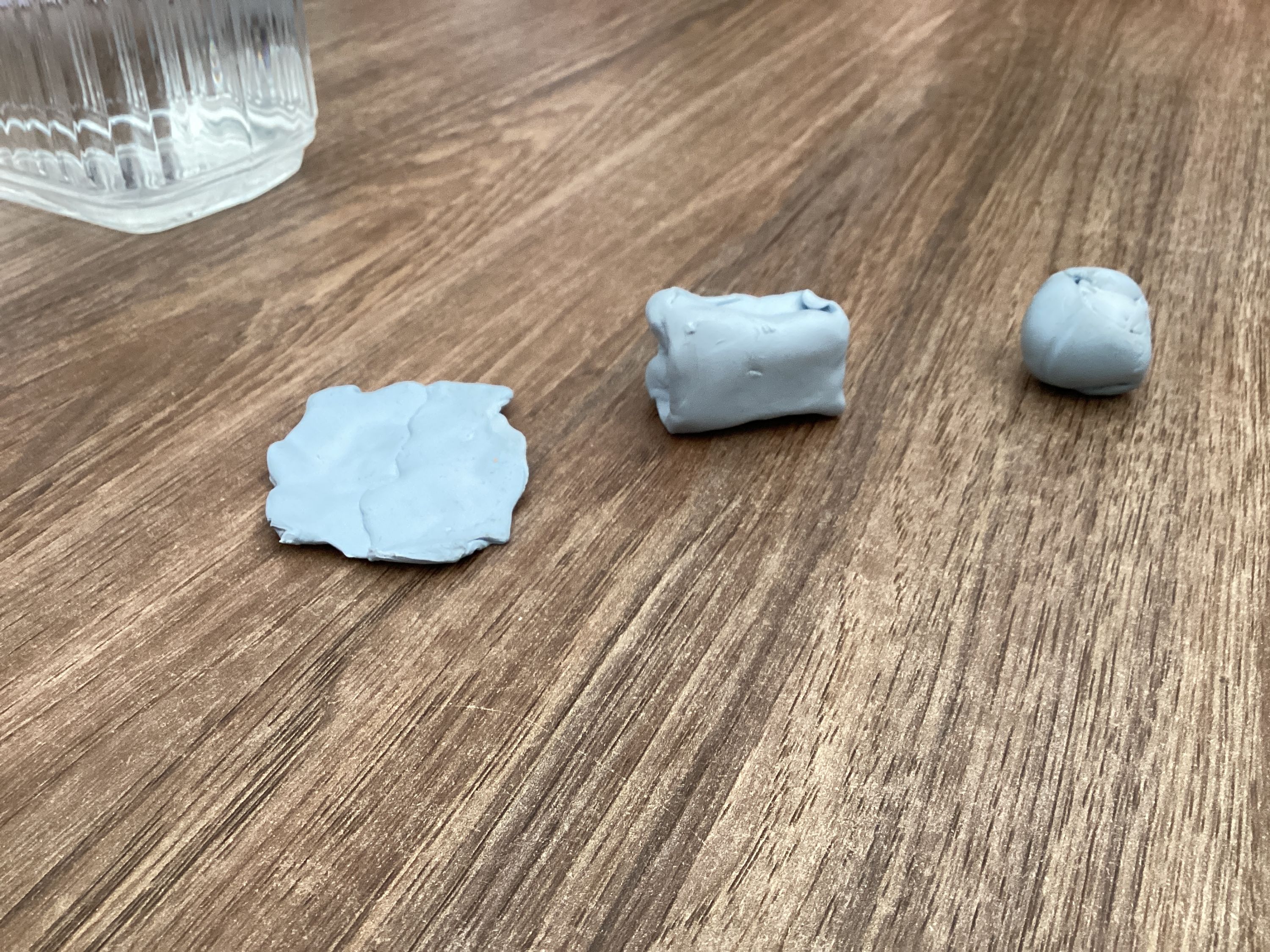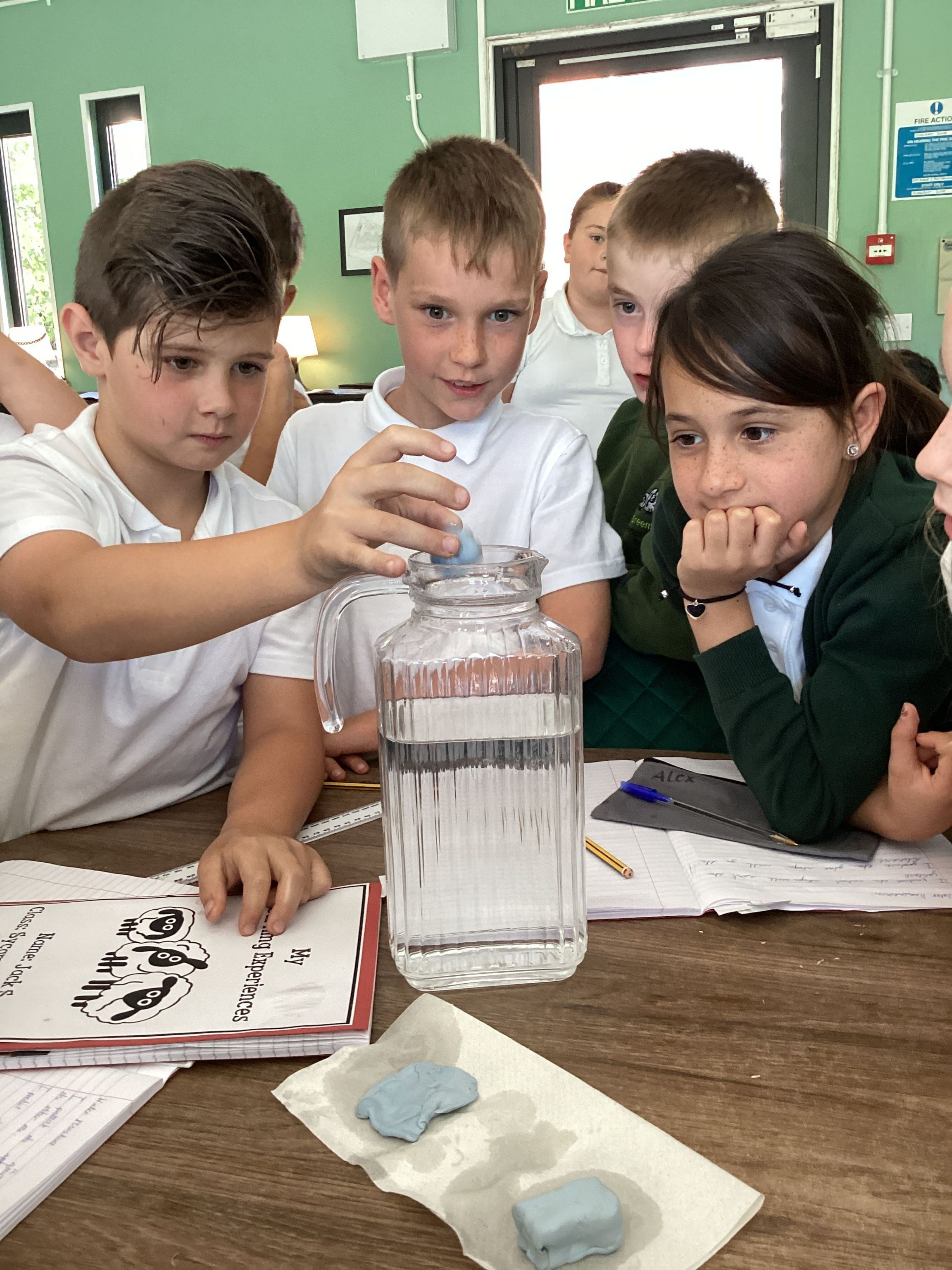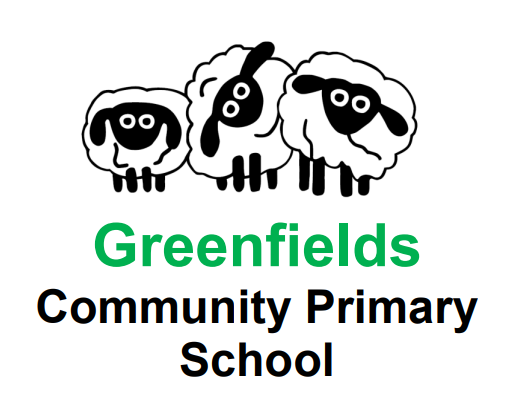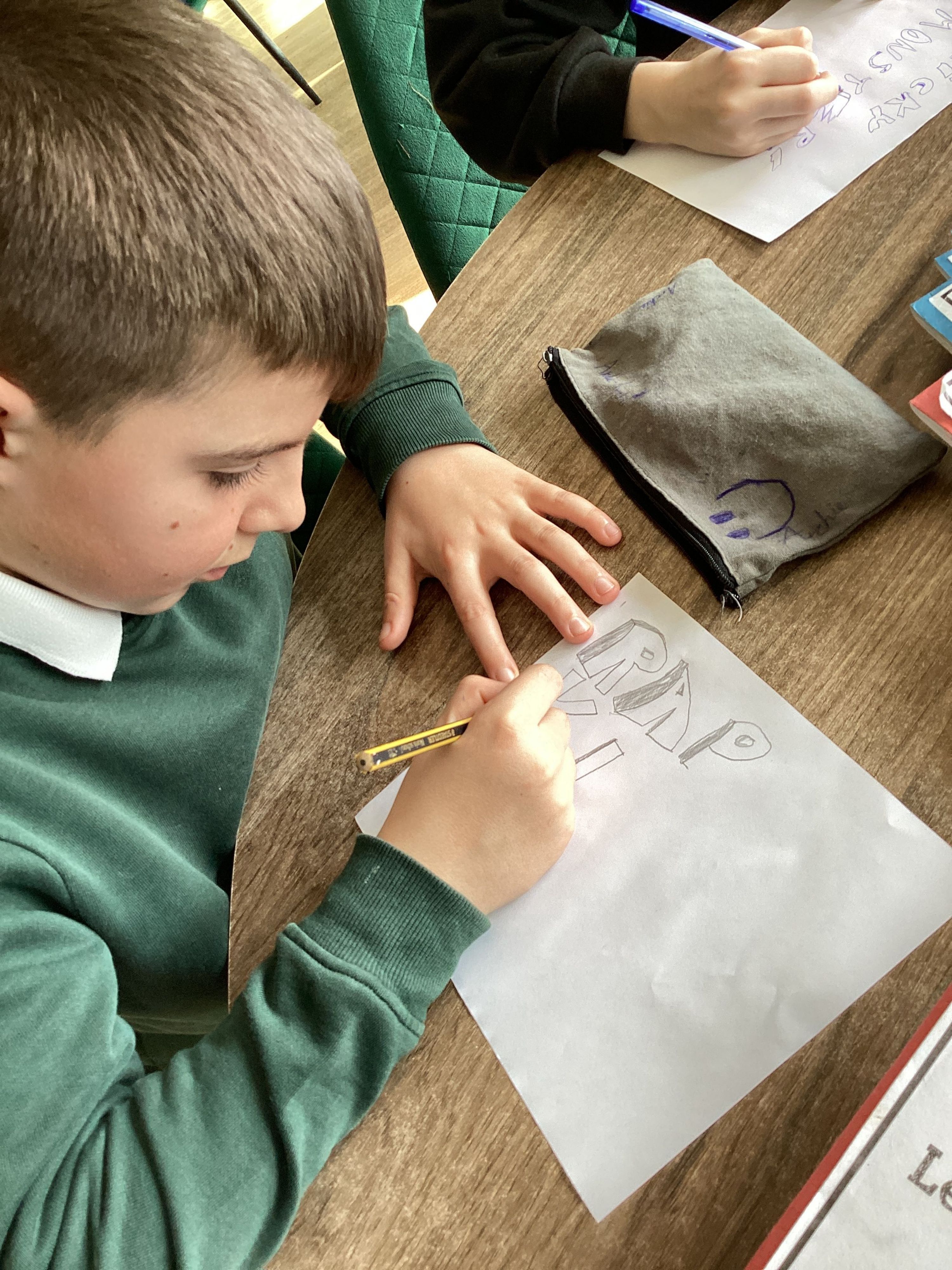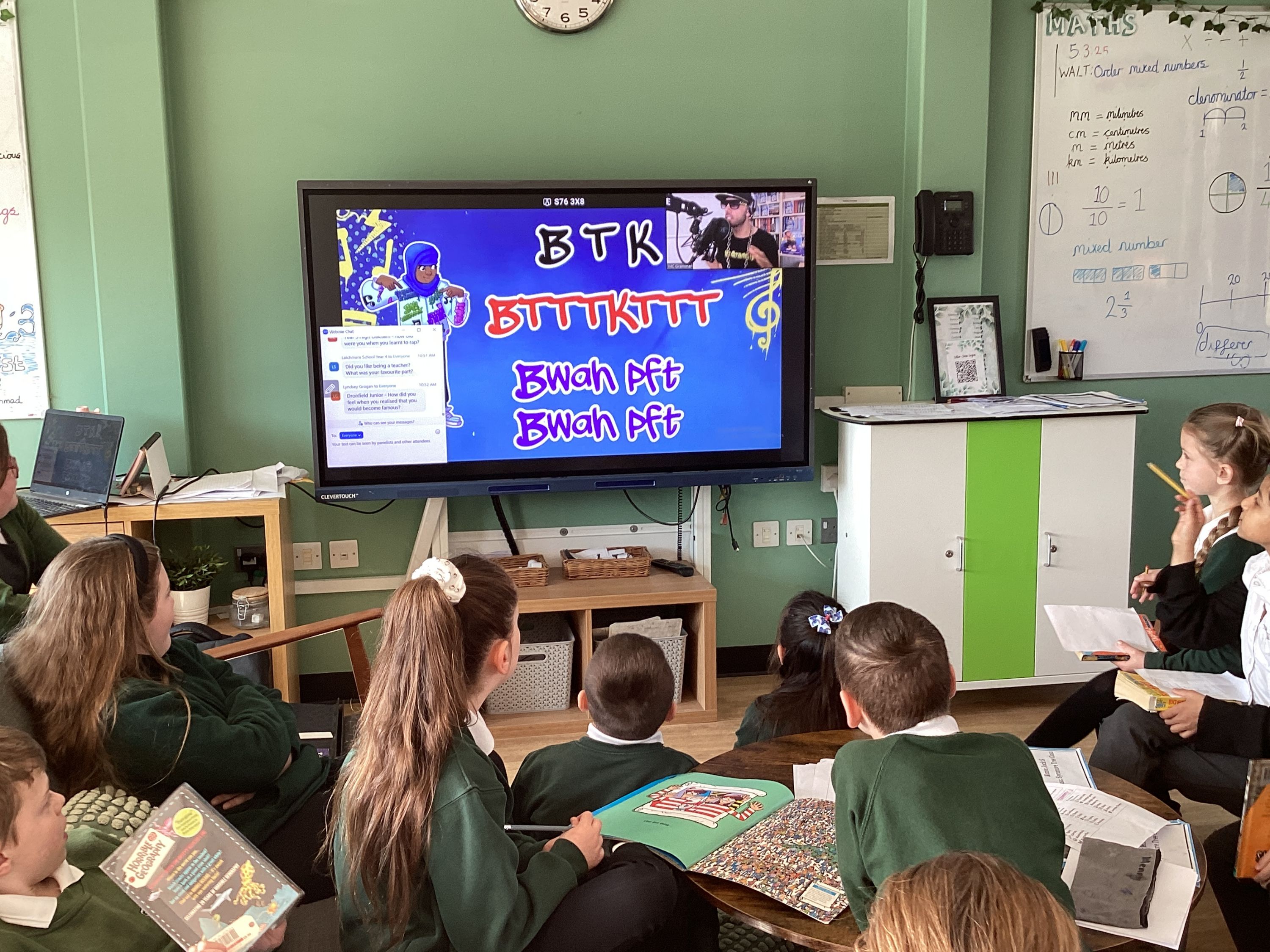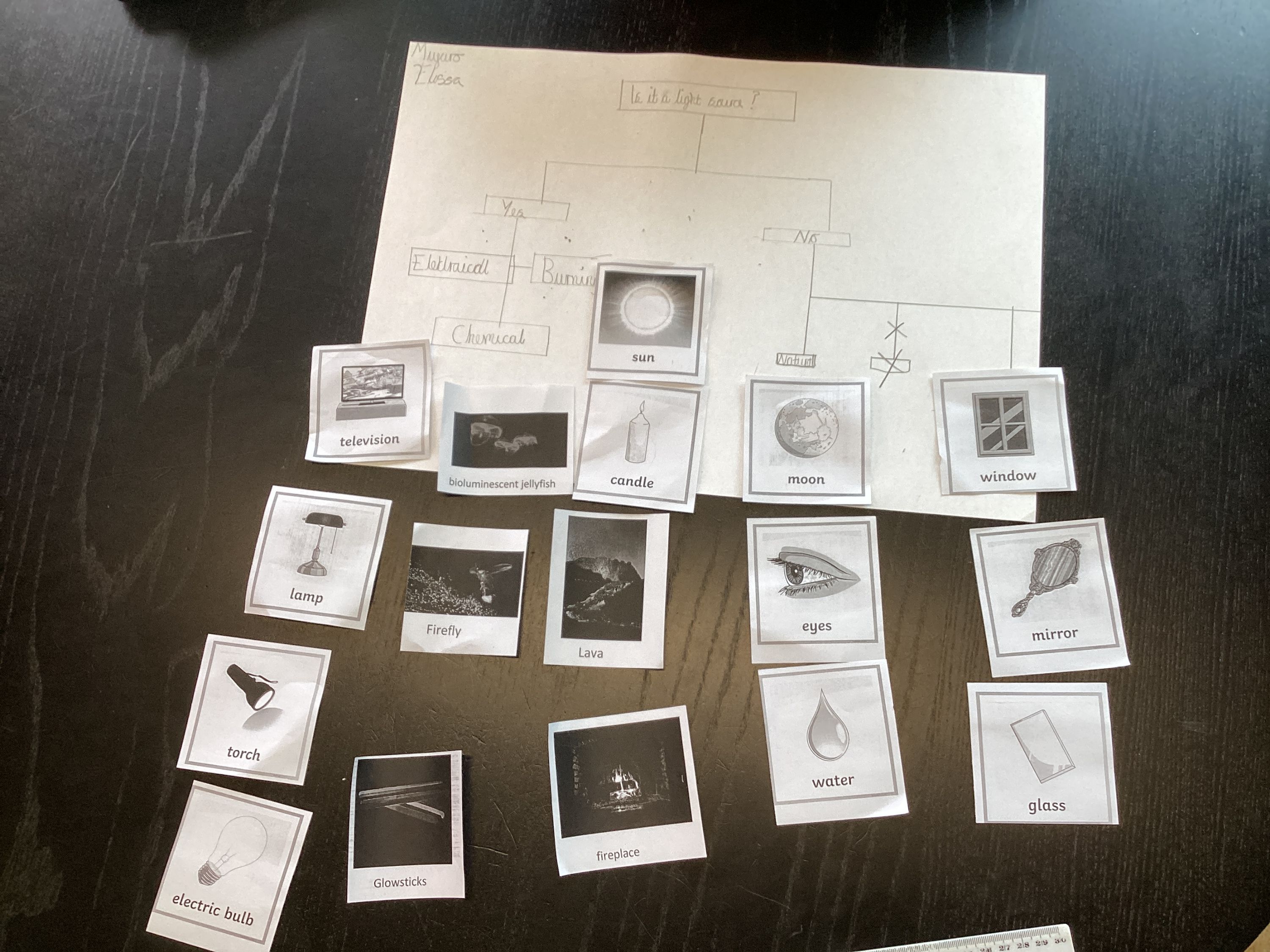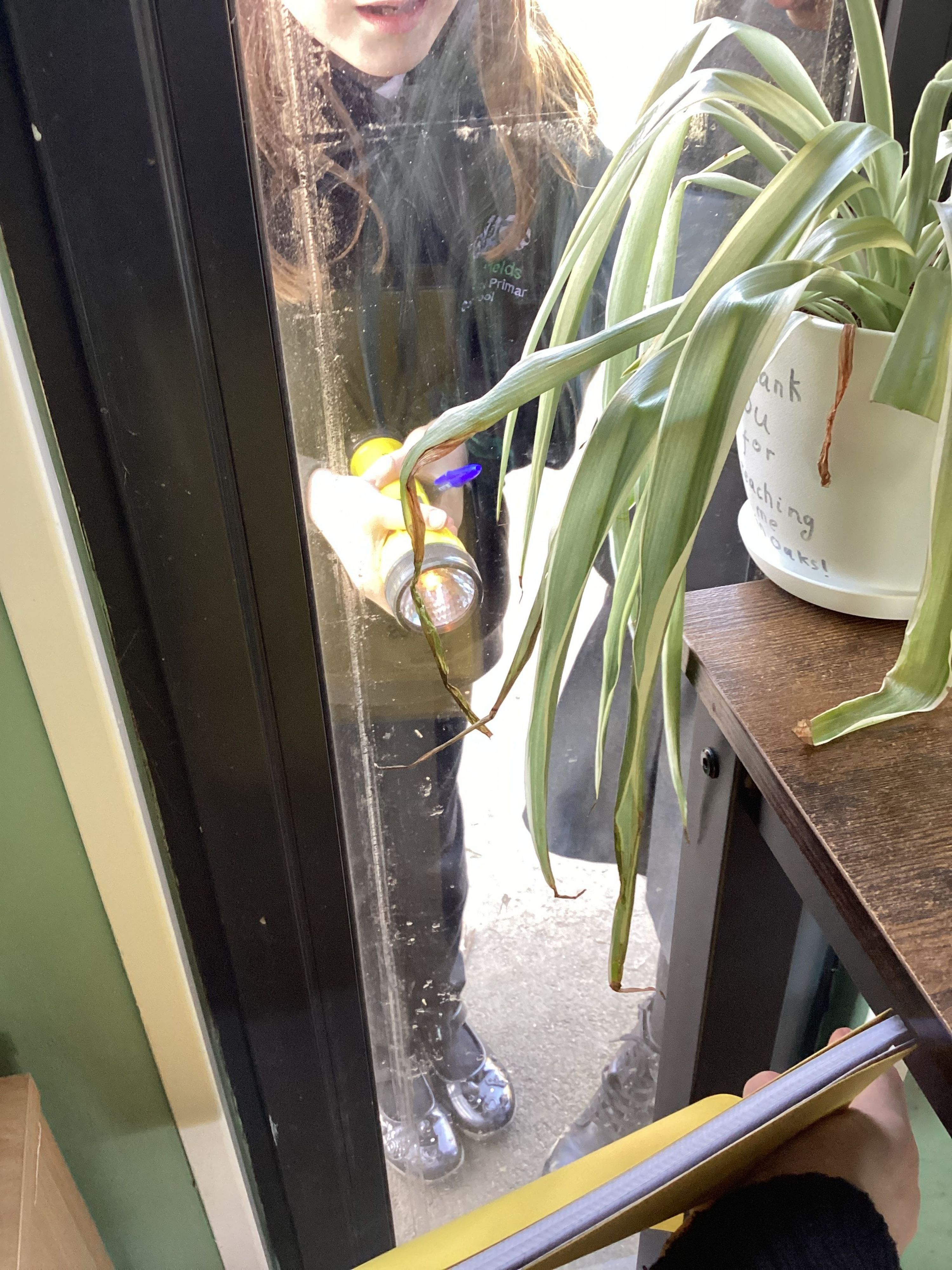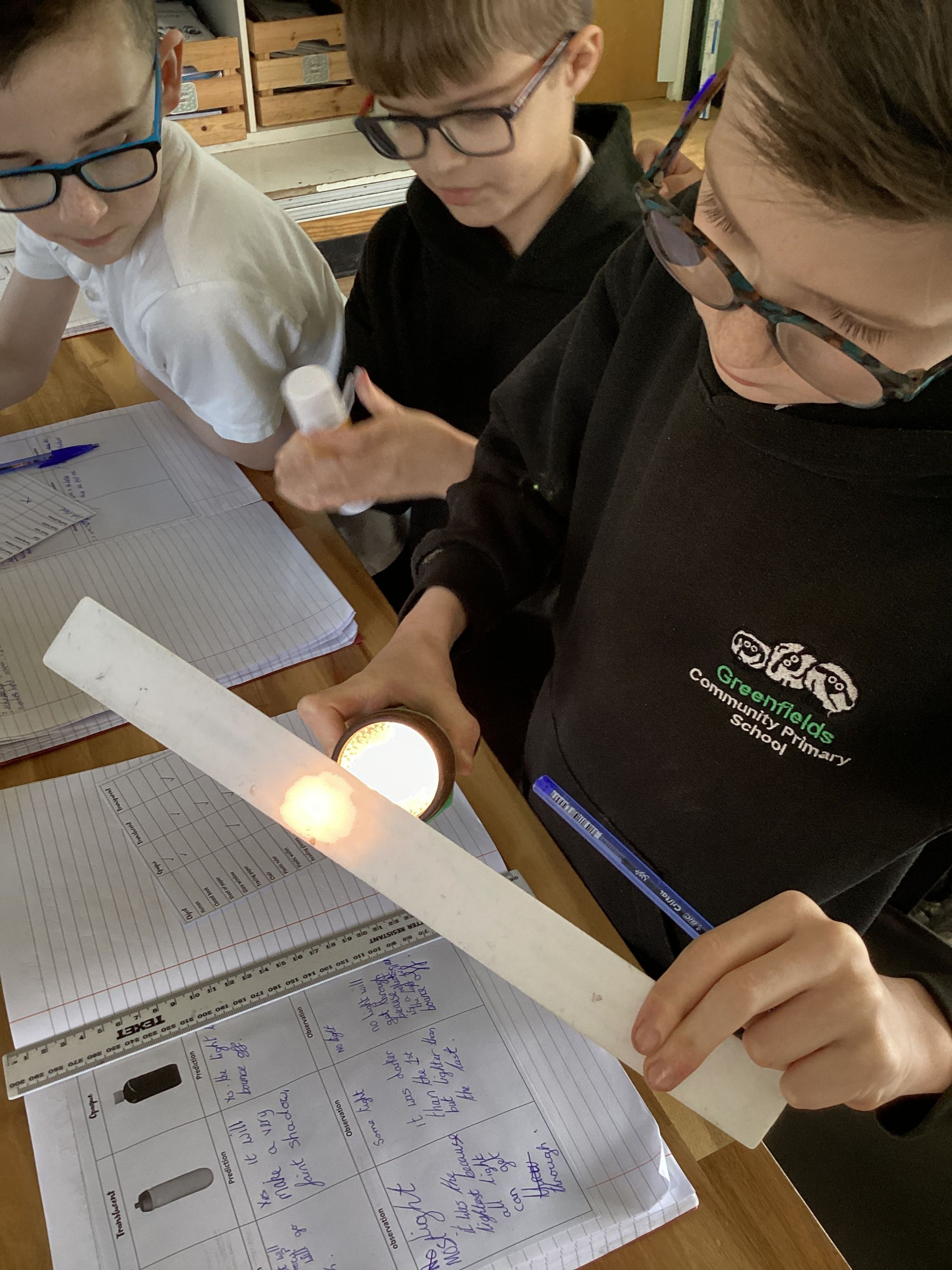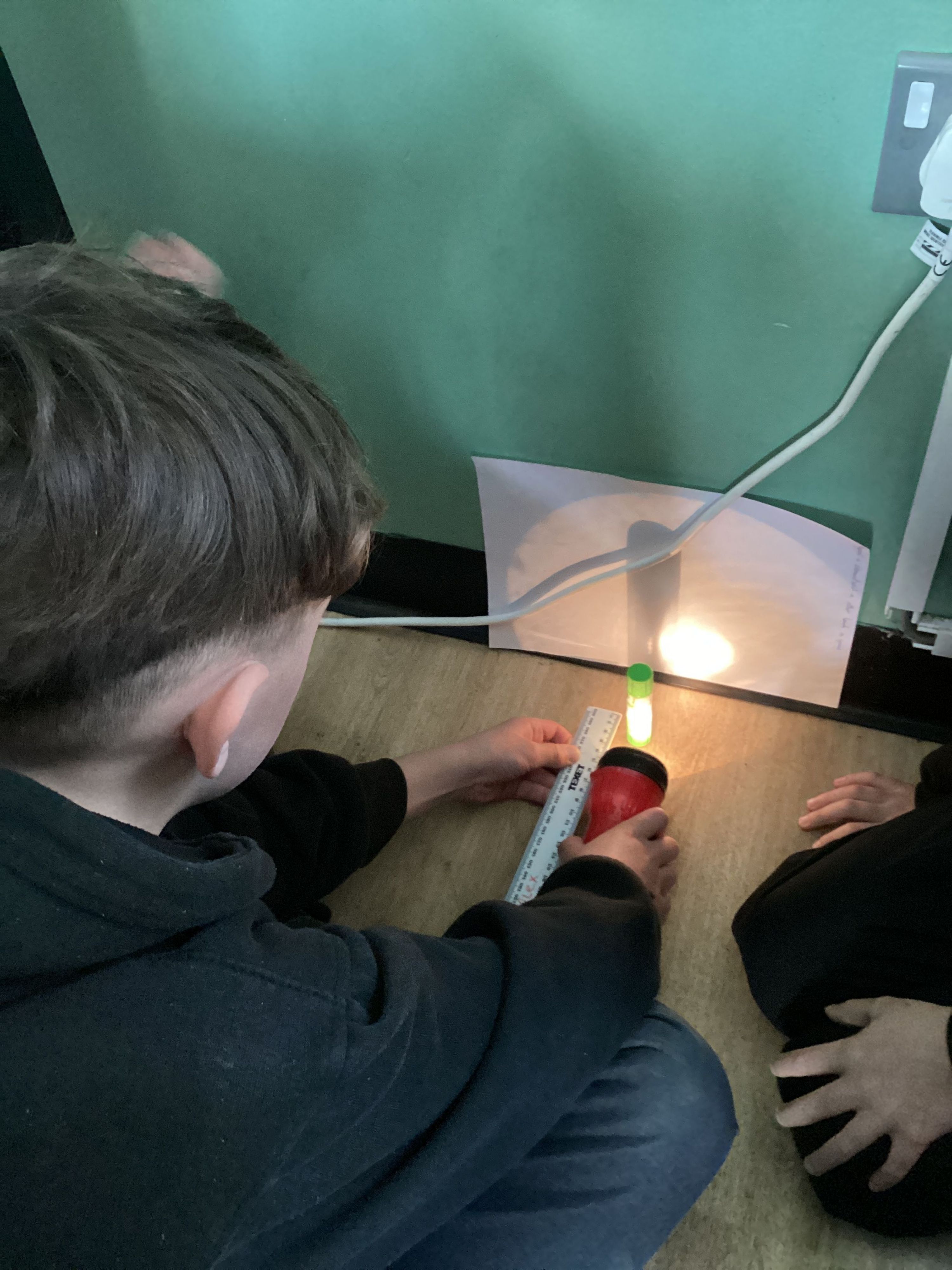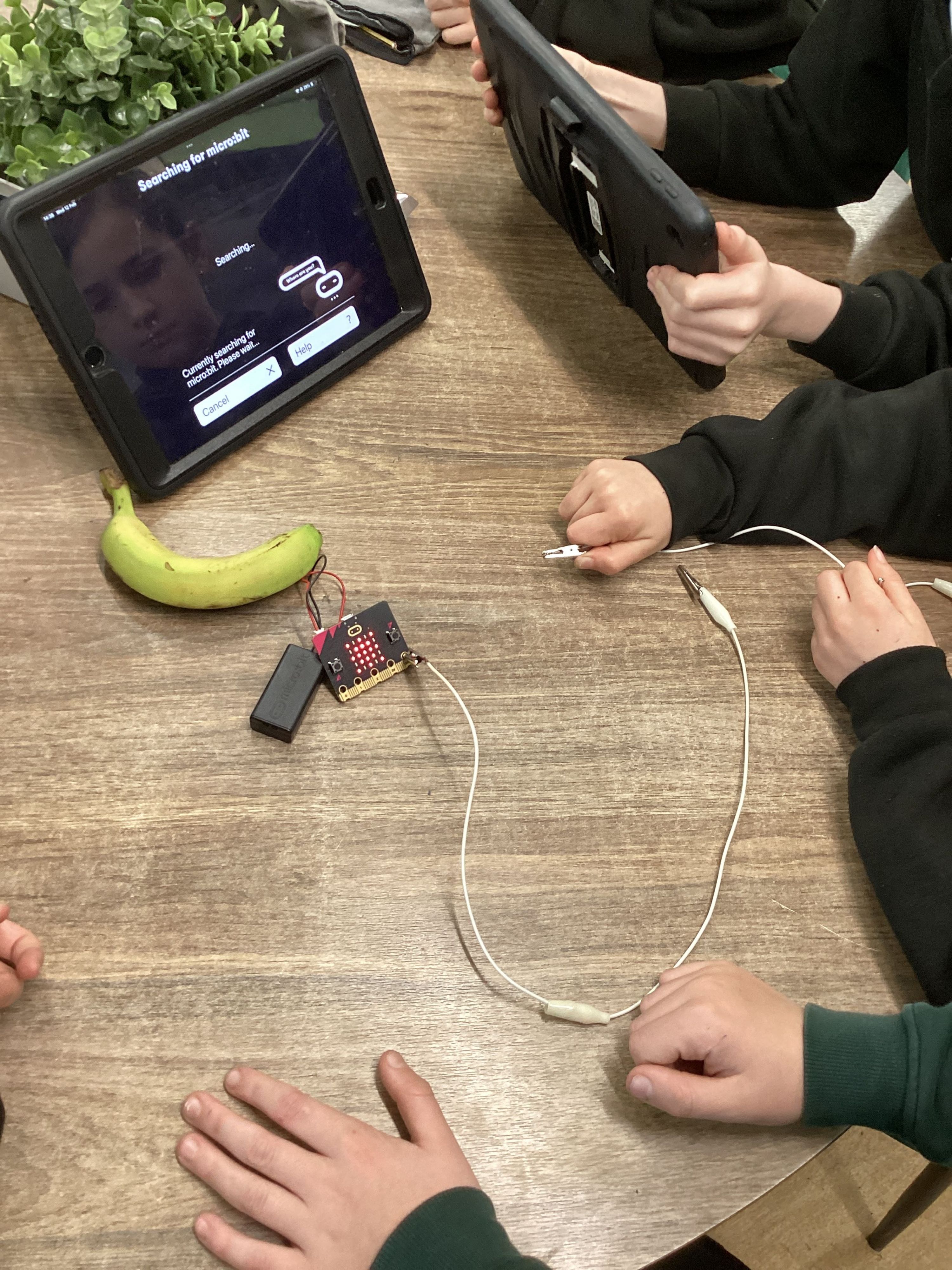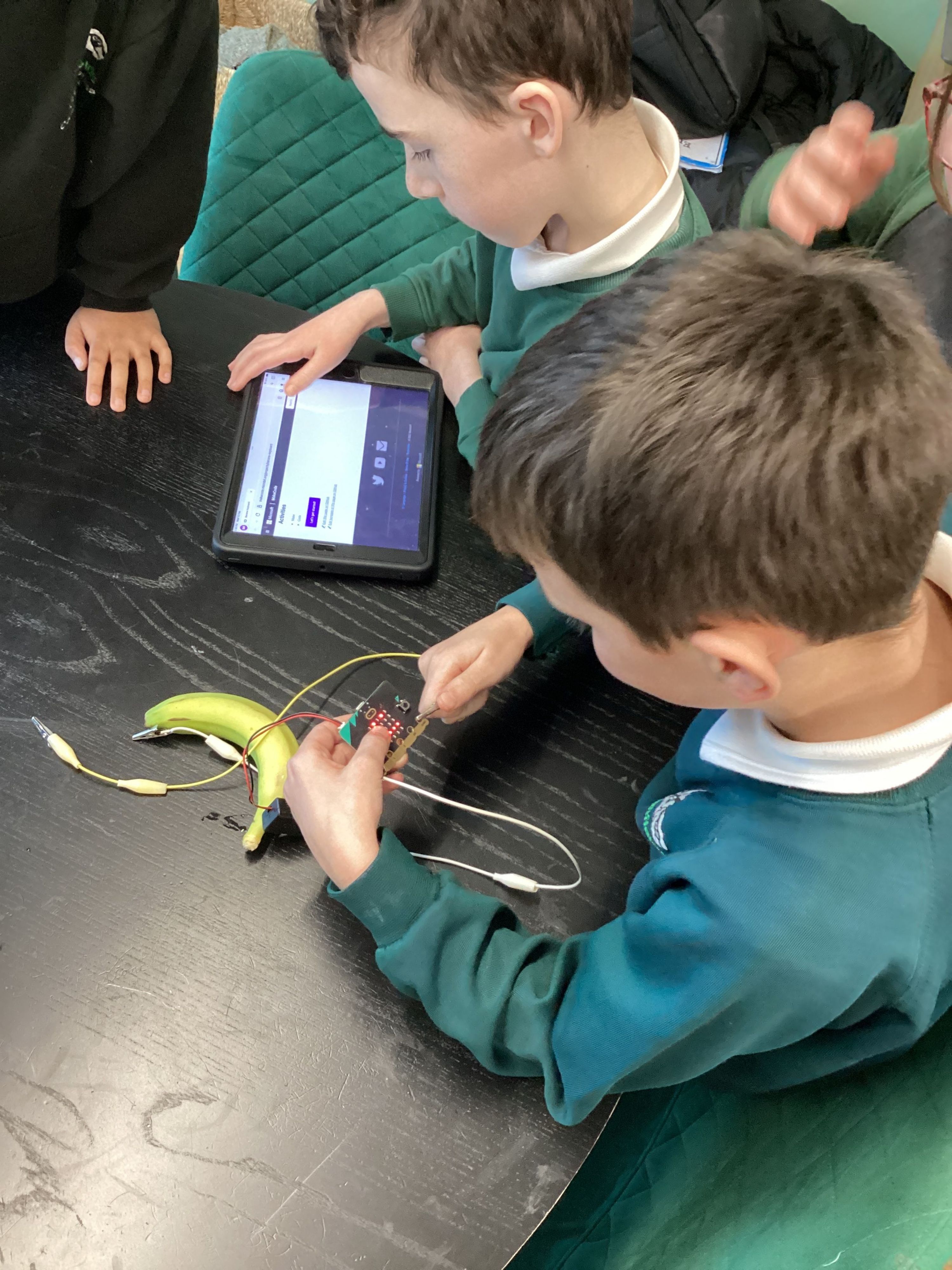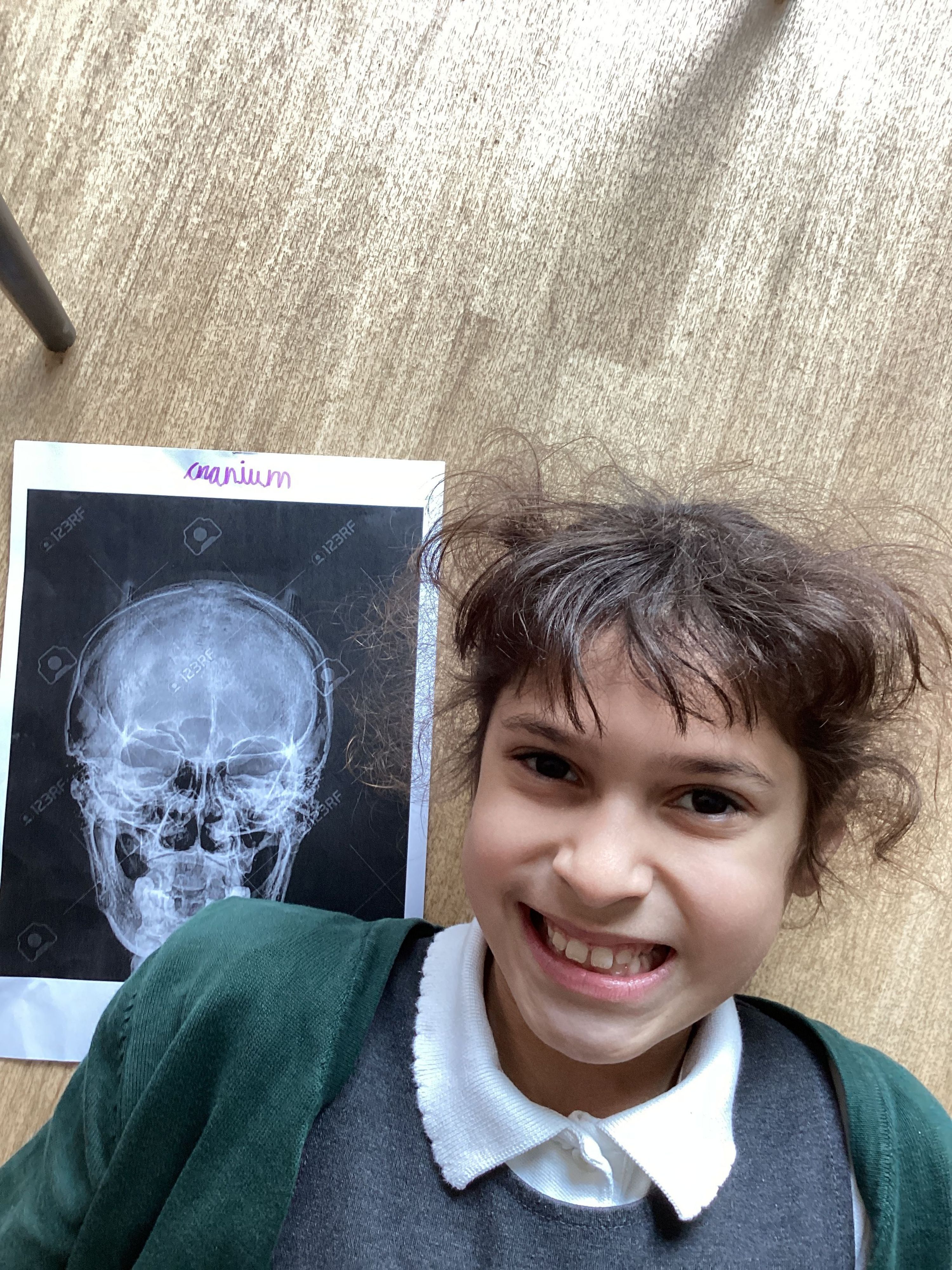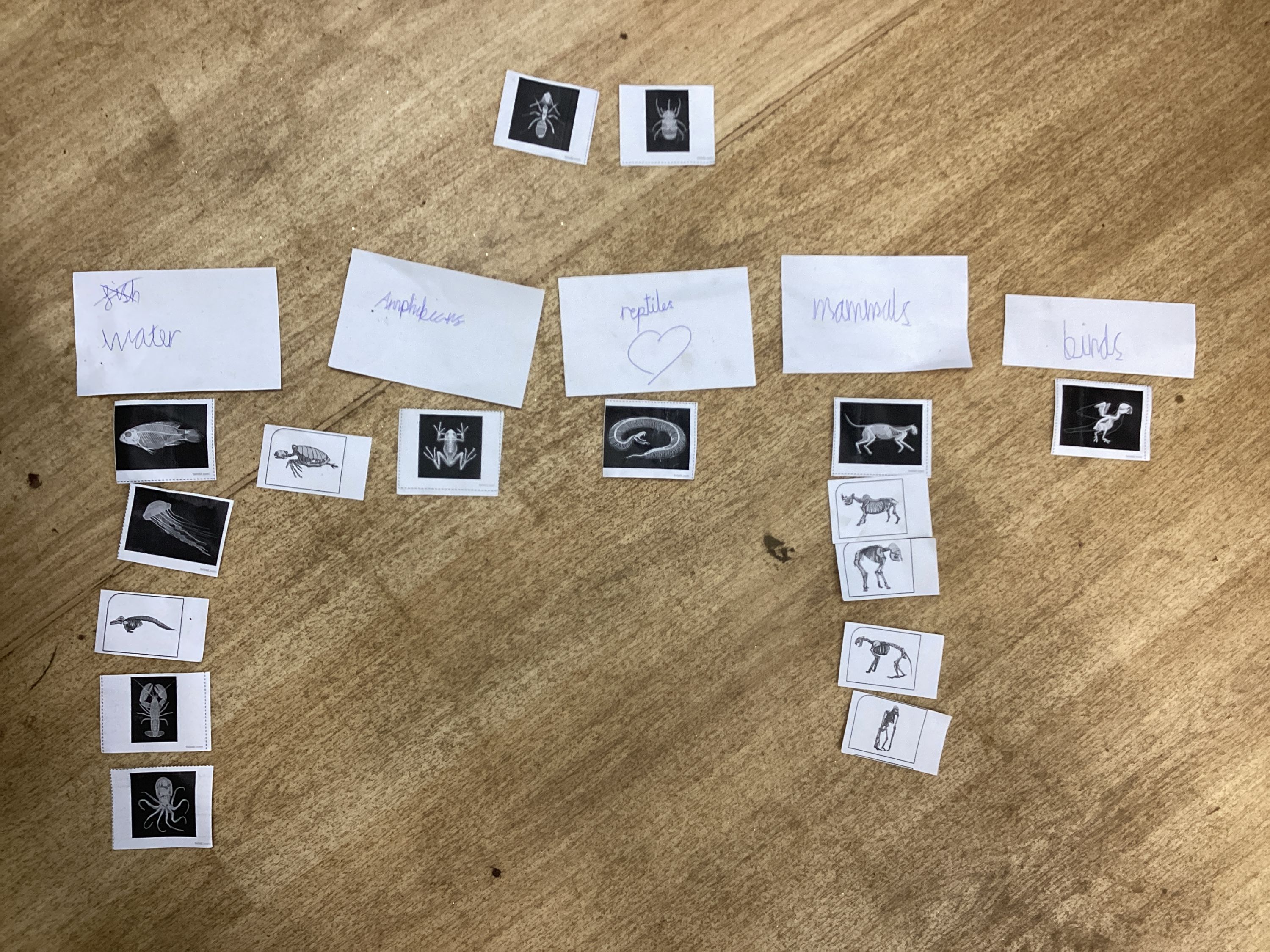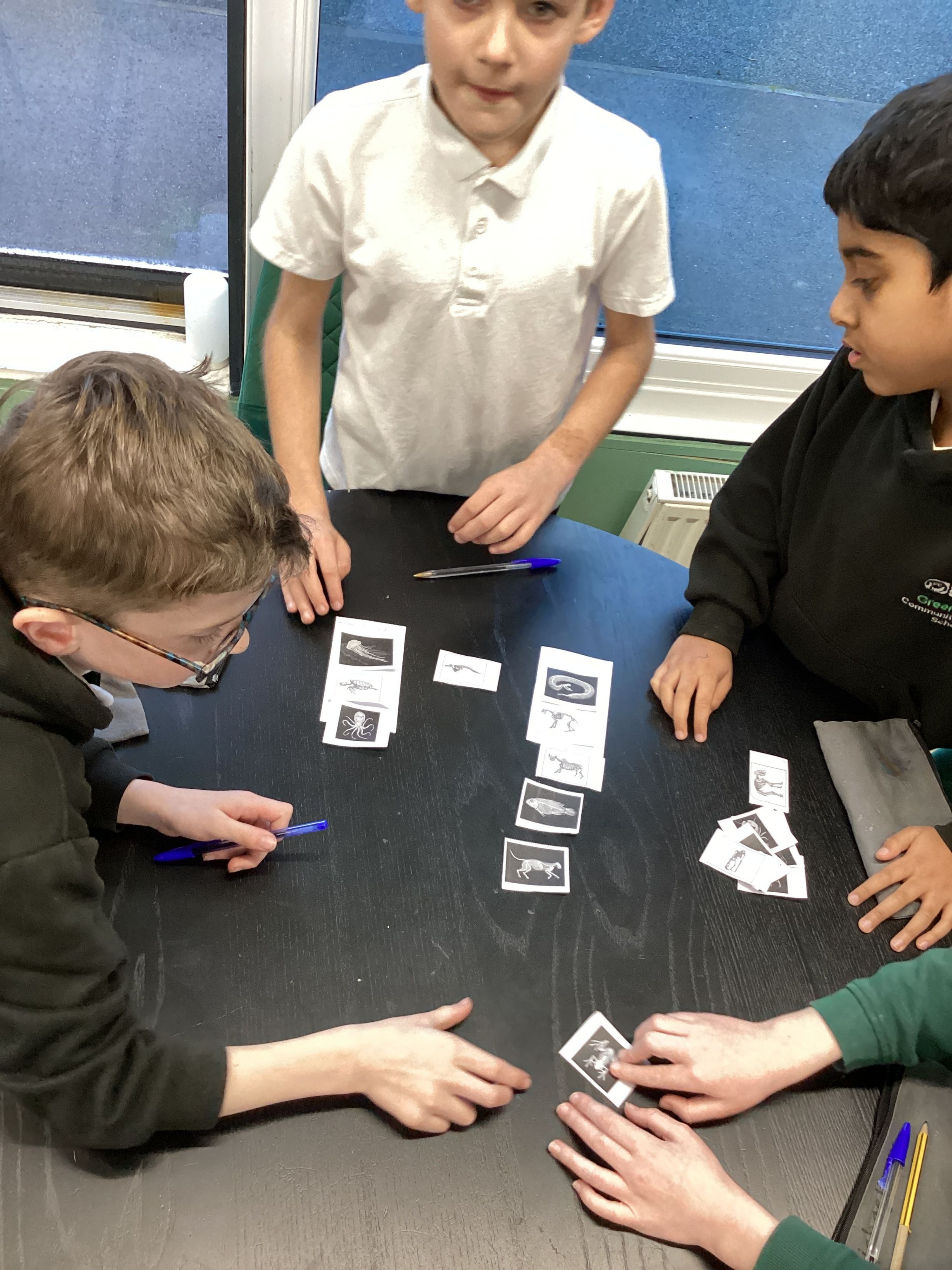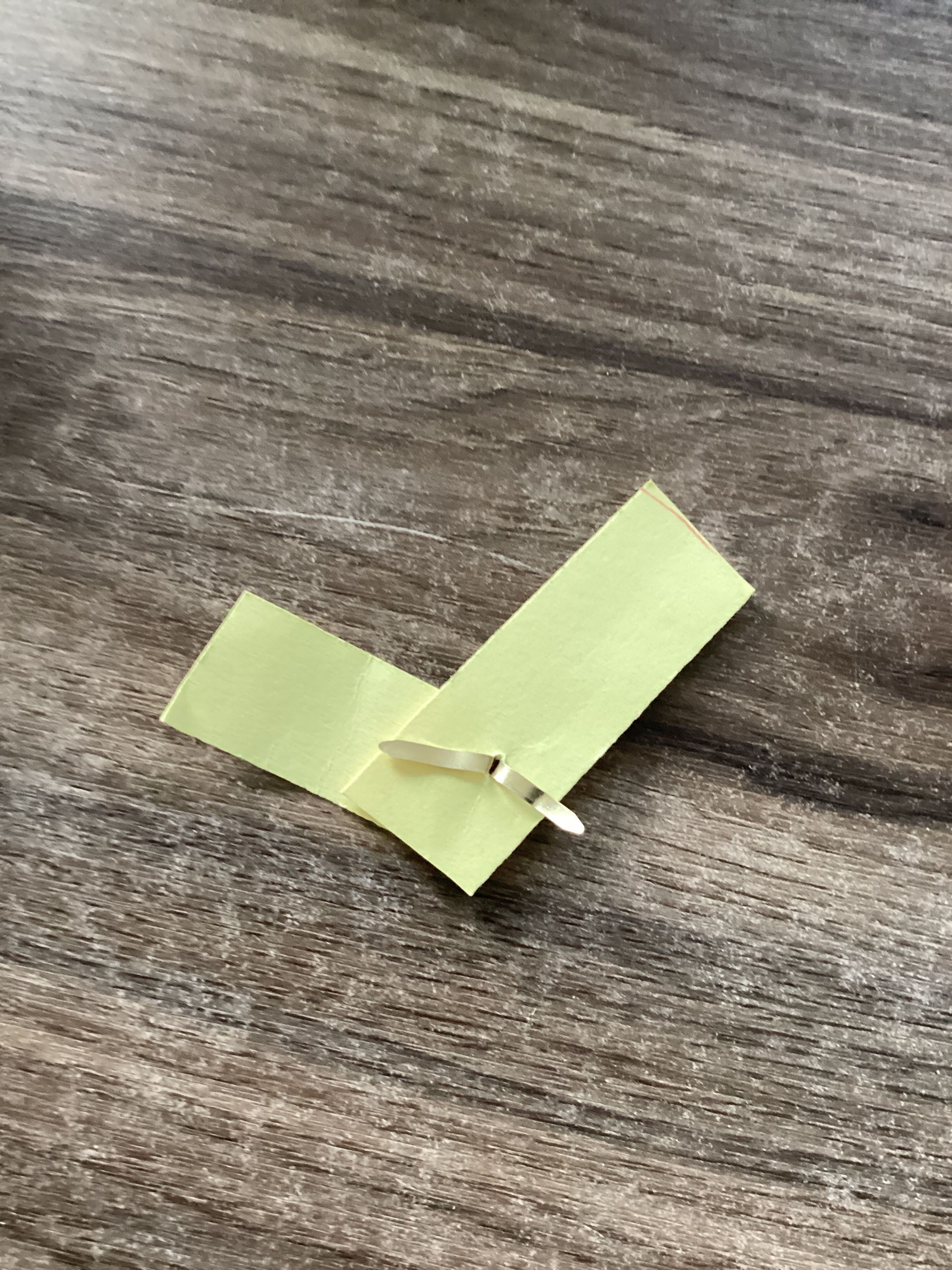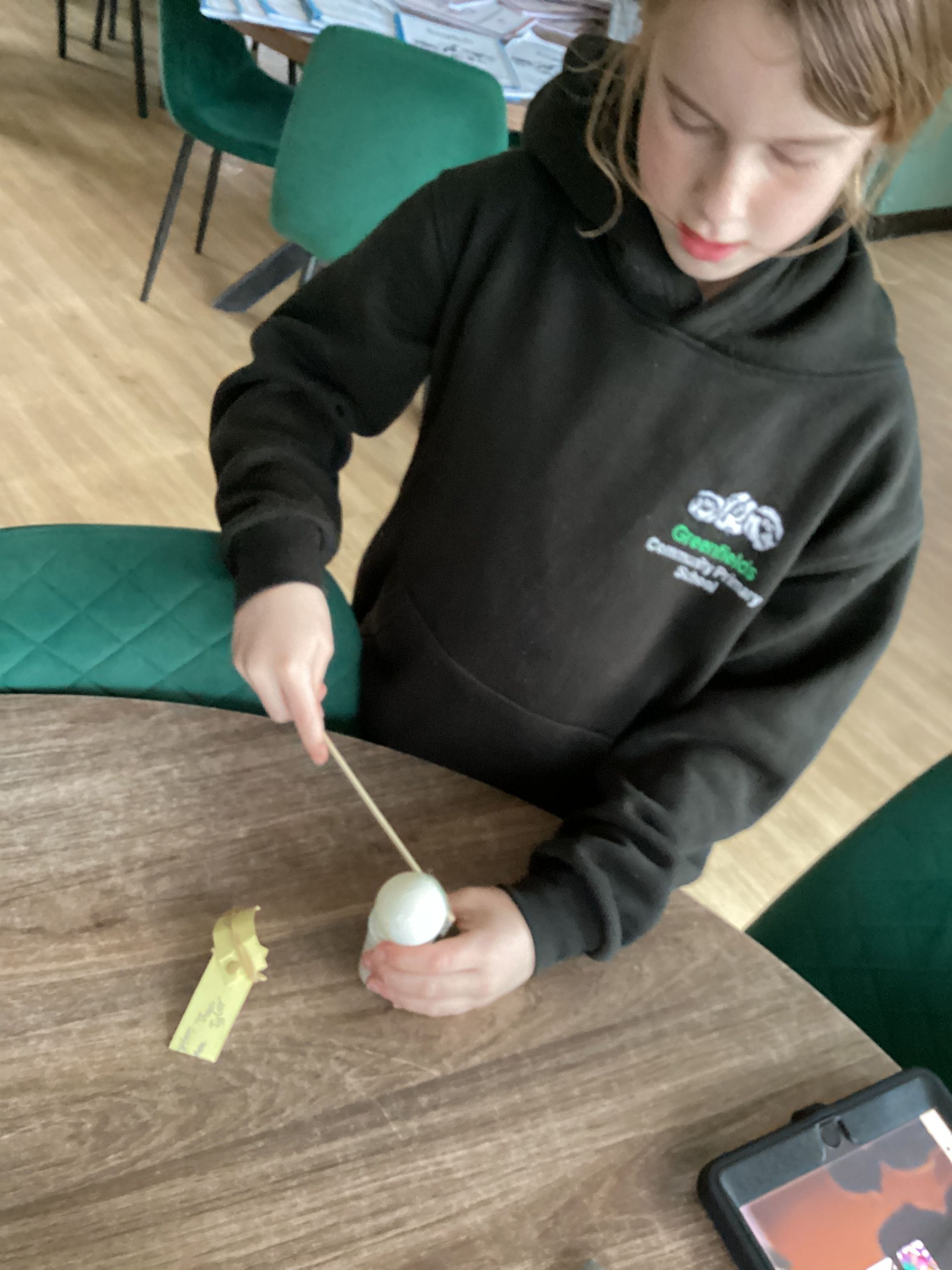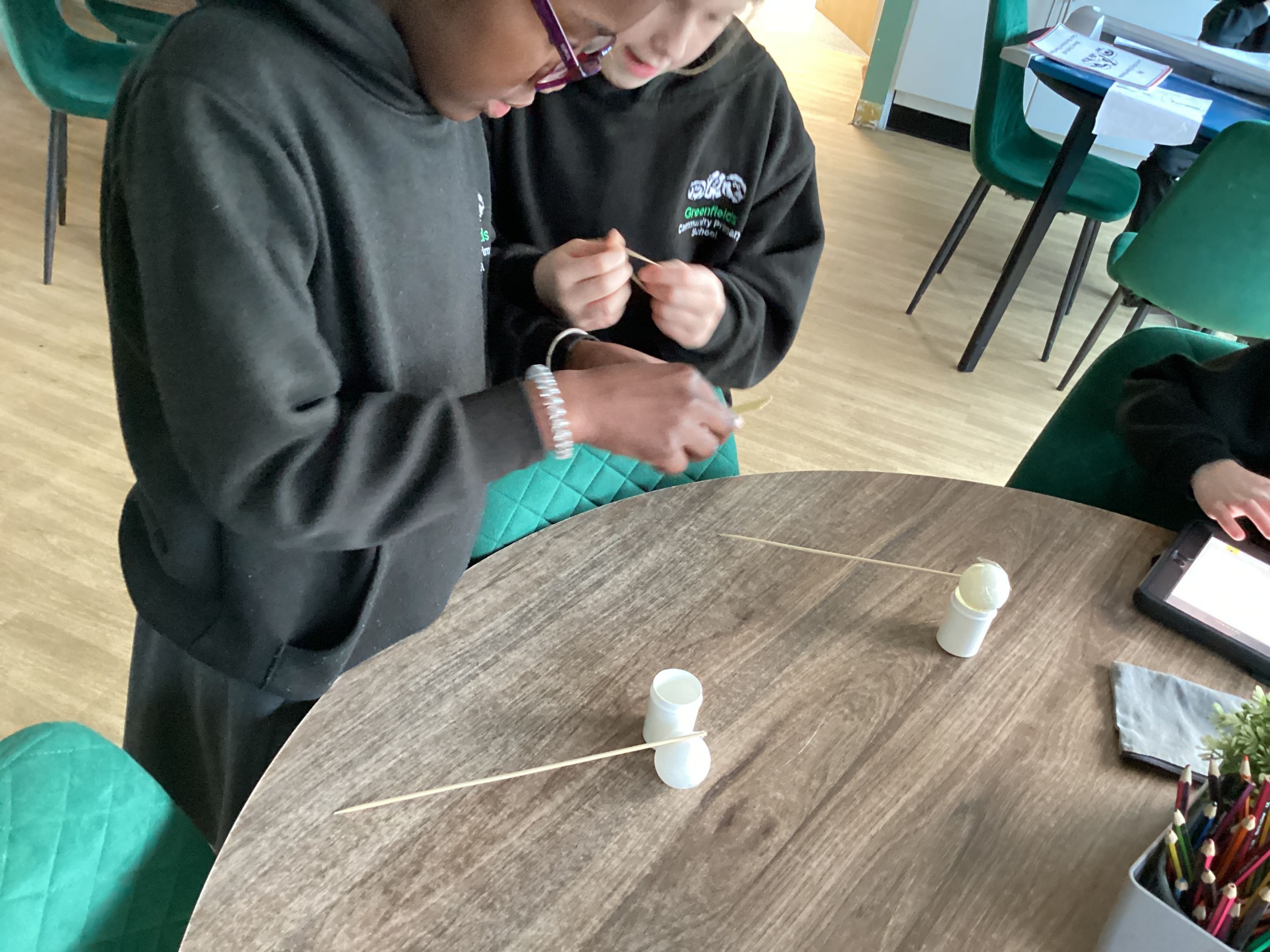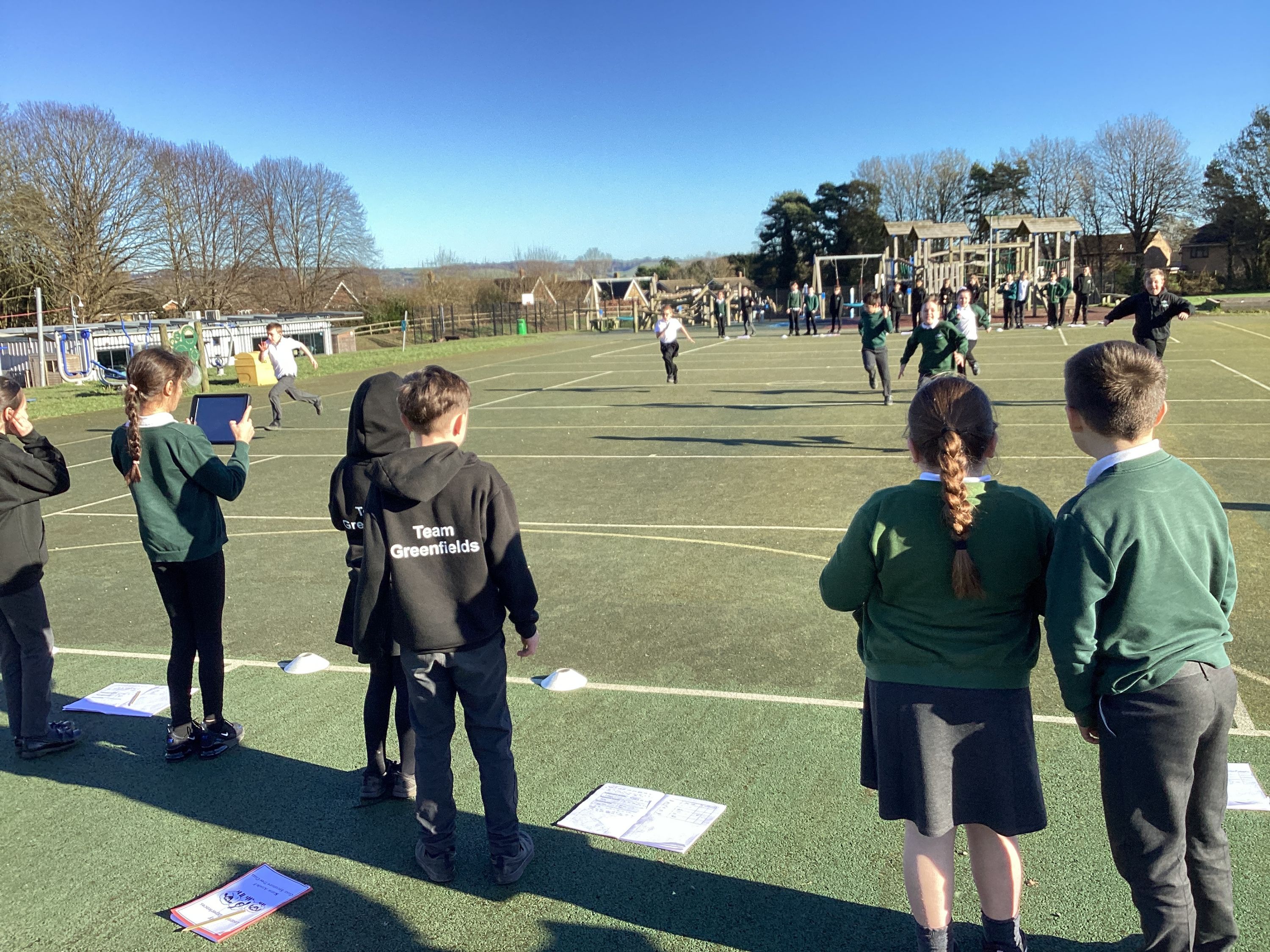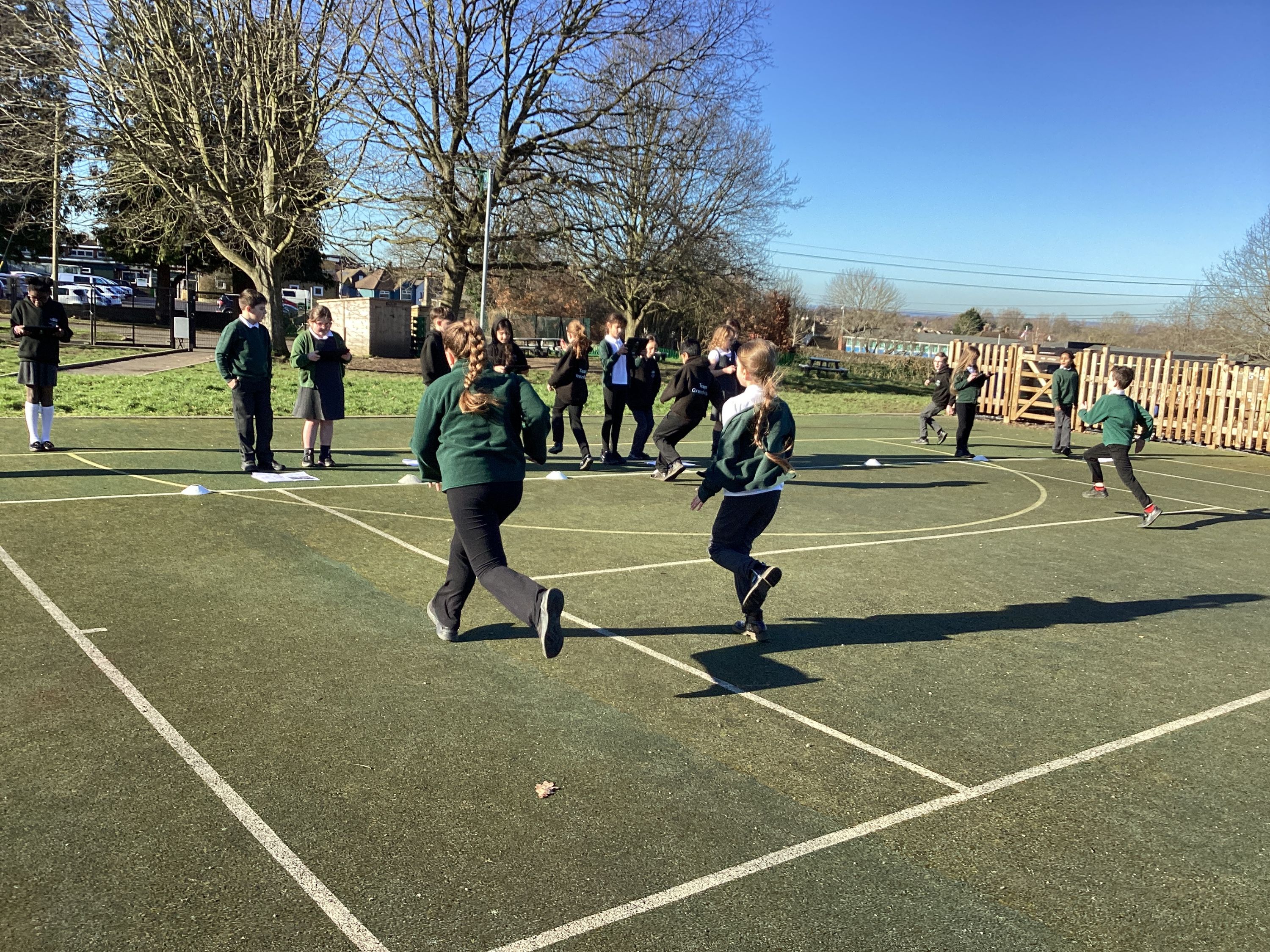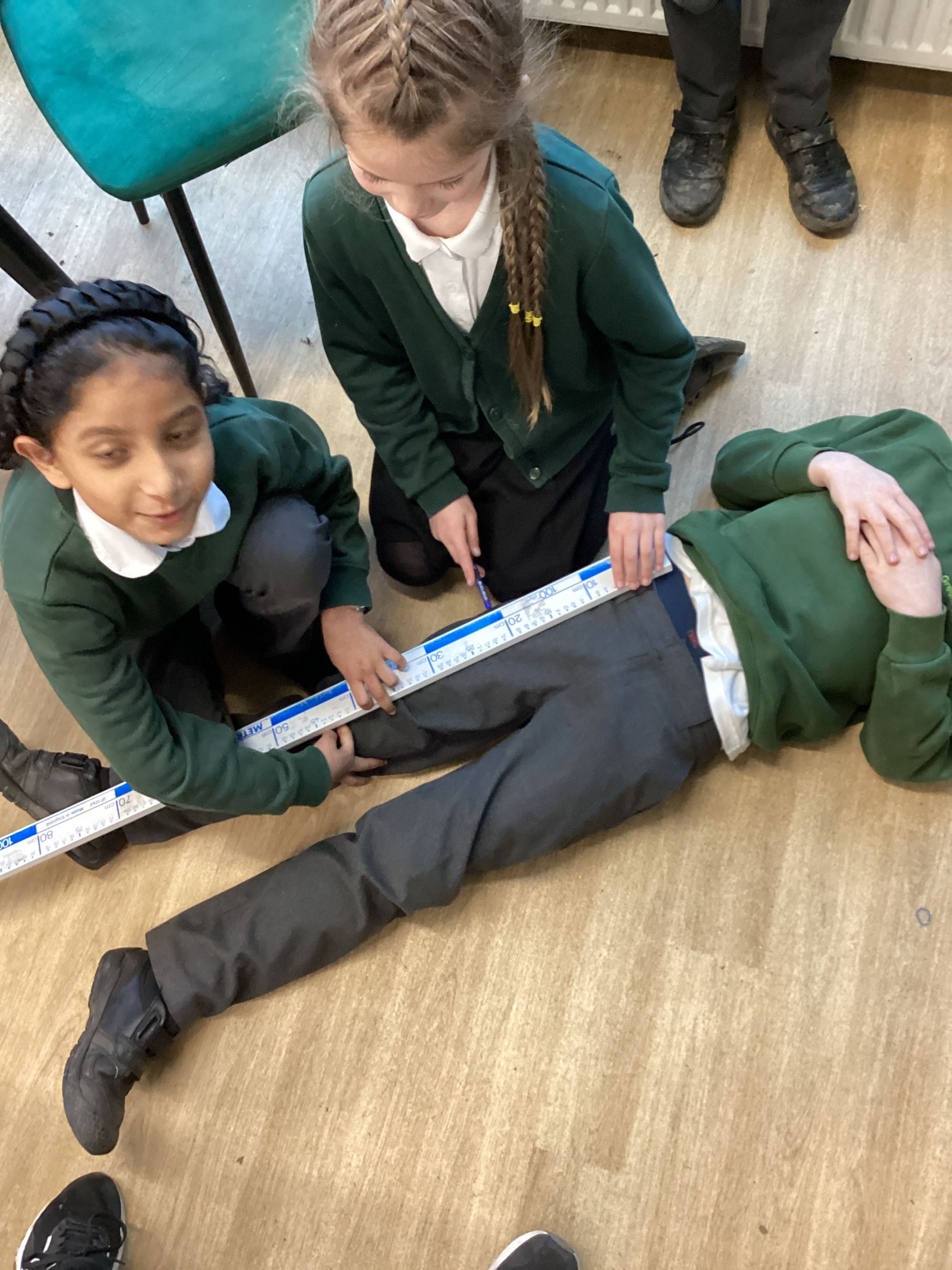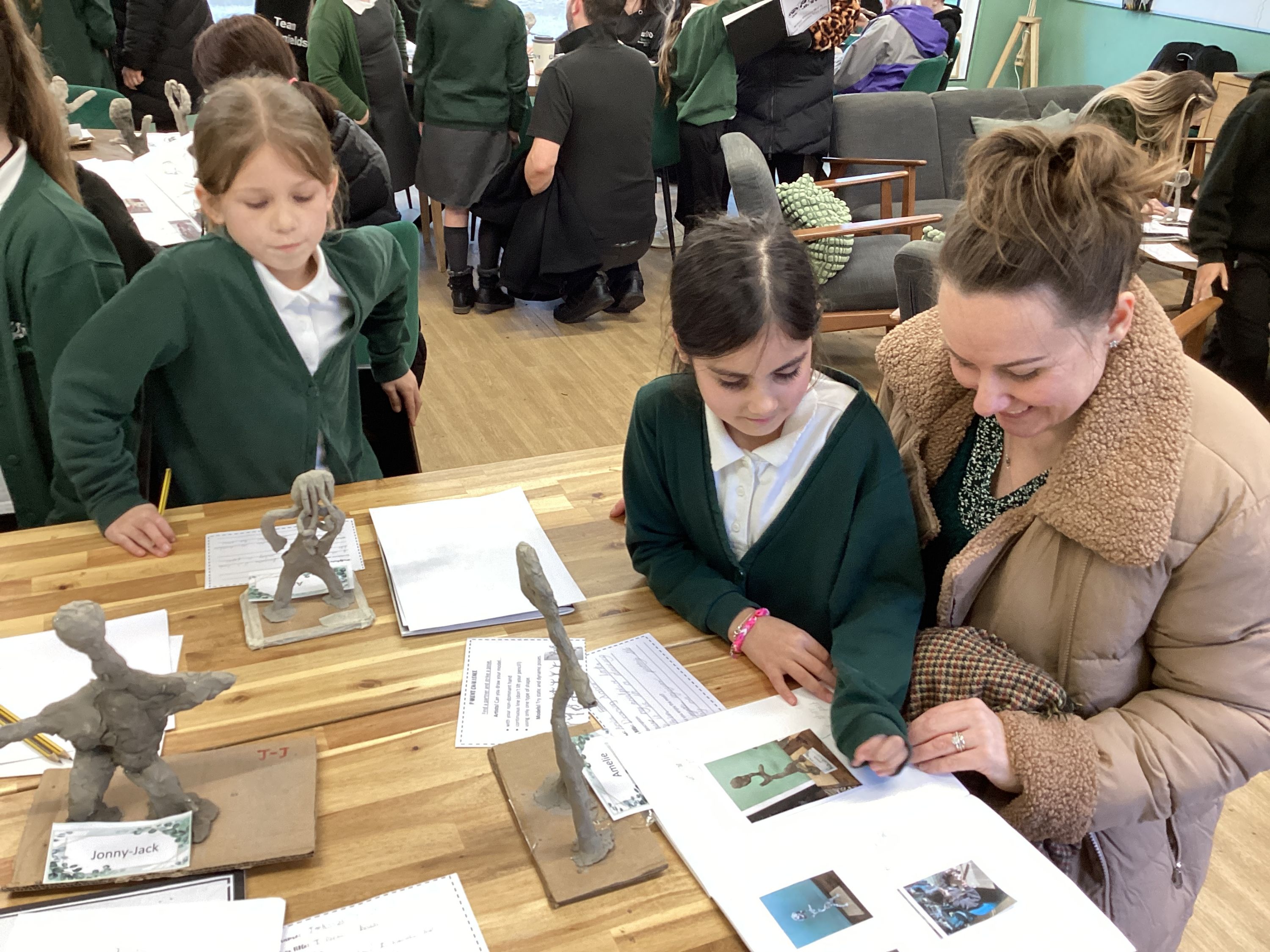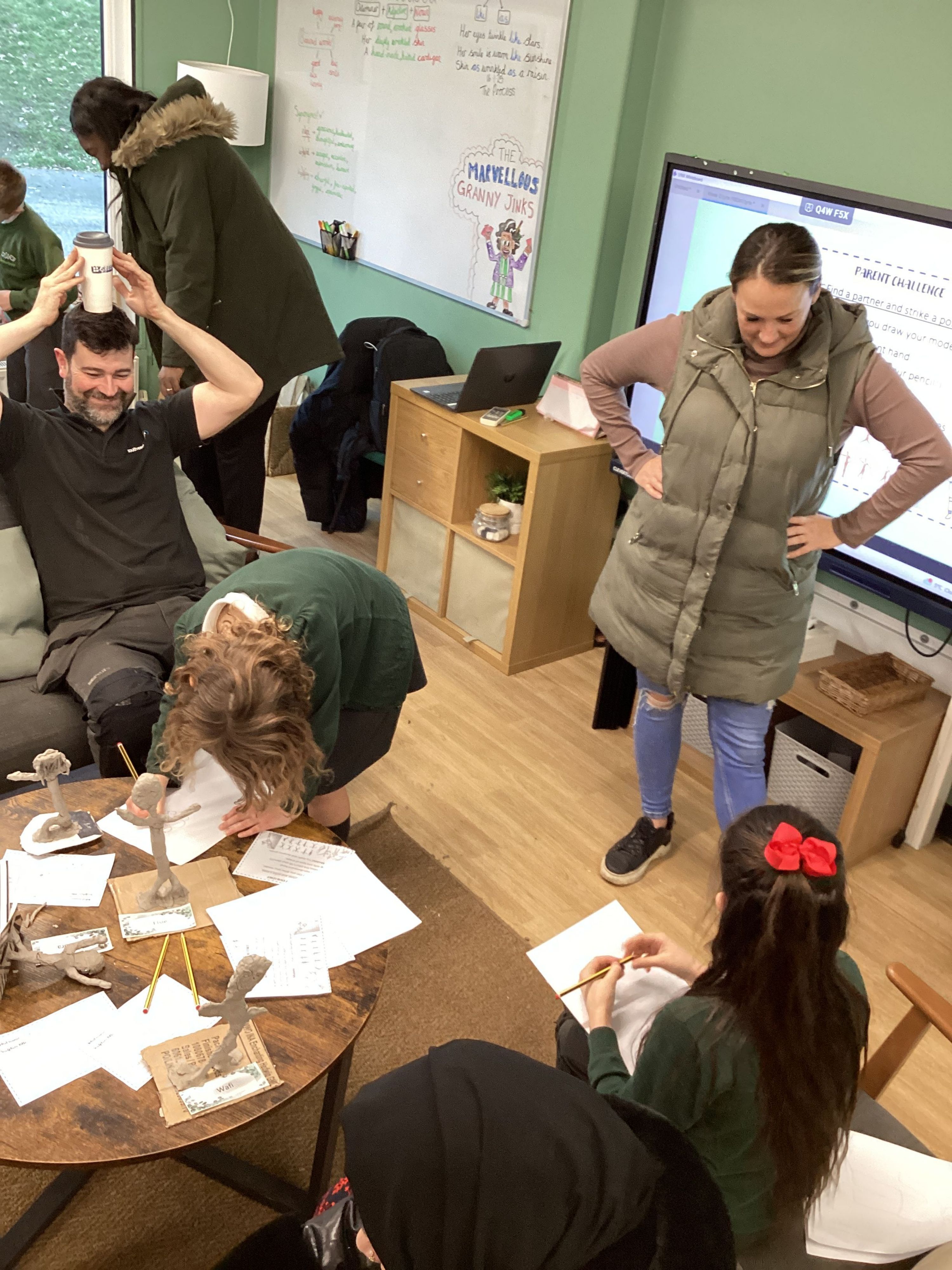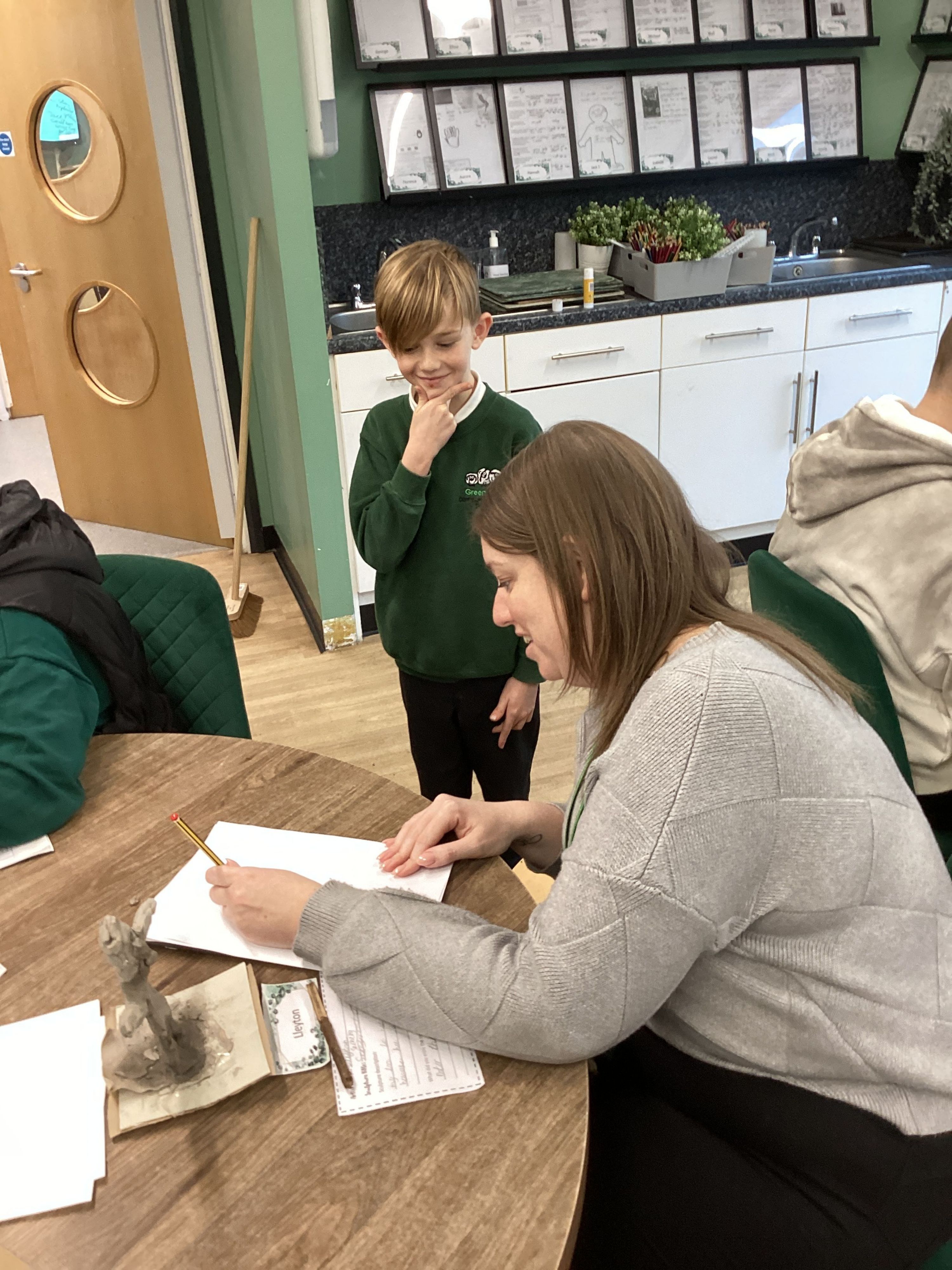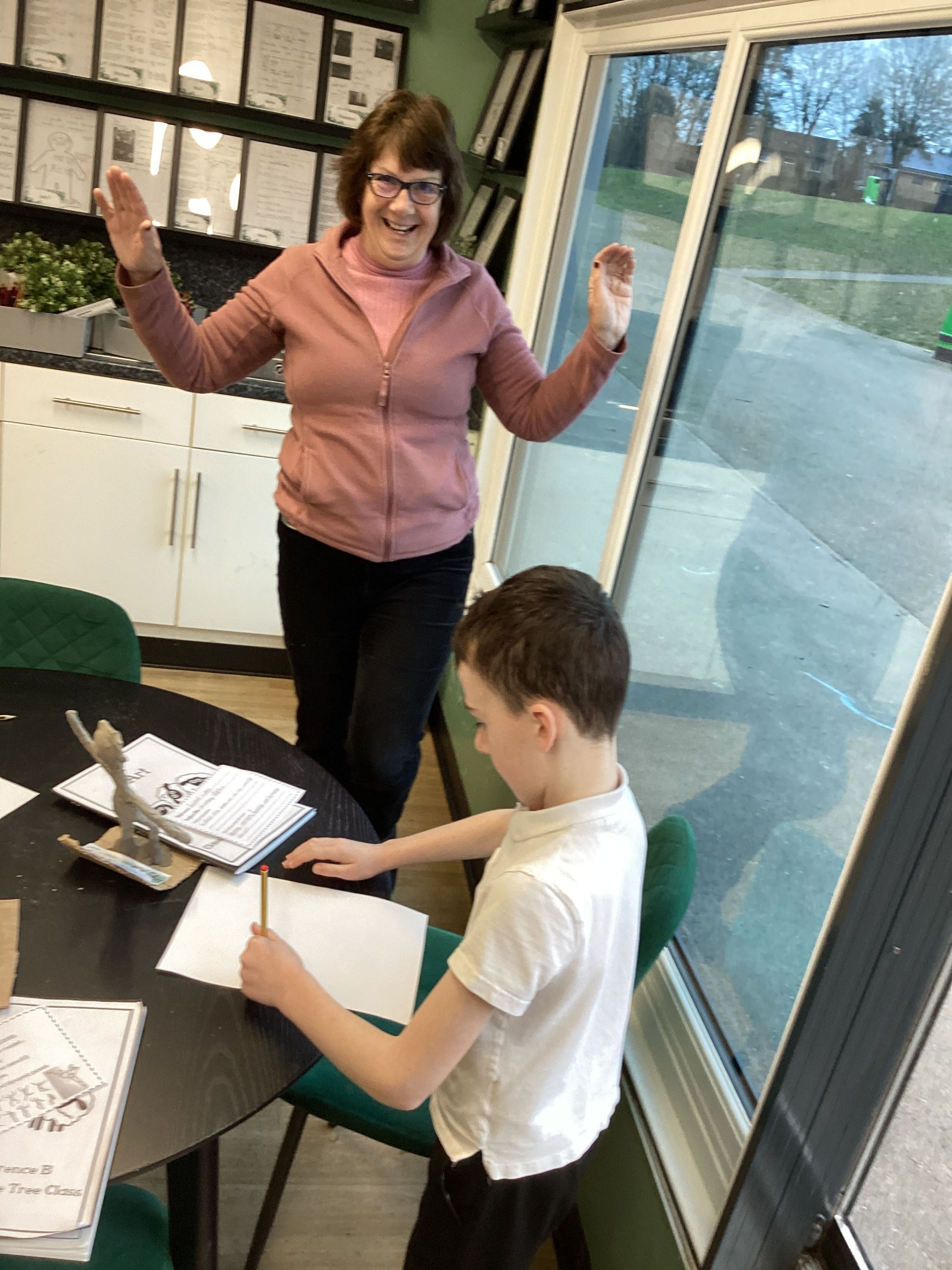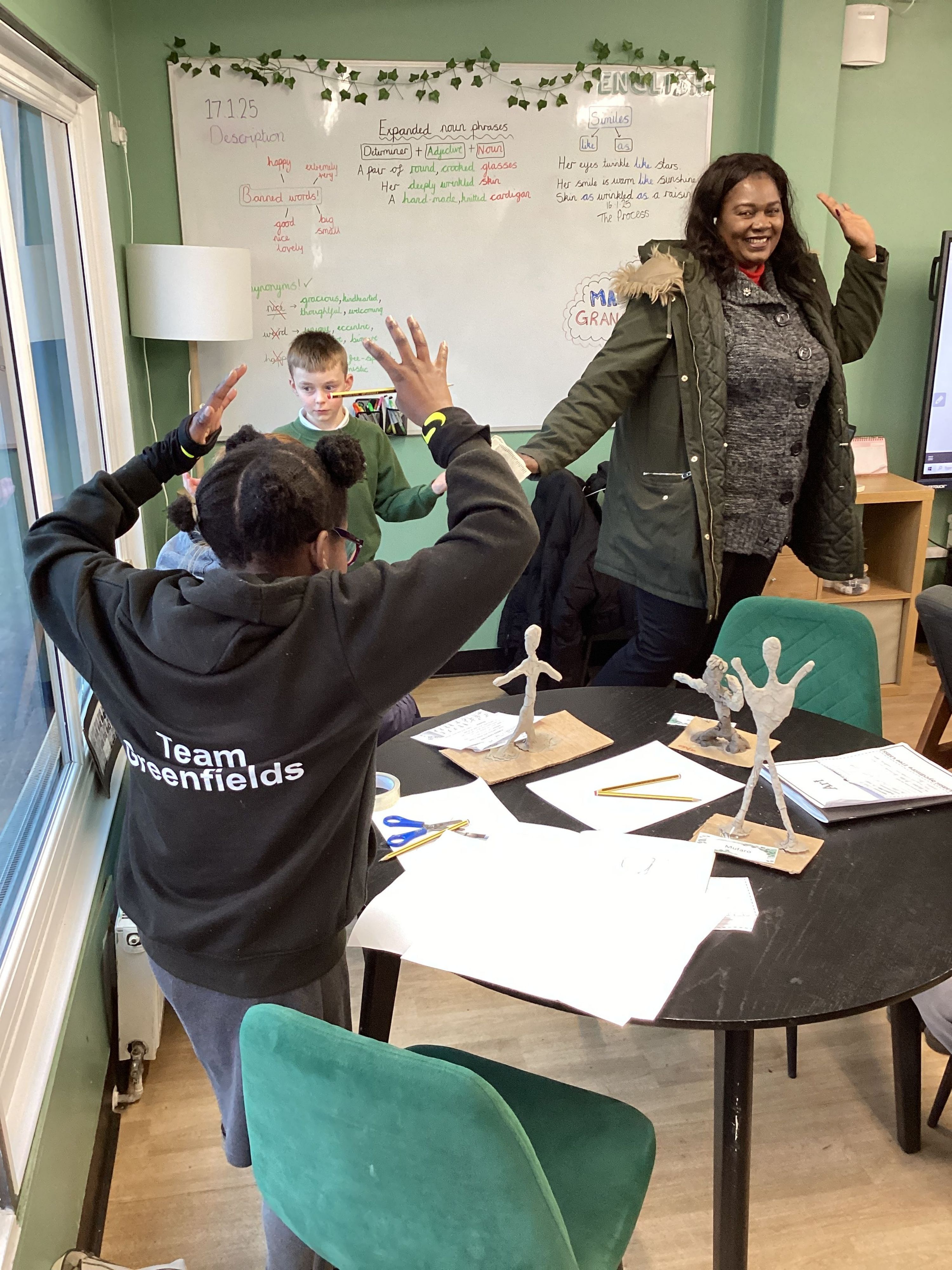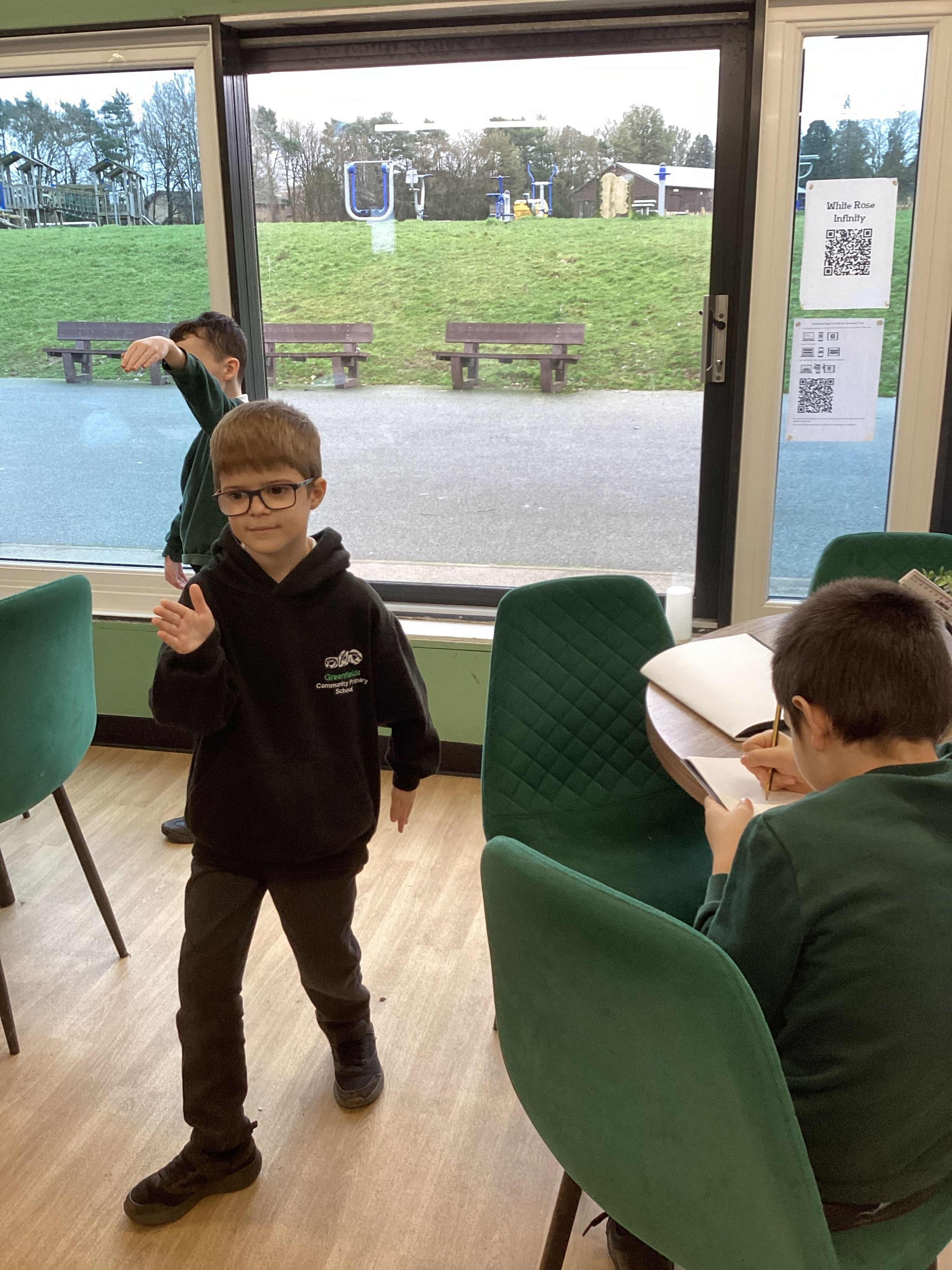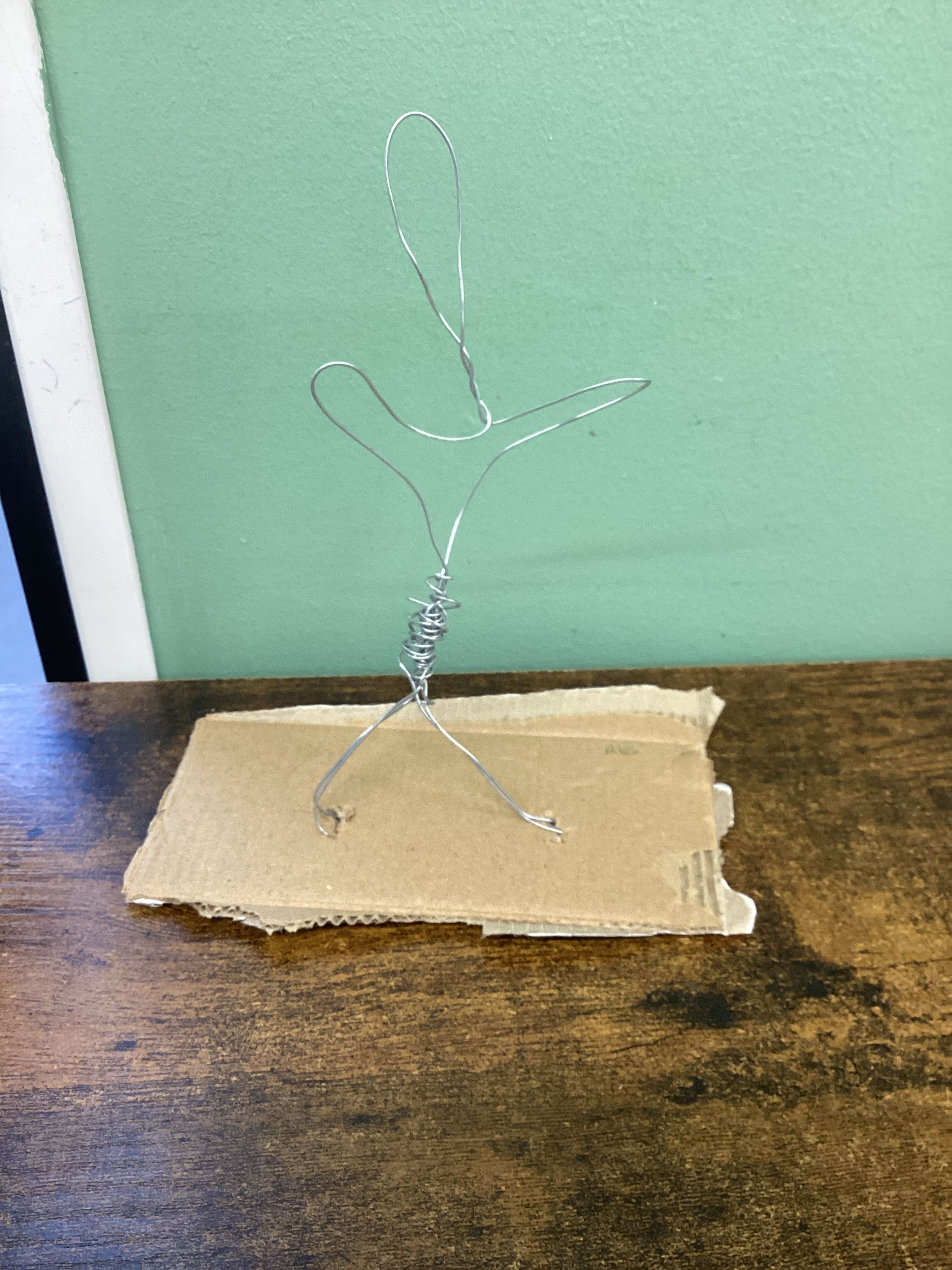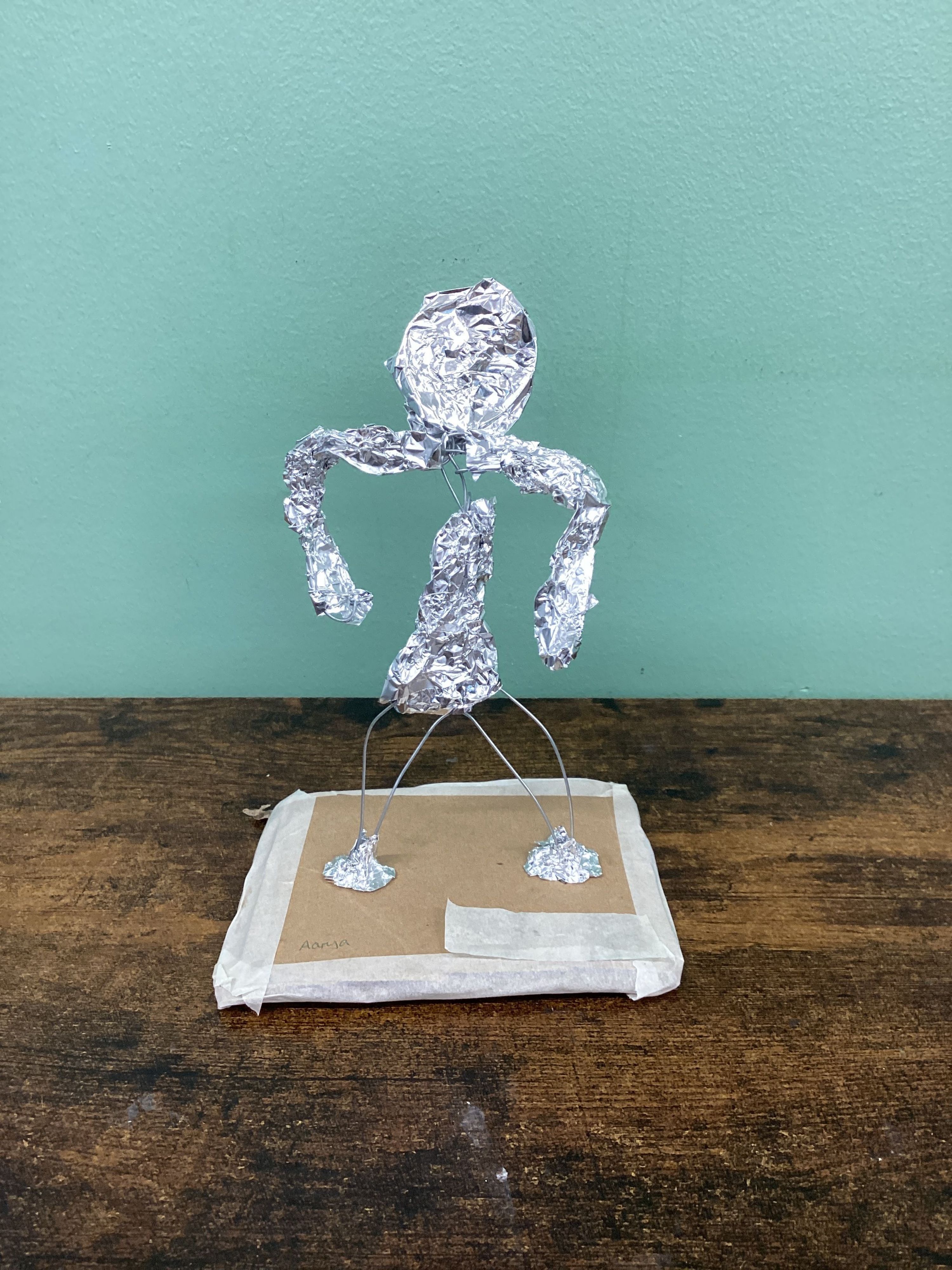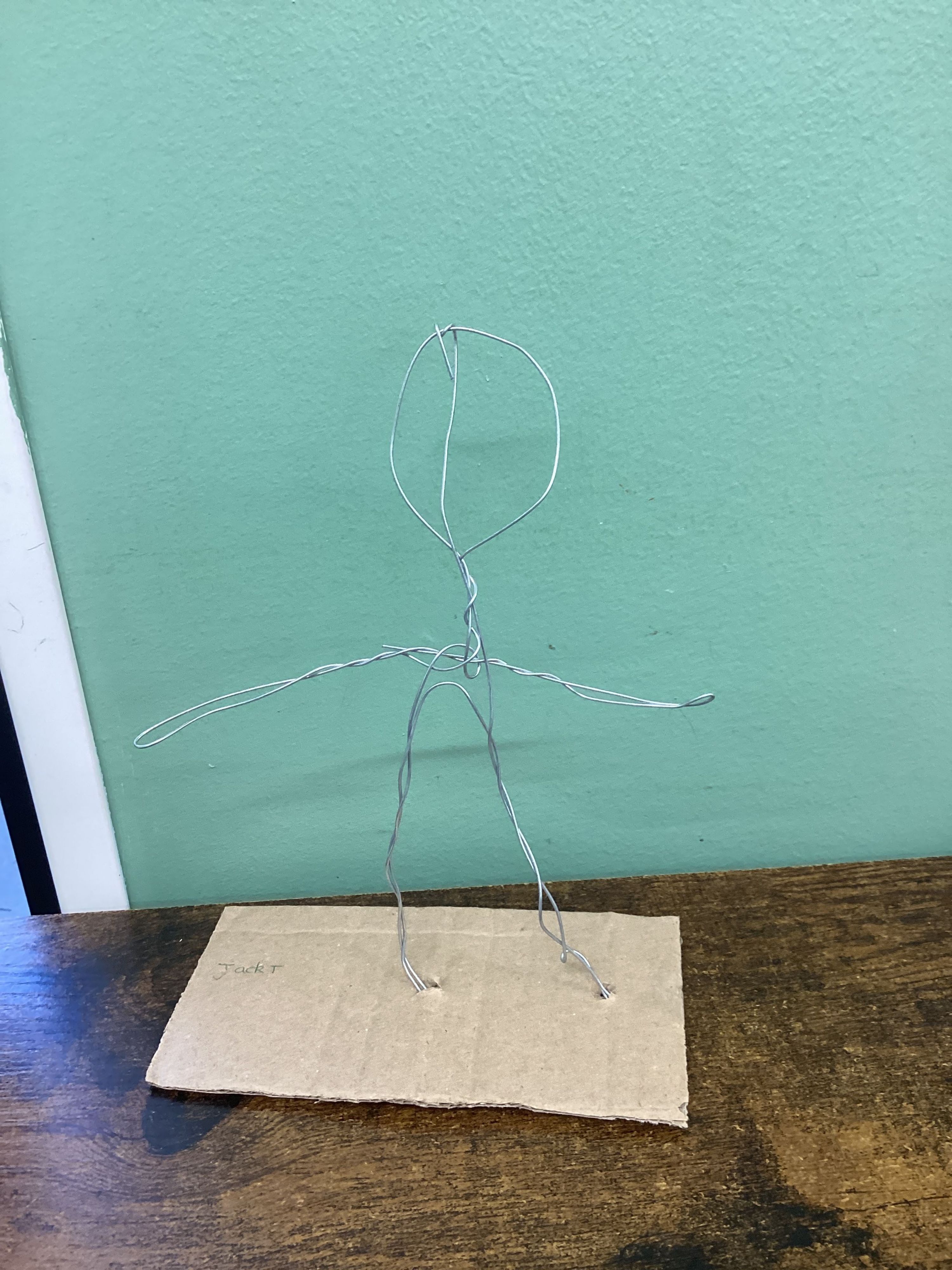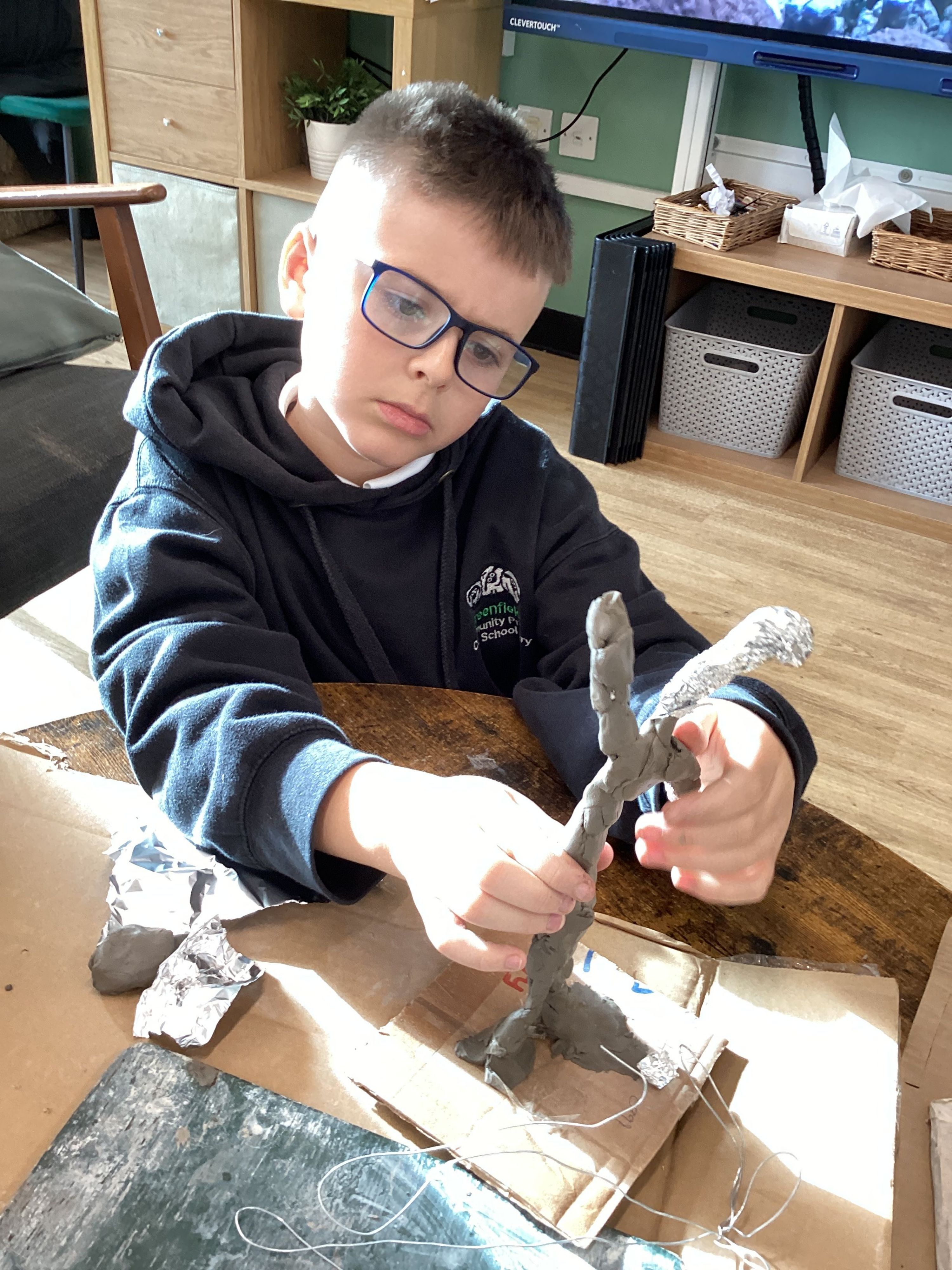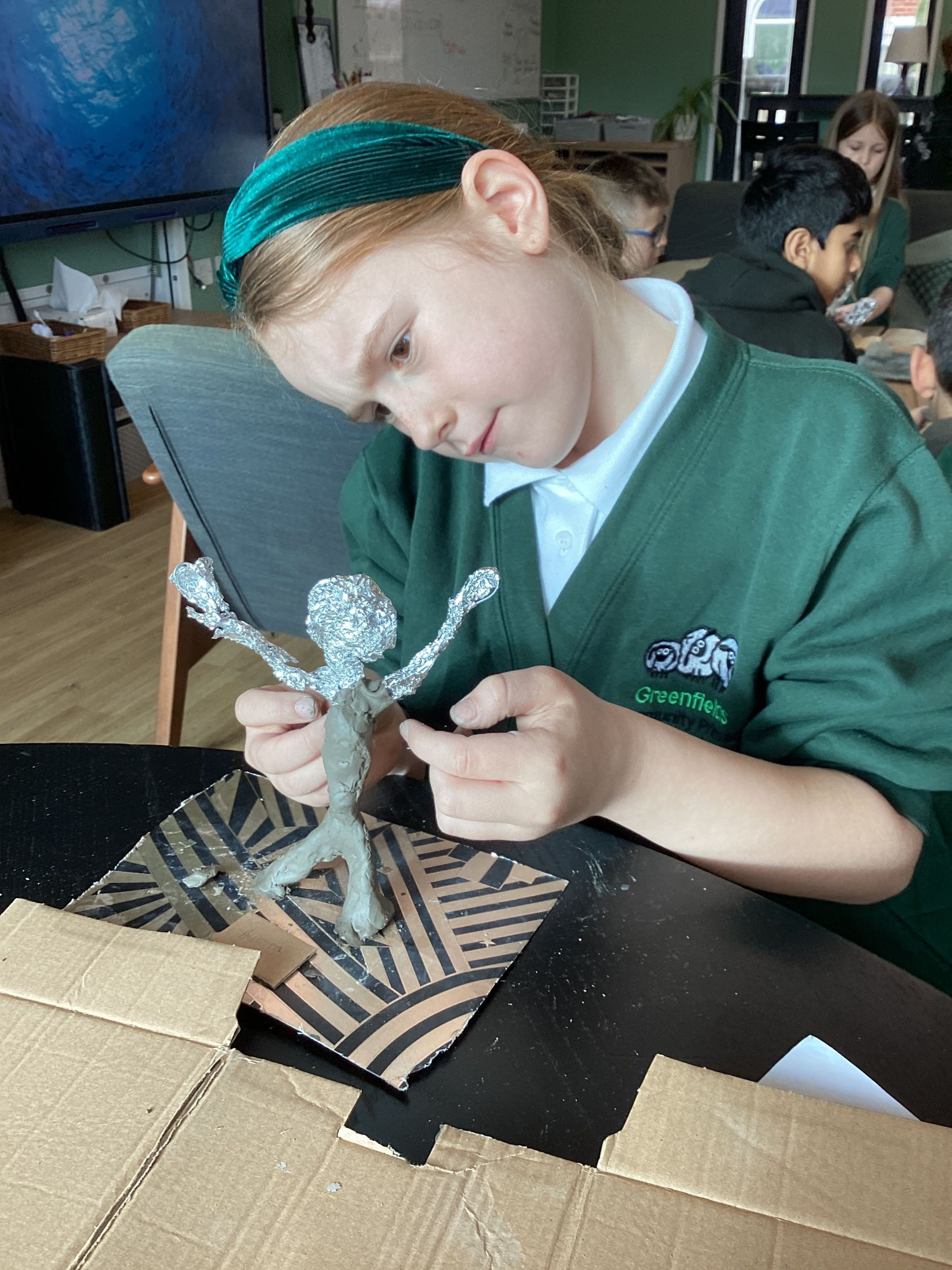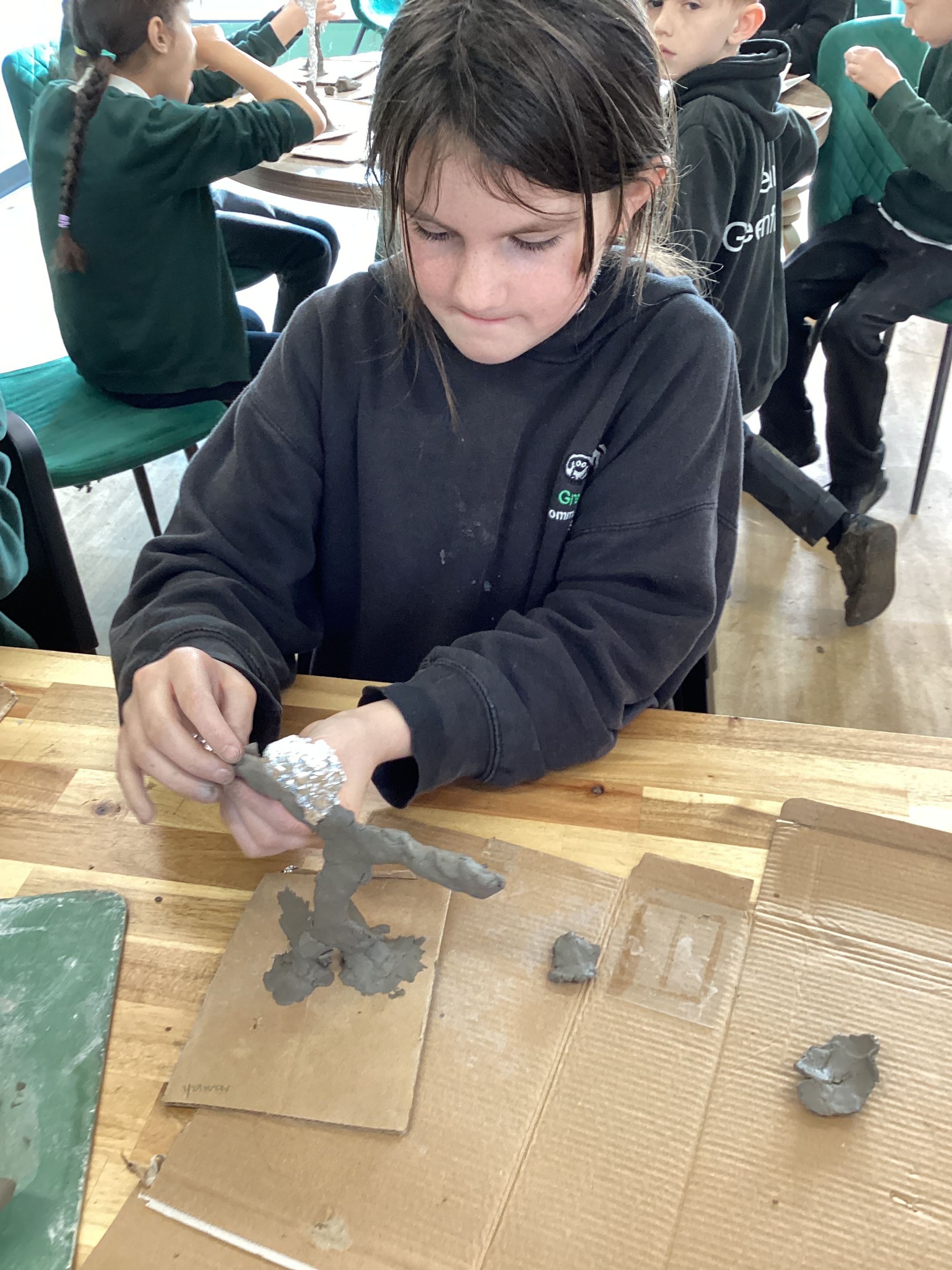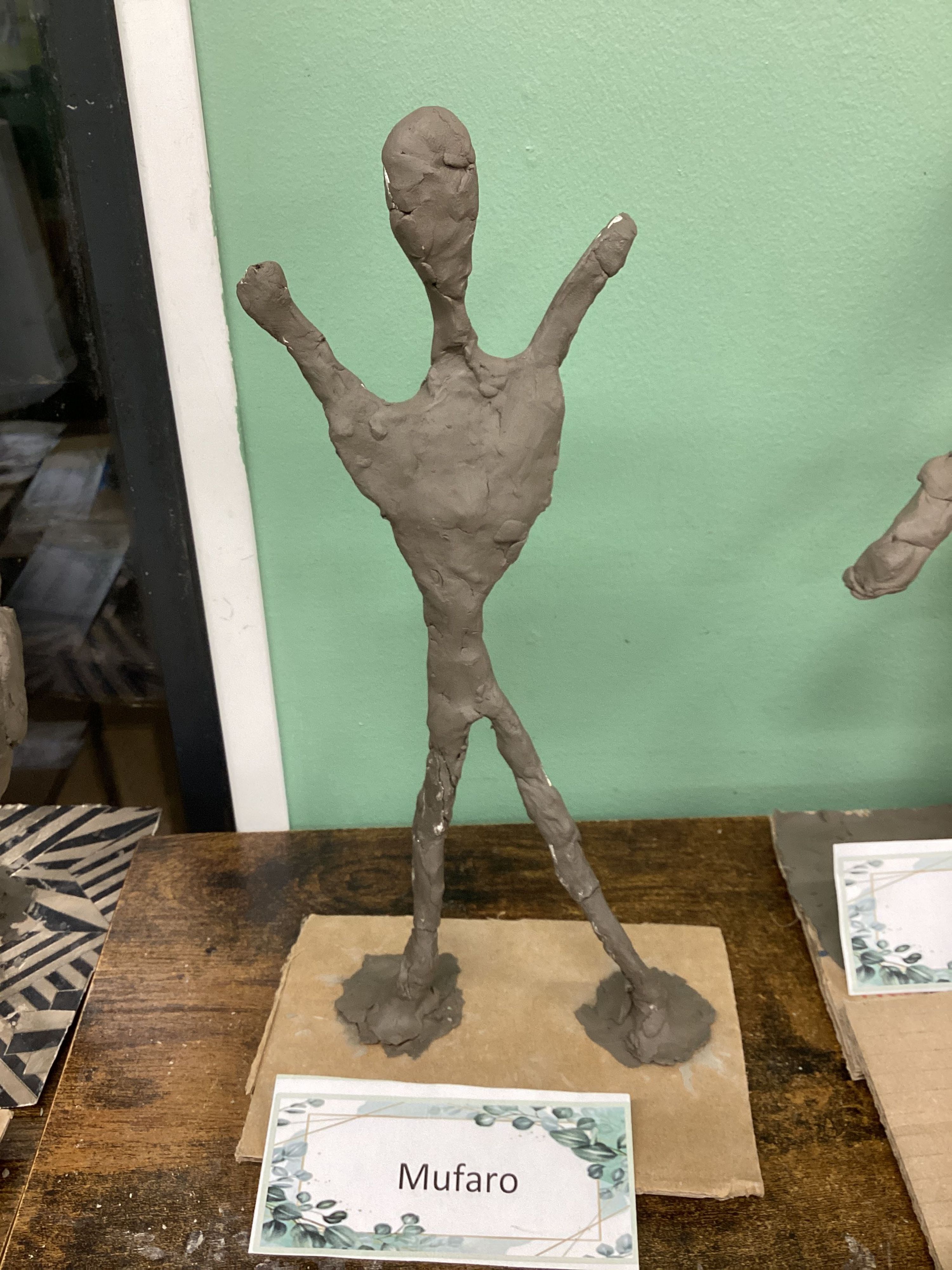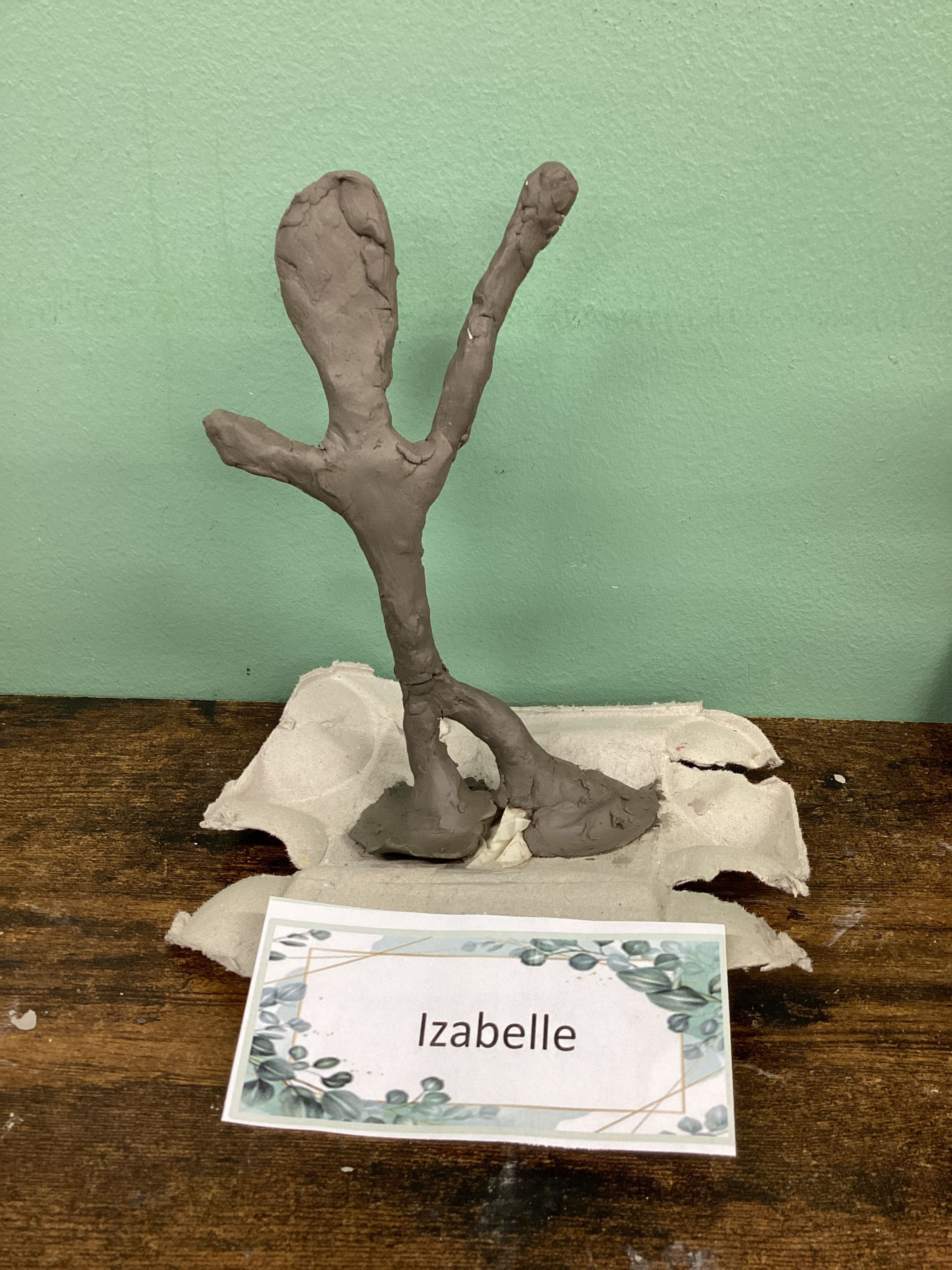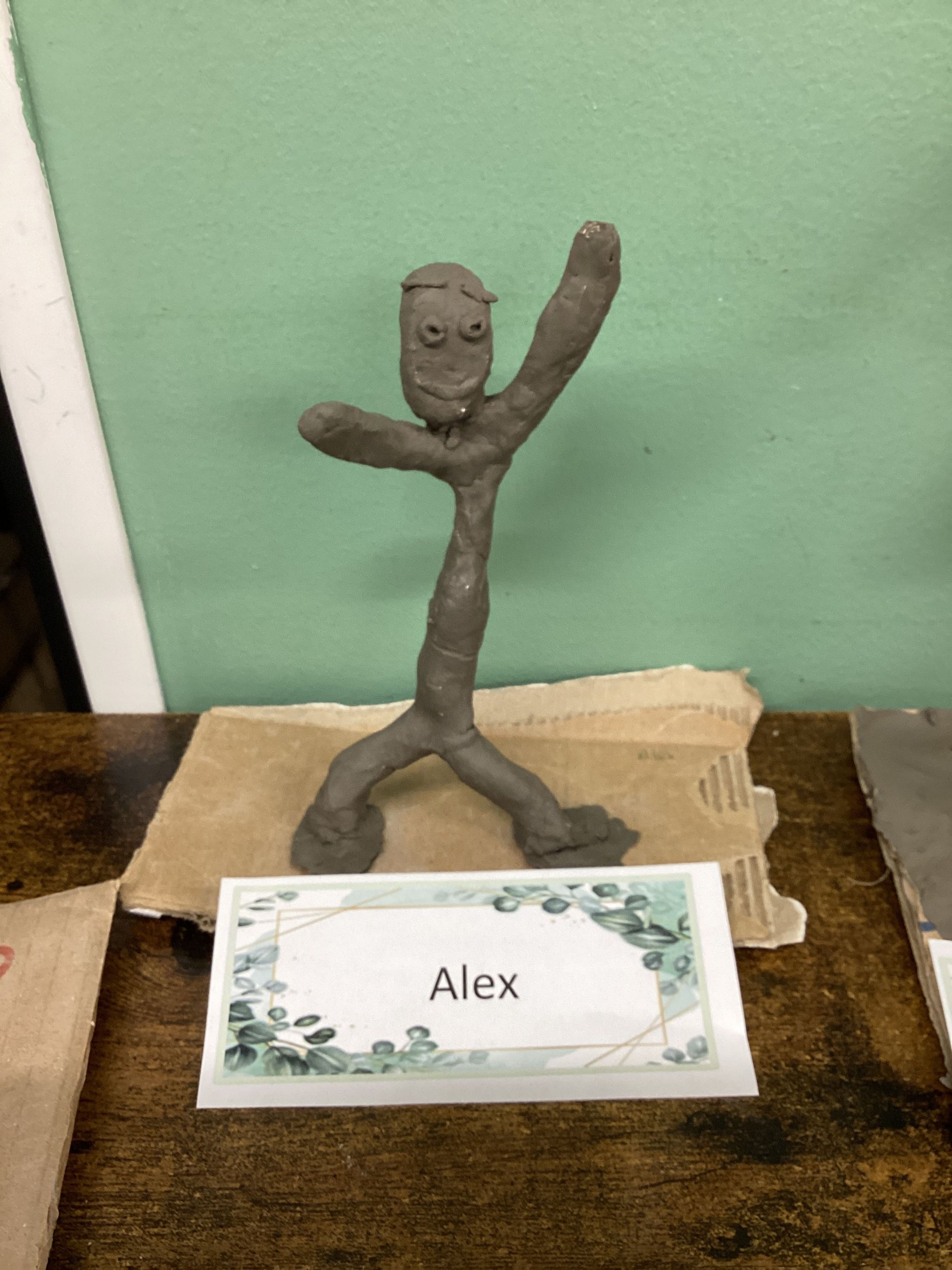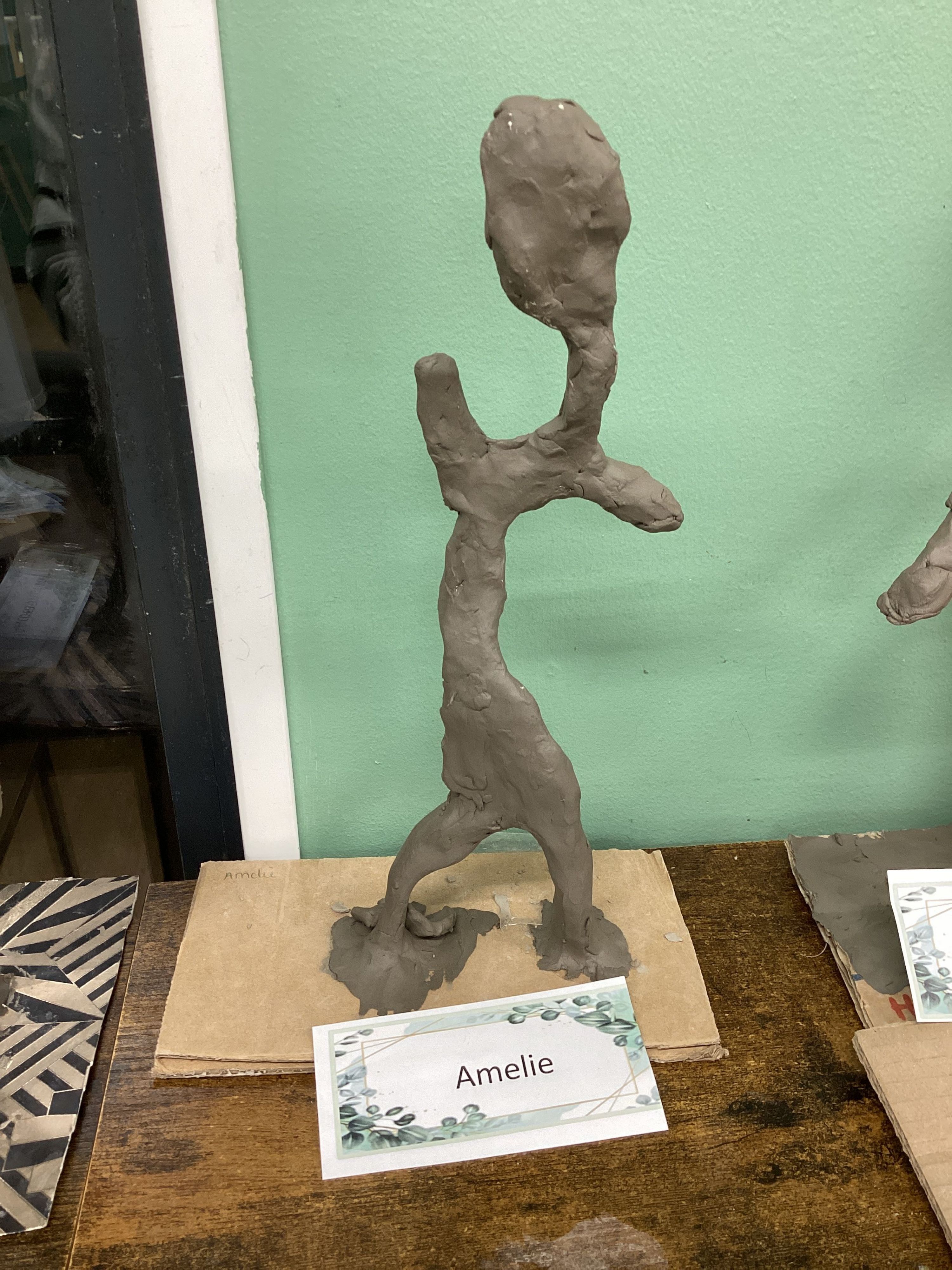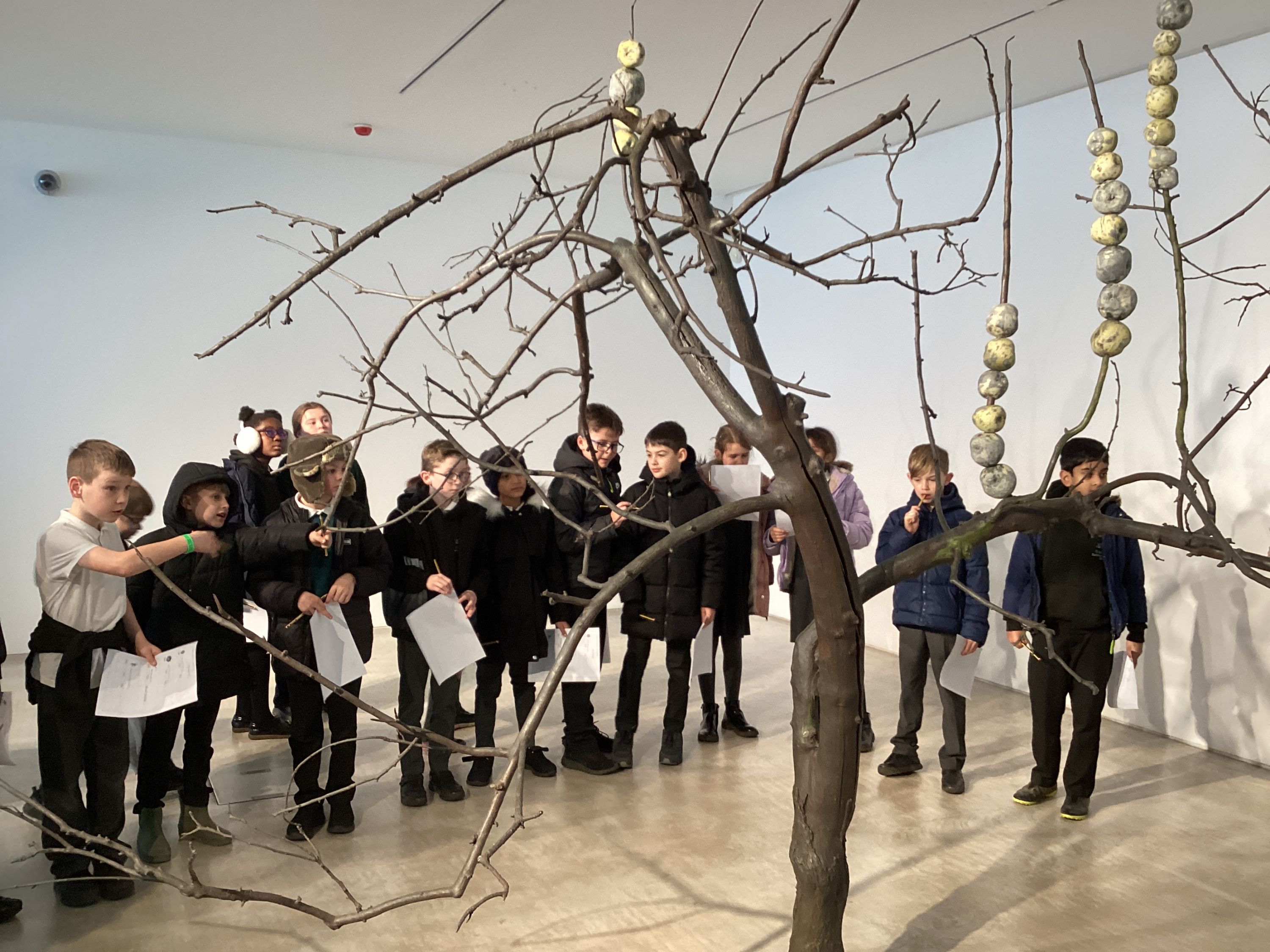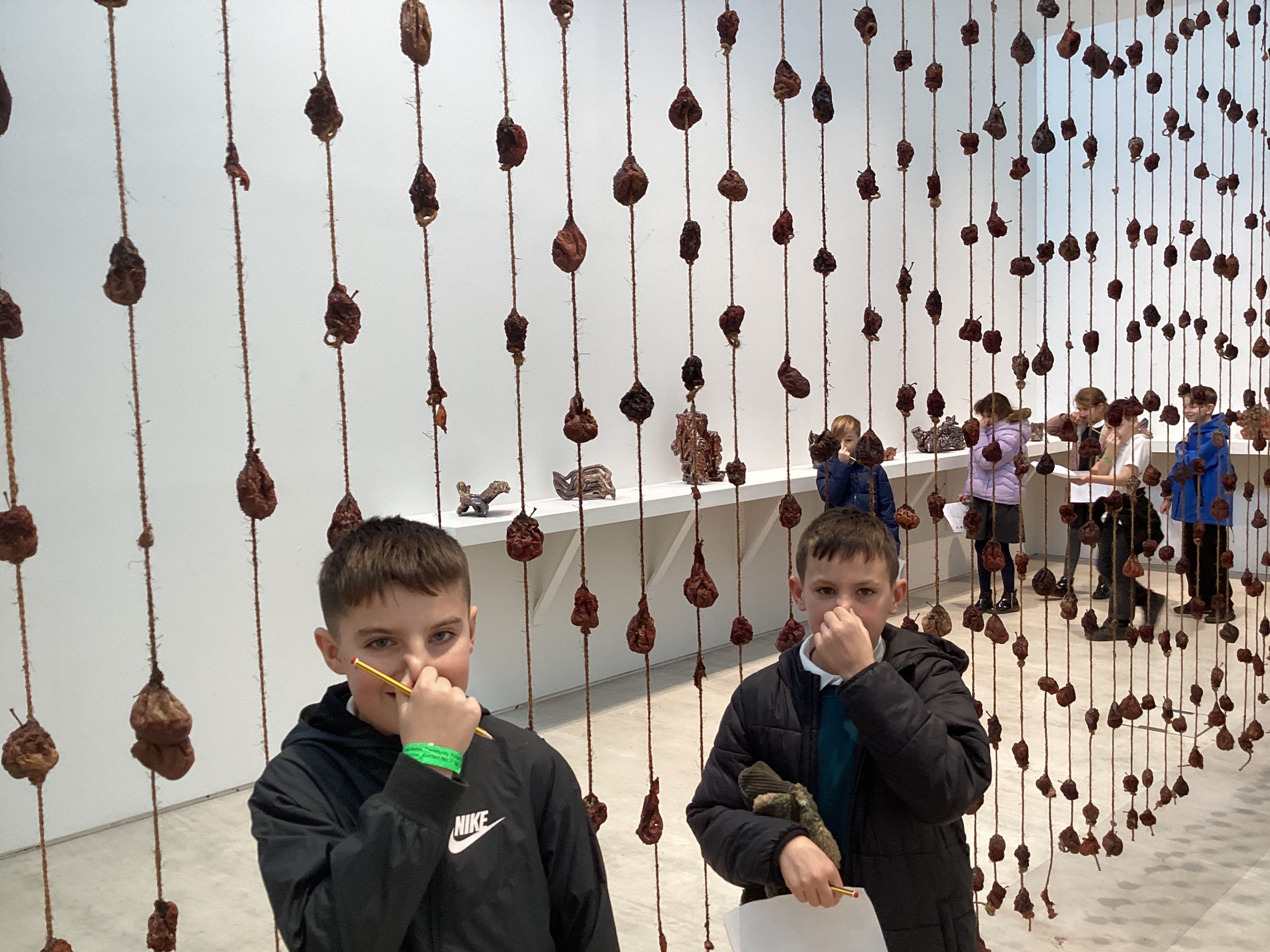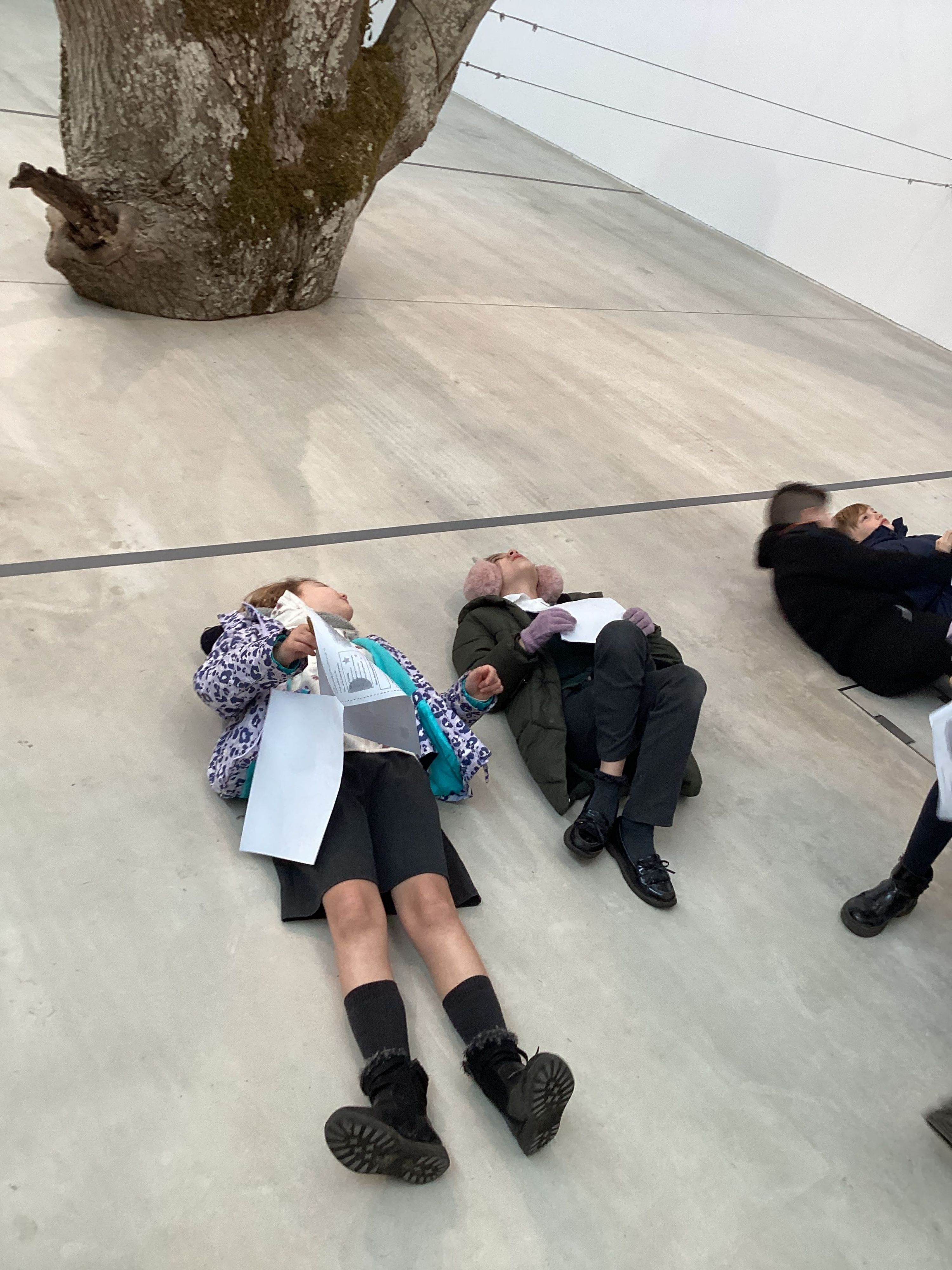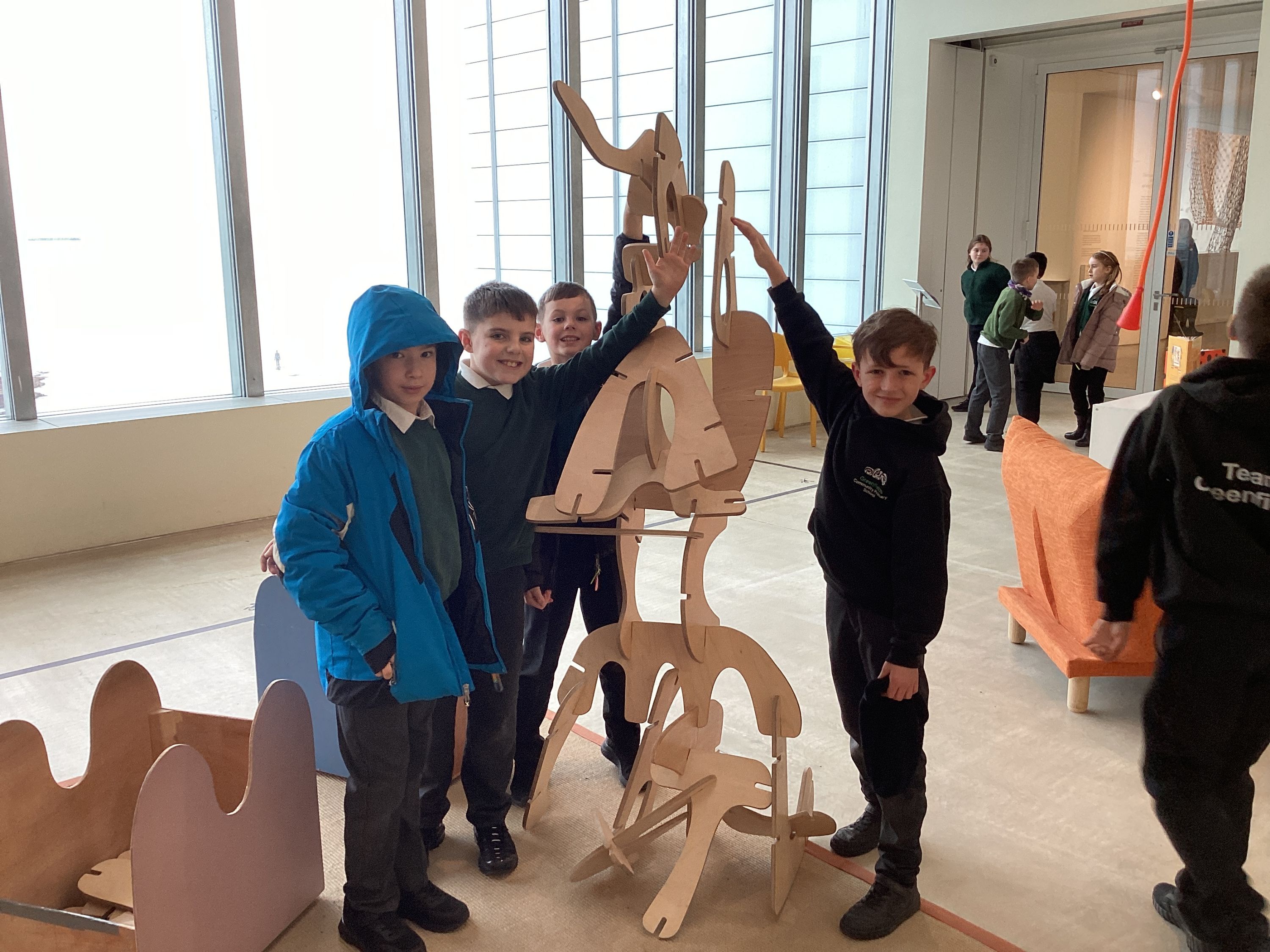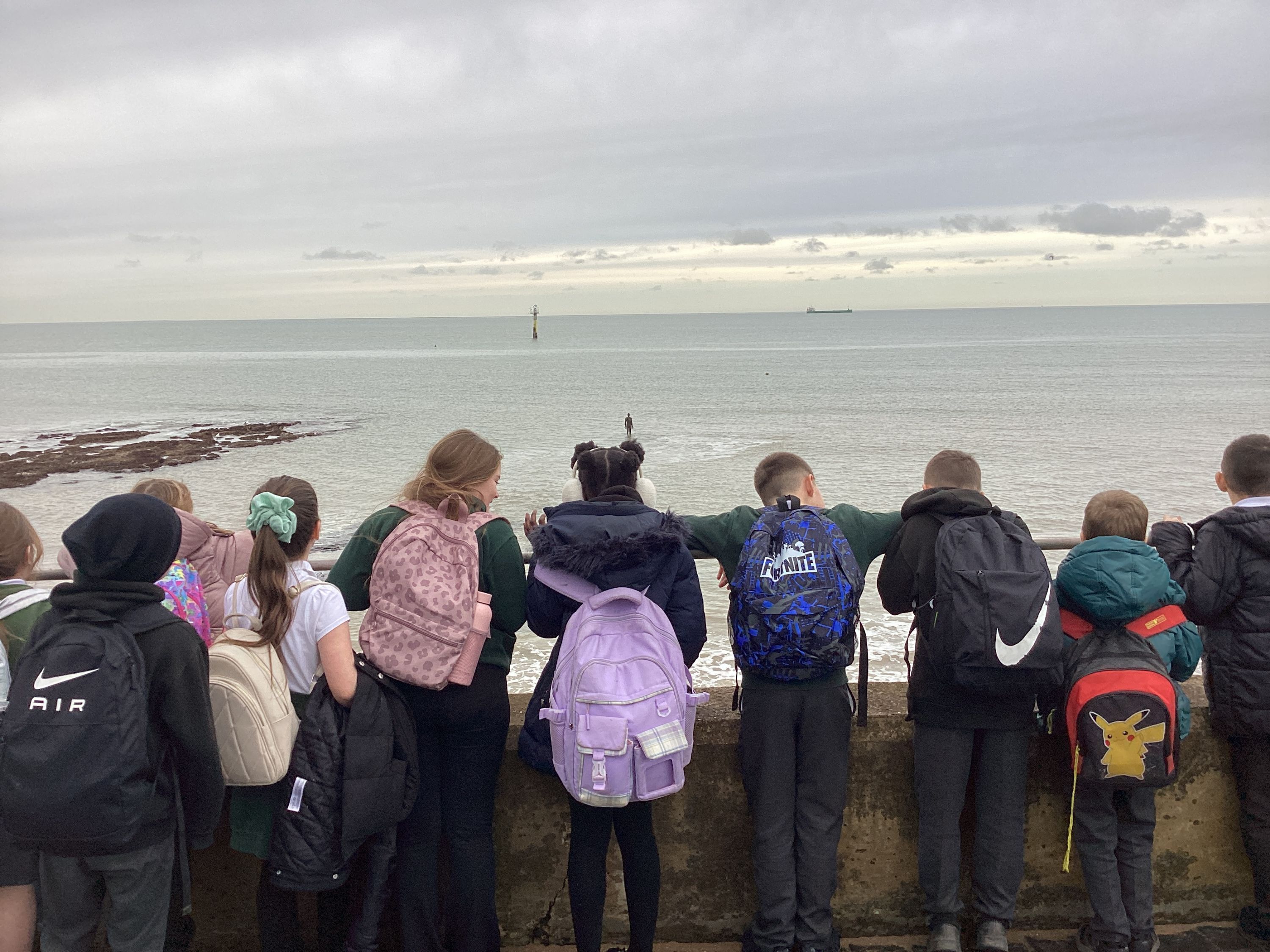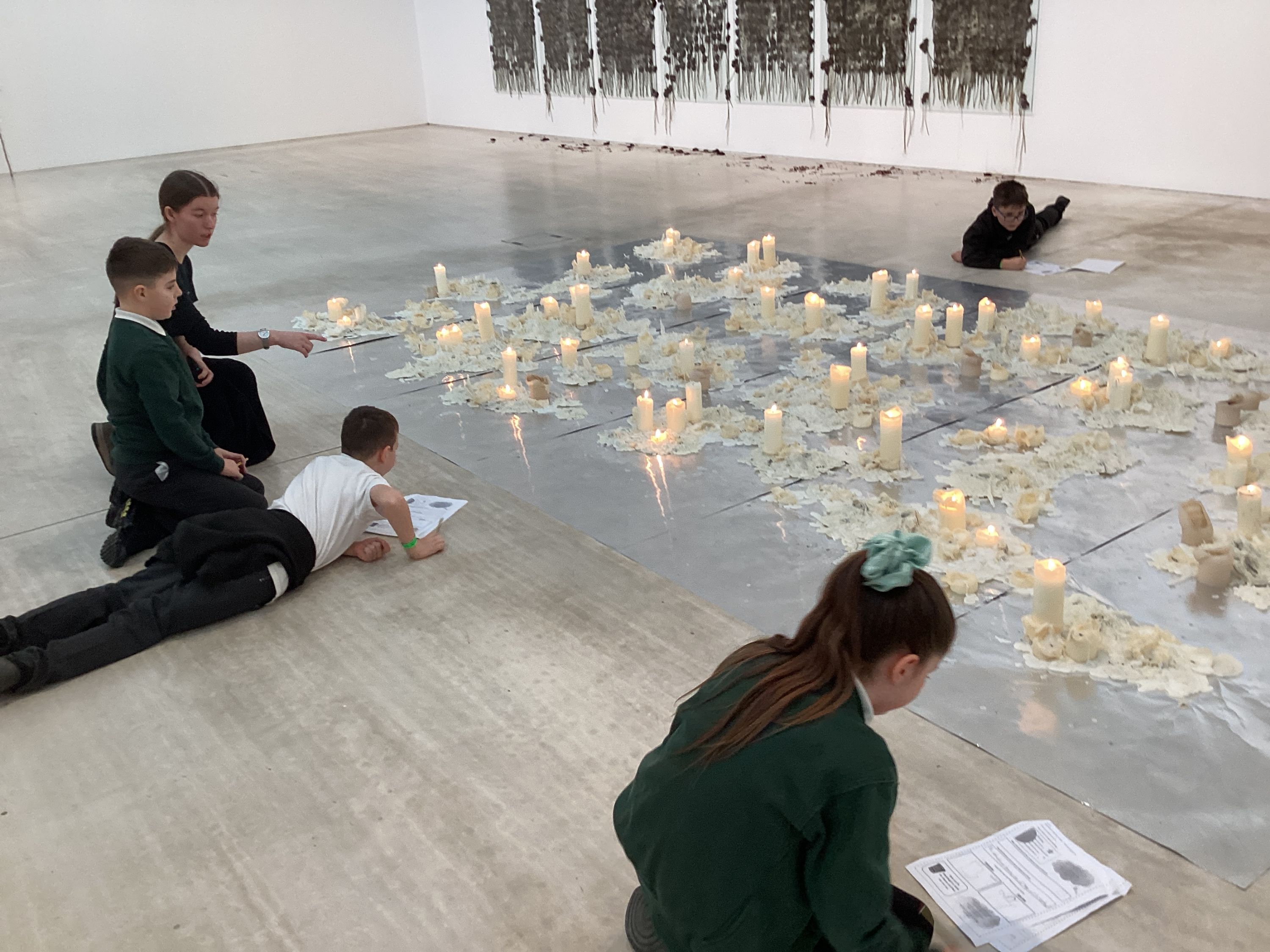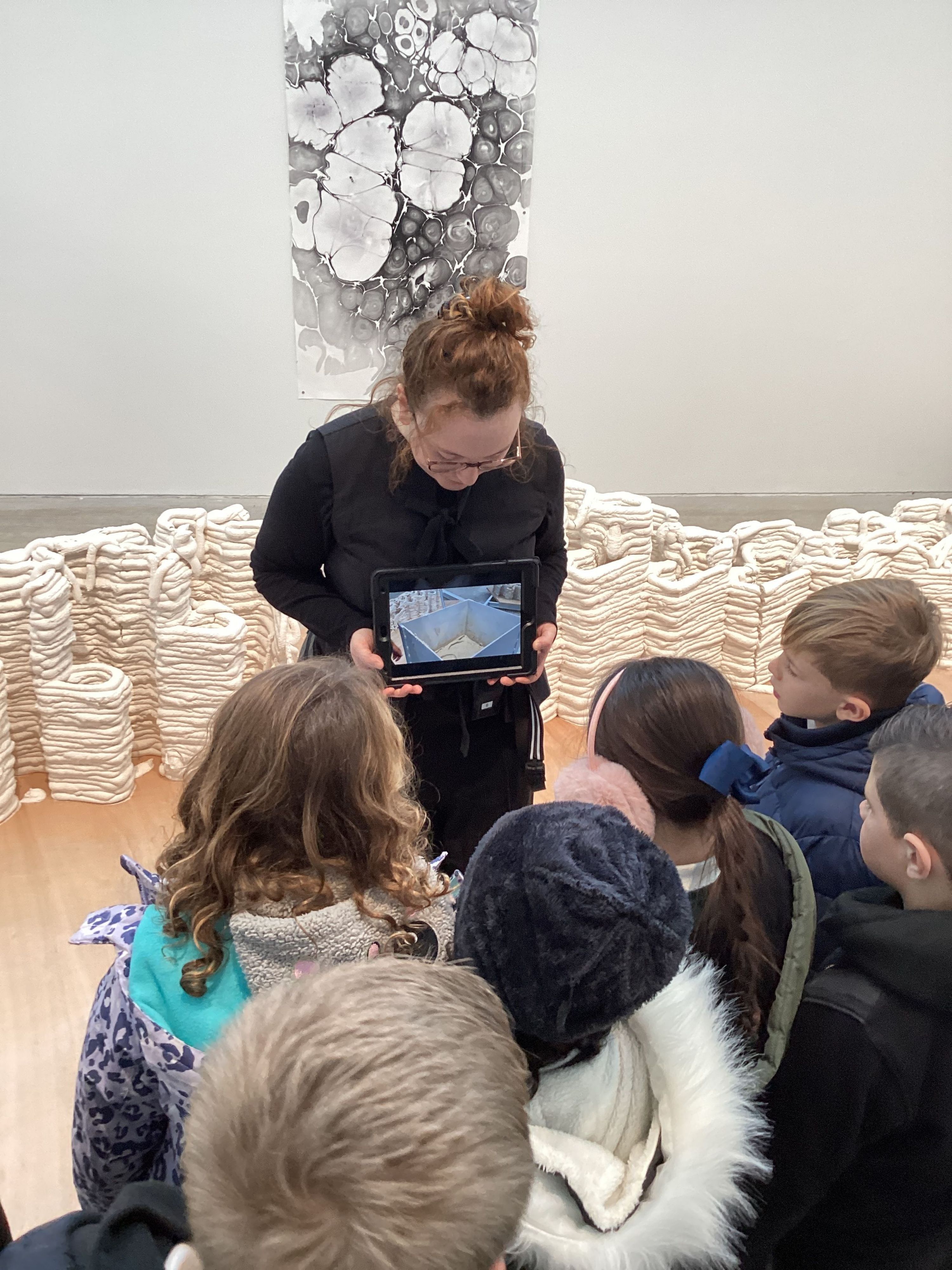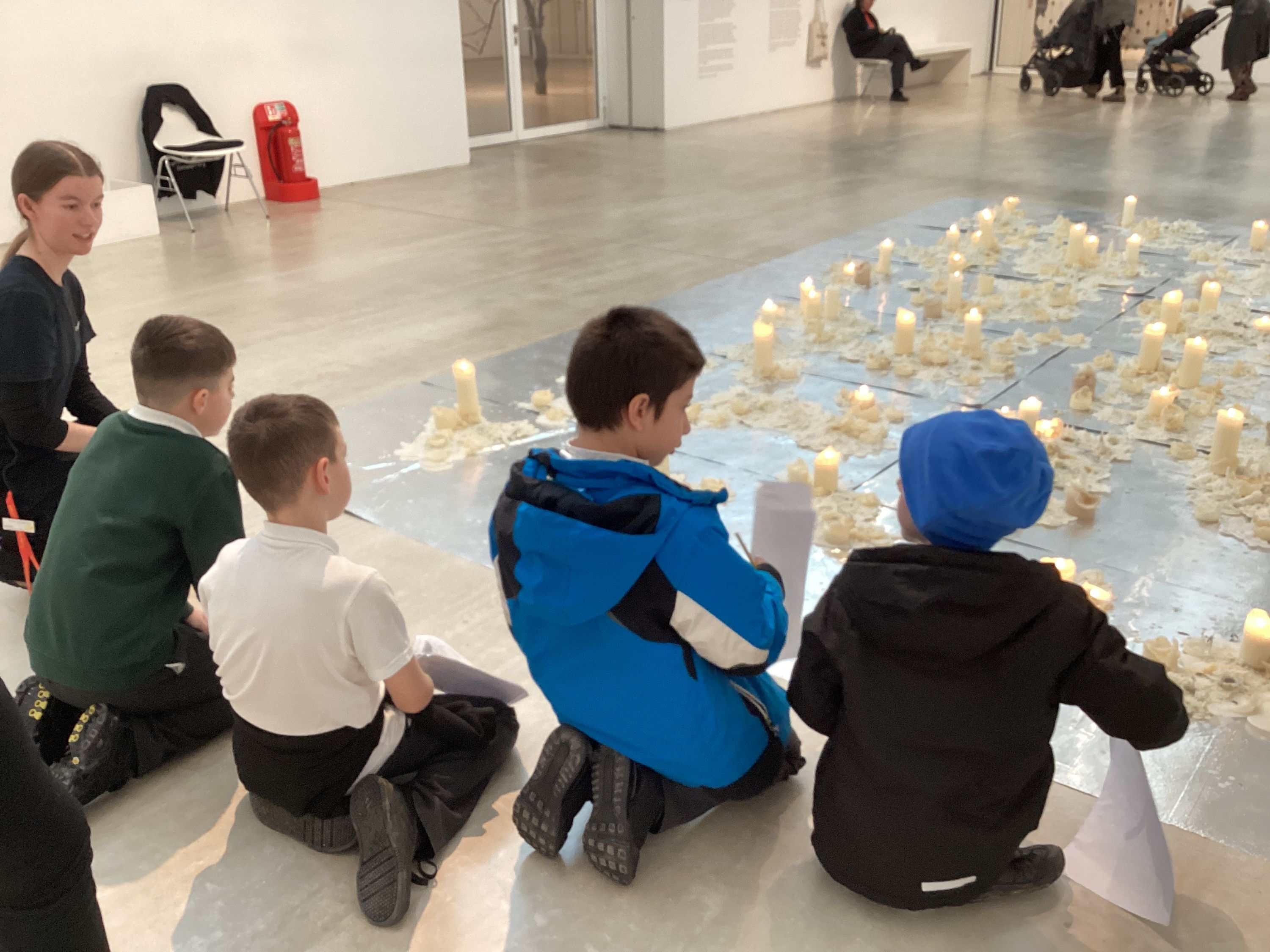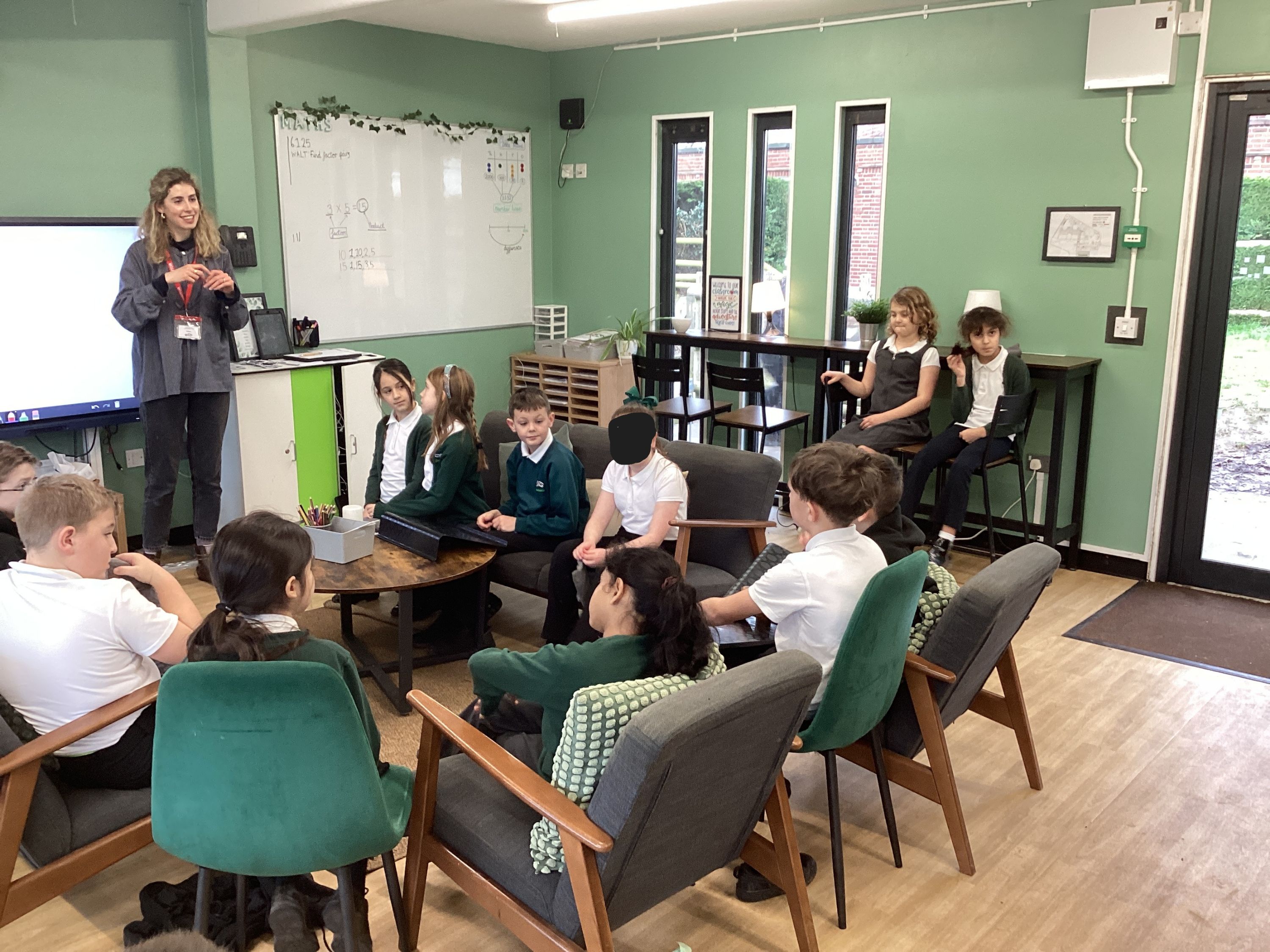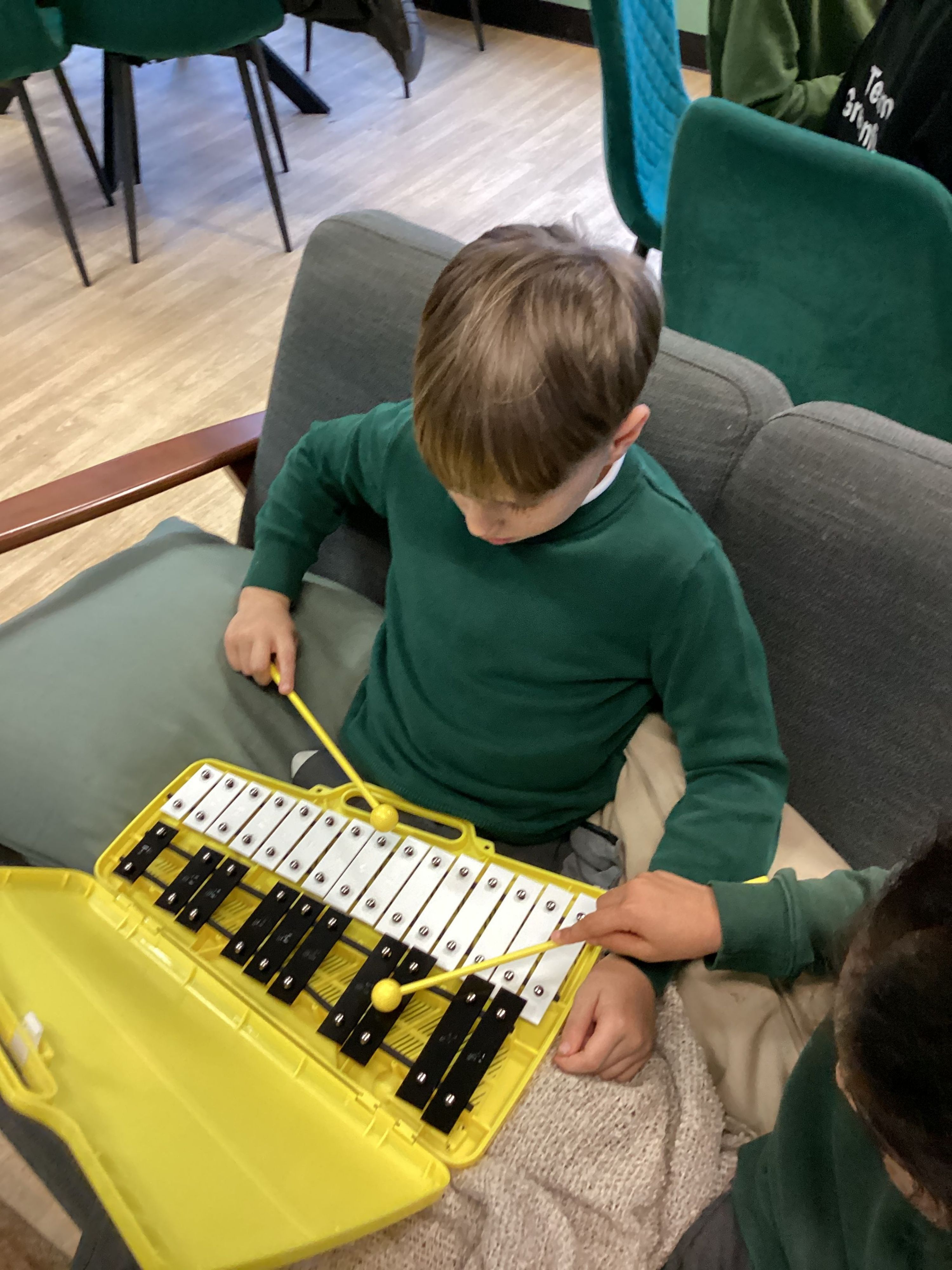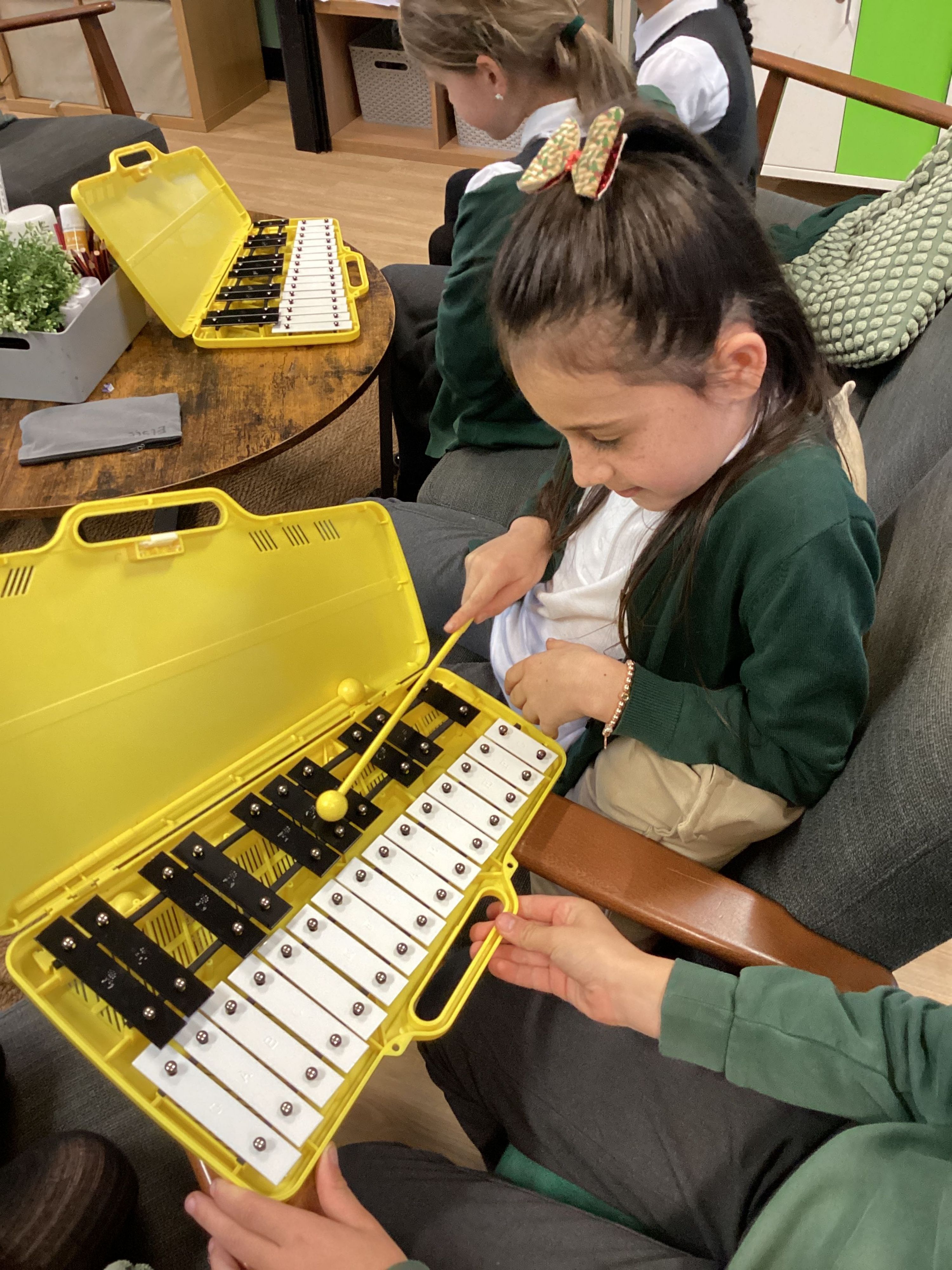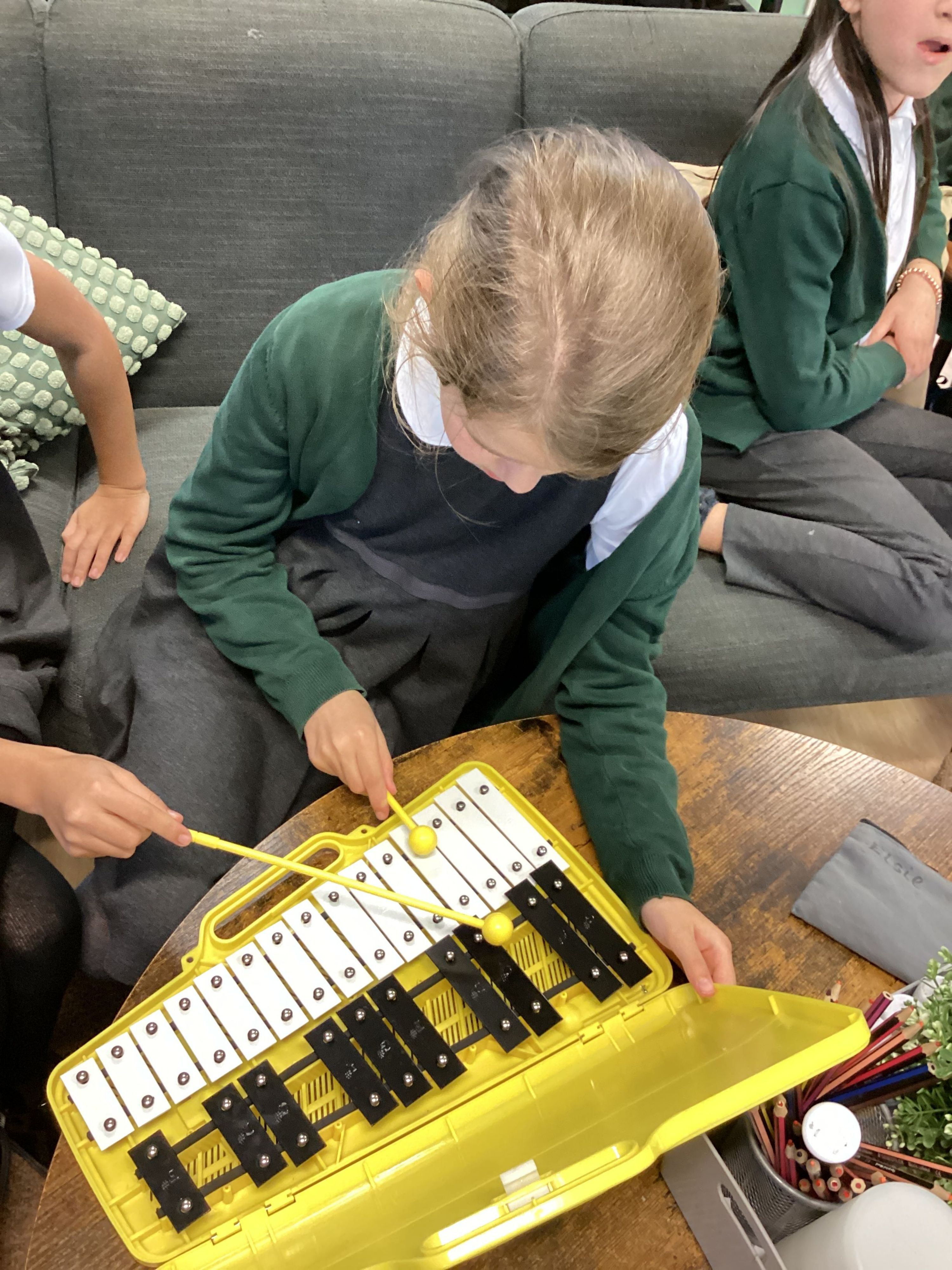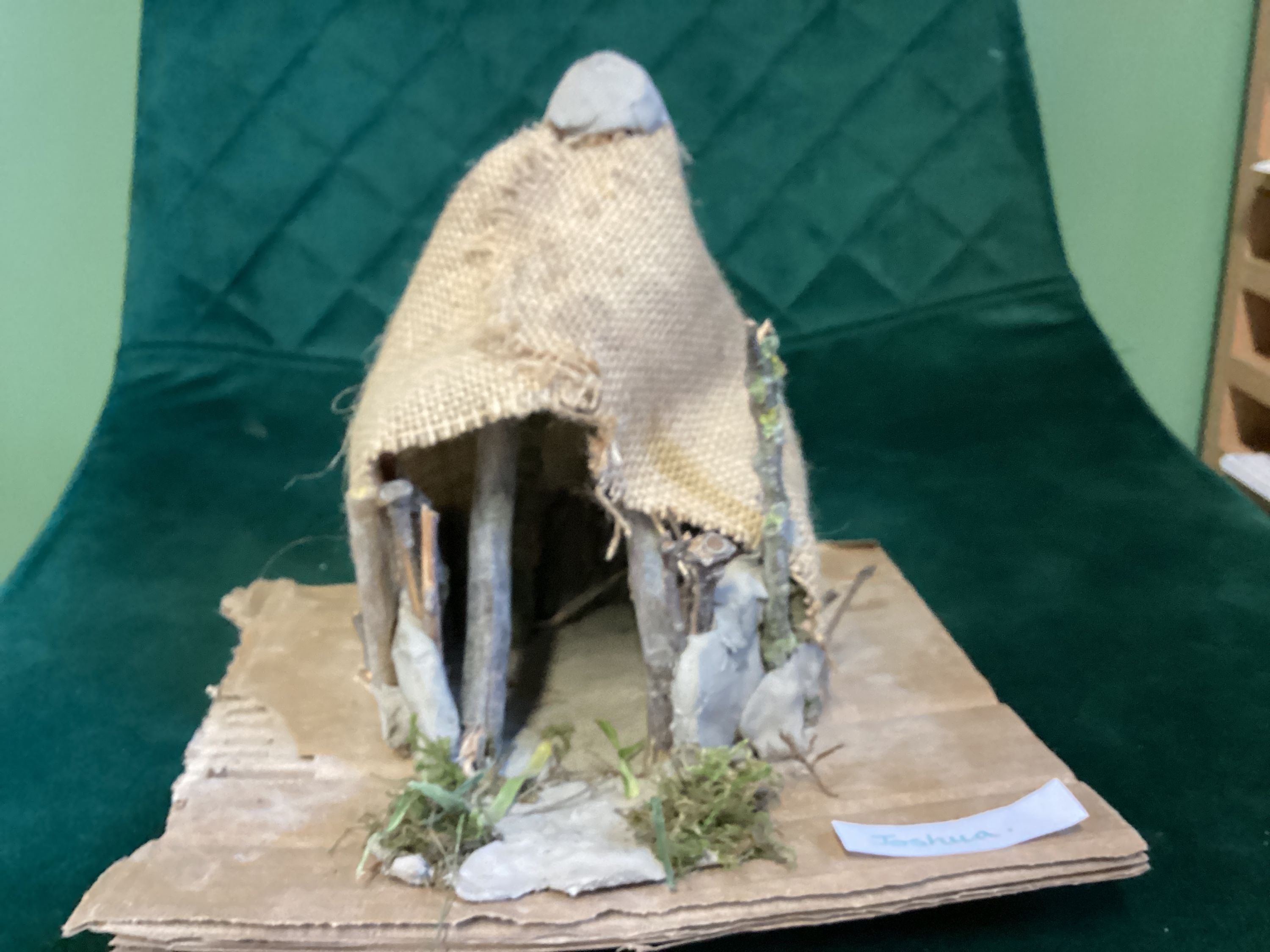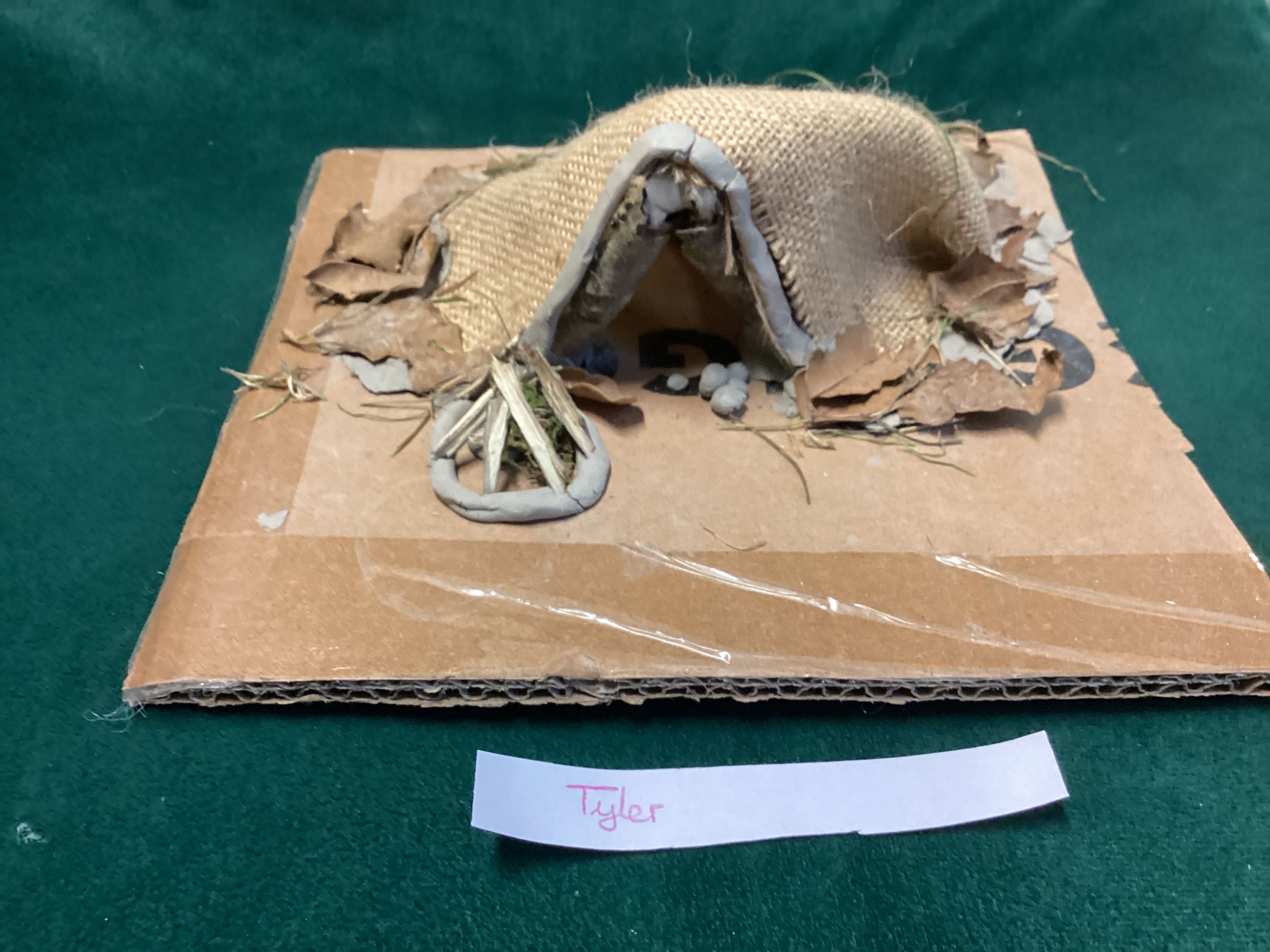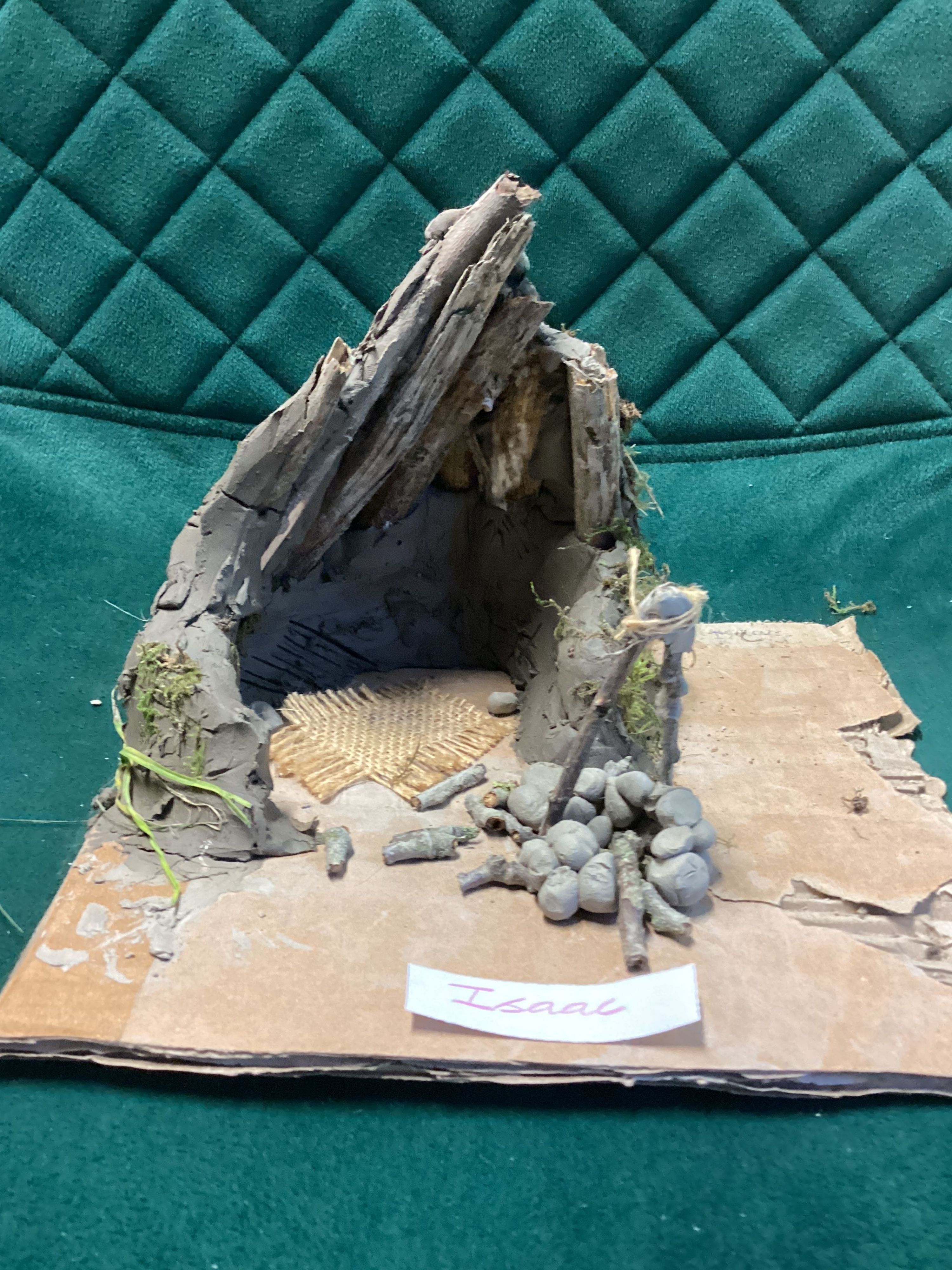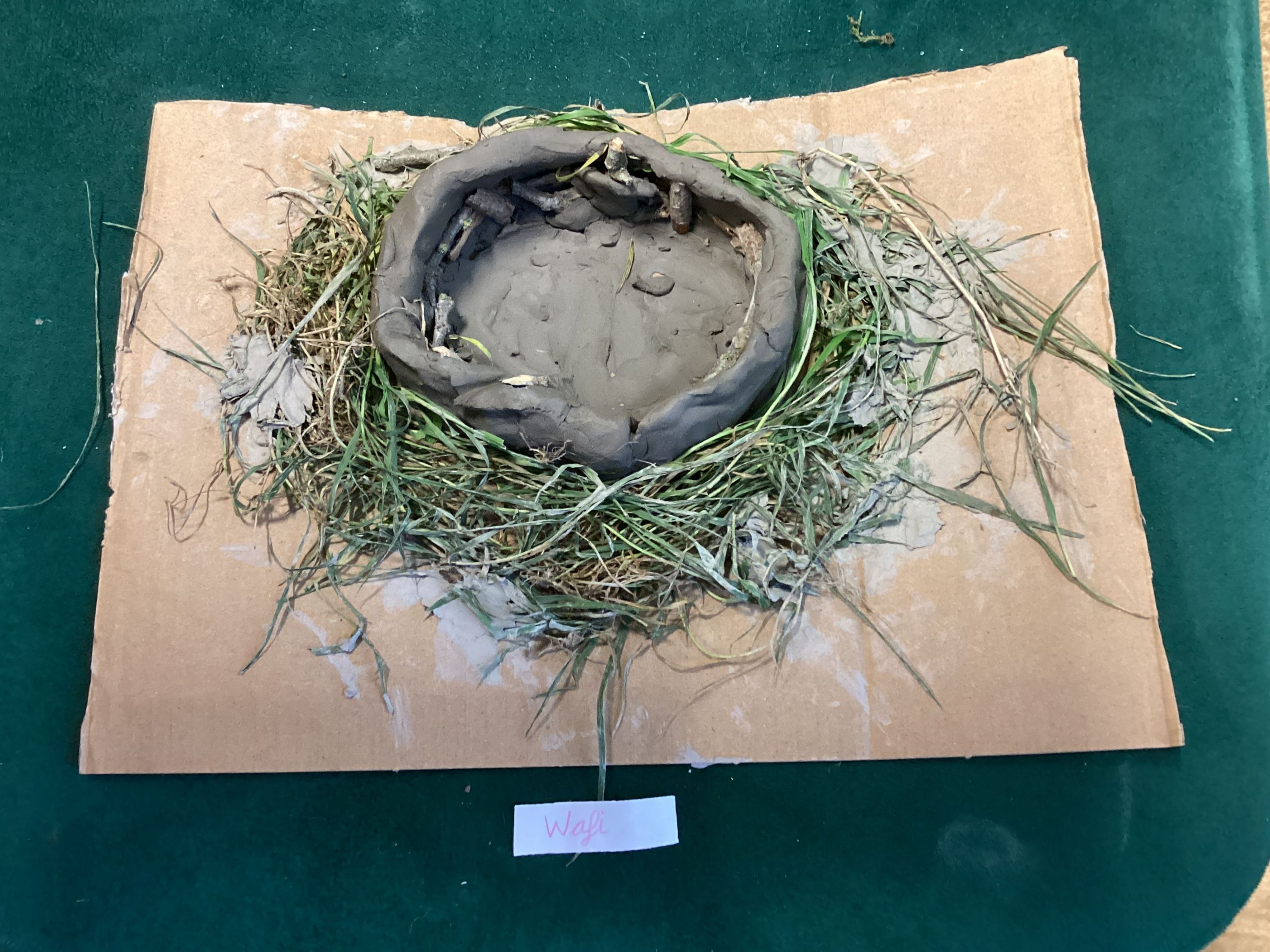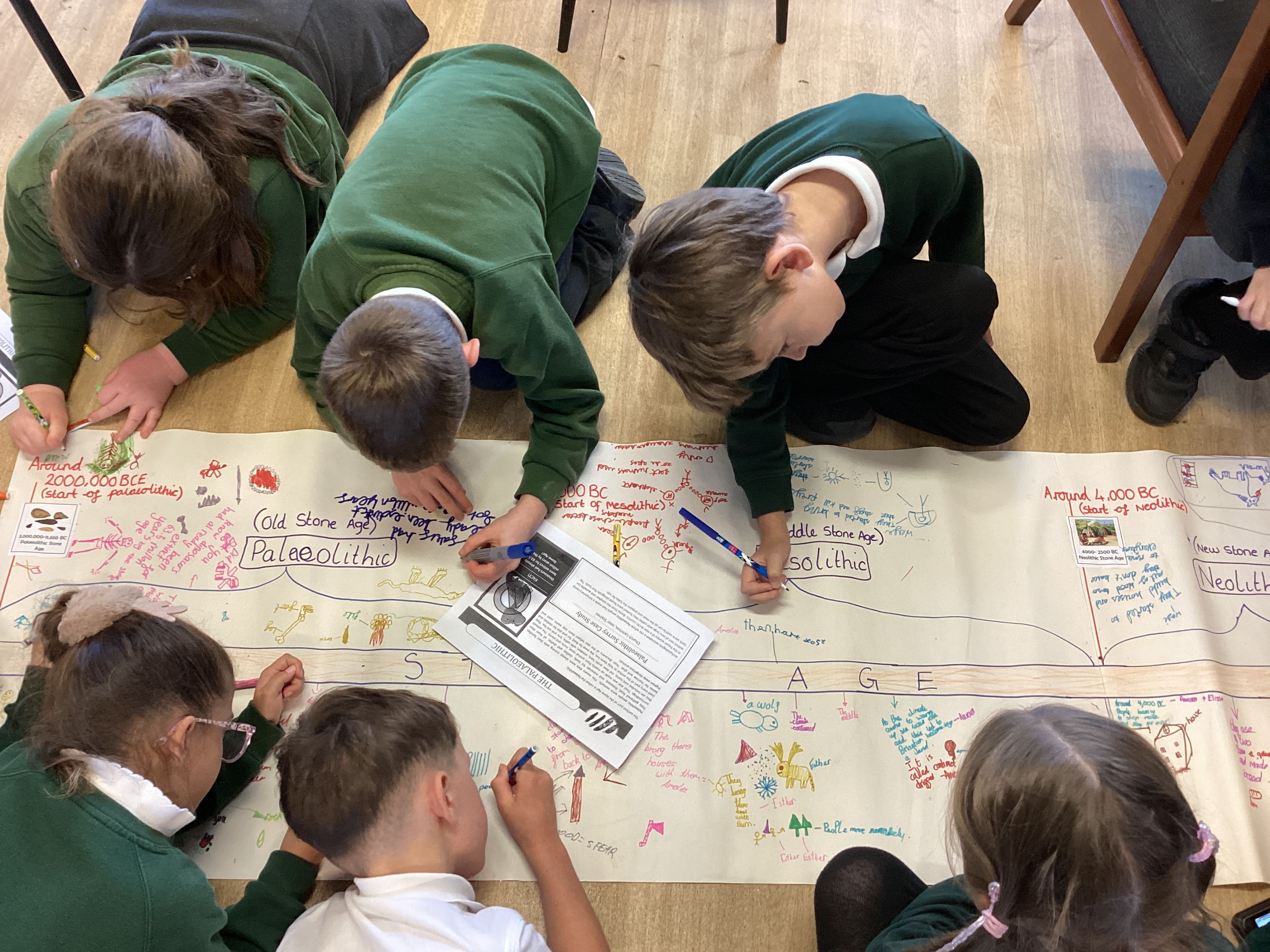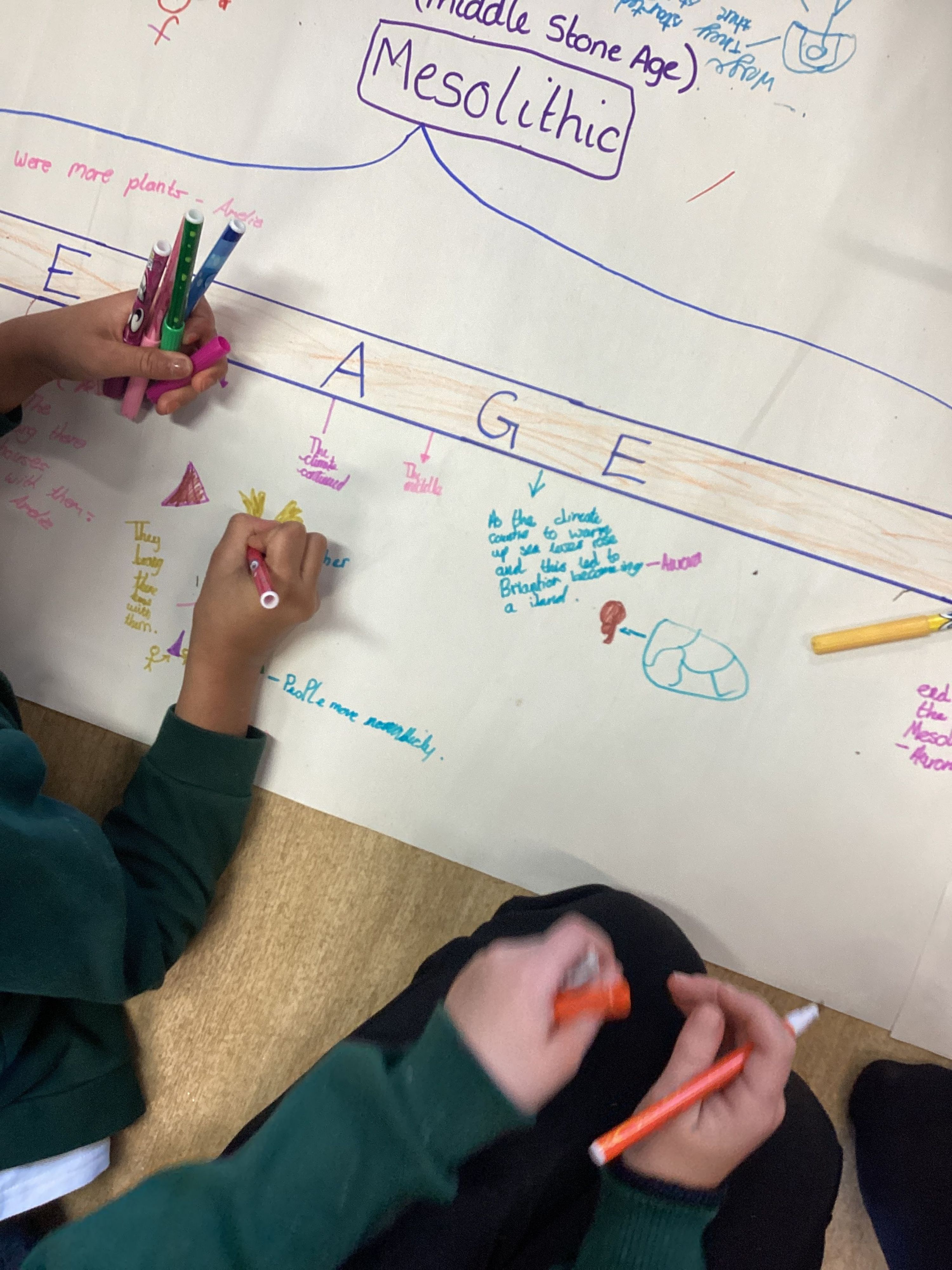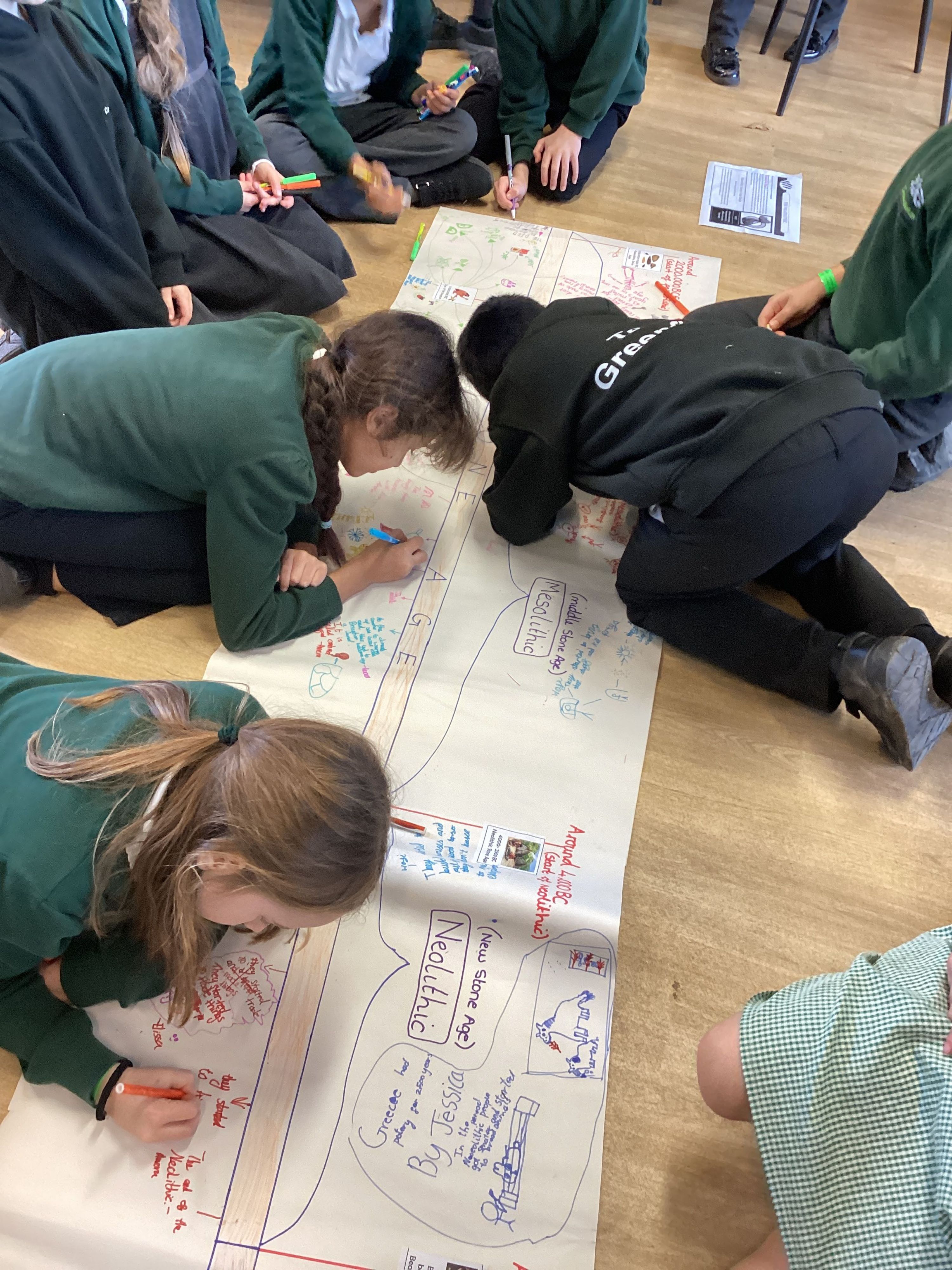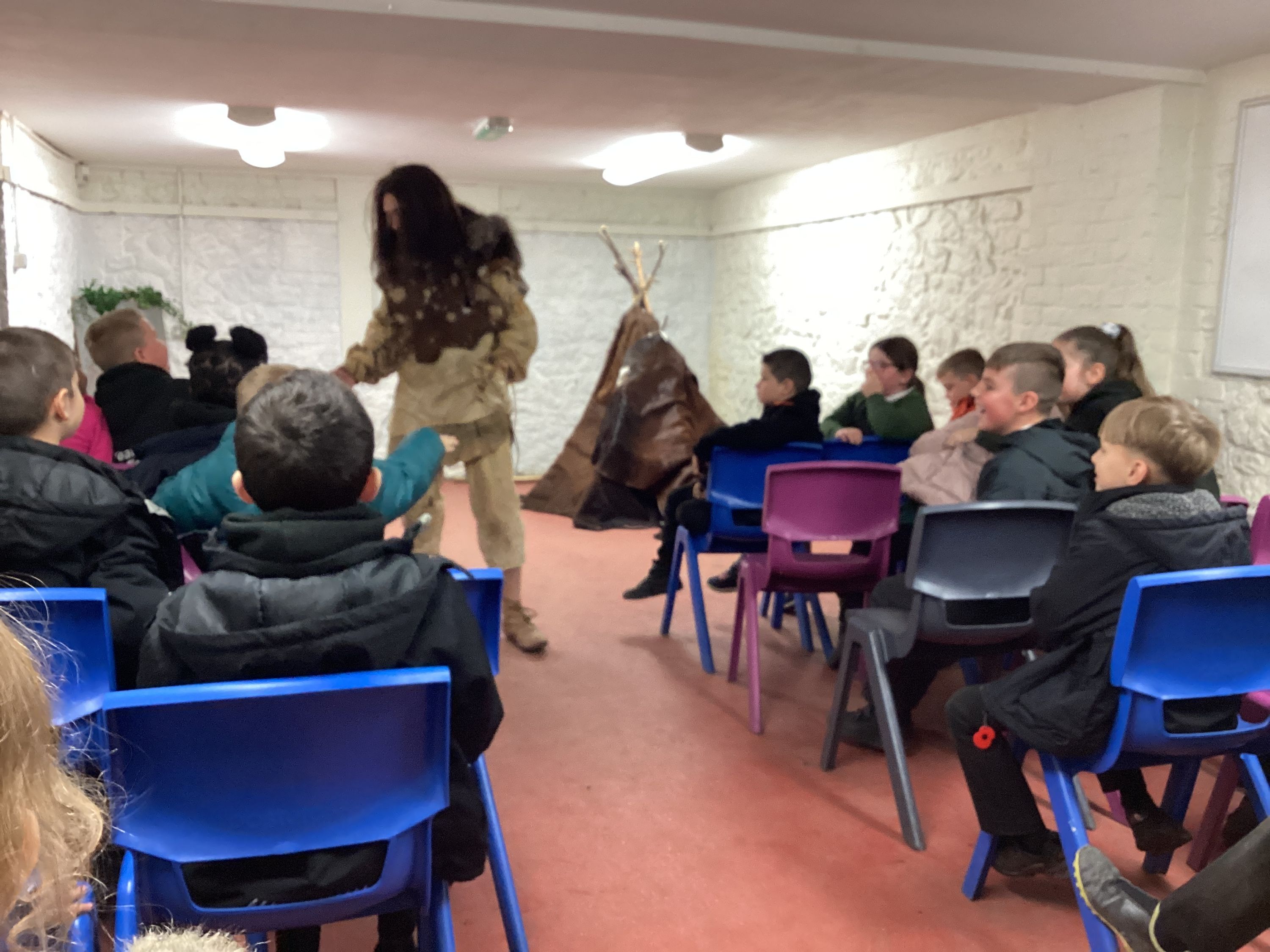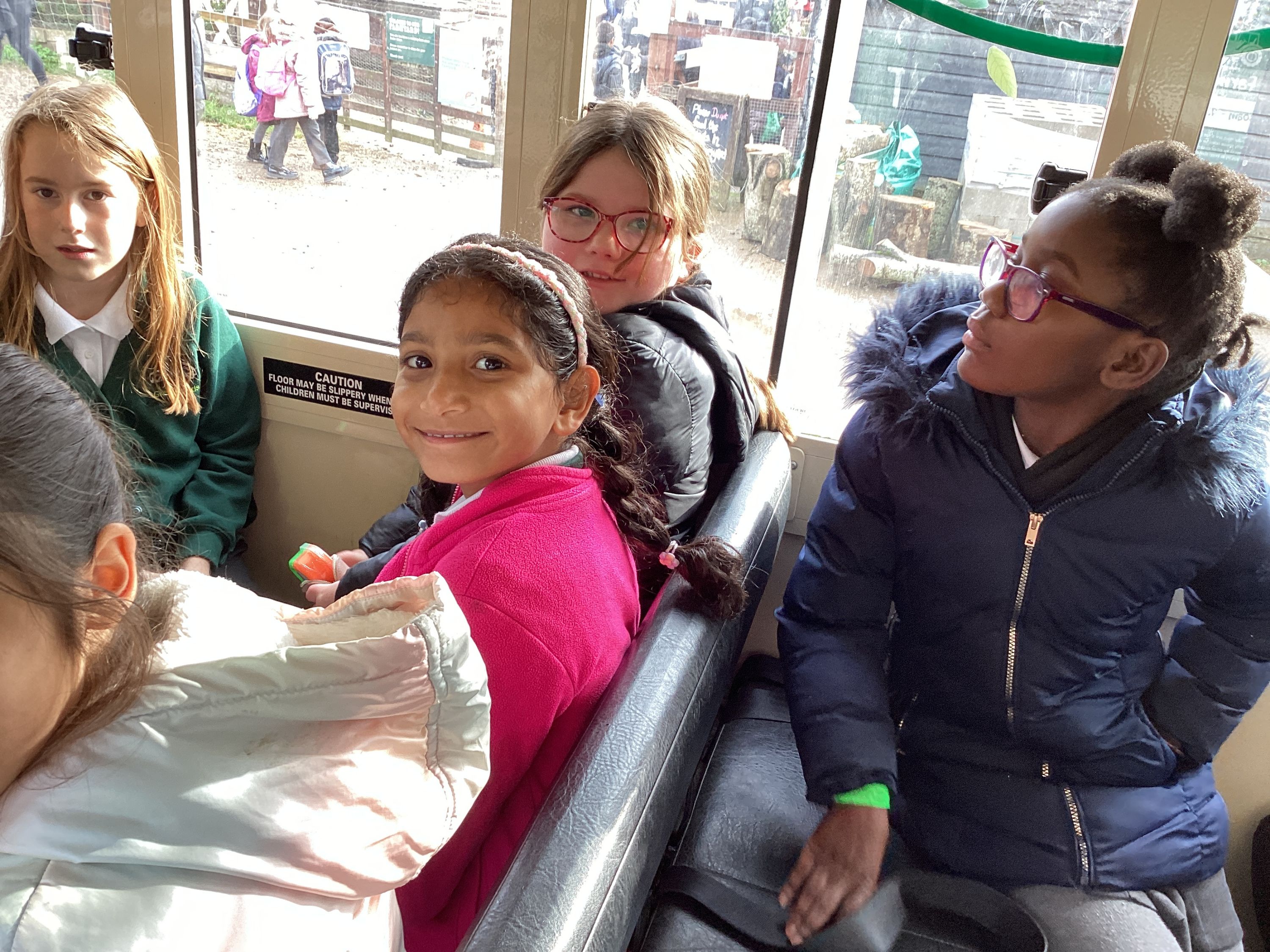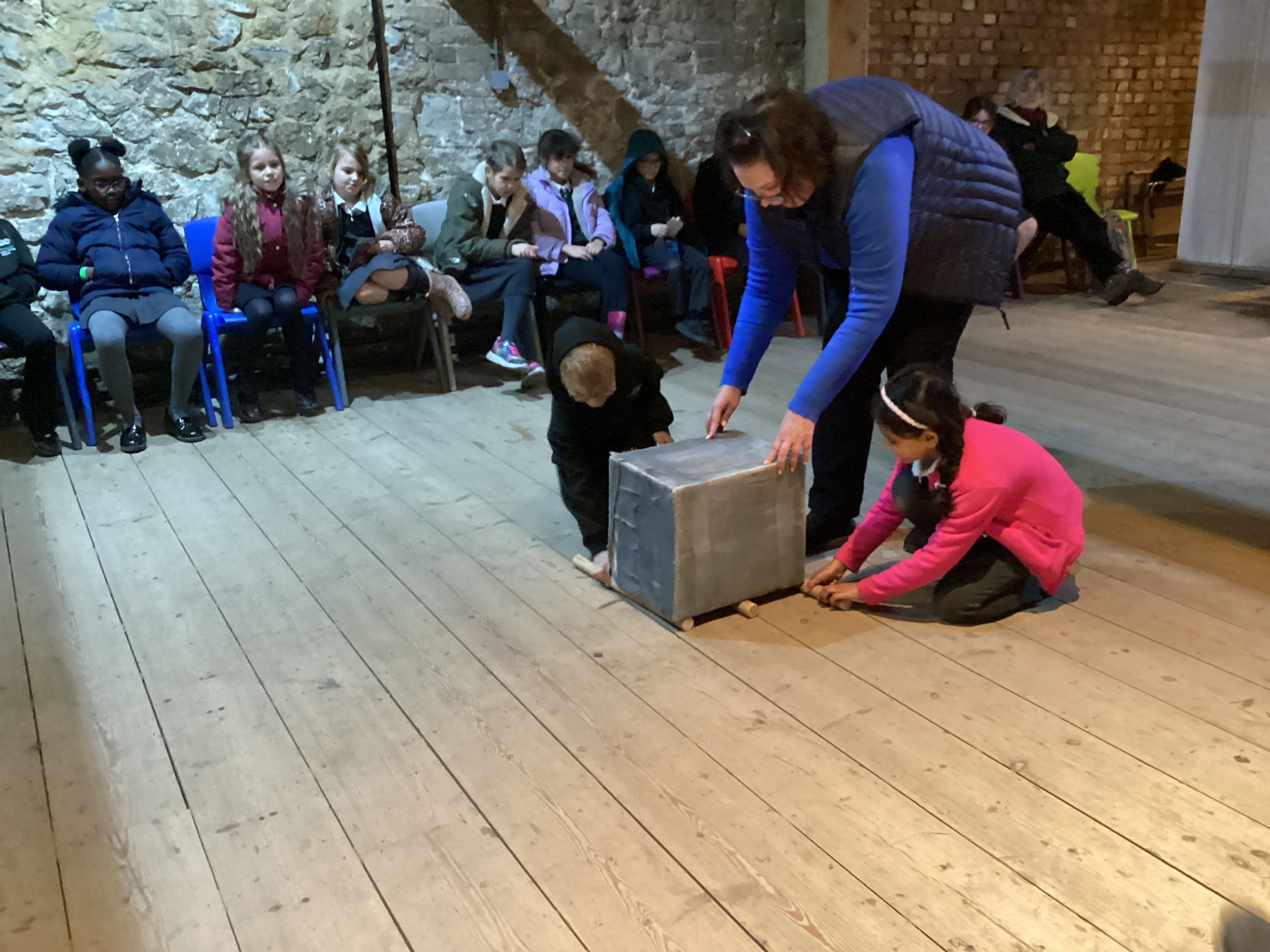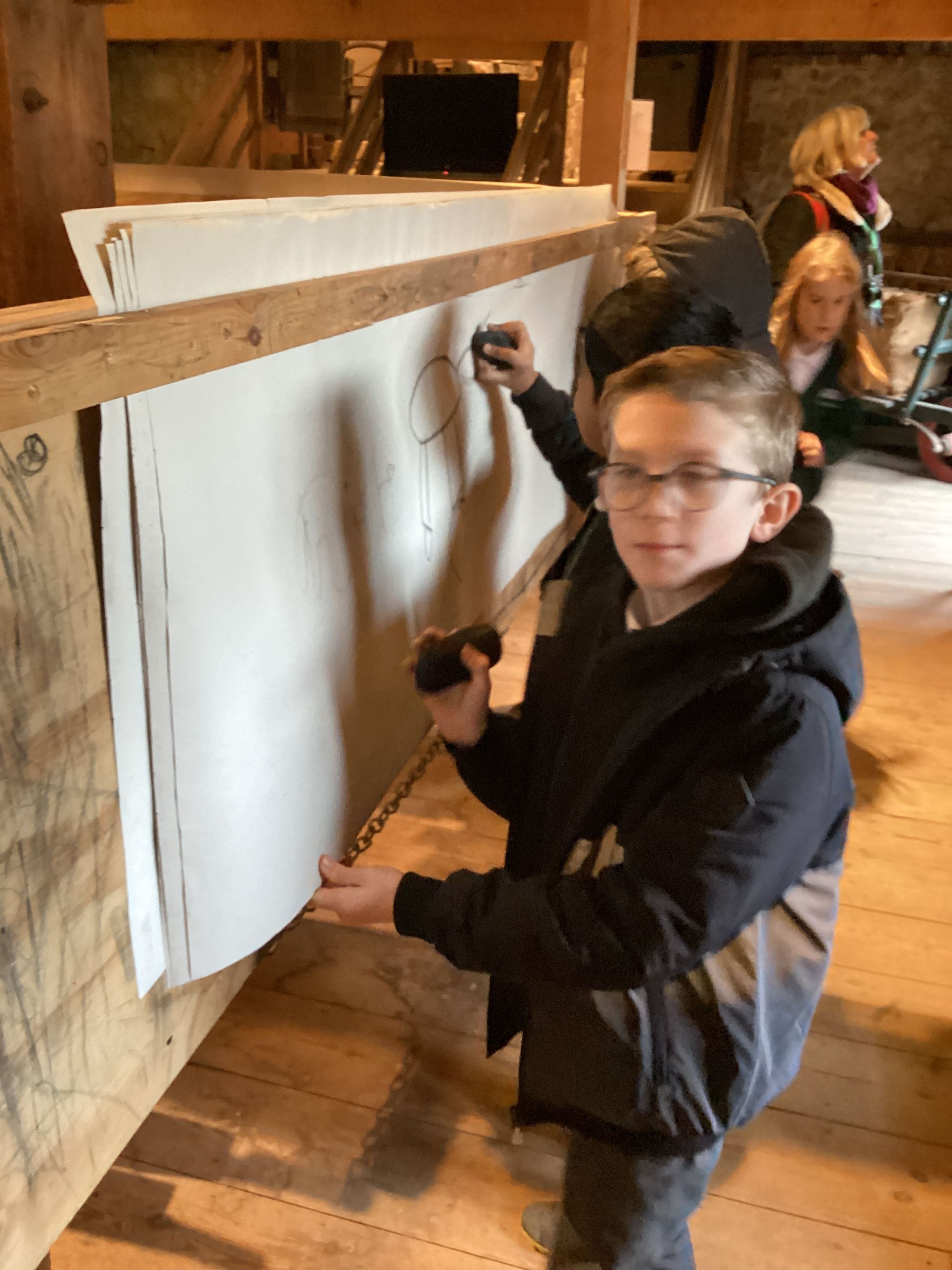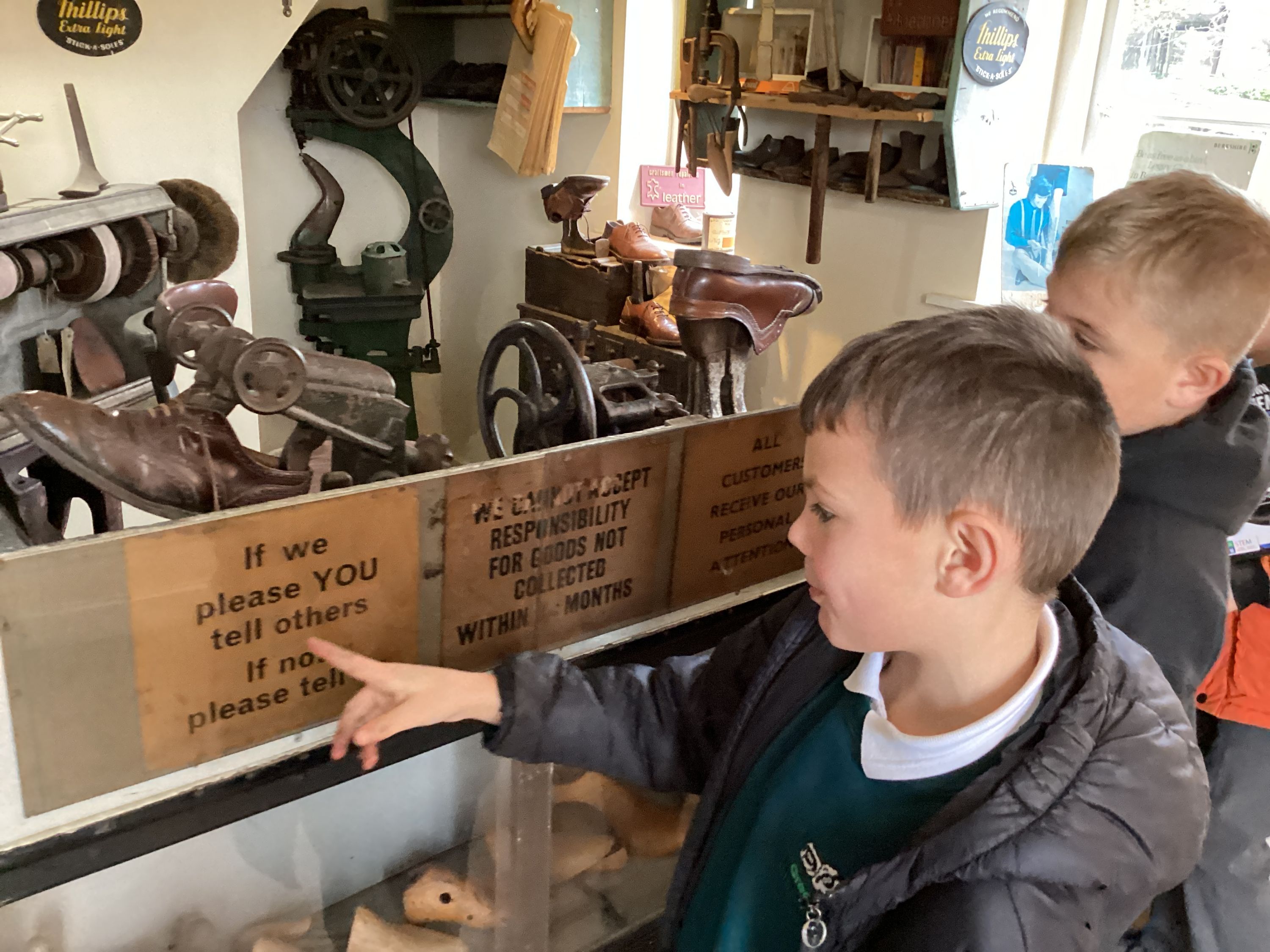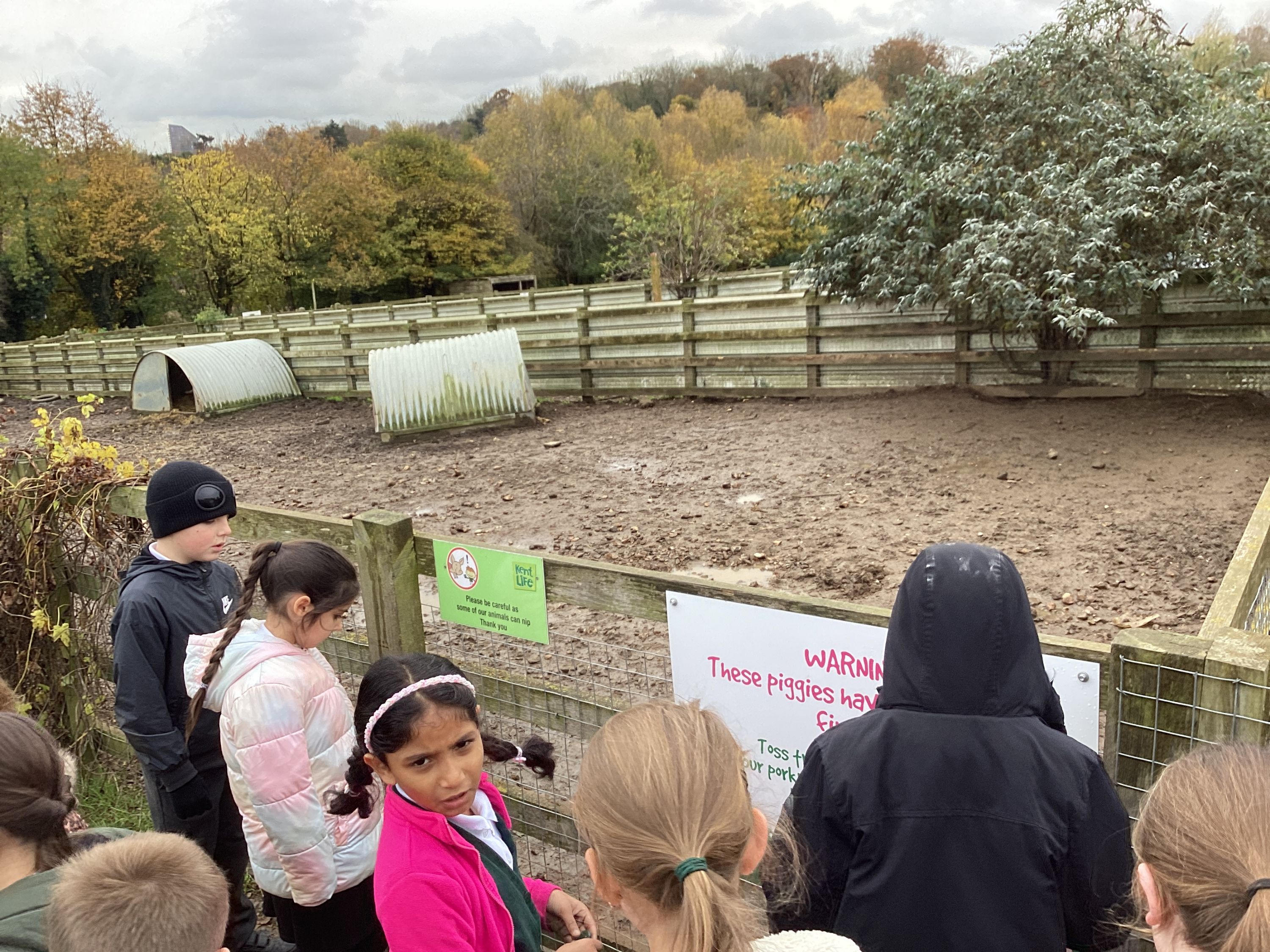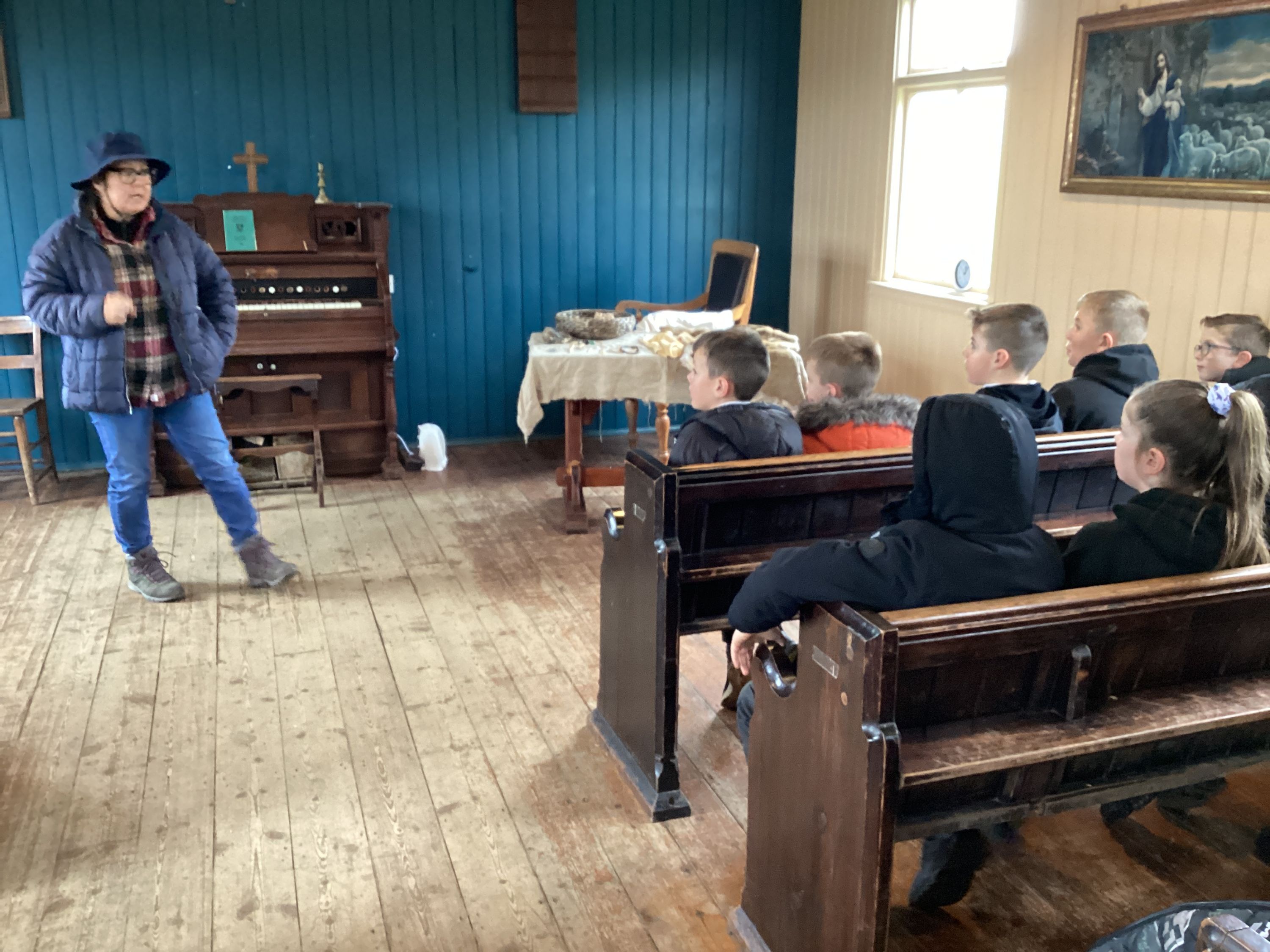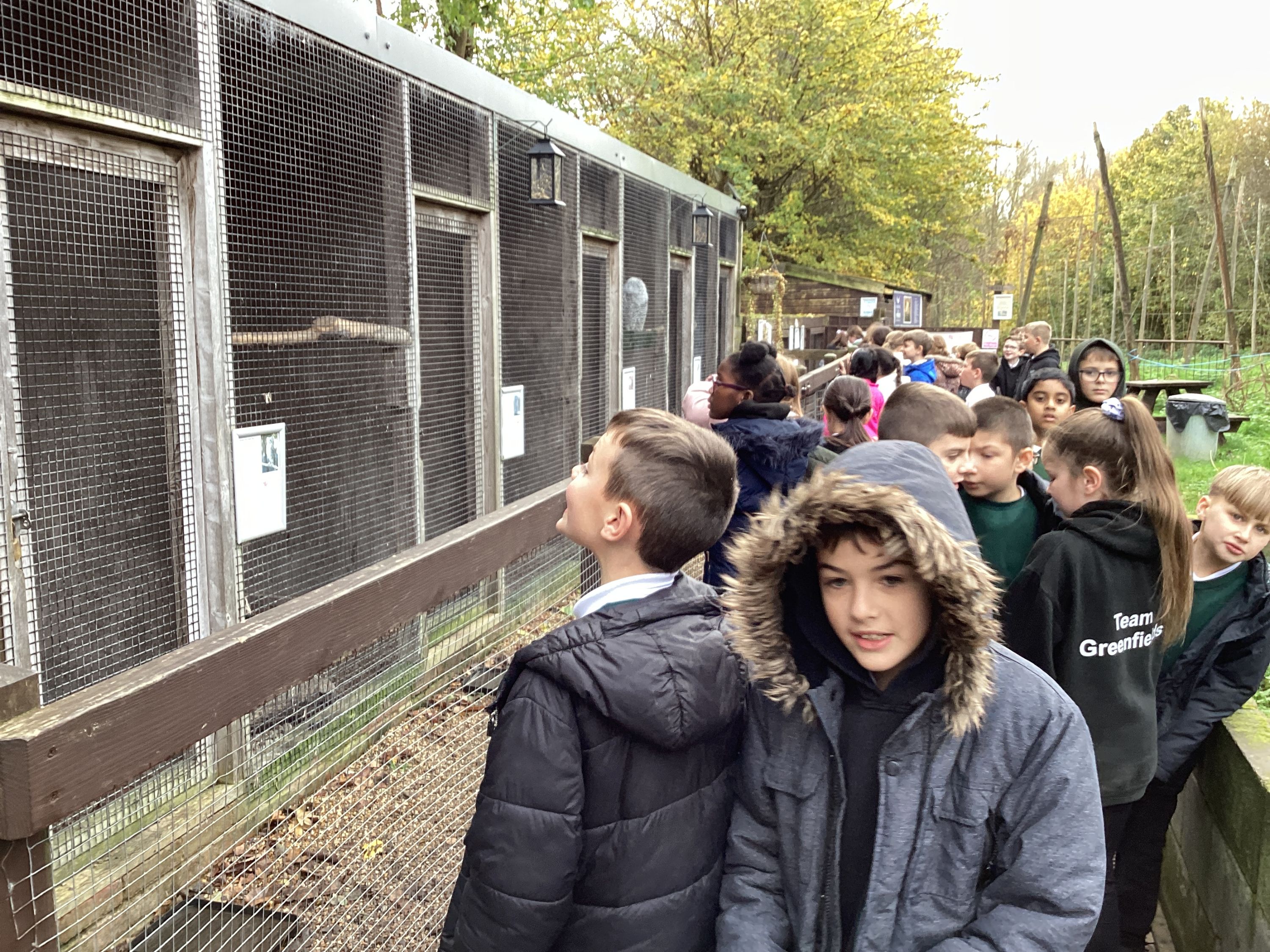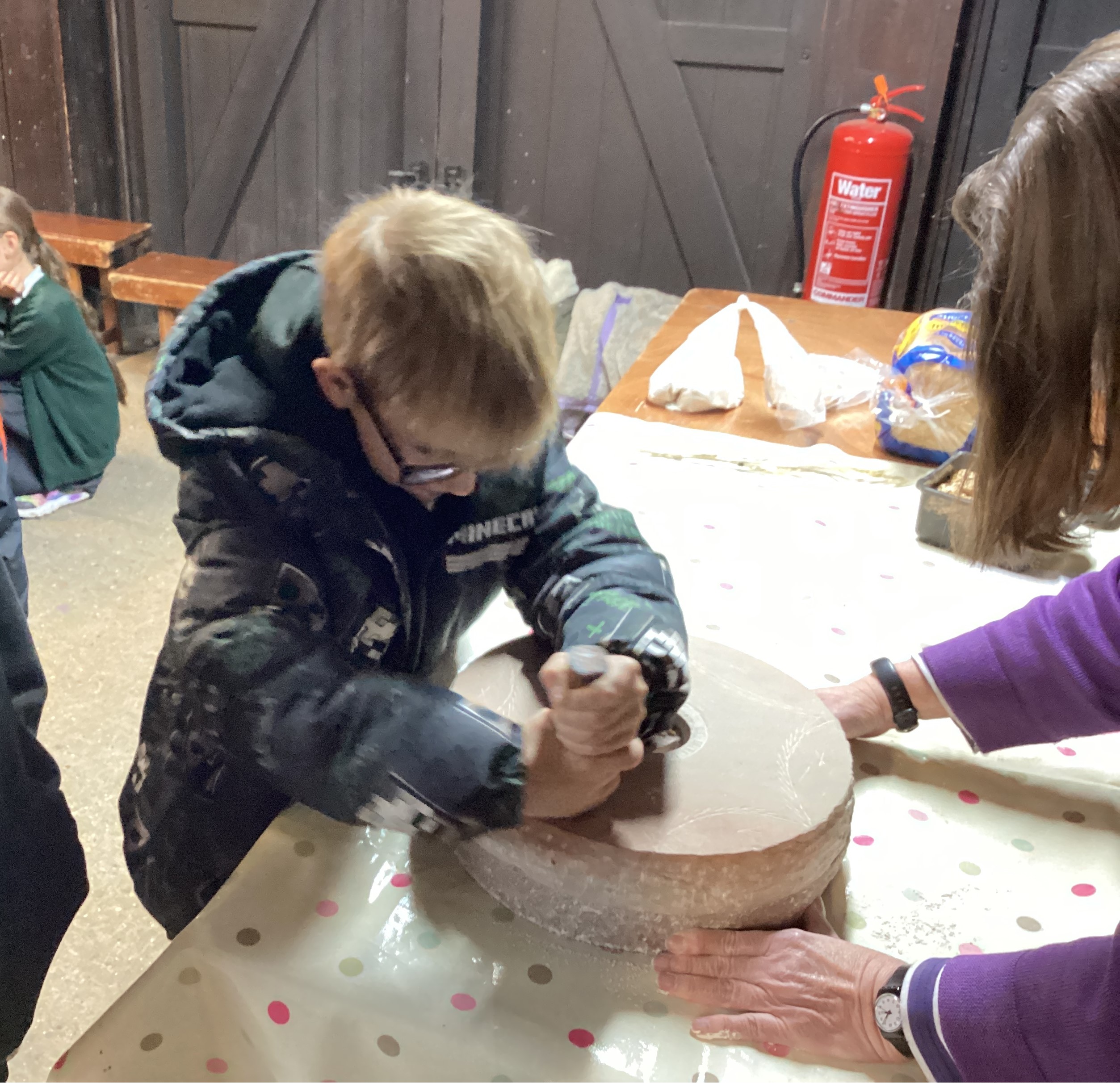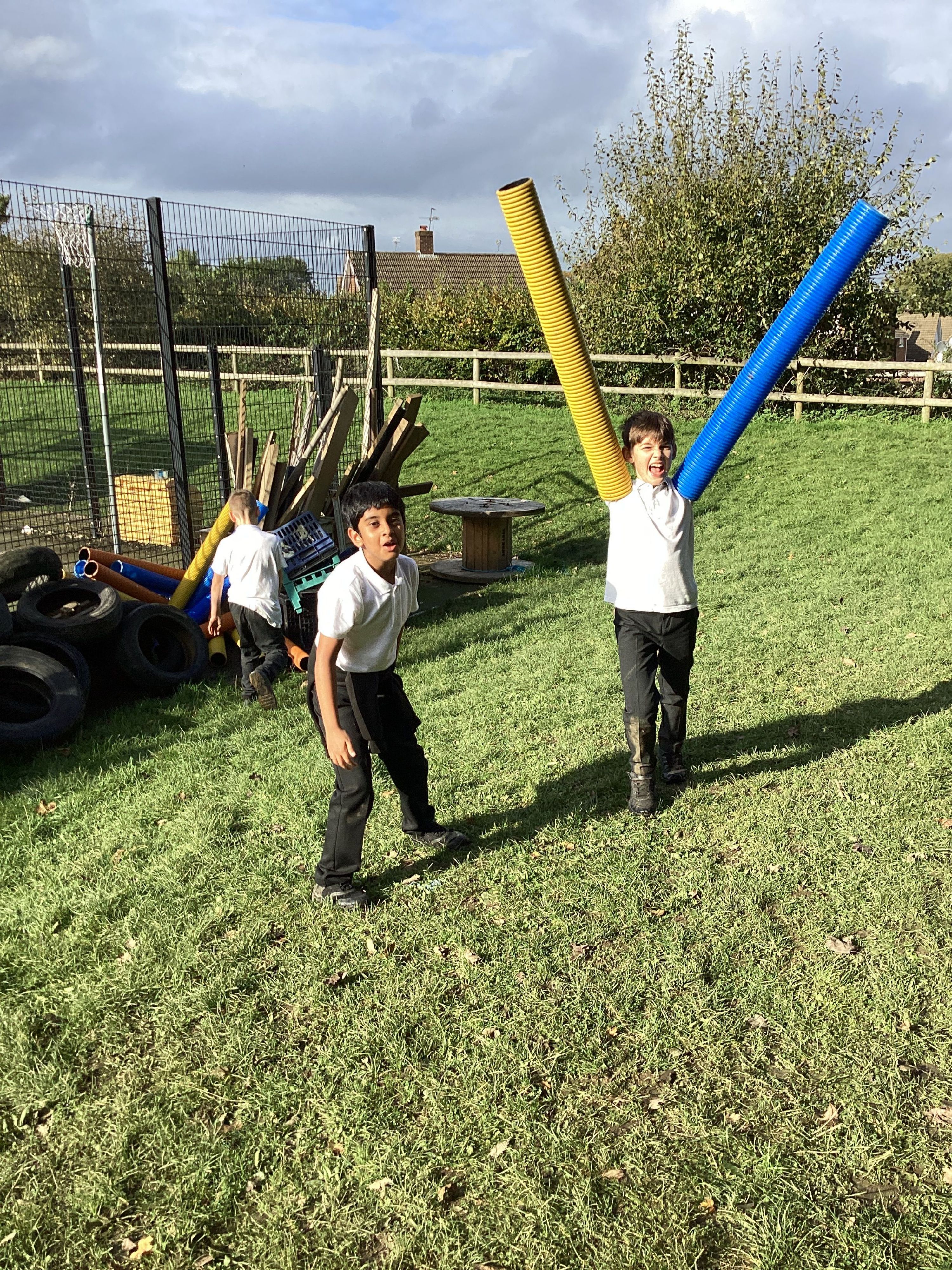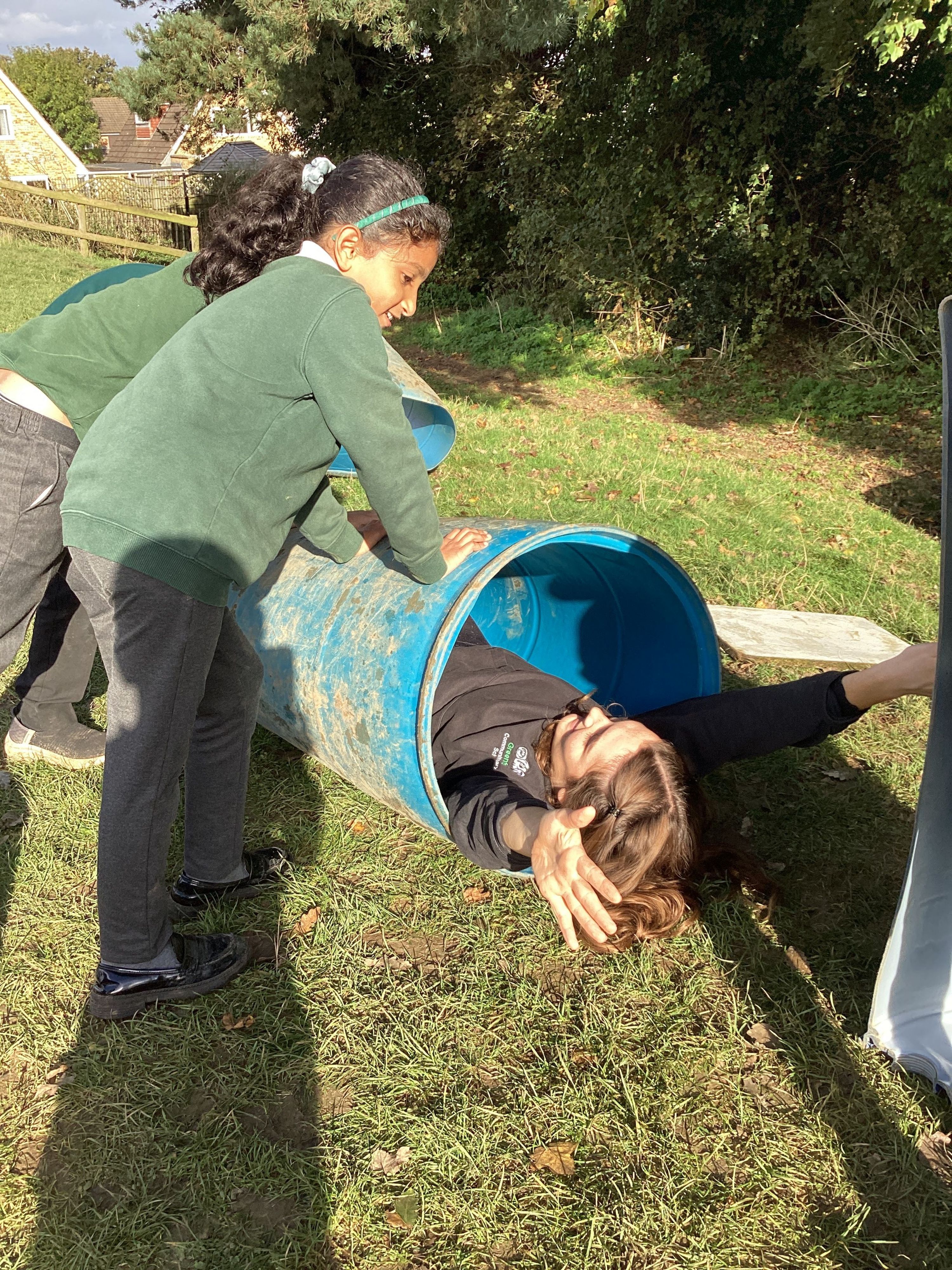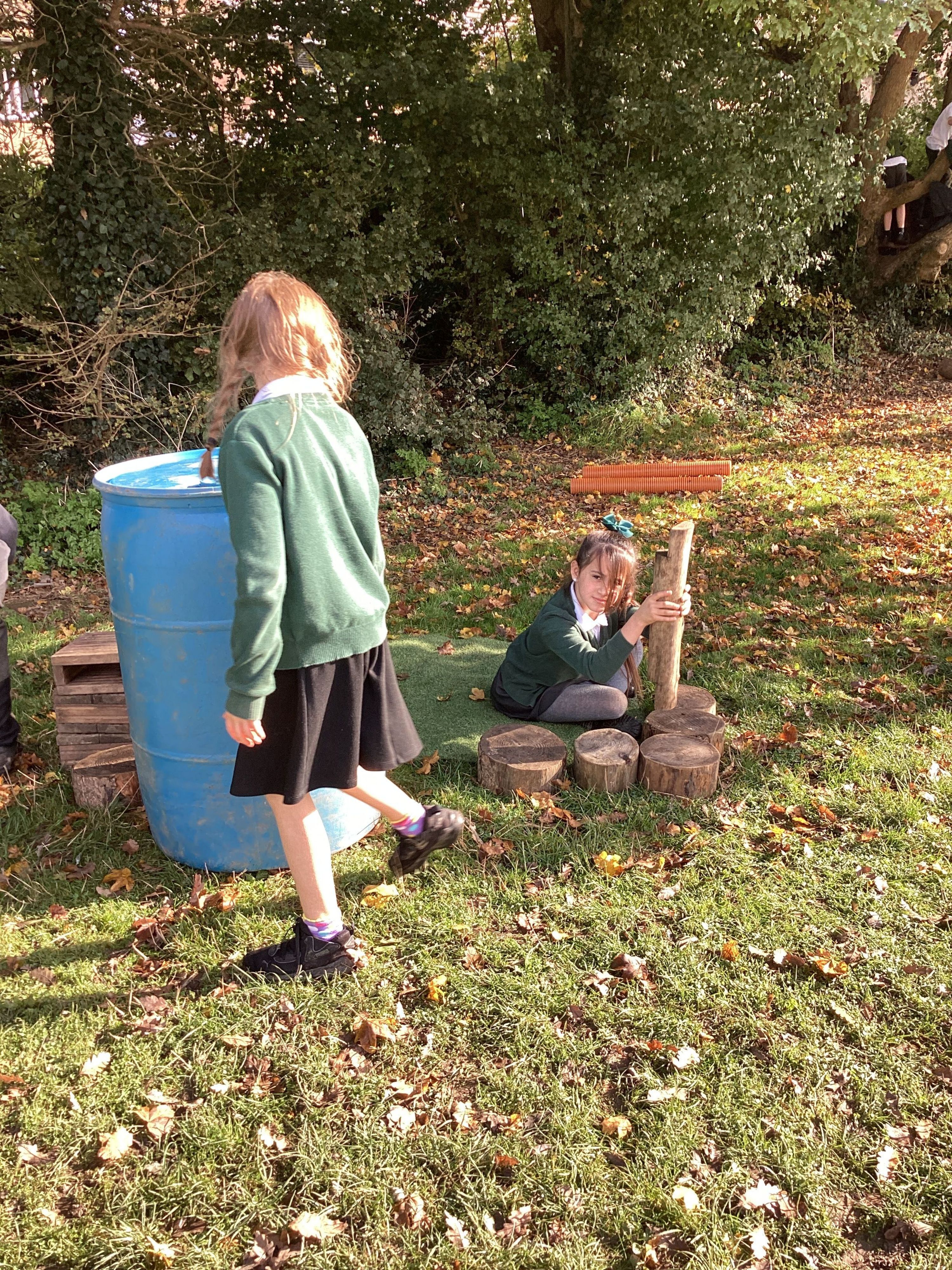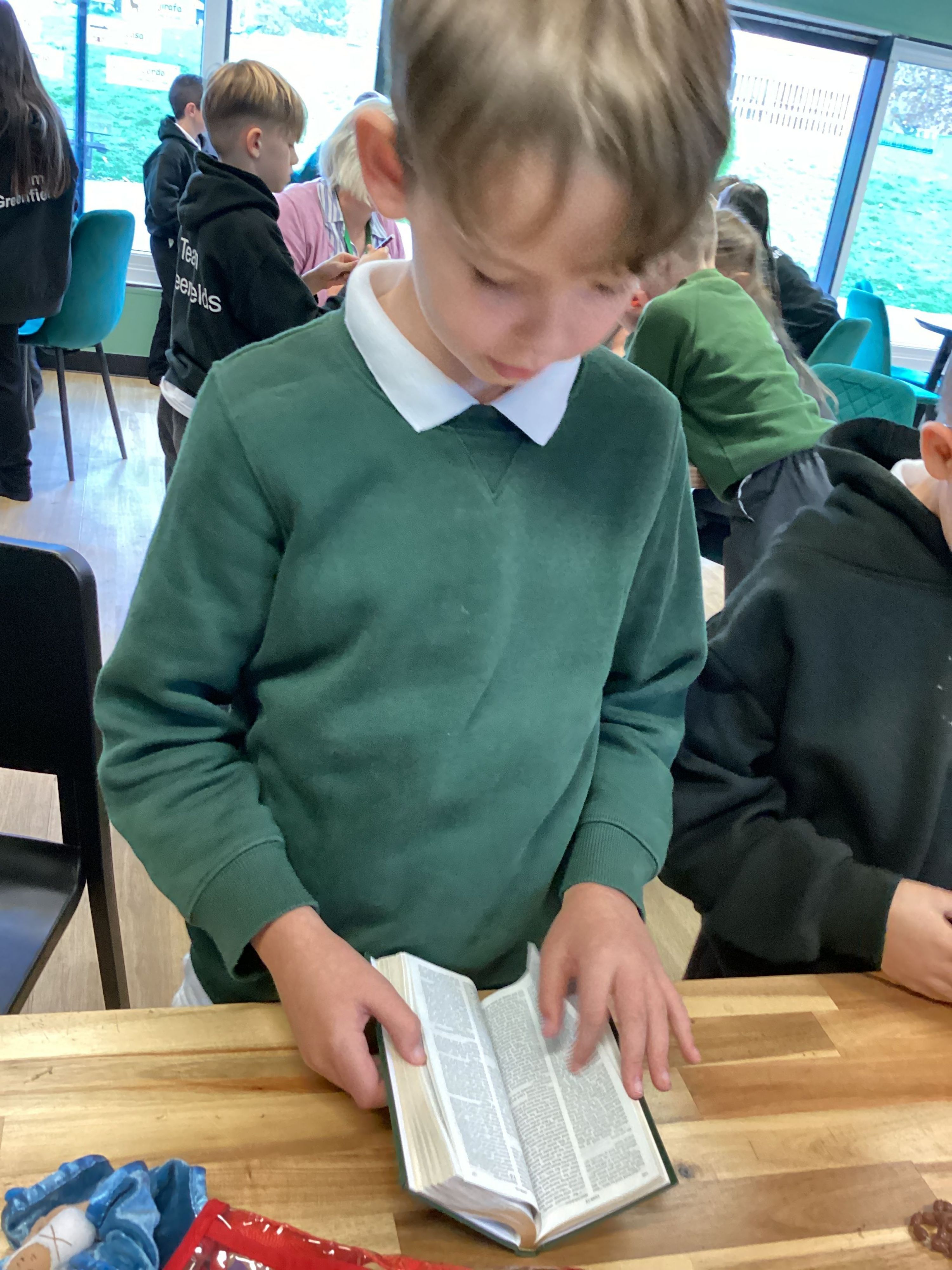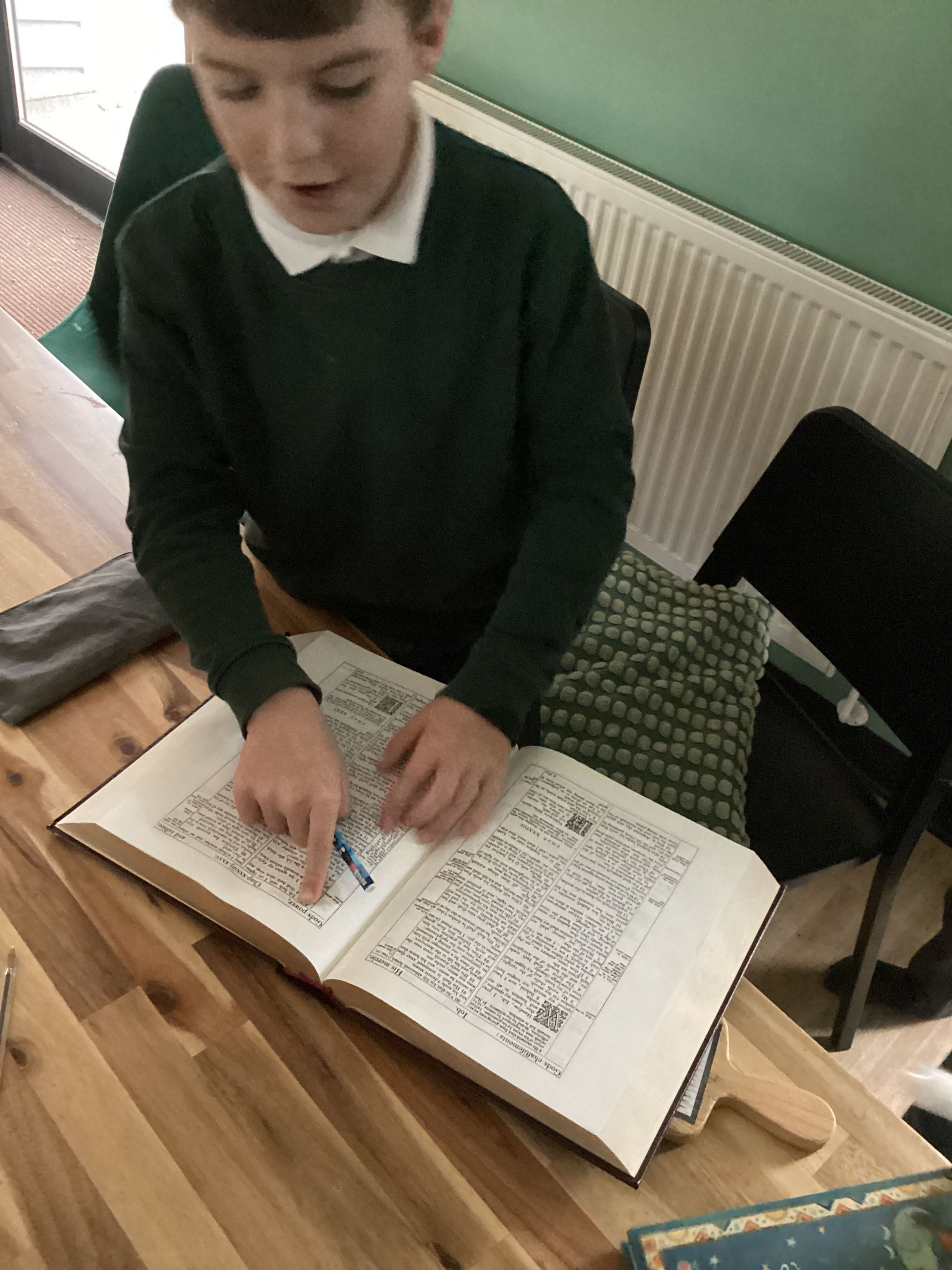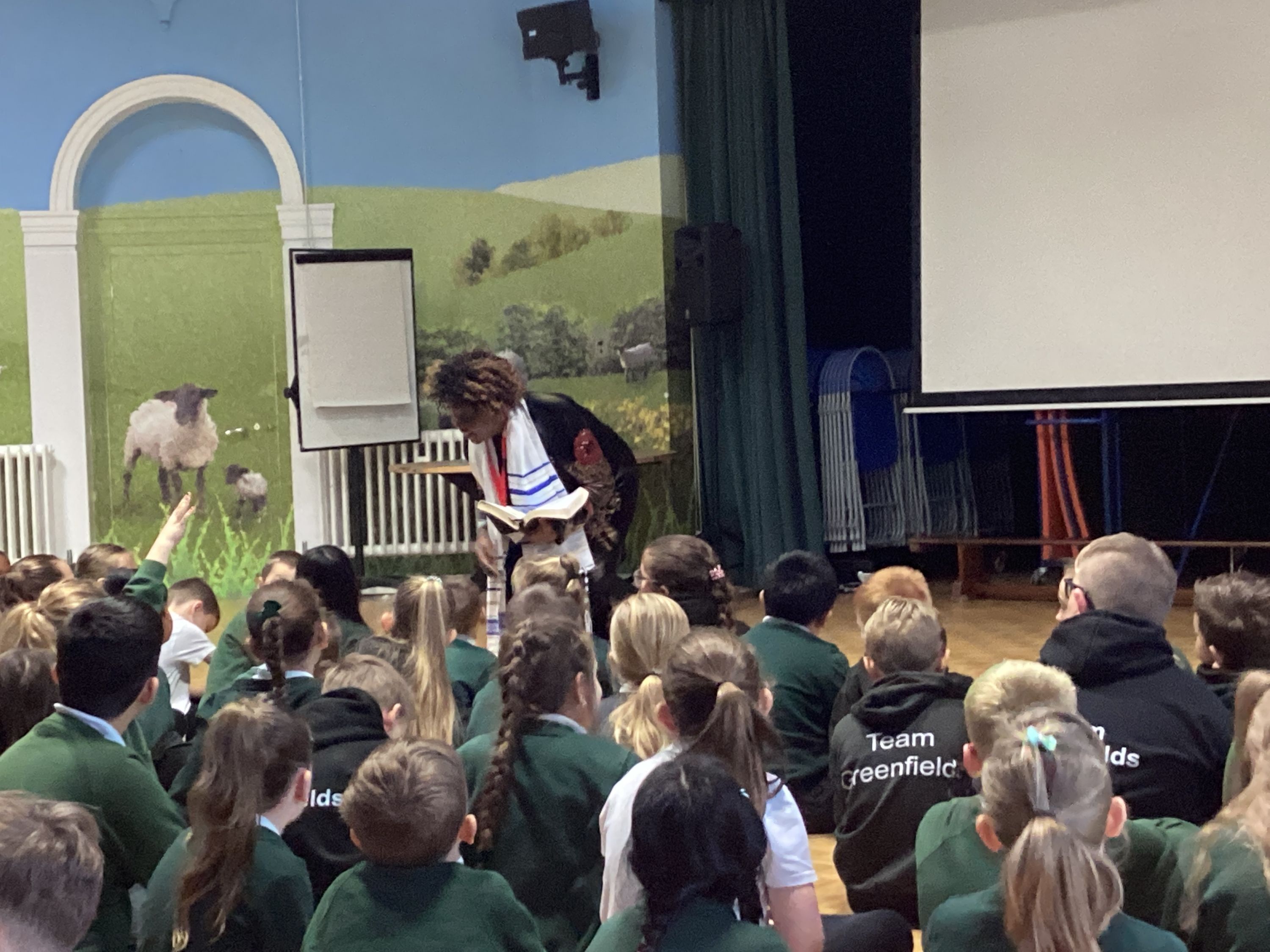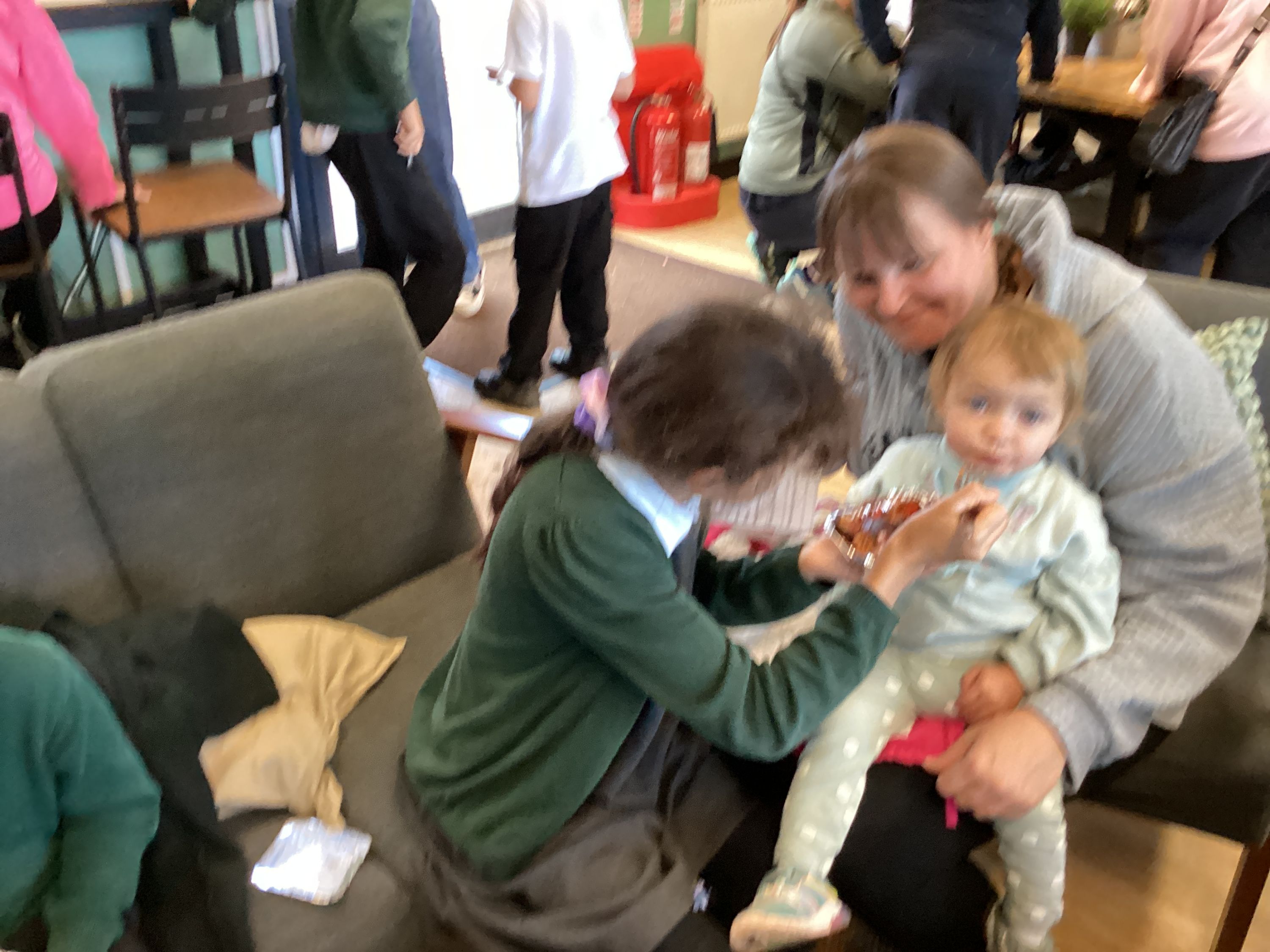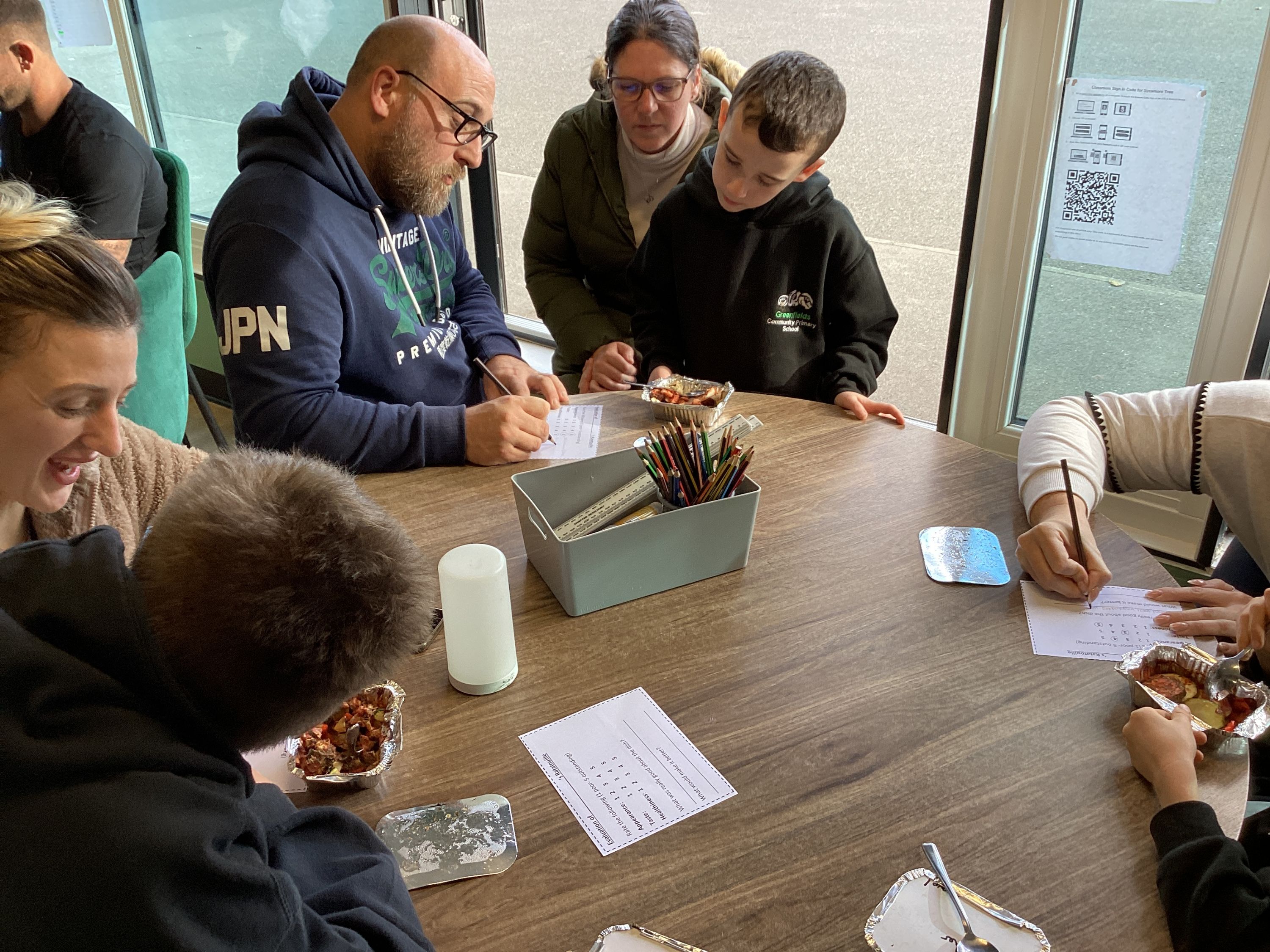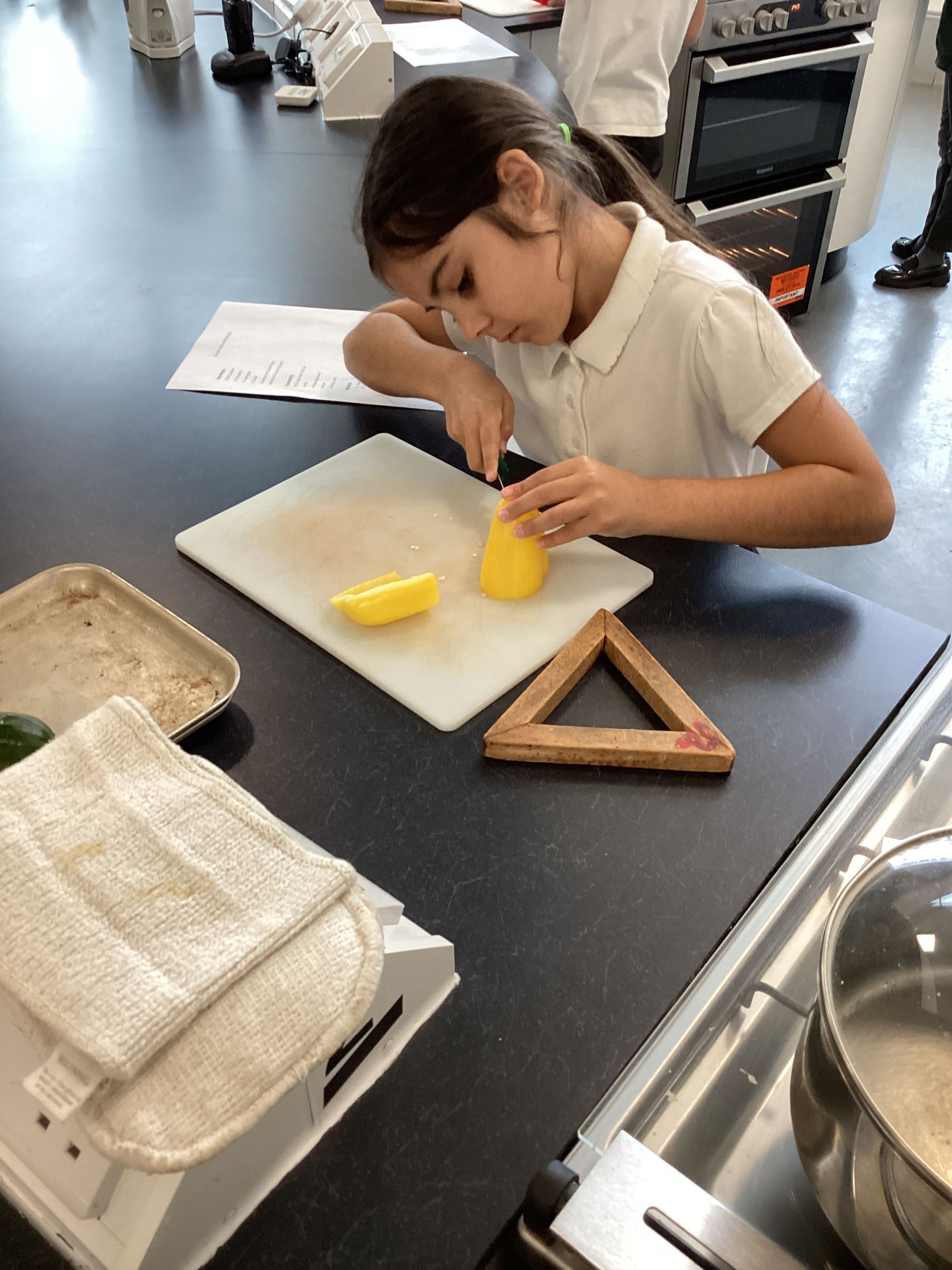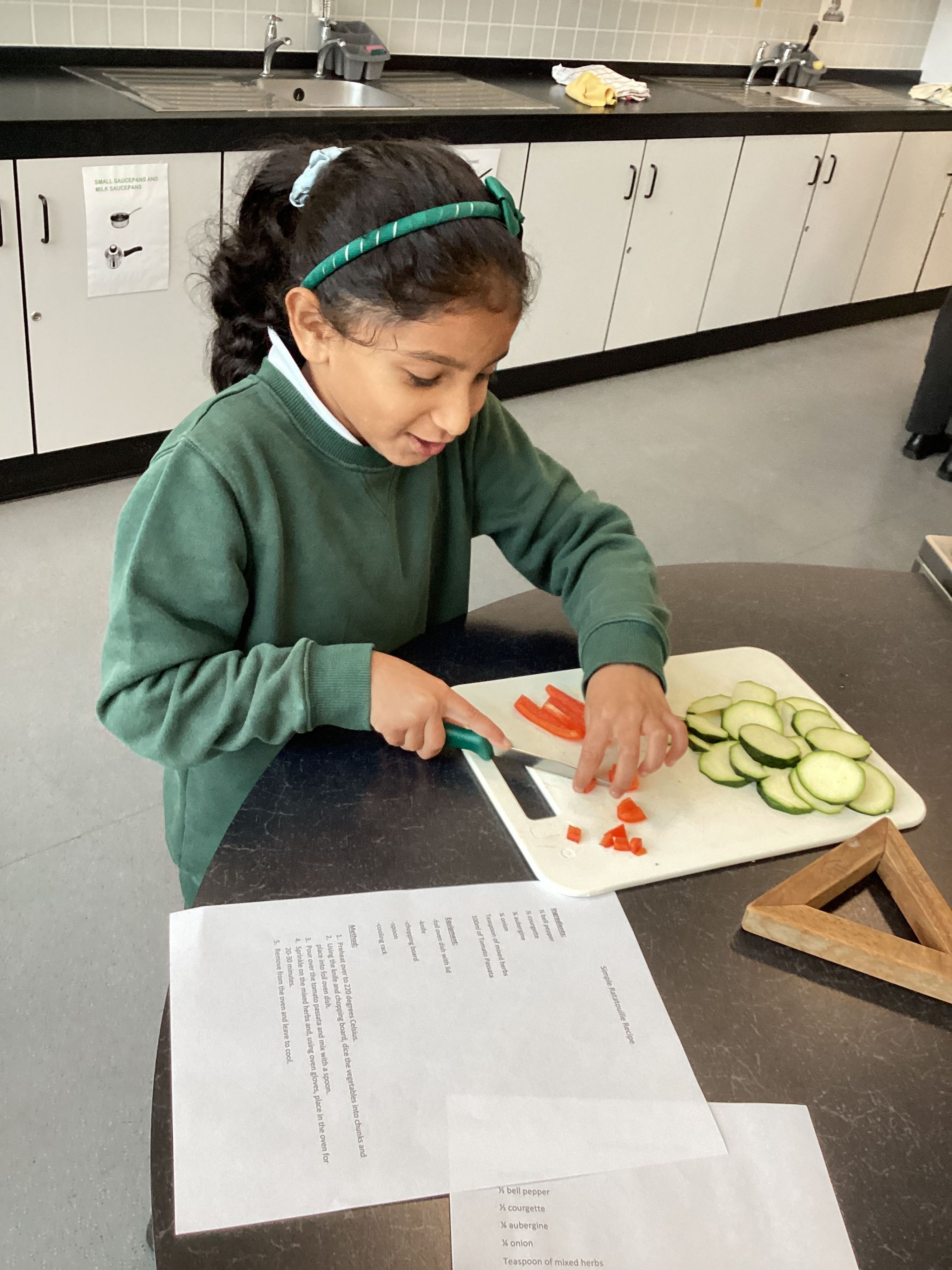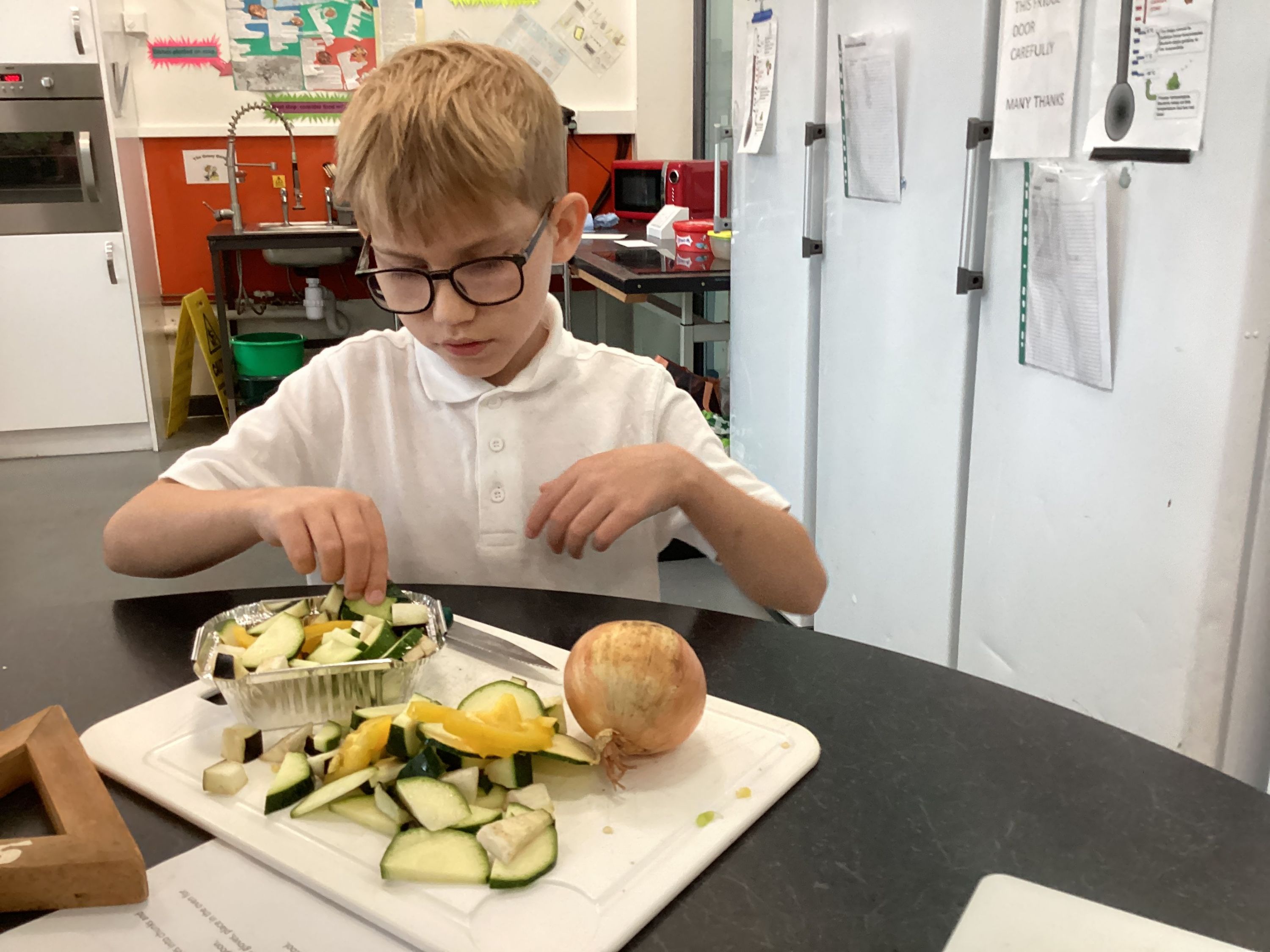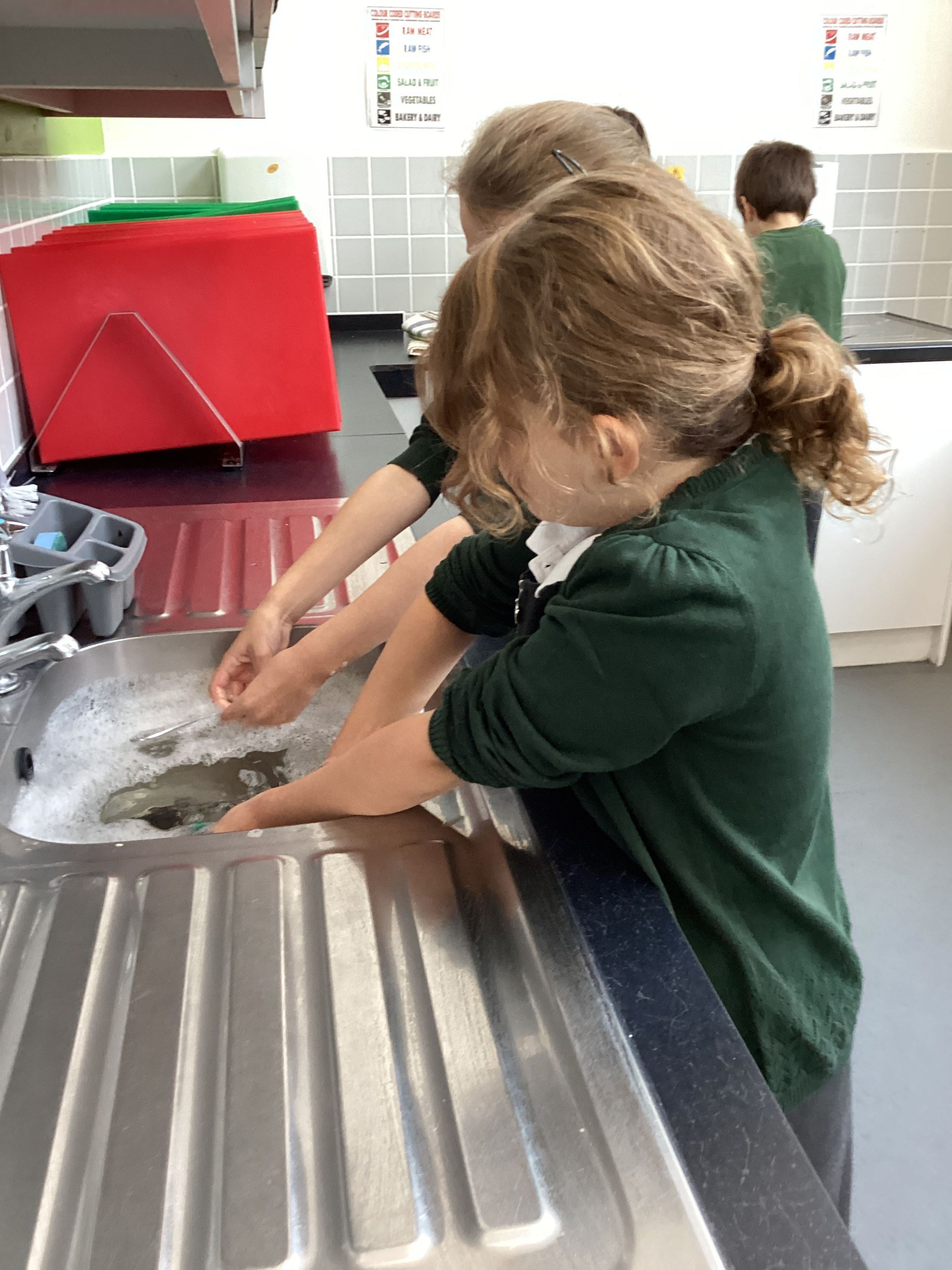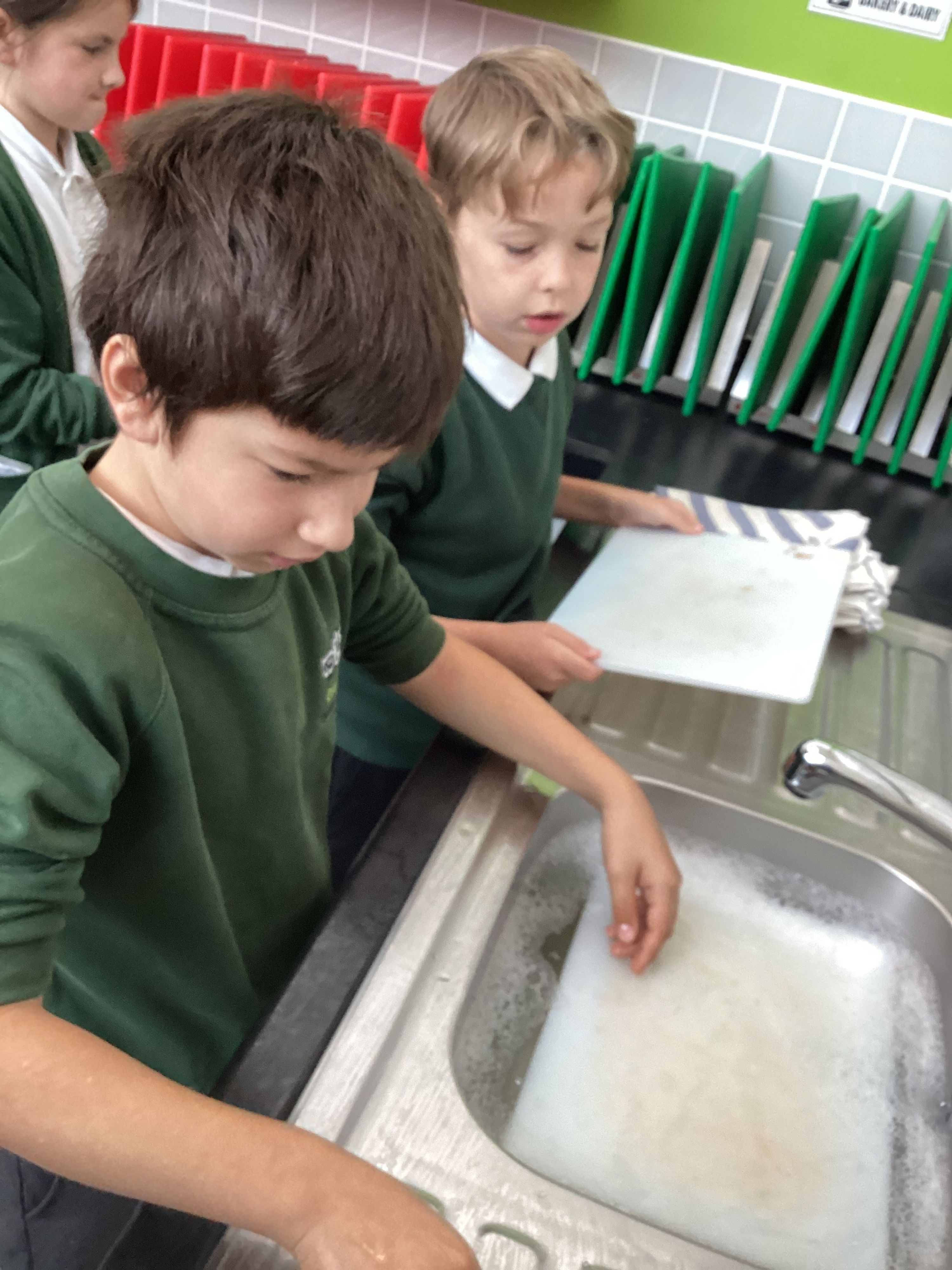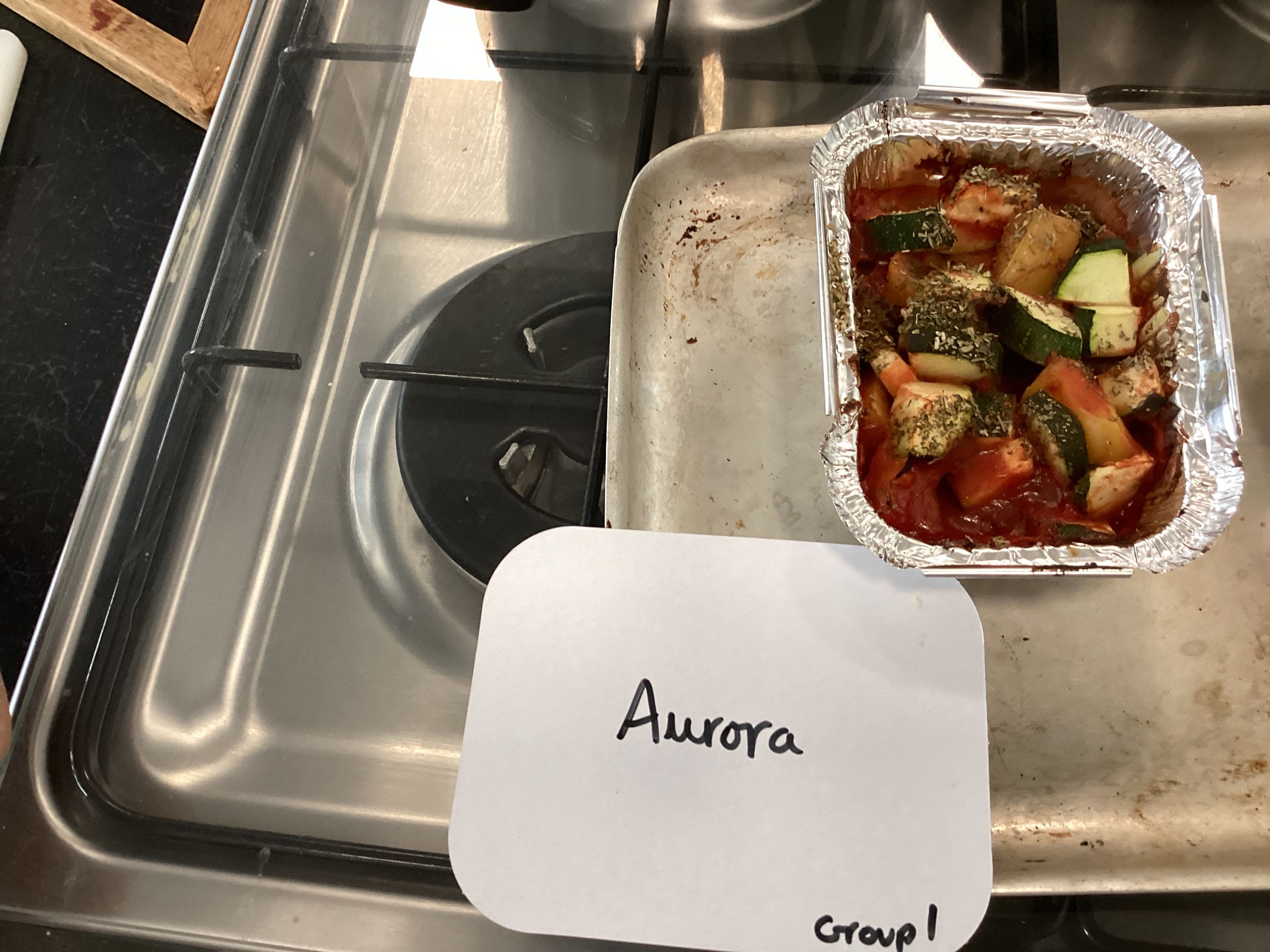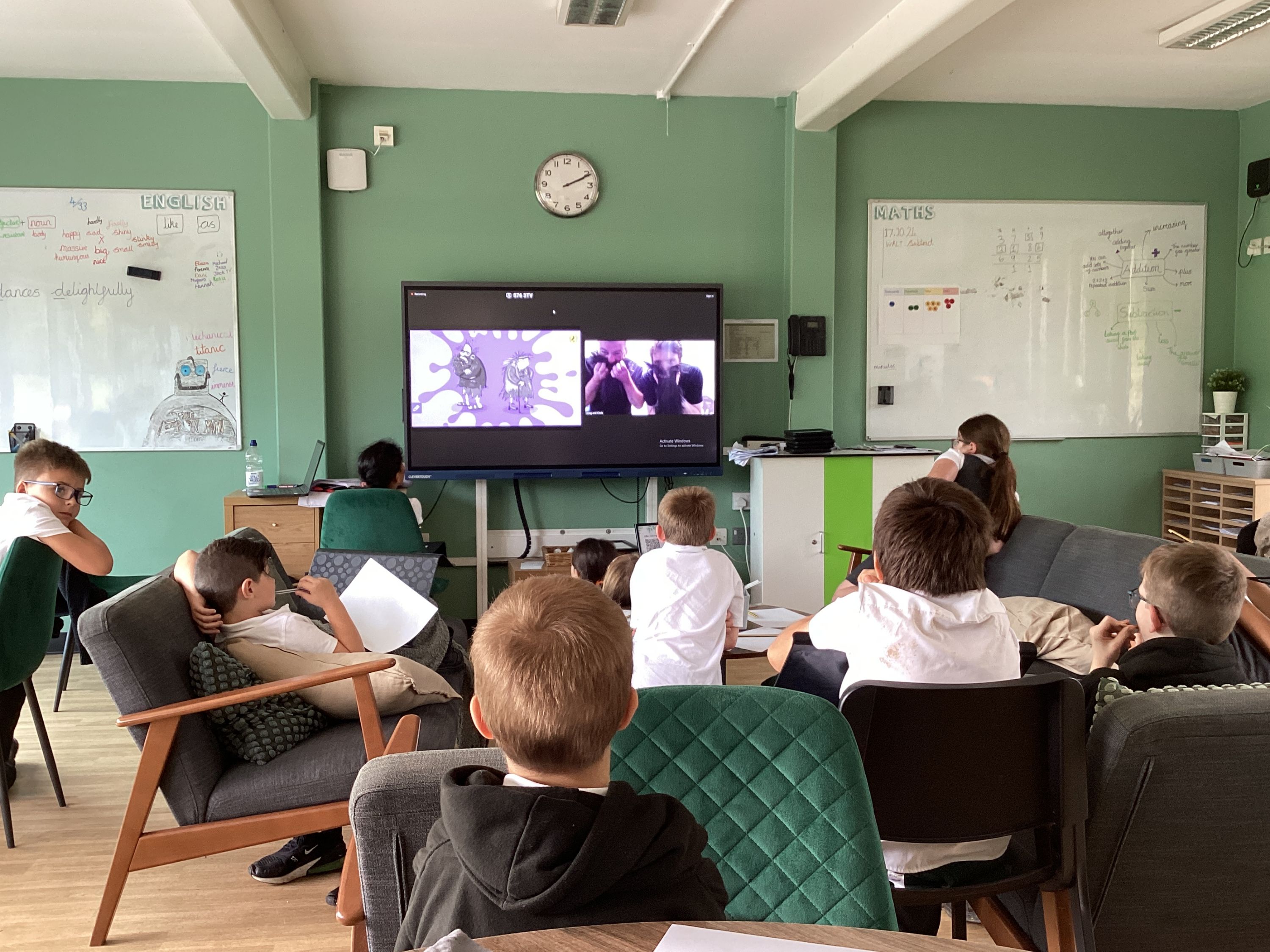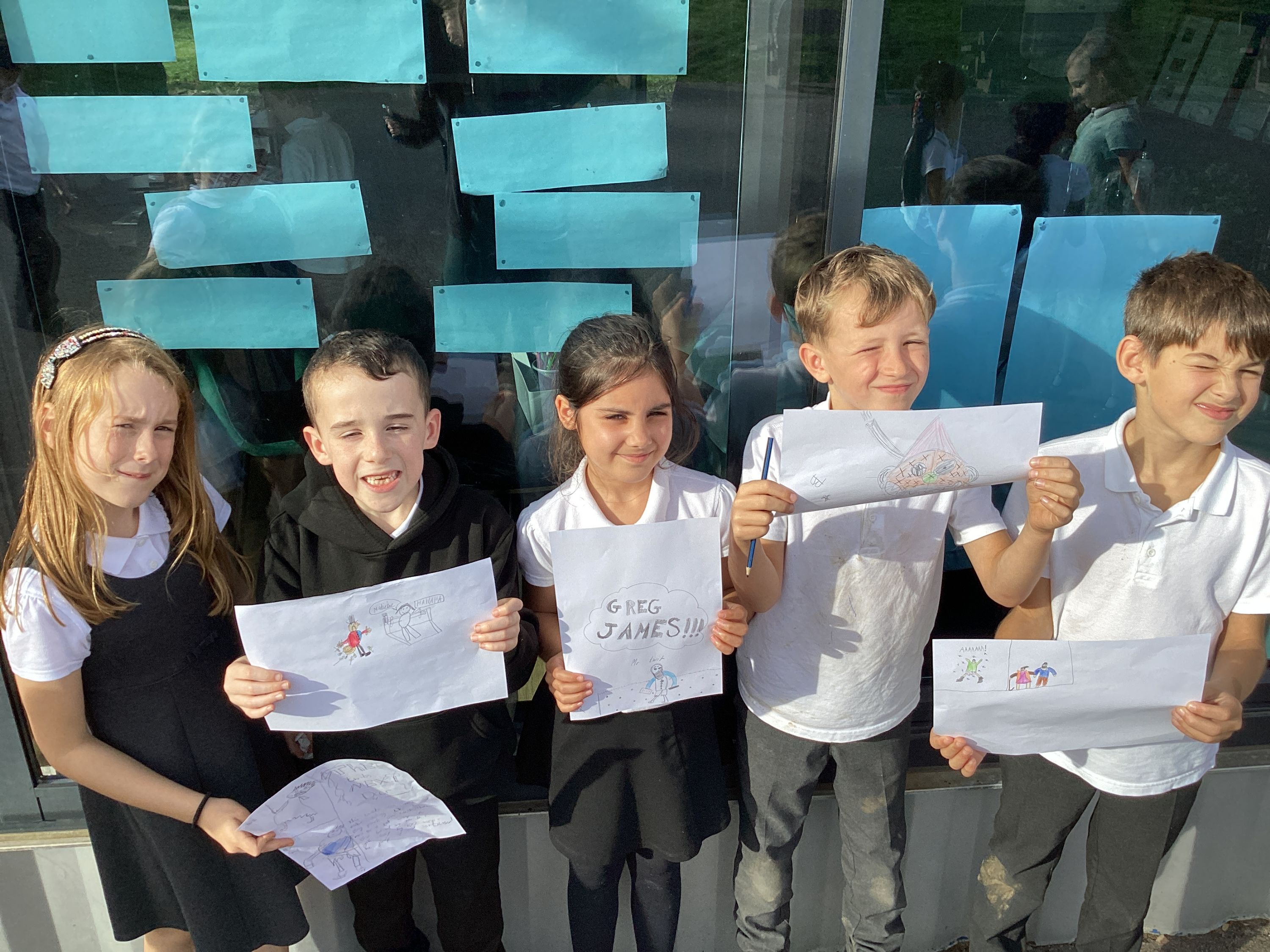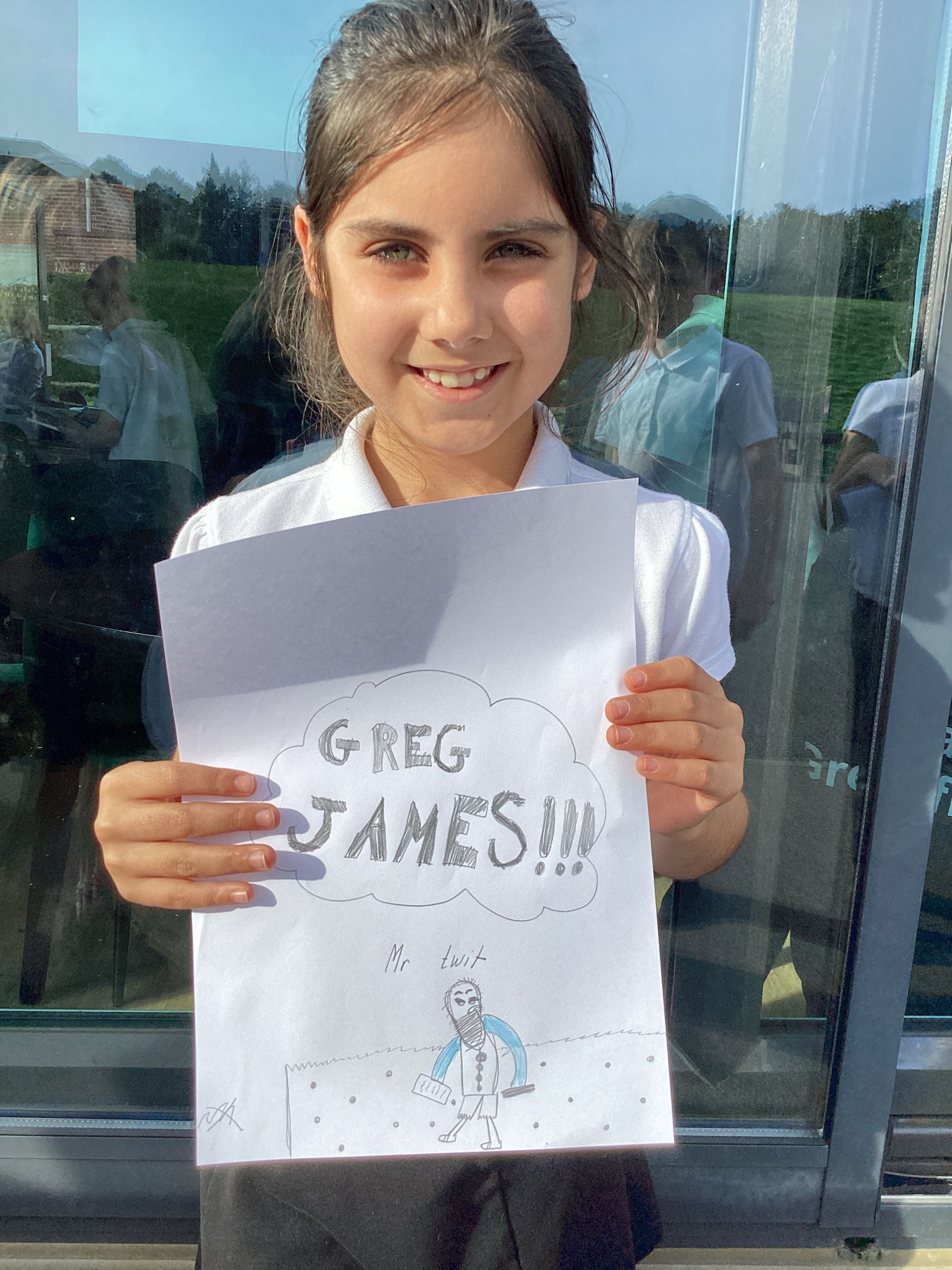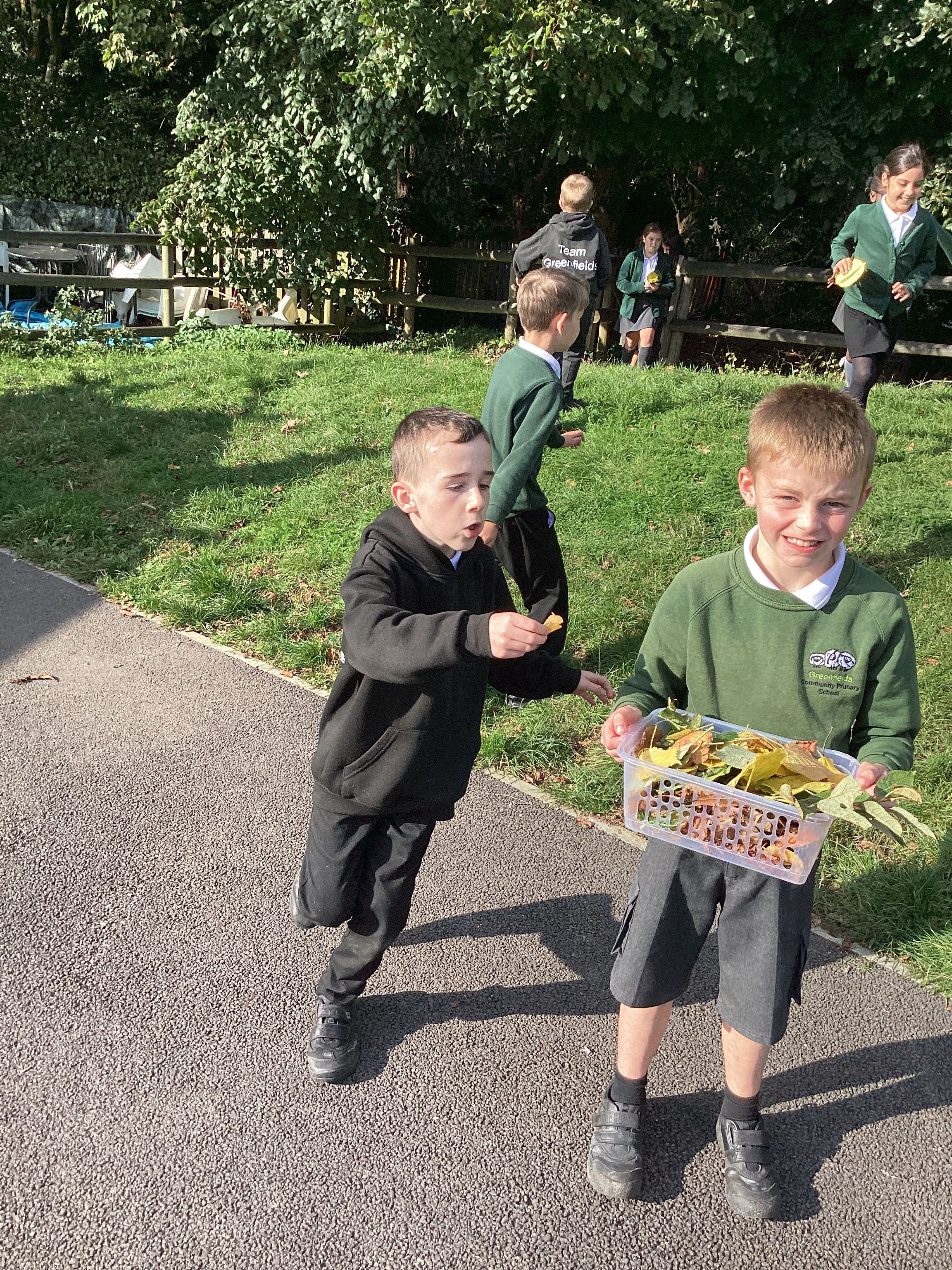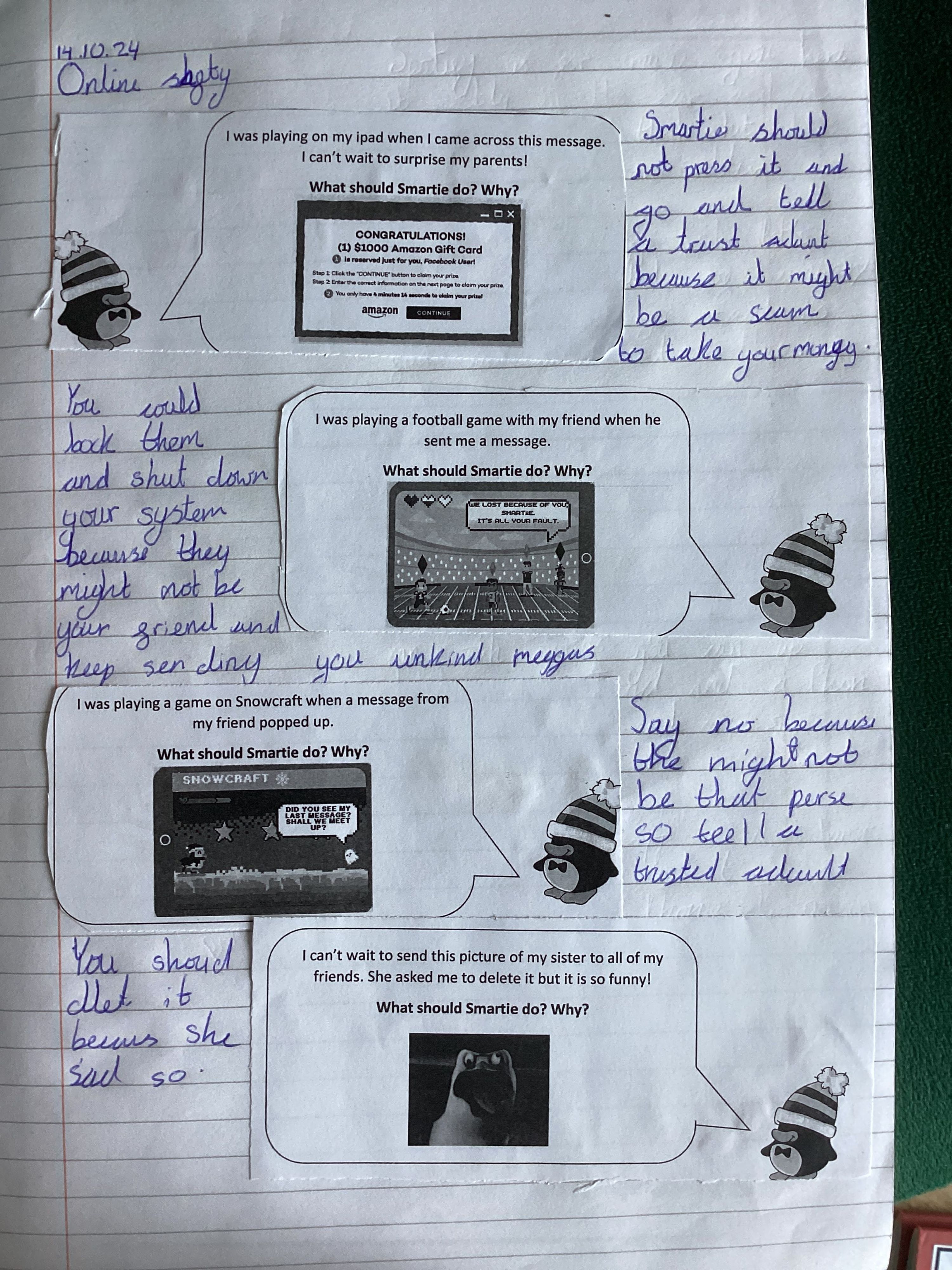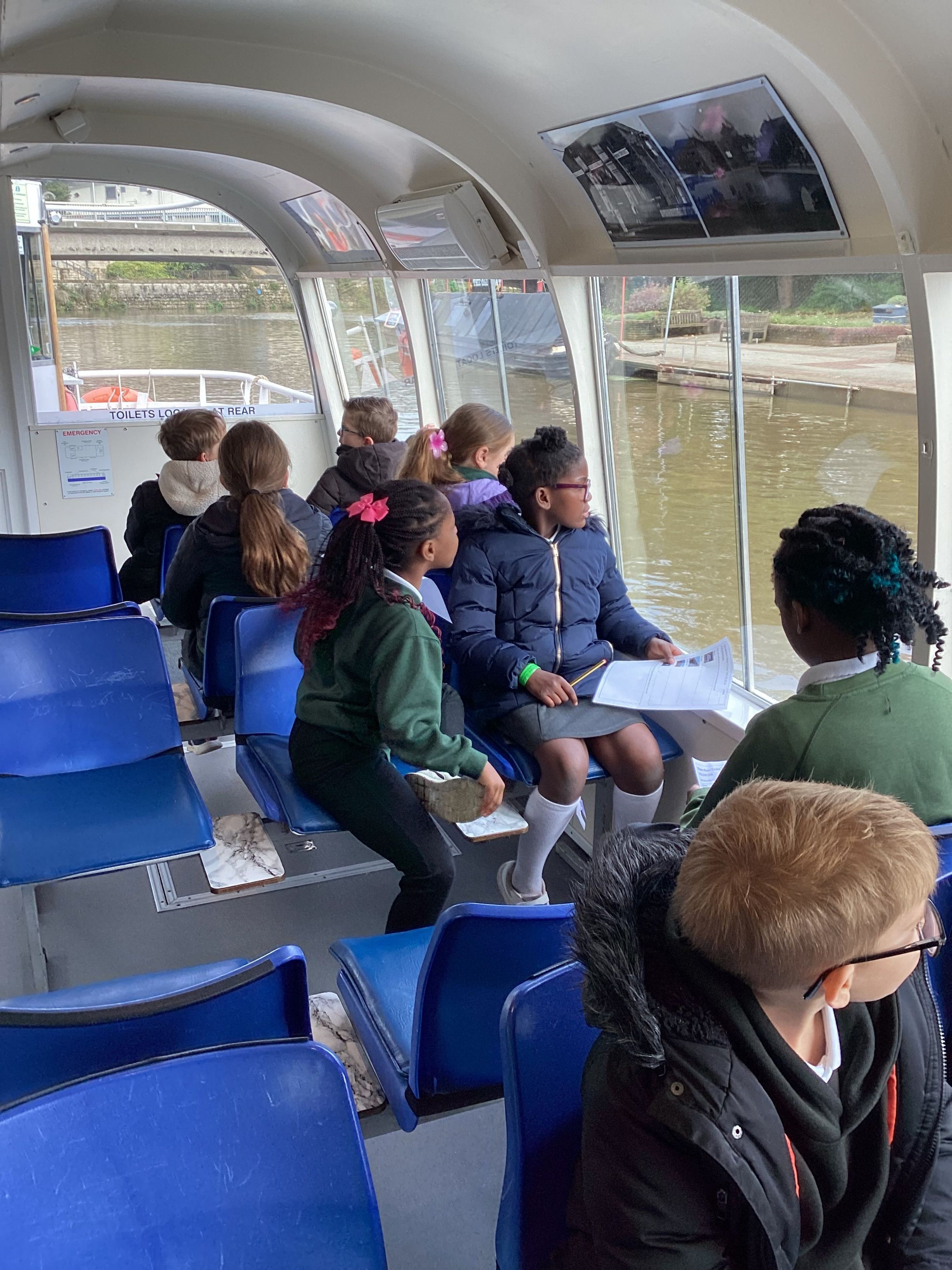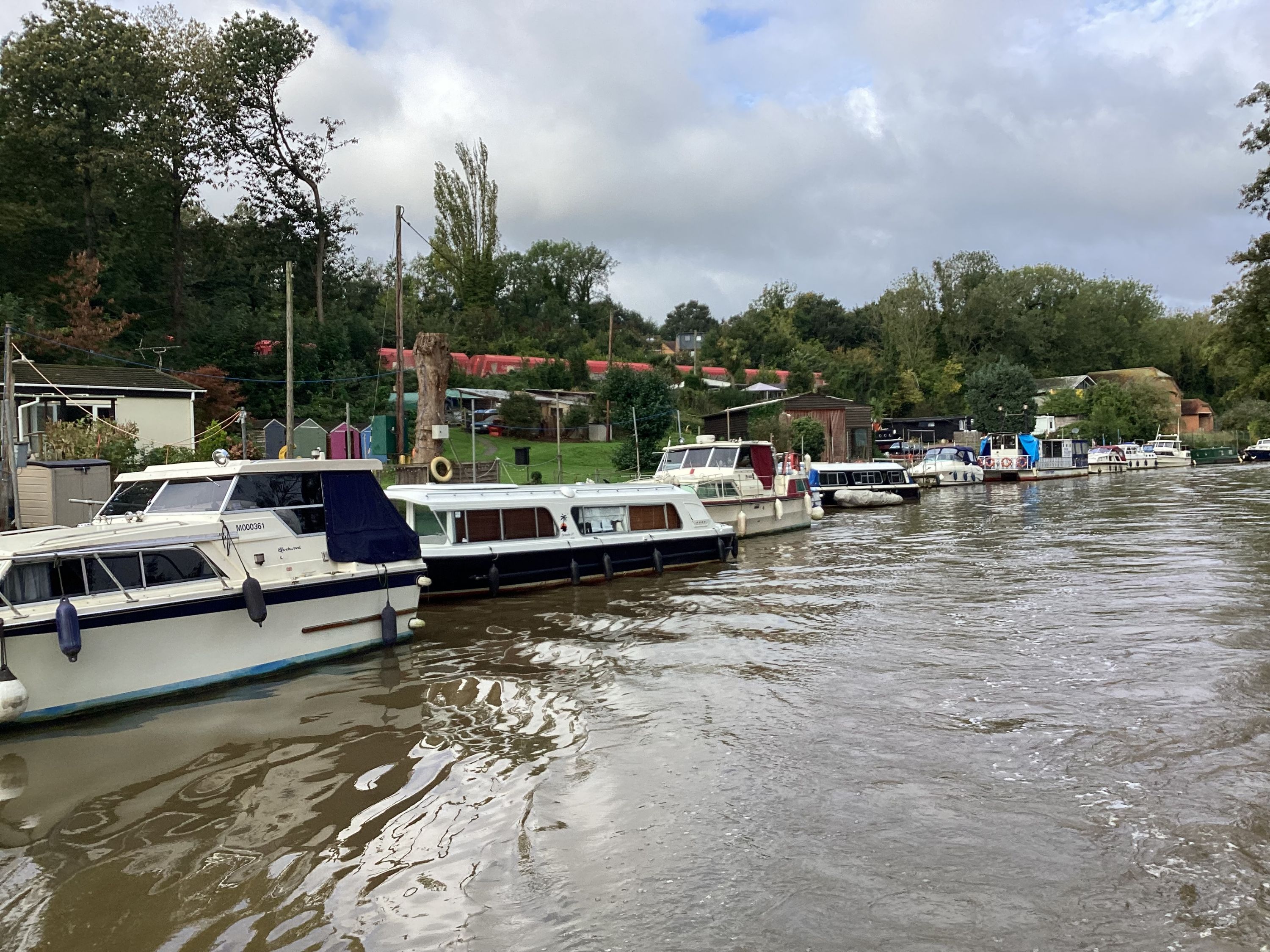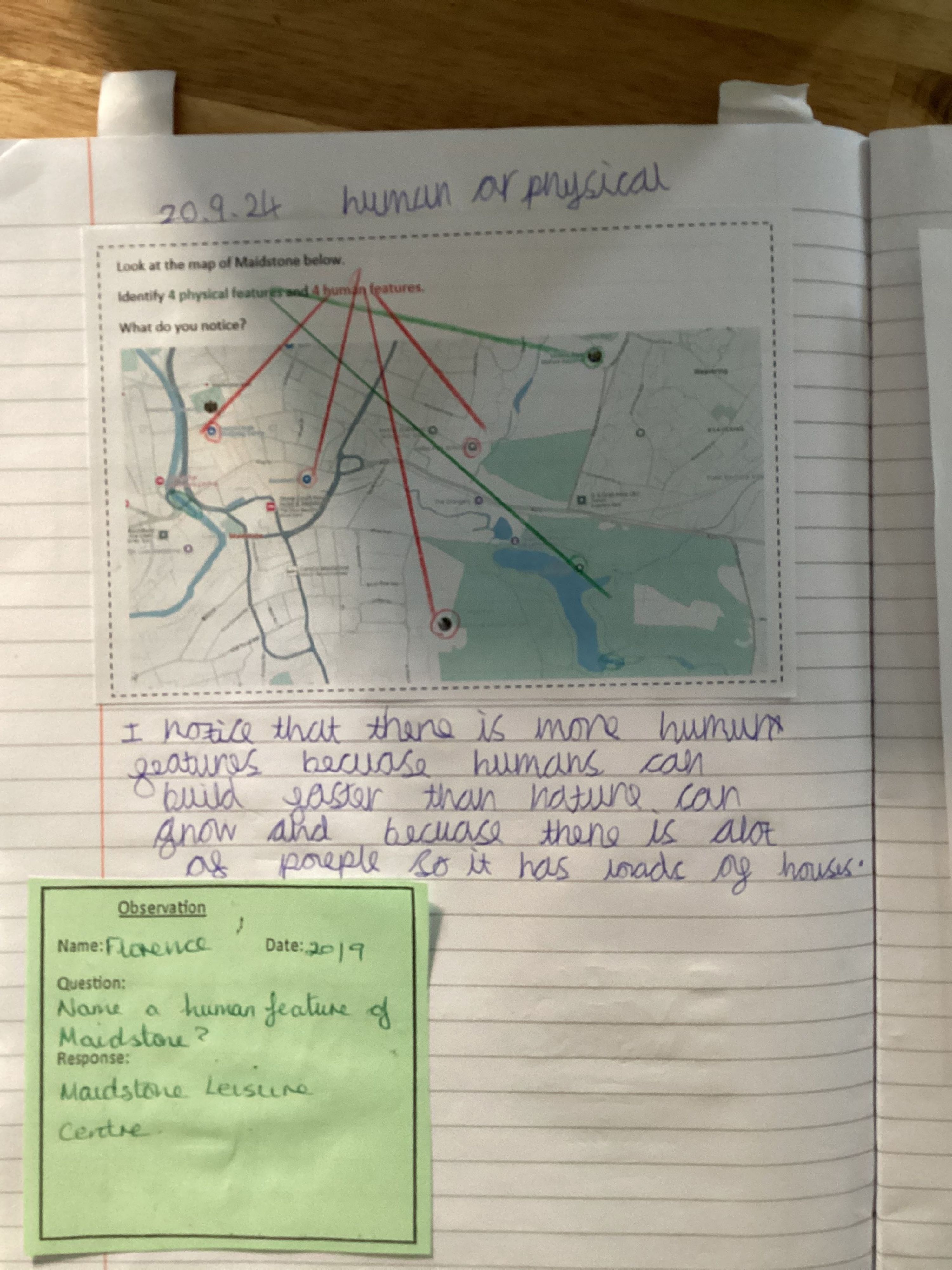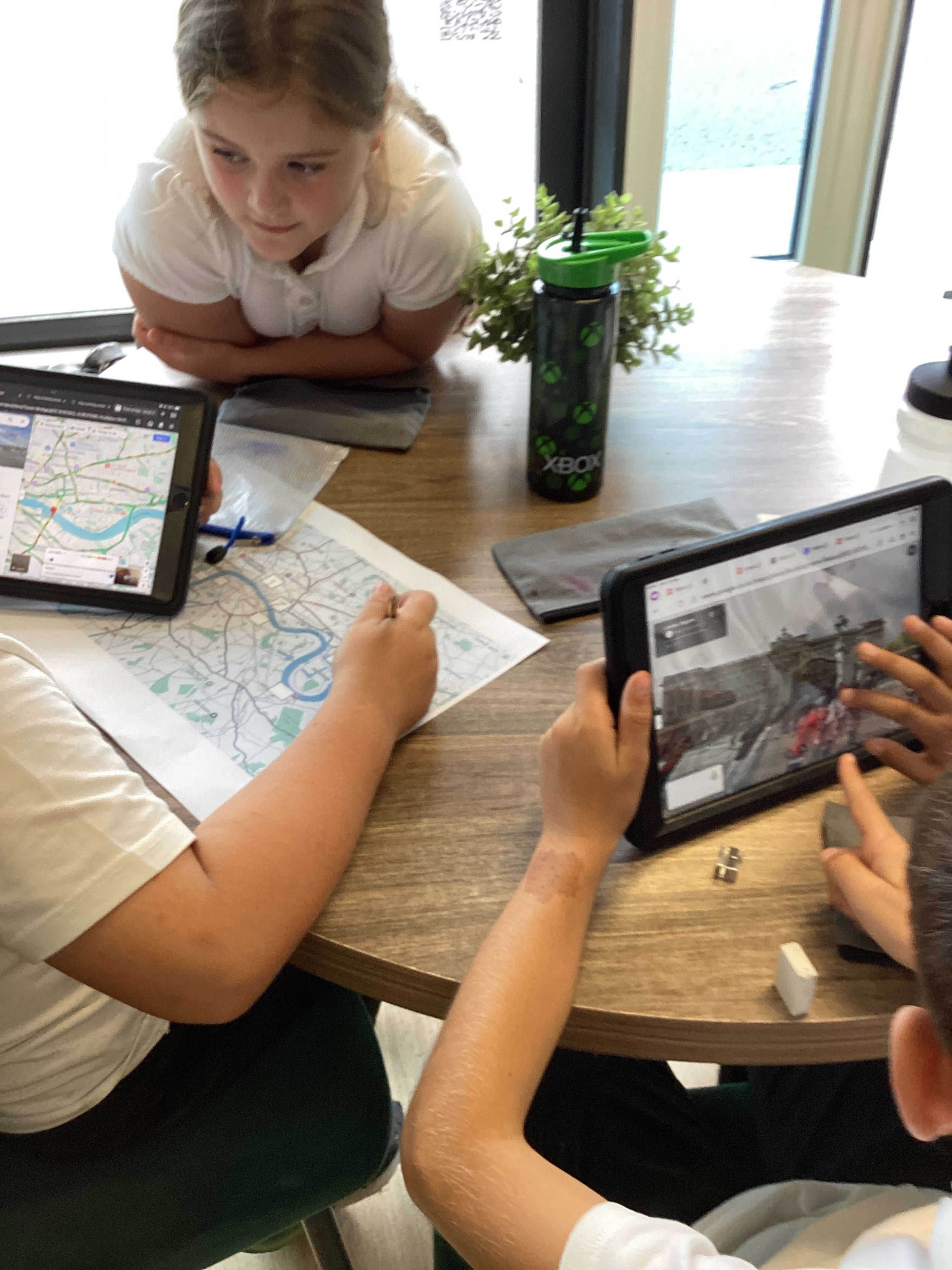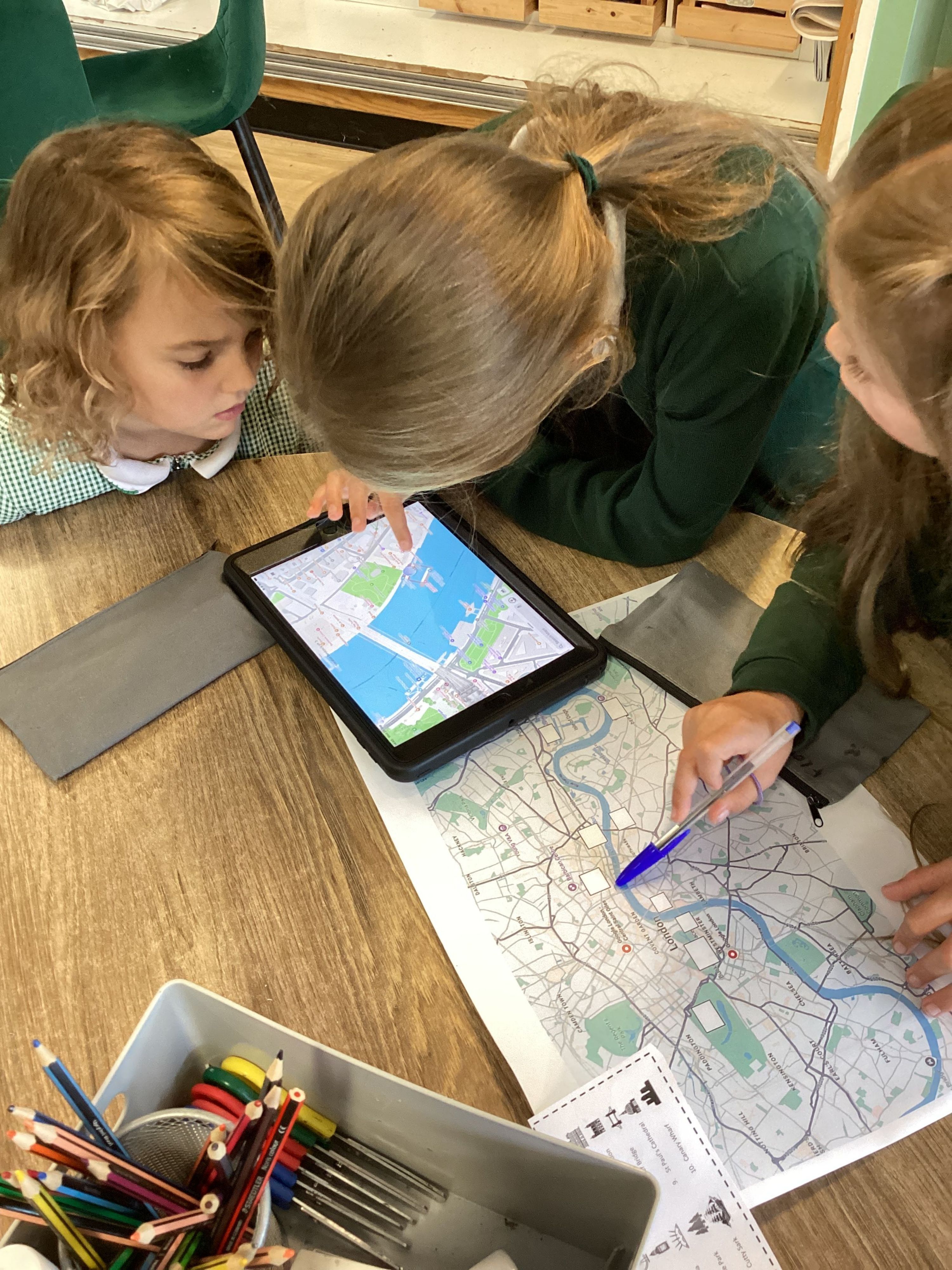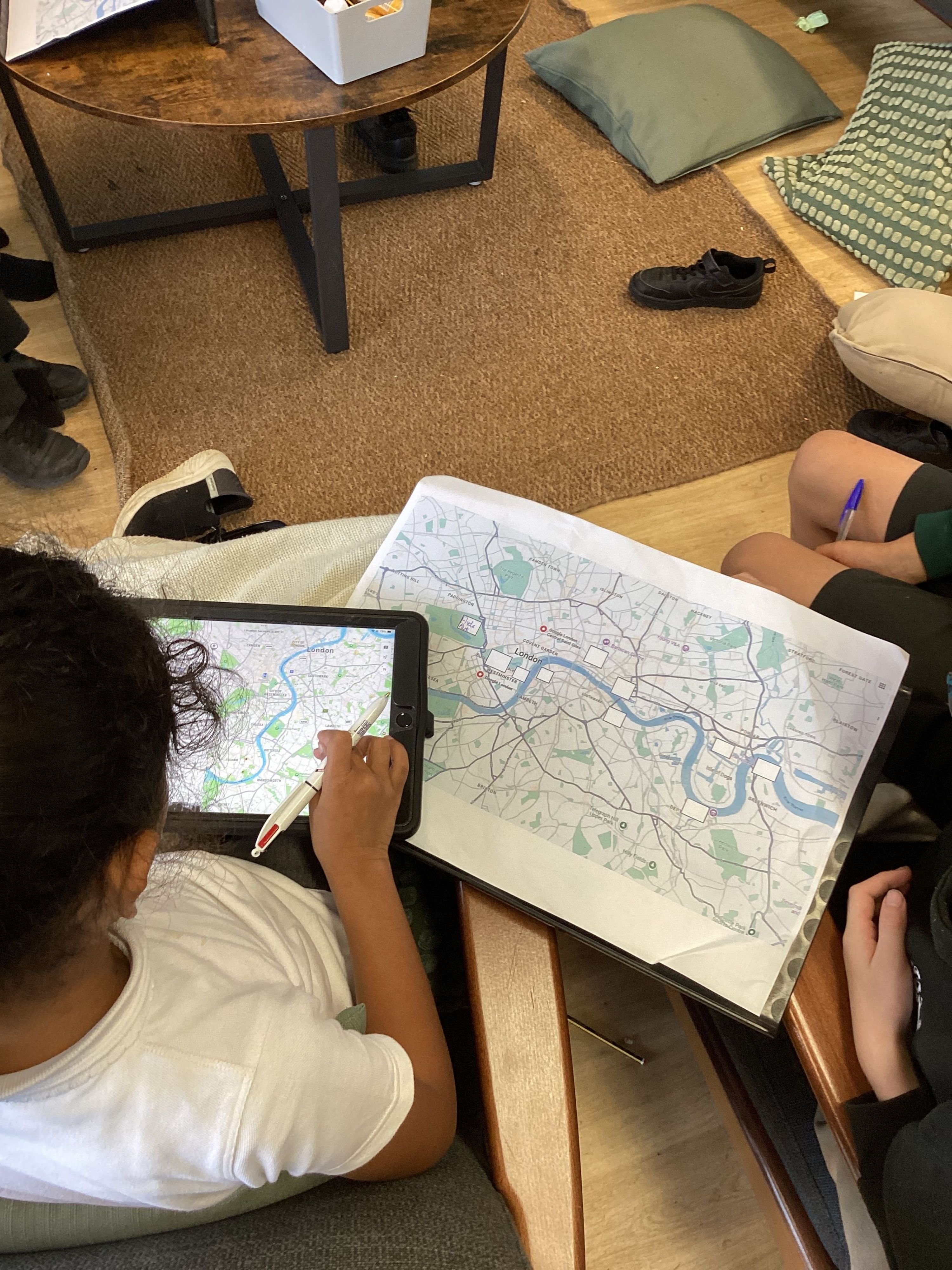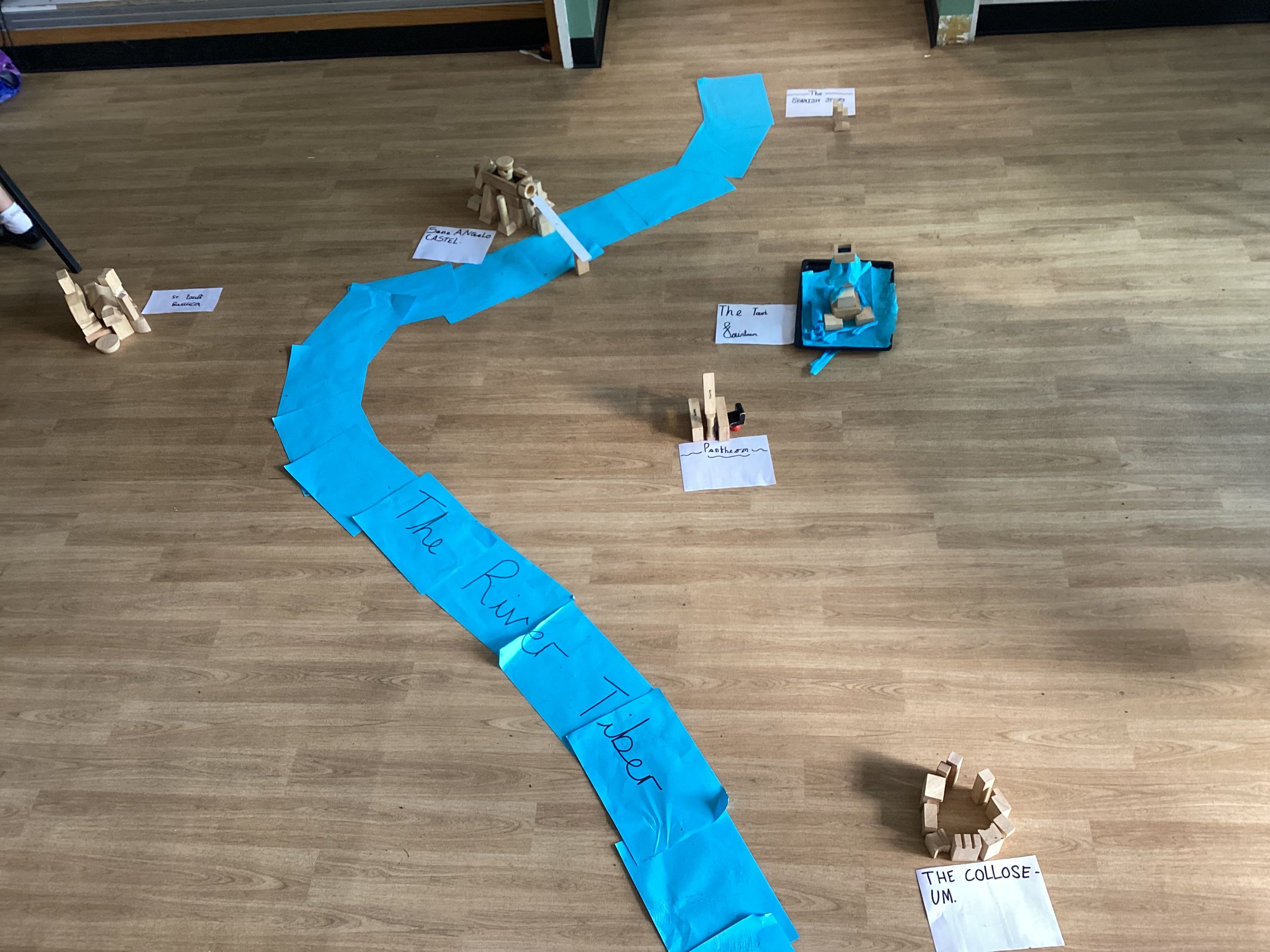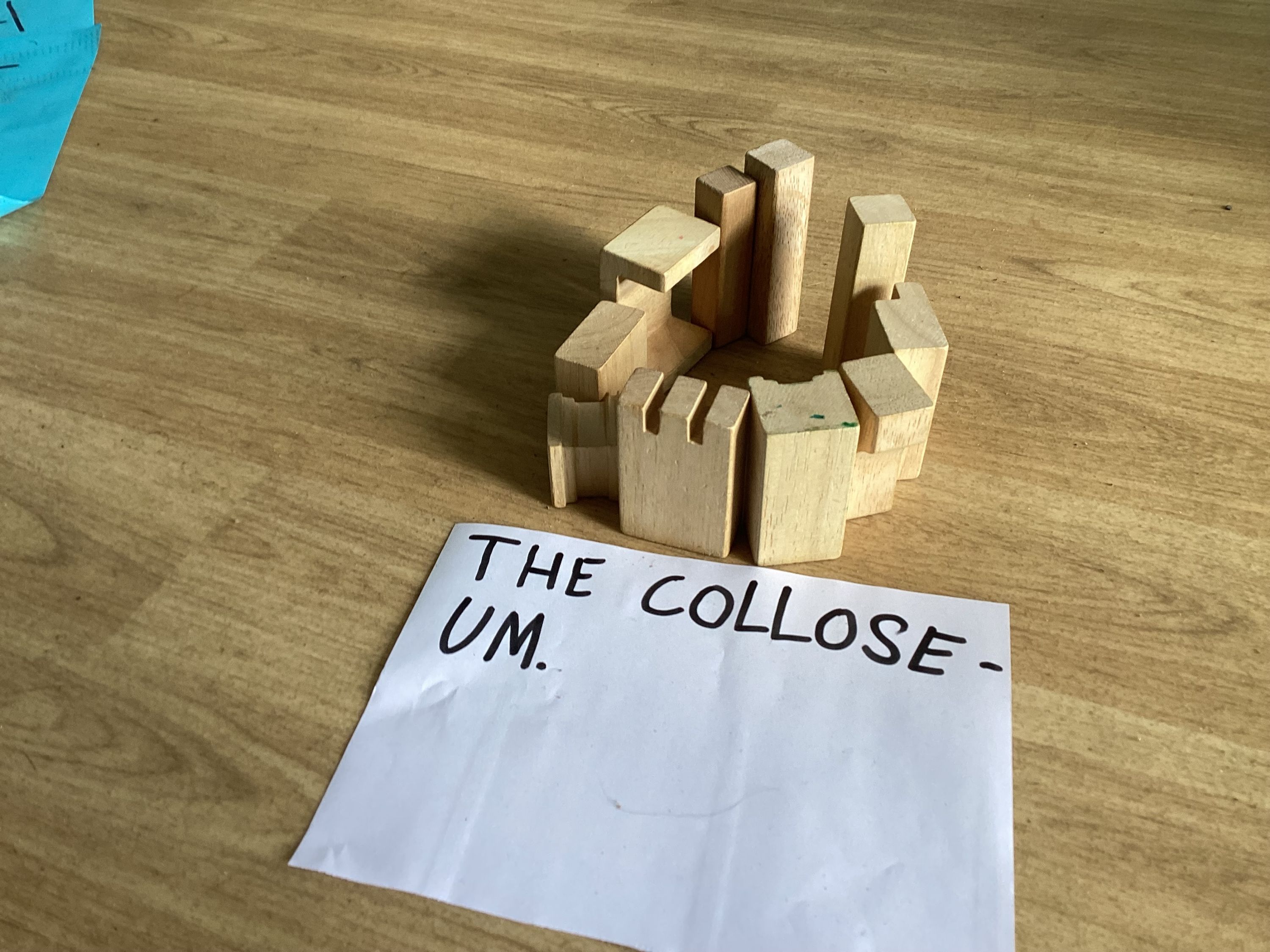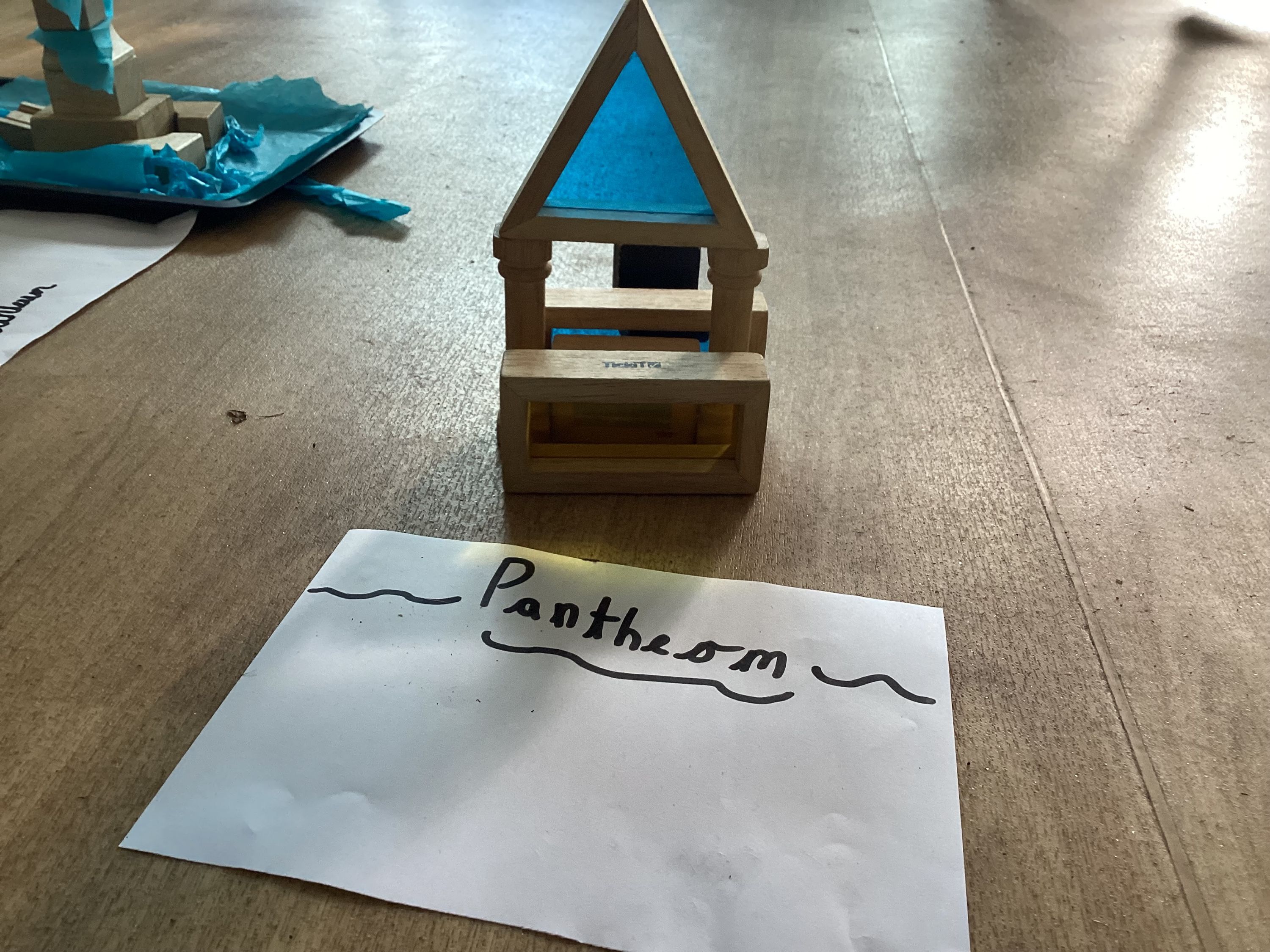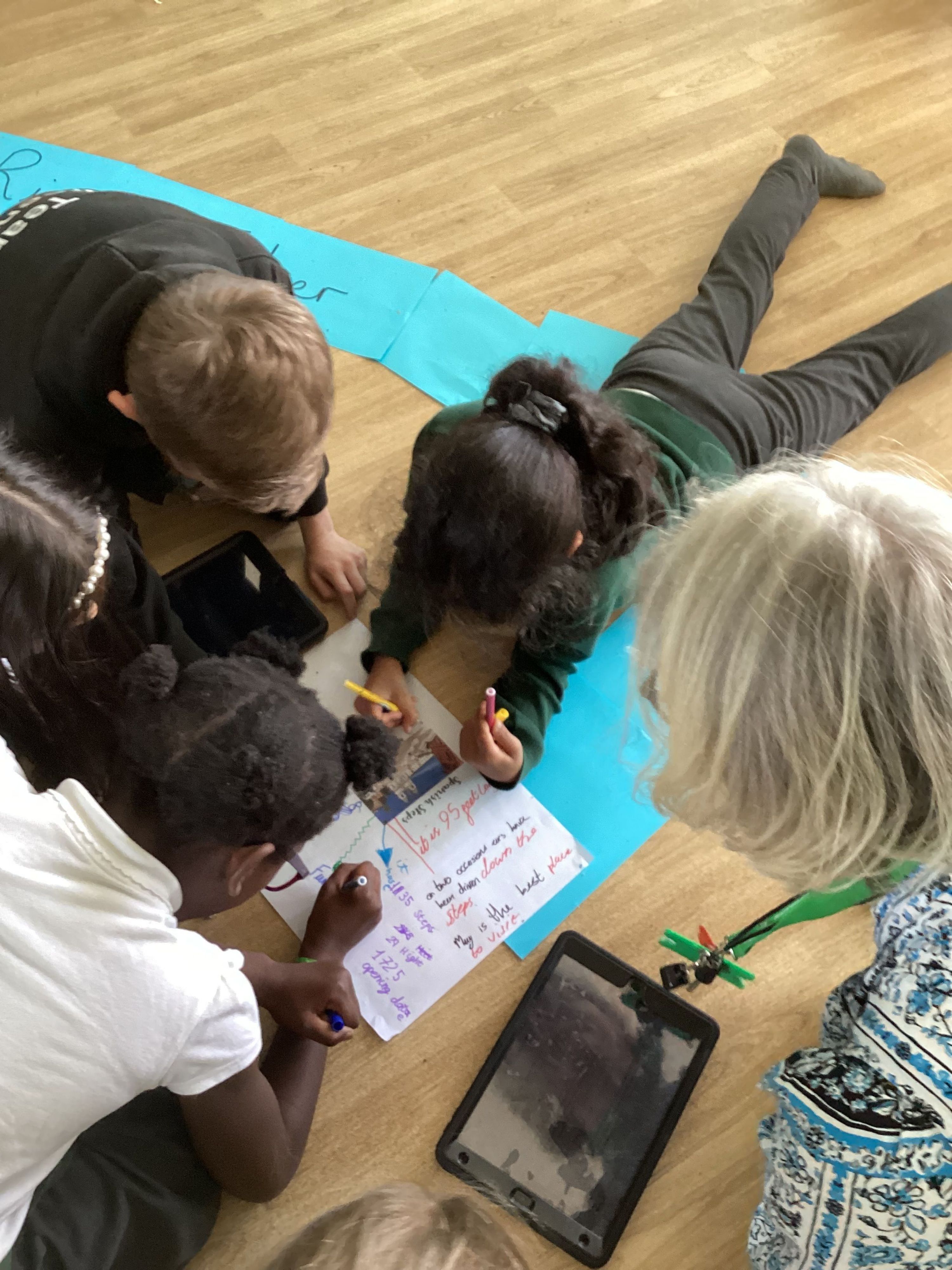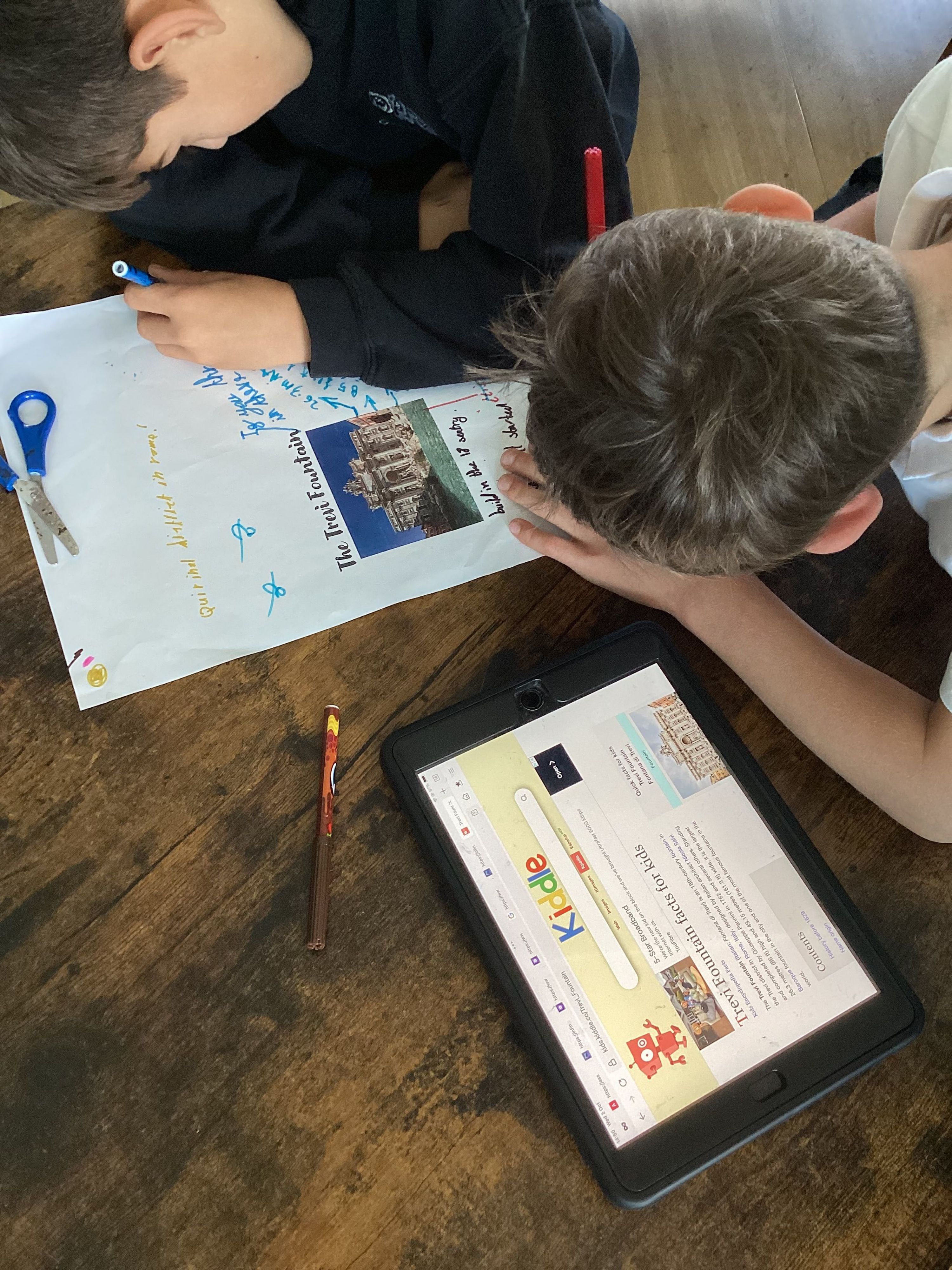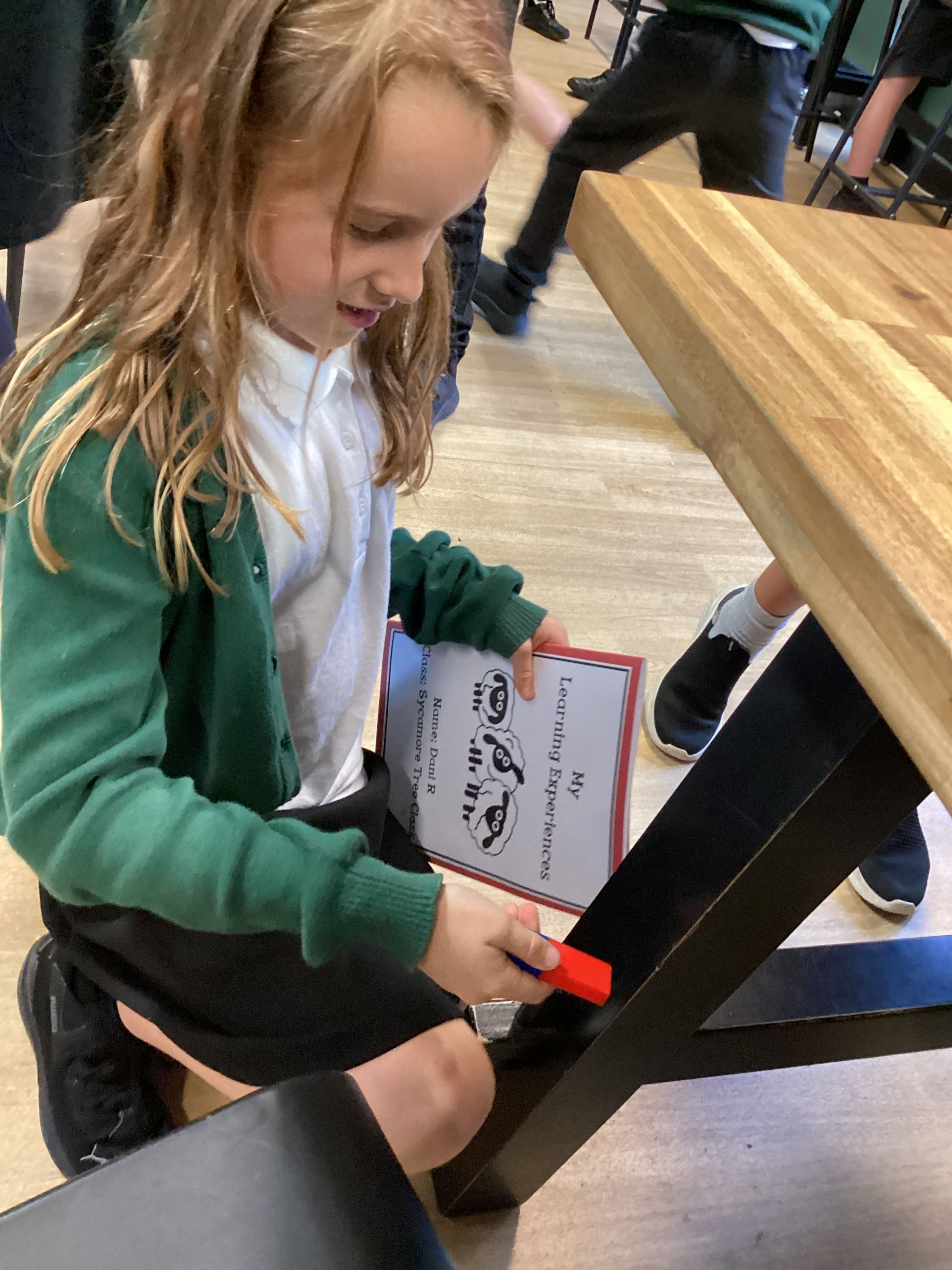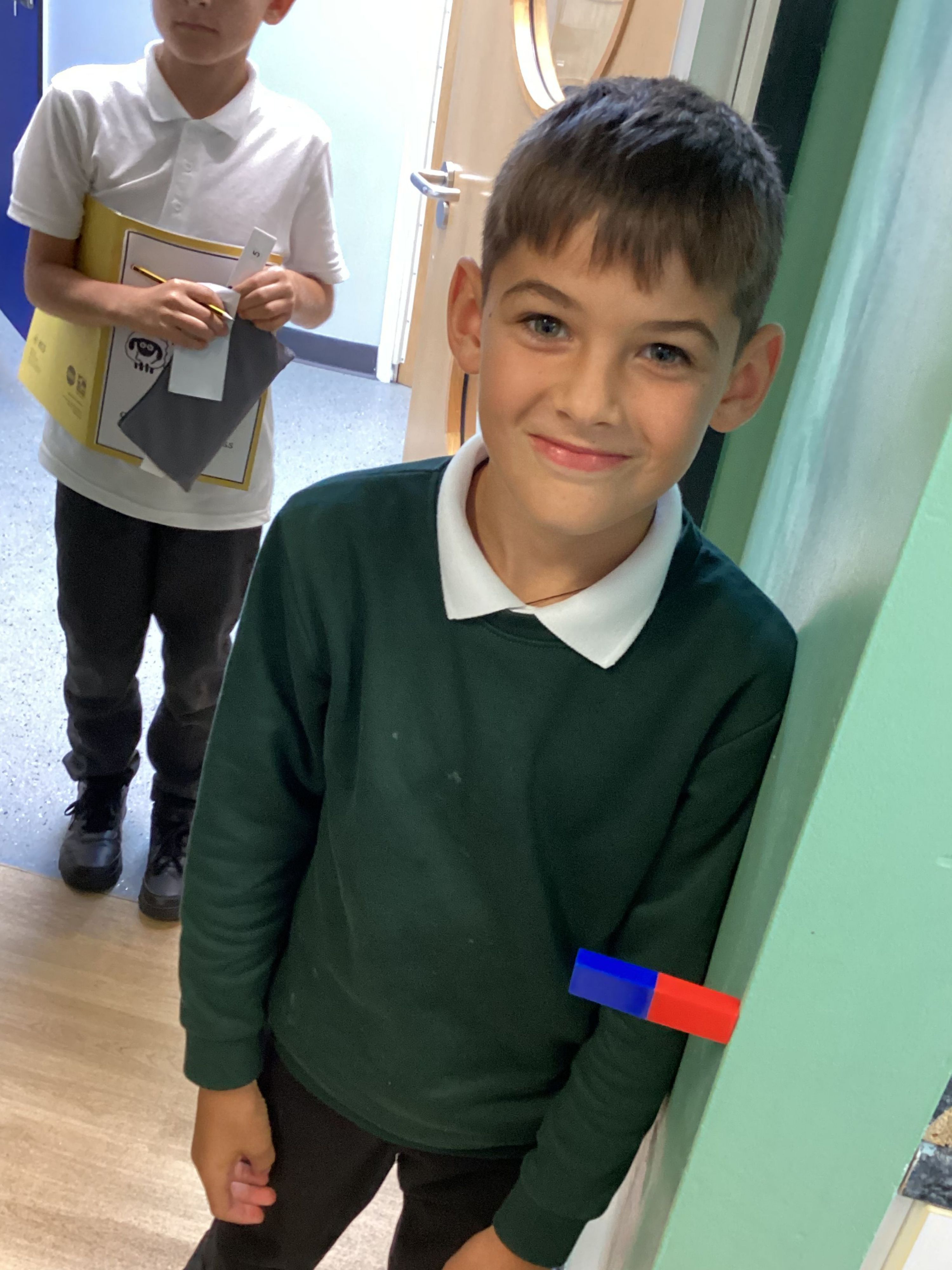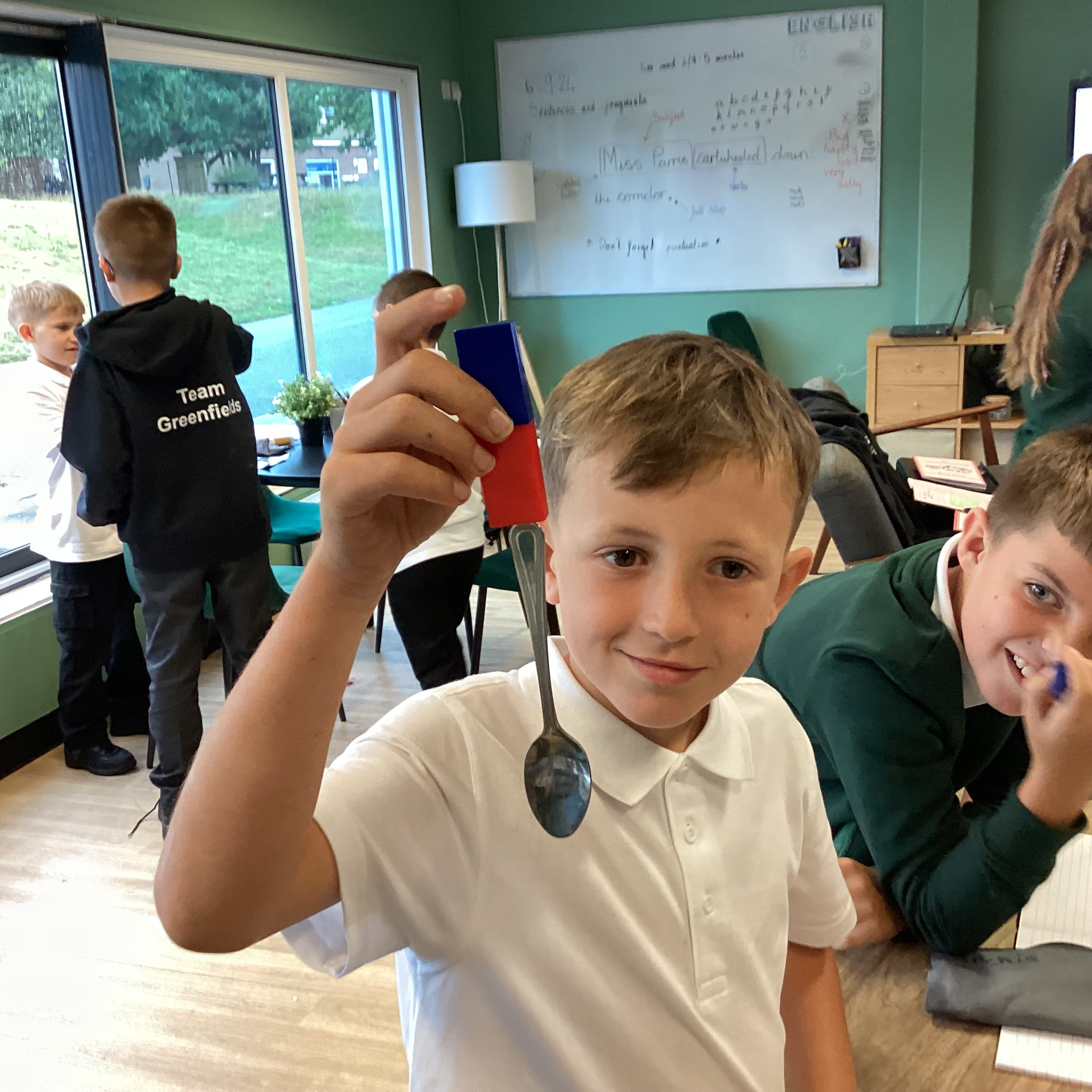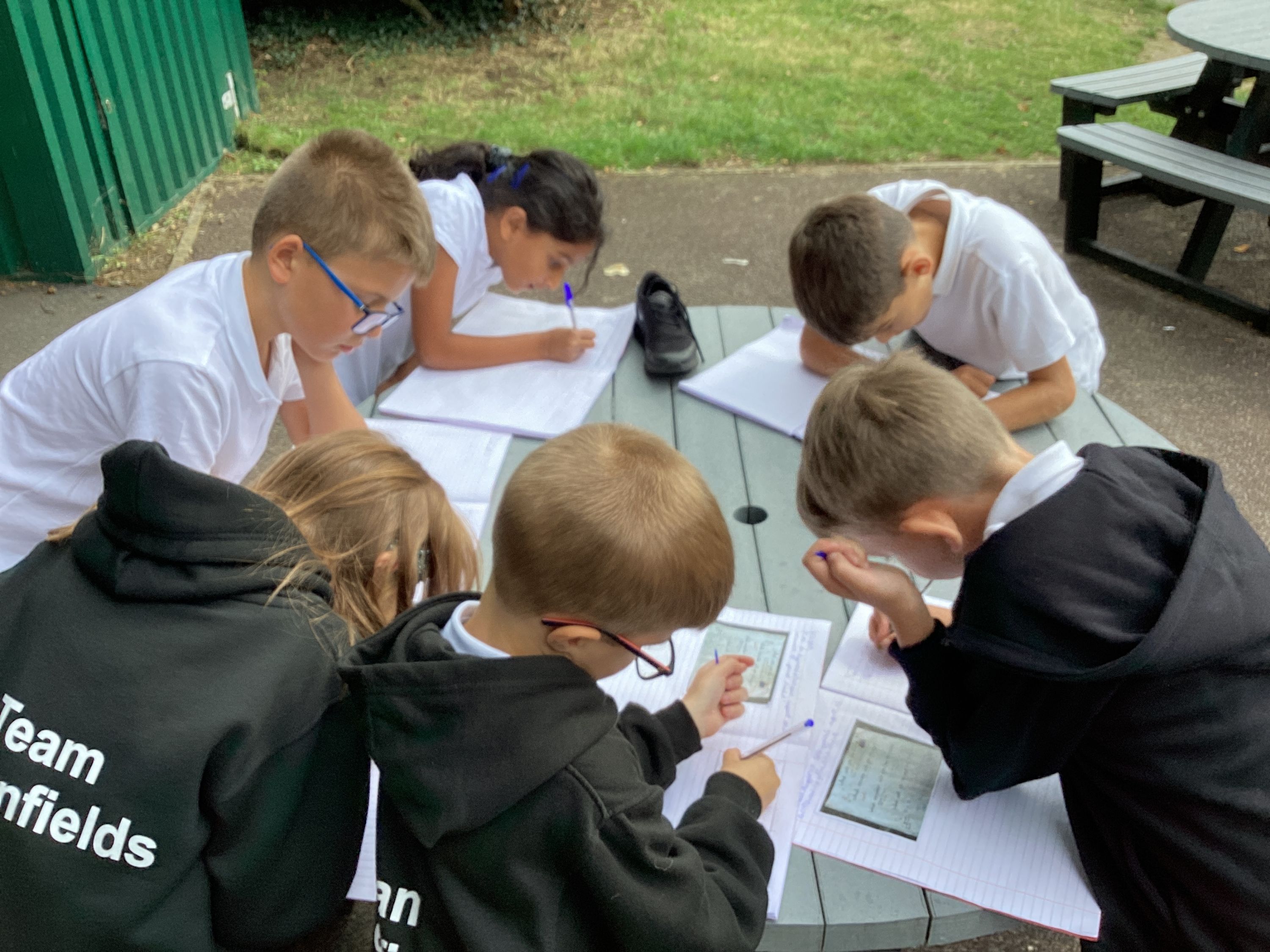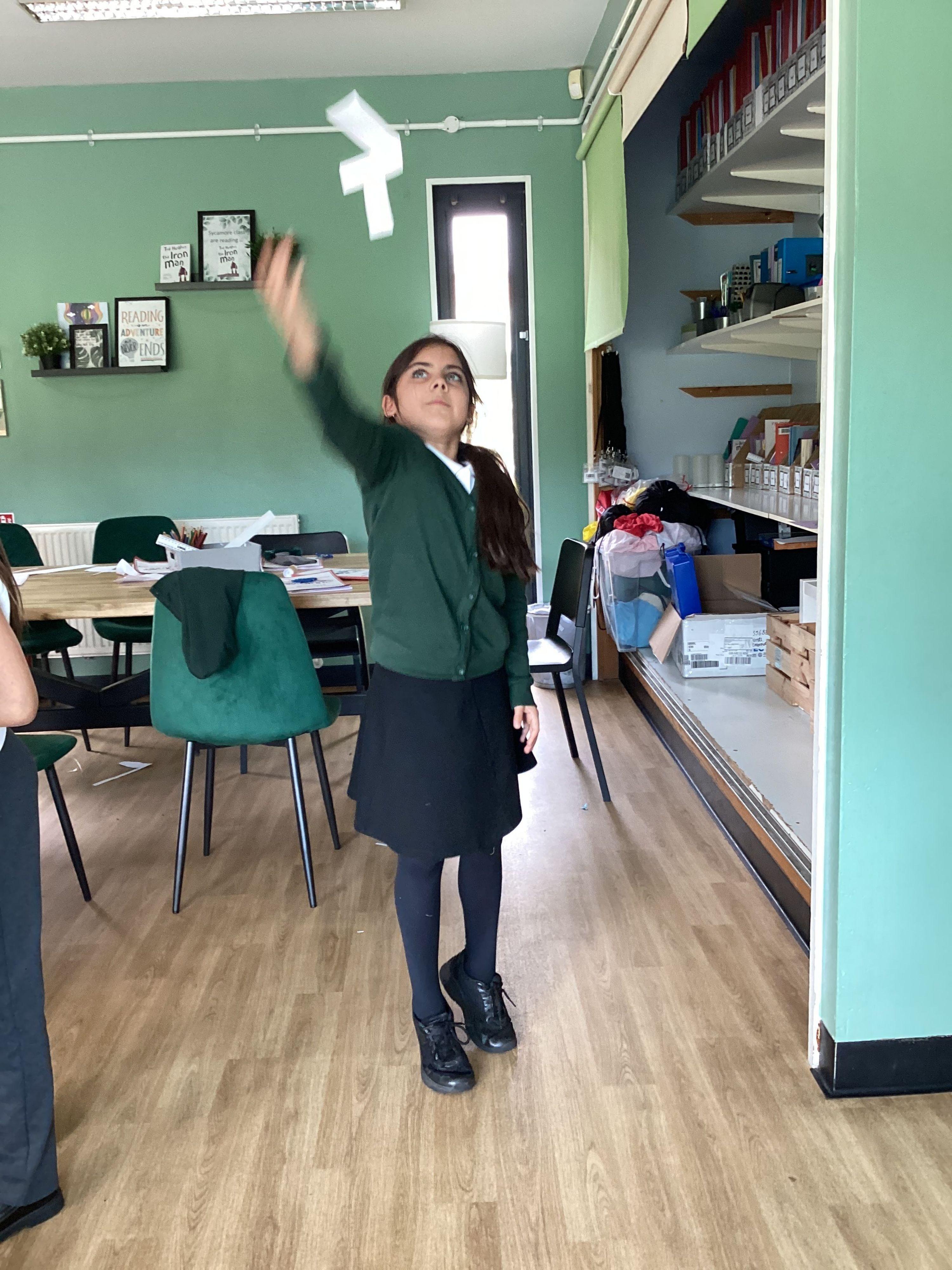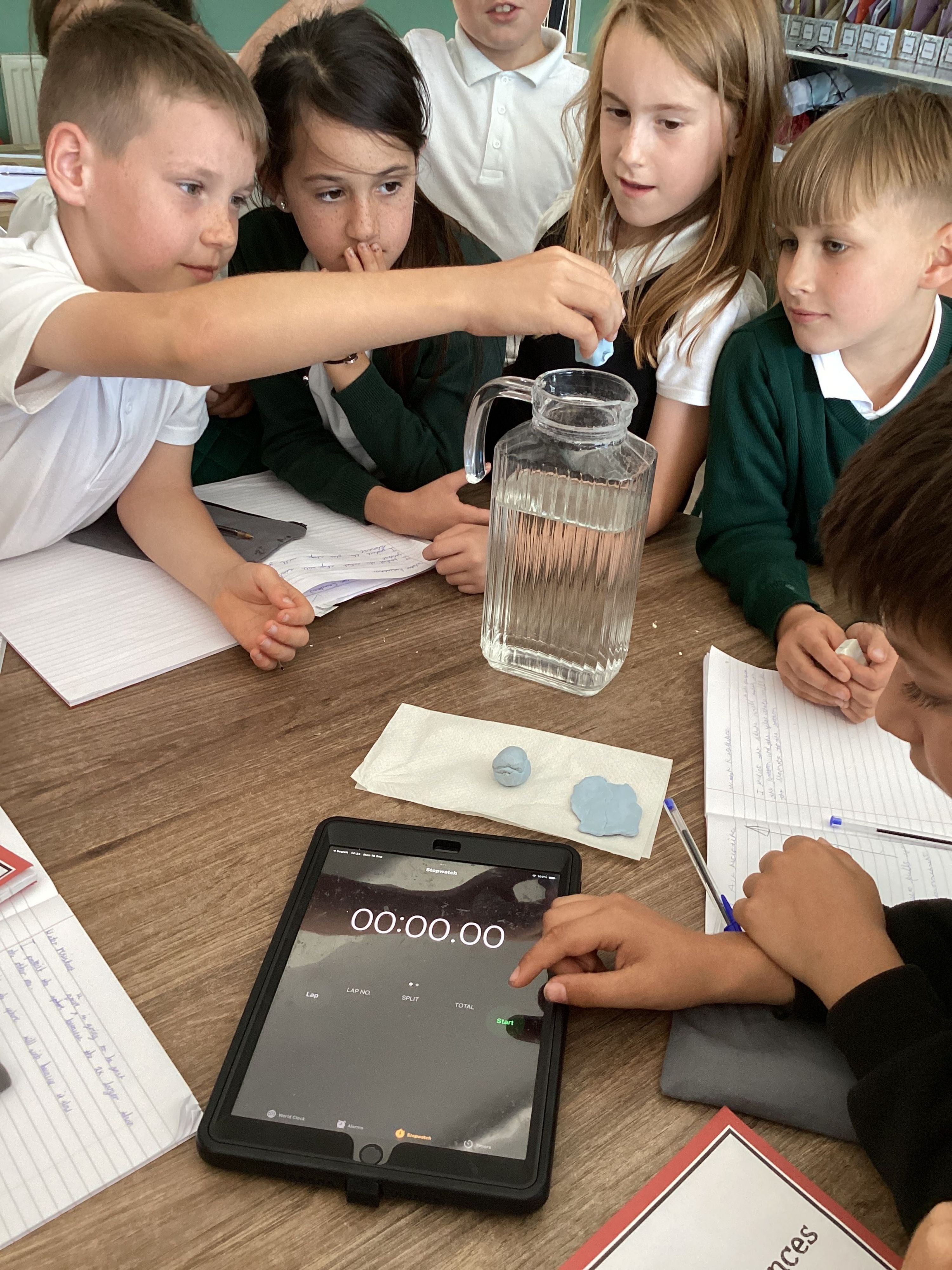2024/25
Romans
Over the next three weeks, our learning experience will be about the Romans. We will be looking into who the Romans were, where they lived and how they lived. The children will be finding out about the Roman invasions and looking into how they have impacted life in the UK. We will begin our experience by visiting Canterbury Roman museum. We will then look at various sources and artefacts to see how life was different in Roman times.
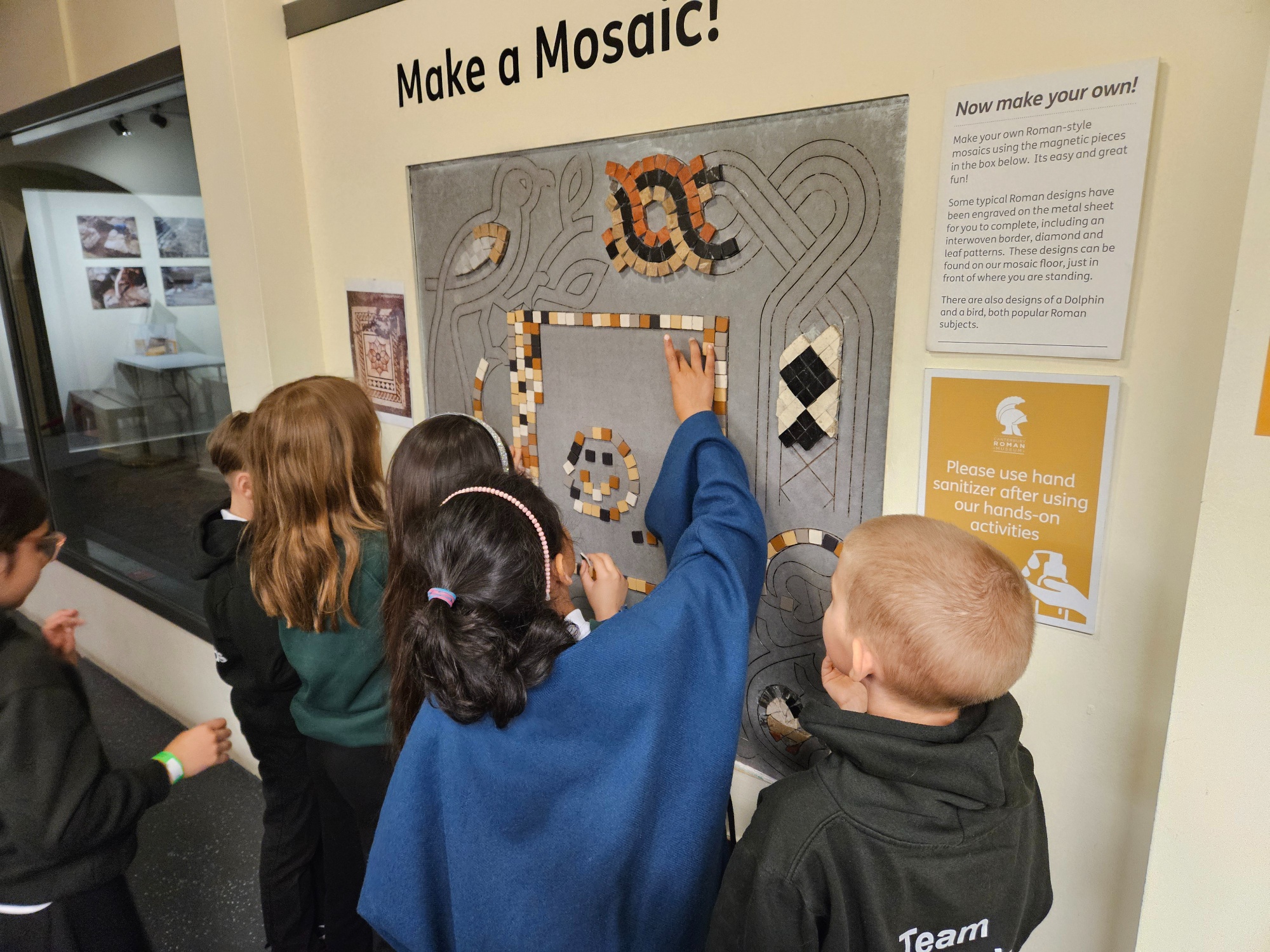
To kick of the learning experience, Sycamore visited Canterbury Roman Museum. They had a fantastic time exploring the museum and seeing the Roman artefacts. The interactive section was a great opportunity to get dressed up and try some Roman activities!
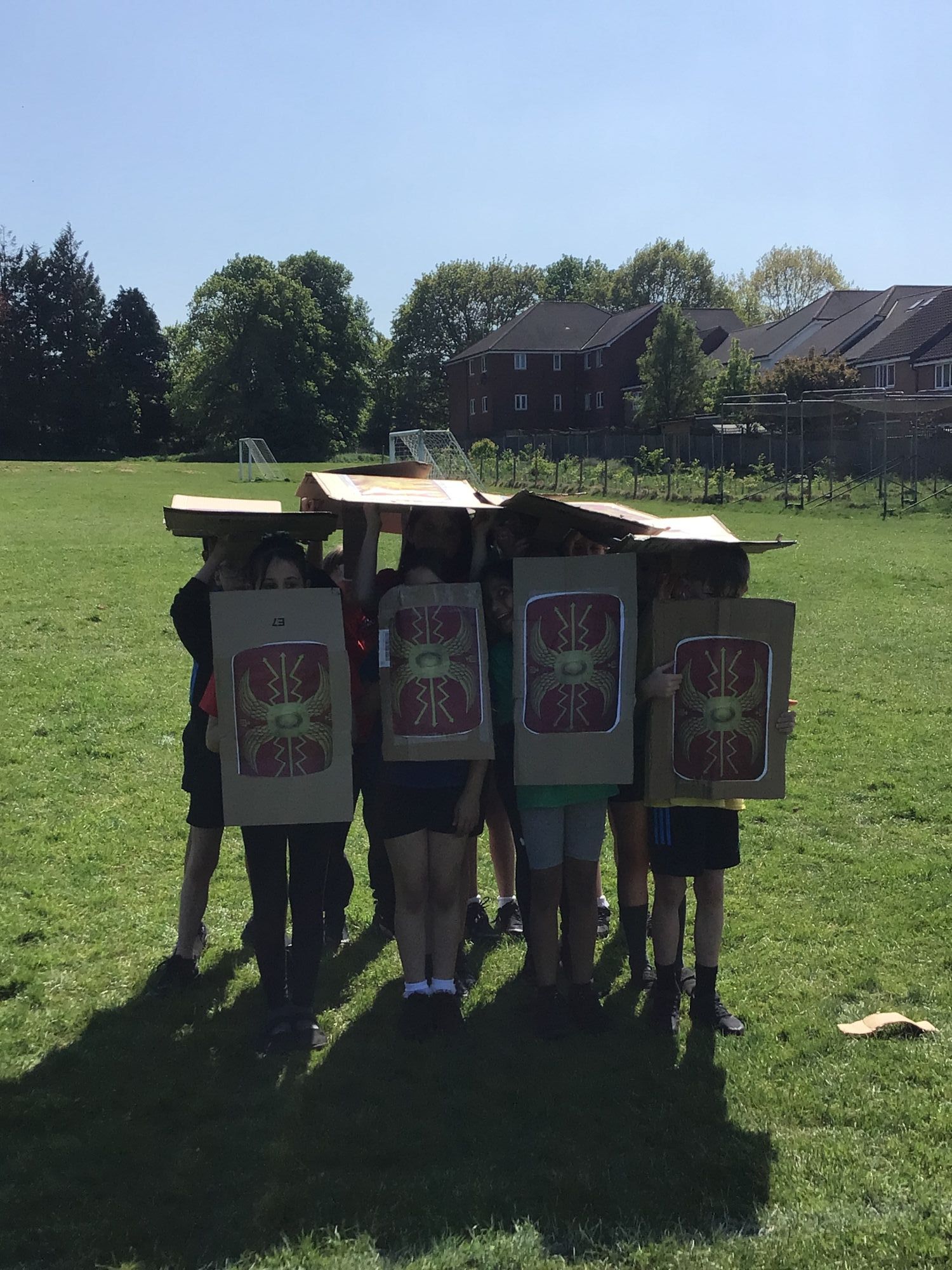
Sycamores went out on to the field to recreate Roman army formations!
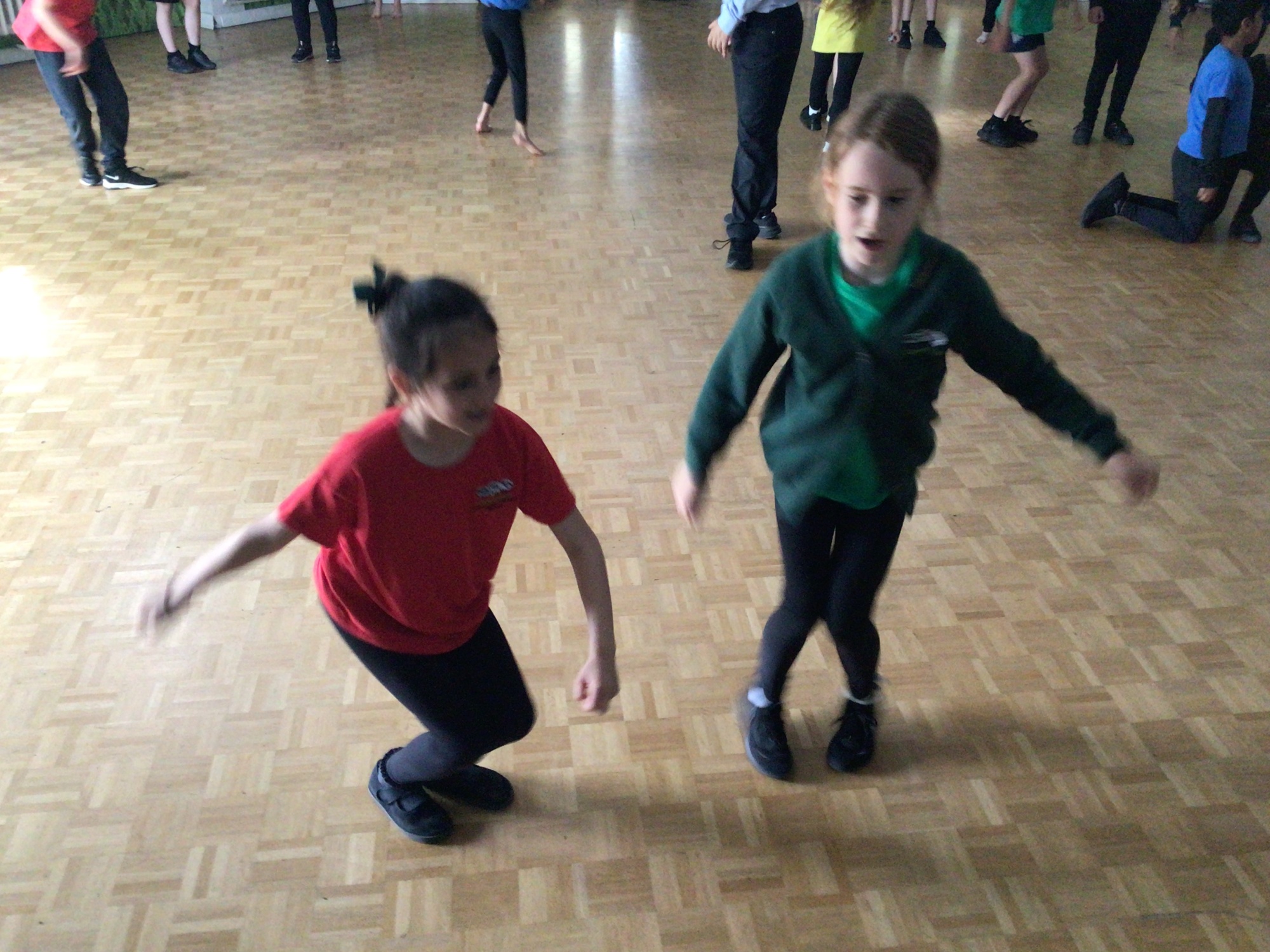
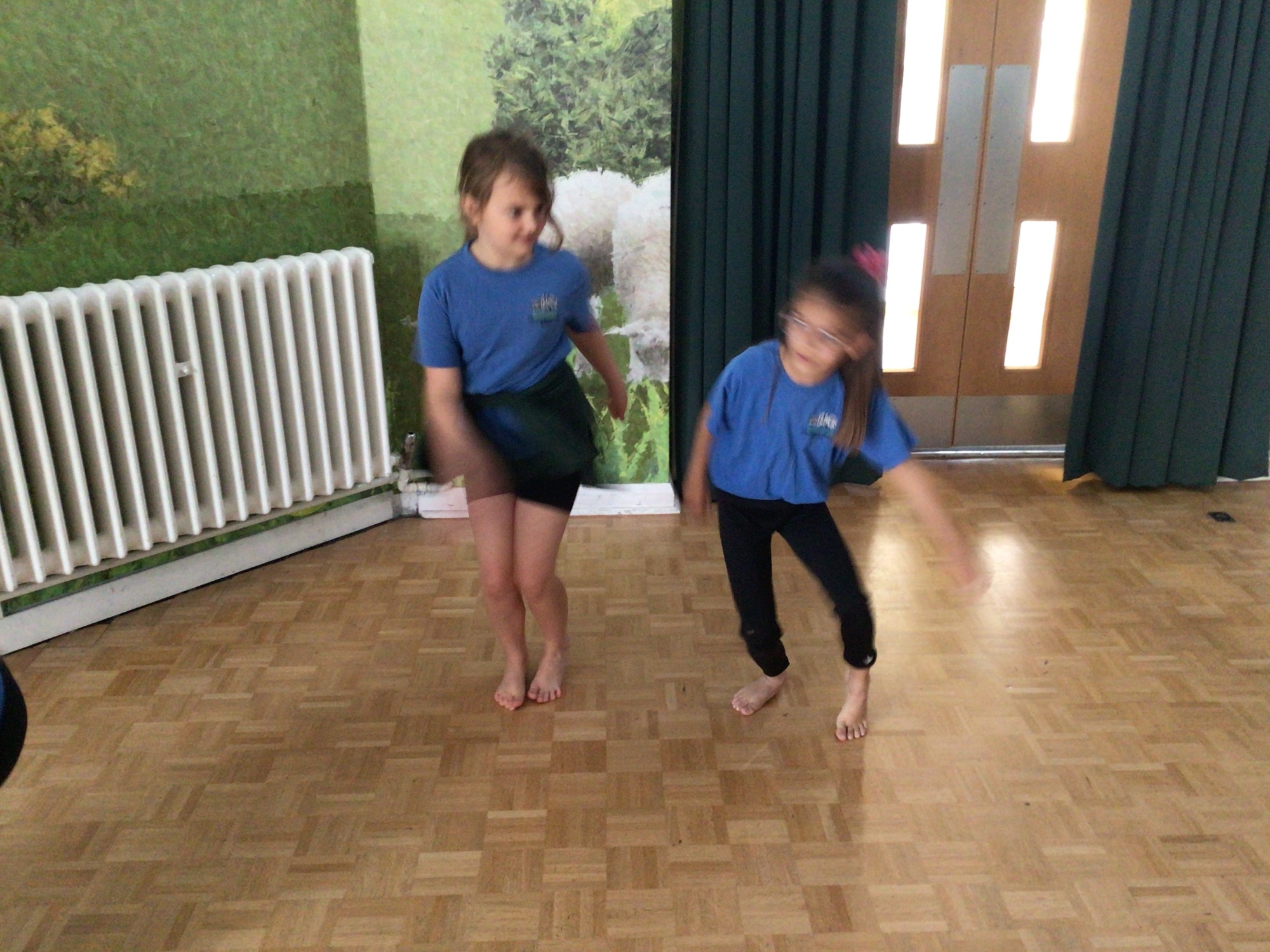
In PE, we have been learning how to twist!
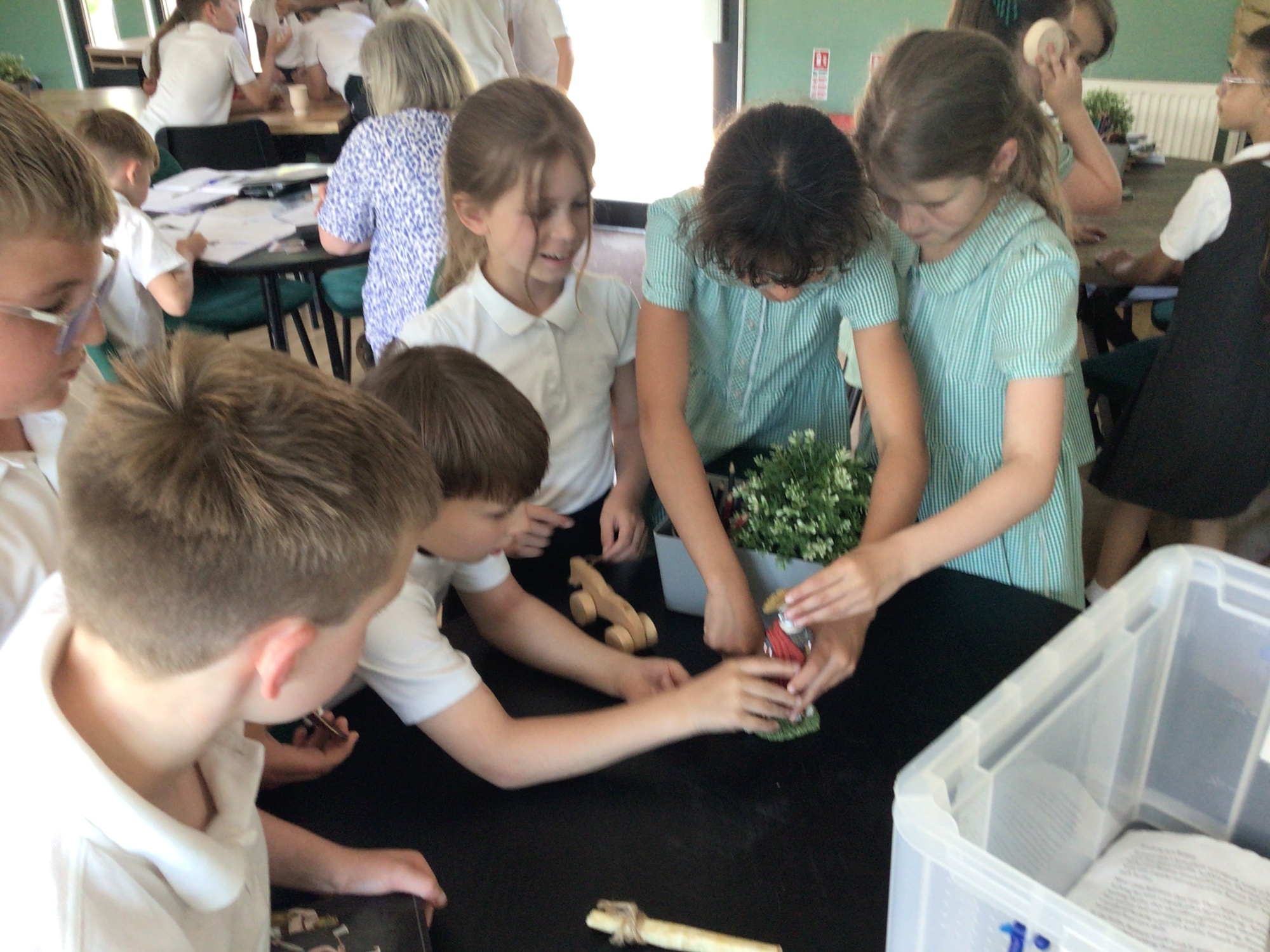
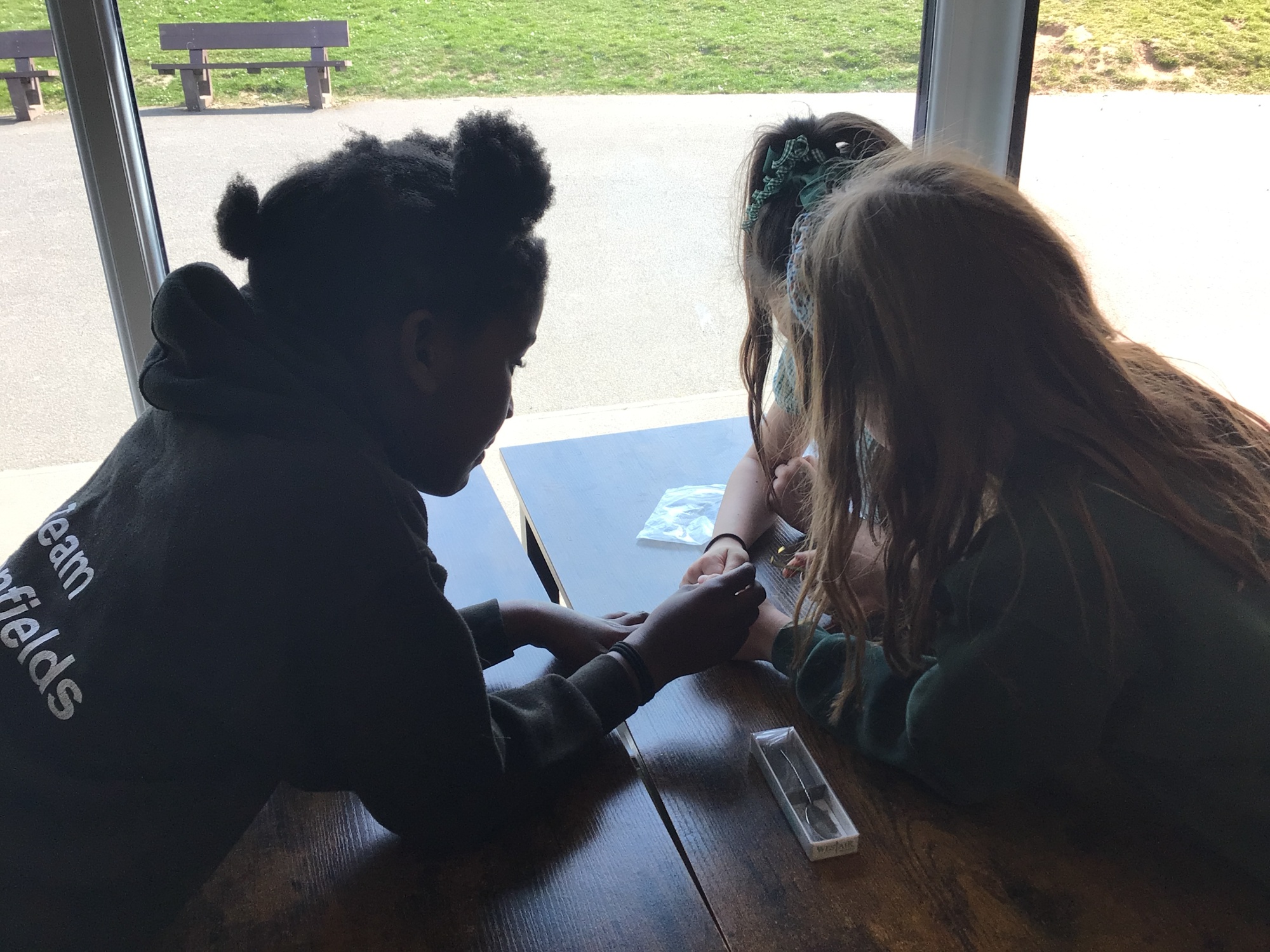
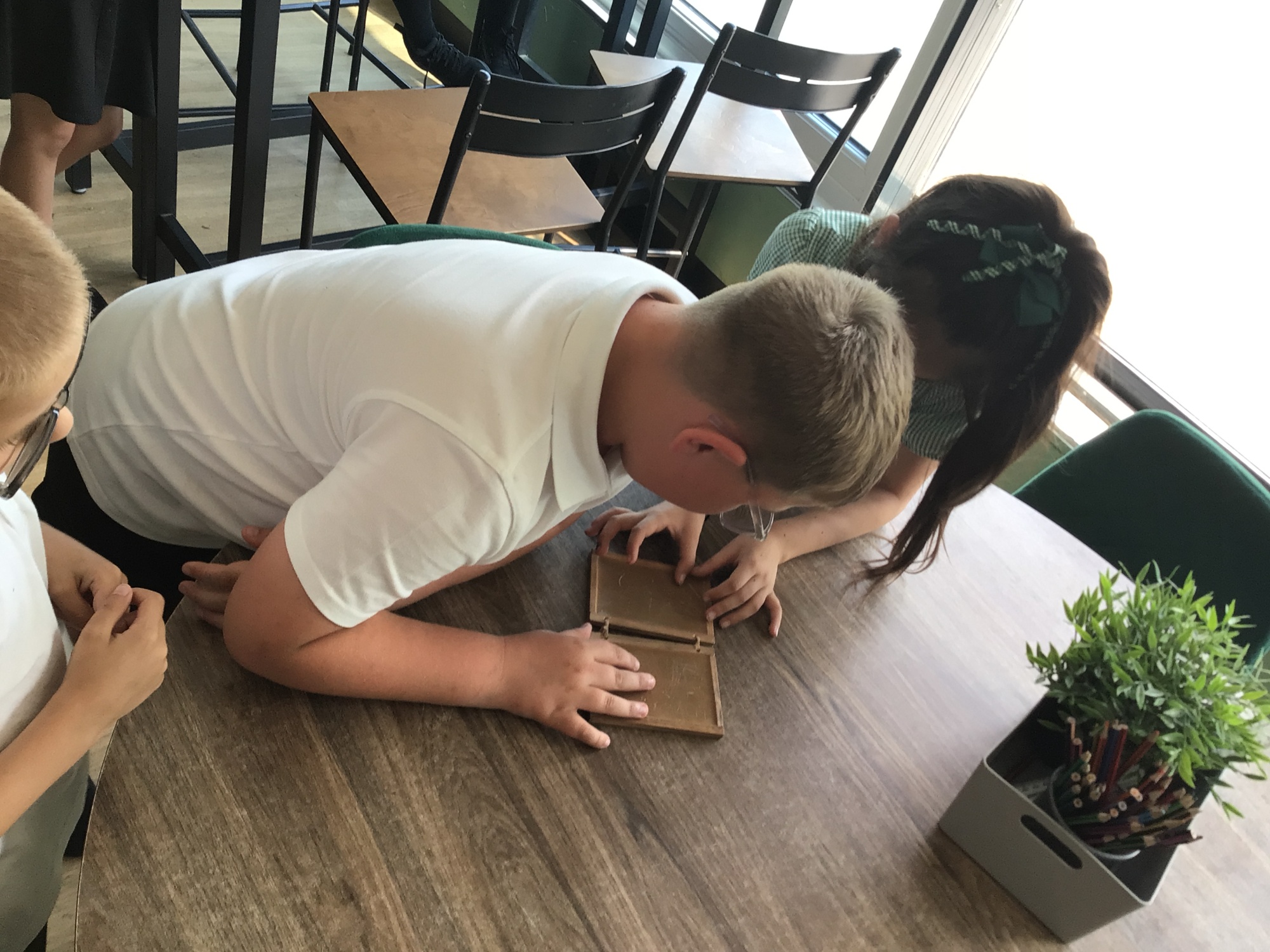
We looked at Roman artefacts to find out more about how they lived.
PSHE
Learning Experience 15 - Positive relationships
World book day - Author visit.
Sycamore Trees were incredibly lucky to meet MC Grammar, famous author and personality. We had so much fun reading and rapping. We even created our own rapper names!
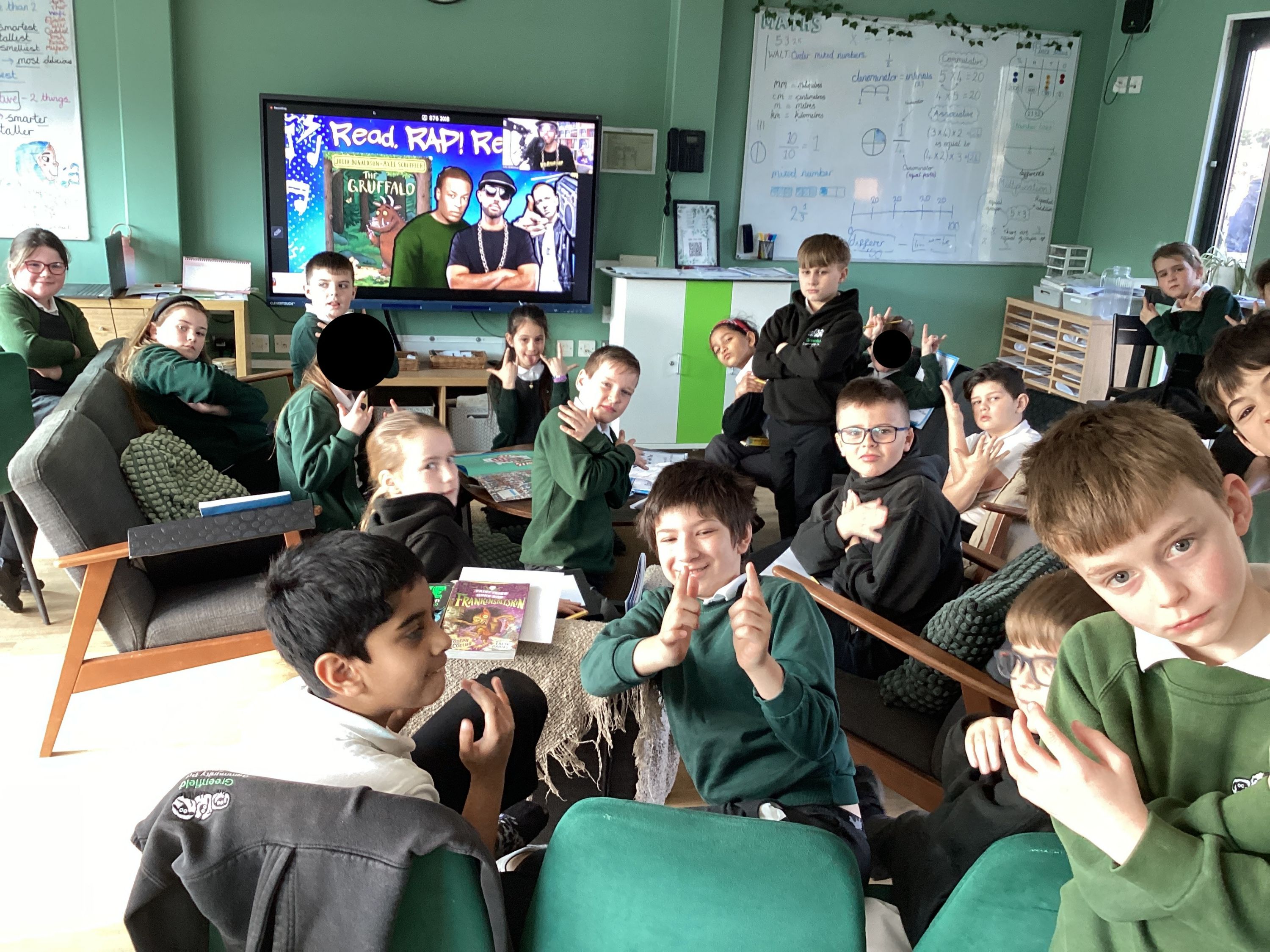
RE
Learning Experience 14 - Hinduism
Over the next two weeks, we will be learning about Hinduism and how Hindus express their faith in daily life. We will explore their beliefs about God, the significance of prayer, and the challenges Hindus may face. By the end of our studies, we will use our knowledge to answer three key questions:
What do Hindus believe about God? Why is prayer important in Hinduism? What is it like to be a Hindu in Britain today?
Science
Learning Experience 13 - Light and Shadow
In Science, Year 4 will be developing their enquiry skills to explore how light and shadows work. We will start by investigating different types of light sources, including electrical, chemical, and burning sources, and classify them alongside reflectors and non-light sources. Next, we will explore how light travels in straight lines and investigate the question: Can we bend light? We will then learn how shadows form and how transparent, translucent, and opaque materials create different shadow effects. To conclude our topic, we will conduct an experiment to discover which variables affect the size of a shadow.
Classification - Concept maps
We created concept maps to classify types of light sources. We created our own labels to classify the non-light sources.

Transparent, translucent and opaque.
We used a torch to identify if an object was transparent, translucent or opaque.
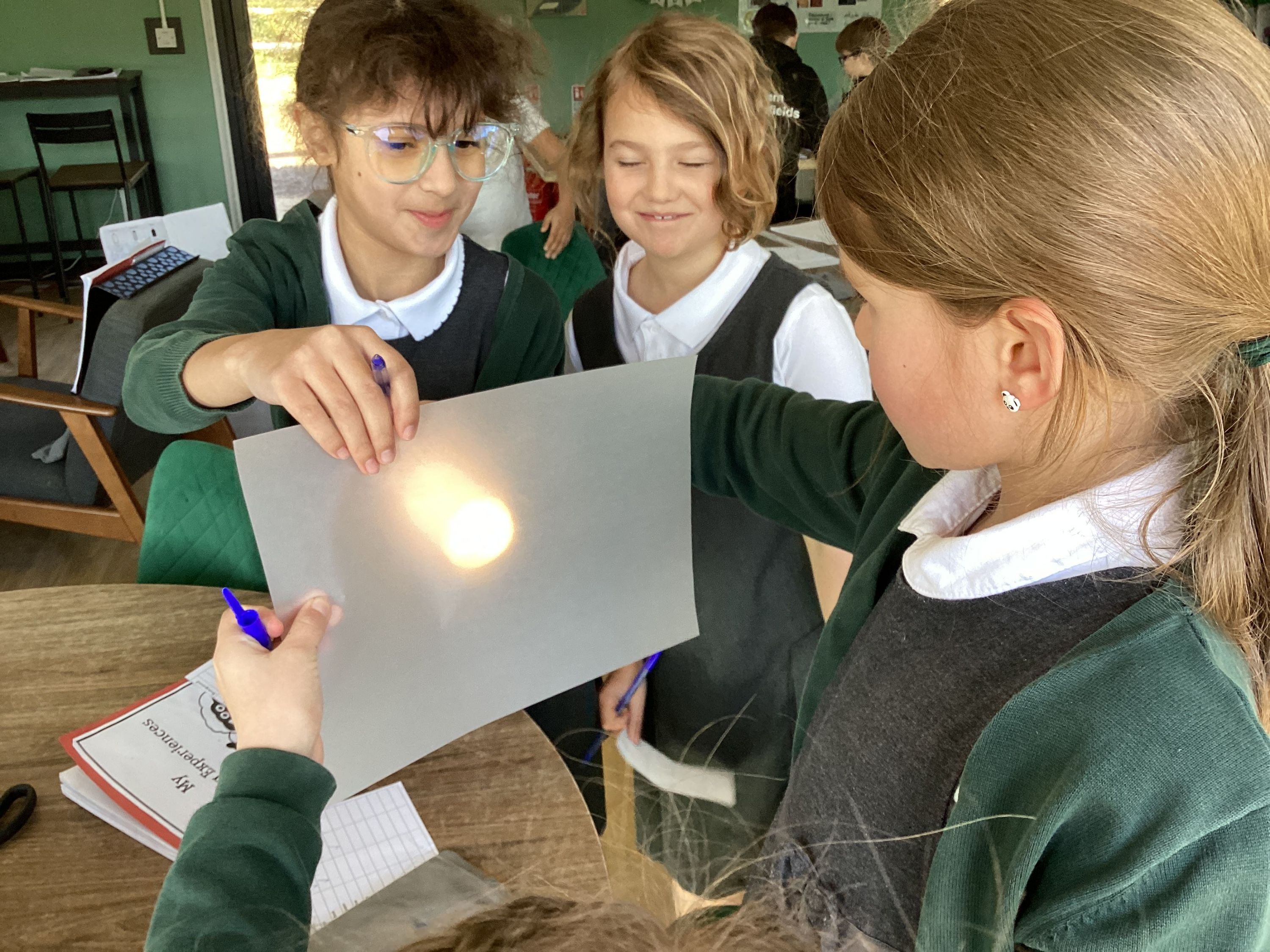
Next, we changed the light source (the sun) and classified our water bottles into transparent, opaque and translucent; observing how this affected the type of shadow it created. We also discussed the angle of the light source and its effect on the shadow.

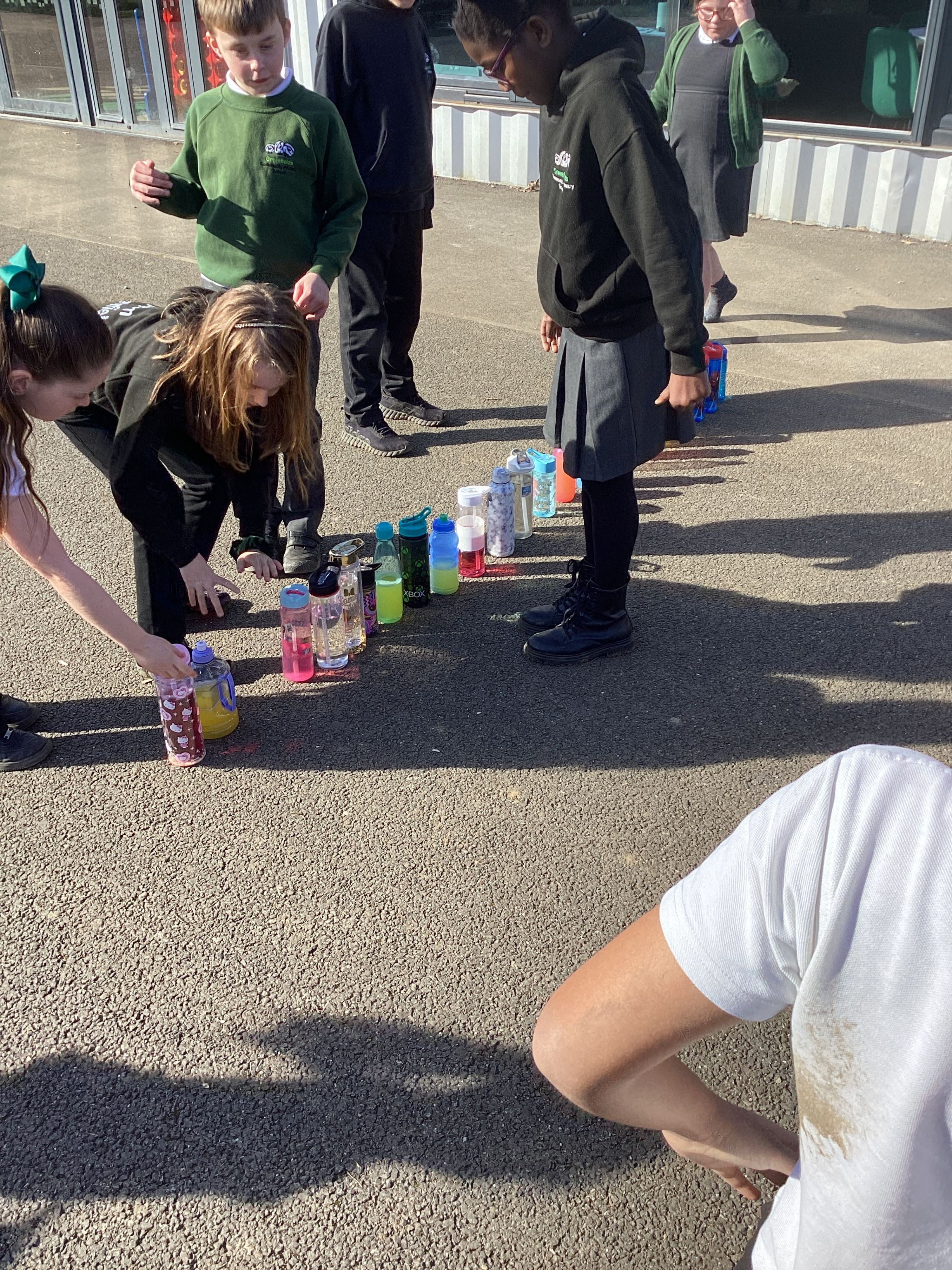
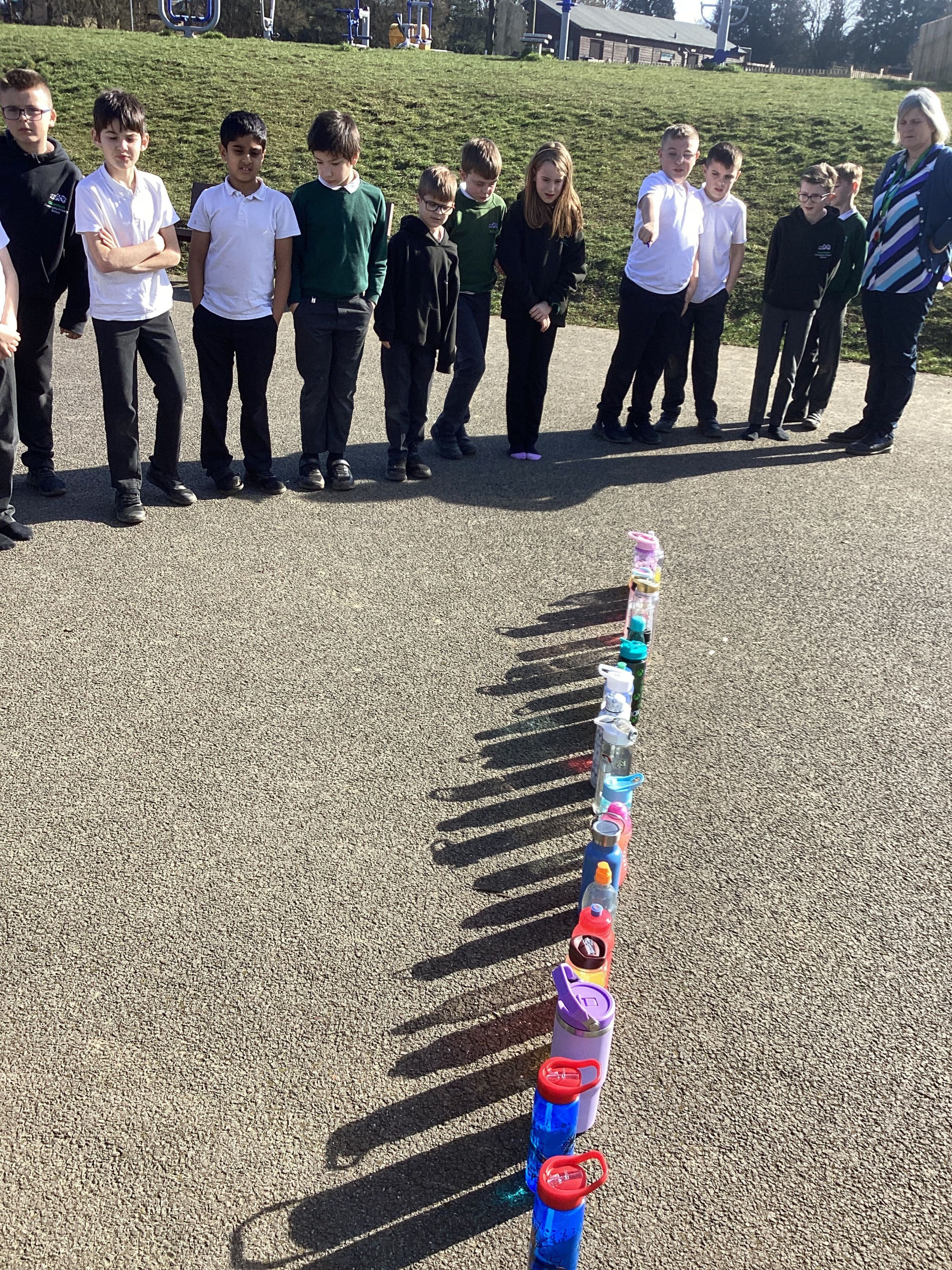
Final investigation.
What affects the size of a shadow?
We split into groups to choose different independent variables, choosing one thing to change. We looked at the size of the object, angle of light source and distance from the light source. Each group fed back their findings to the class.
Computing
Learning Experience 12 - Micro-bits
In Year 4 Computing, we’ll be learning how to code with Micro-bits! Students will develop their skills in programming, exploring how to make their Micro-bits respond to different inputs and control outputs, while developing their debugging skills along the way. We will begin by understanding the parts of a micro-bit and the purpose of each function. Next, we will use code blocks to explore 'if, then' variables. Finally, we will use our skills to programme our micro-bits to create 'fruit pianos'.
We created a code to play music with our fruit.
Science
Learning Experience 11 - Skeletons and Muscles
This term we are exploring skeletons and muscles! We will start by identifying bones, their functions and locating them on the body. Then, we’ll develop classification skills by grouping animals and comparing vertebrates, invertebrates, exoskeletons, and endoskeletons. We will work scientifically, by completing an investigation to seek patterns between femur length and speed. Finally, we’ll investigate how joints work and how muscles contract and relax to create movement.
Identifying bones and joints
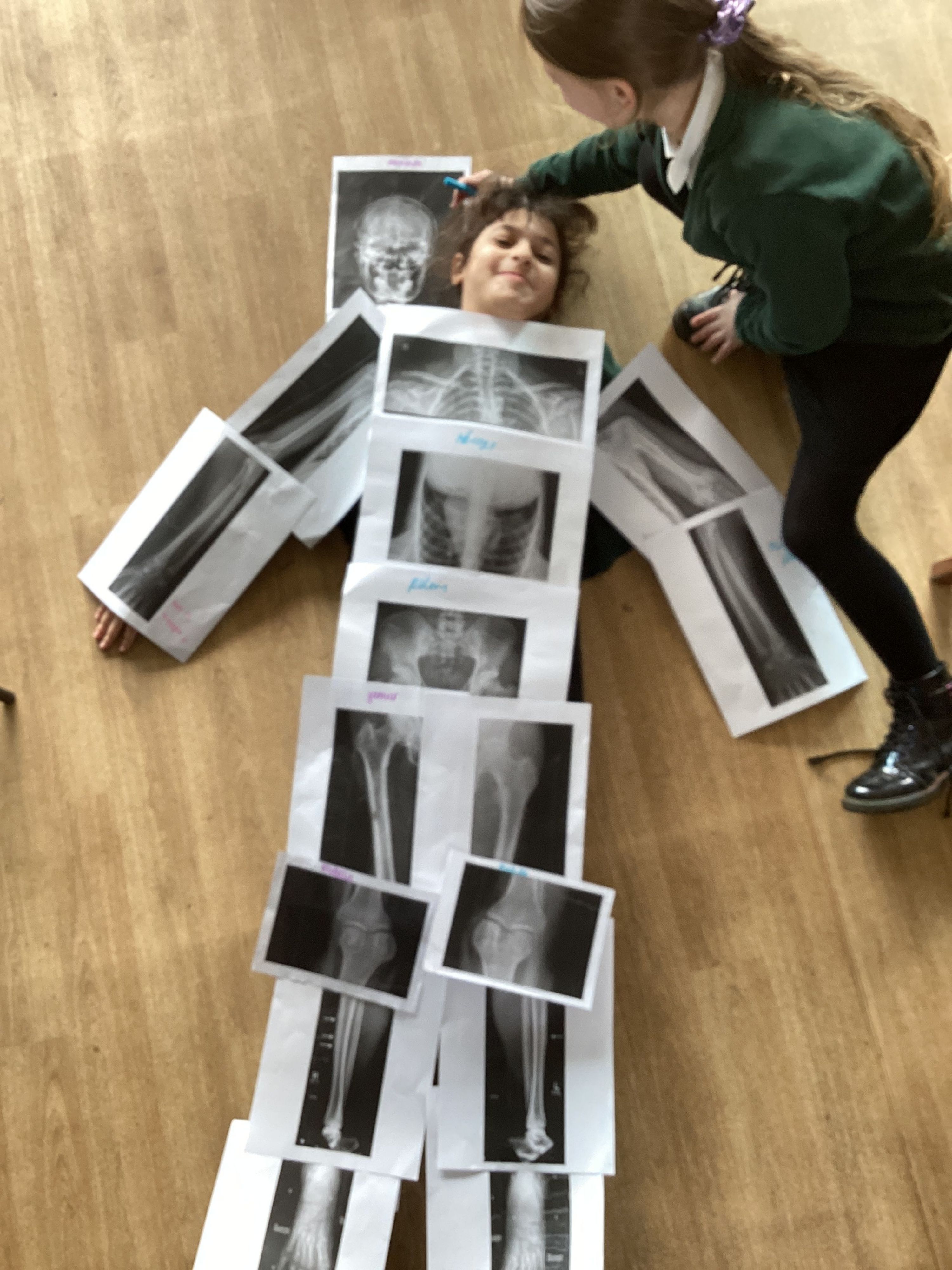
Are all skeletons the same?
We developed our classification skills, to develop our scientific enquiry.

We recreated hinge joints and ball and socket to help us understand the movement and purpose of them.
Does the length of your femur affect how fast you run?
We conducted an experiment to seek patterns between femur length and speed. We began by identifying the variables, making predictions and measuring each person's femur in centimetres. After that, we recorded the speed it took to run from one side of the playground to the other, using a stopwatch to time the results. We then concluded that although there were some patterns, these were inconsistent across the class.
Finally, we evaluated our investigation, discussing how we can improve to make it more of a fair test and ensure accurate results.
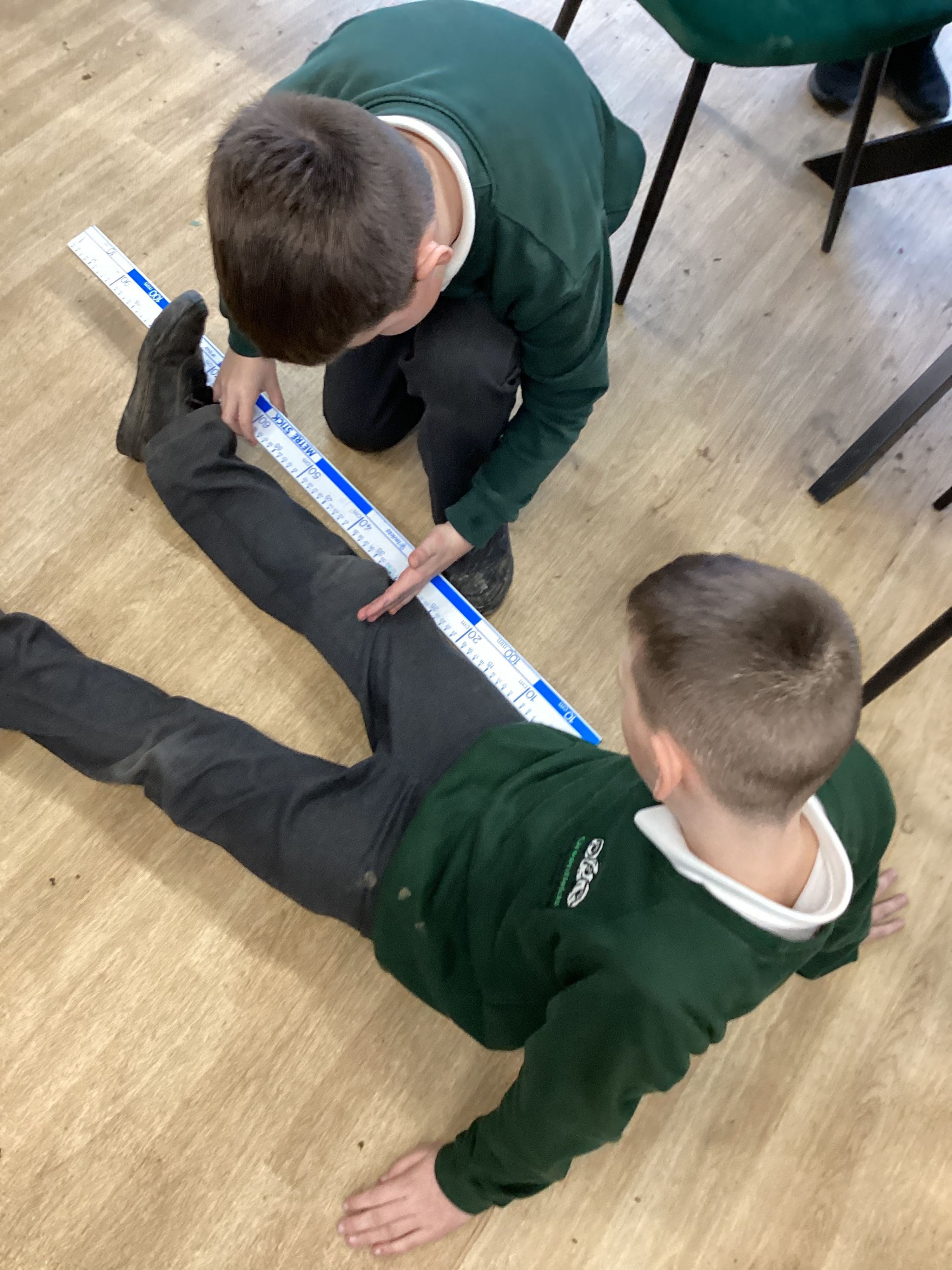
Learning Experience 10 - Human Sculpture
In our Art lessons, we will be exploring human sculpture, focusing on human form, shapes, and lines. We’ll study the work of two inspiring artists, Emily Motto and Anthony Gormley, to see how they represent the human form in unique ways. As part of our learning, we’ll visit the Turner Art Gallery in Margate and welcome a special visit from sculptor Emily Motto herself! Finally, we’ll apply our skills and creativity by making our own human sculptures using wire to build our armature and tinfoil and clay to strengthen.
Parent Art Gallery
We invited our parents to view our final sculptures at our class art gallery. Some of our parents took part in a 'figure modelling' art challenge.
We practised dynamic and static poses, tracing the outline of our partner's body and creating shapes and lines out wire.
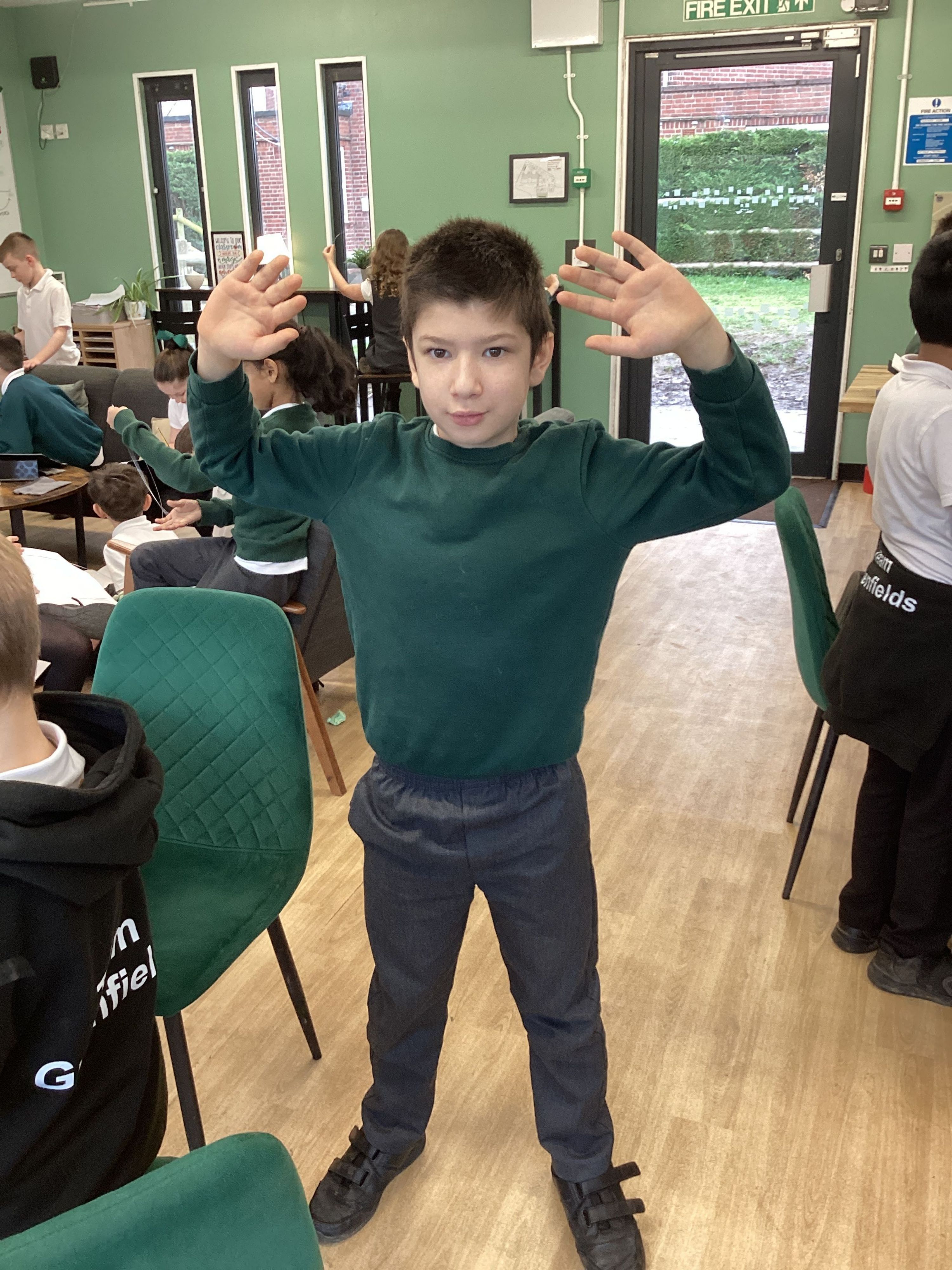
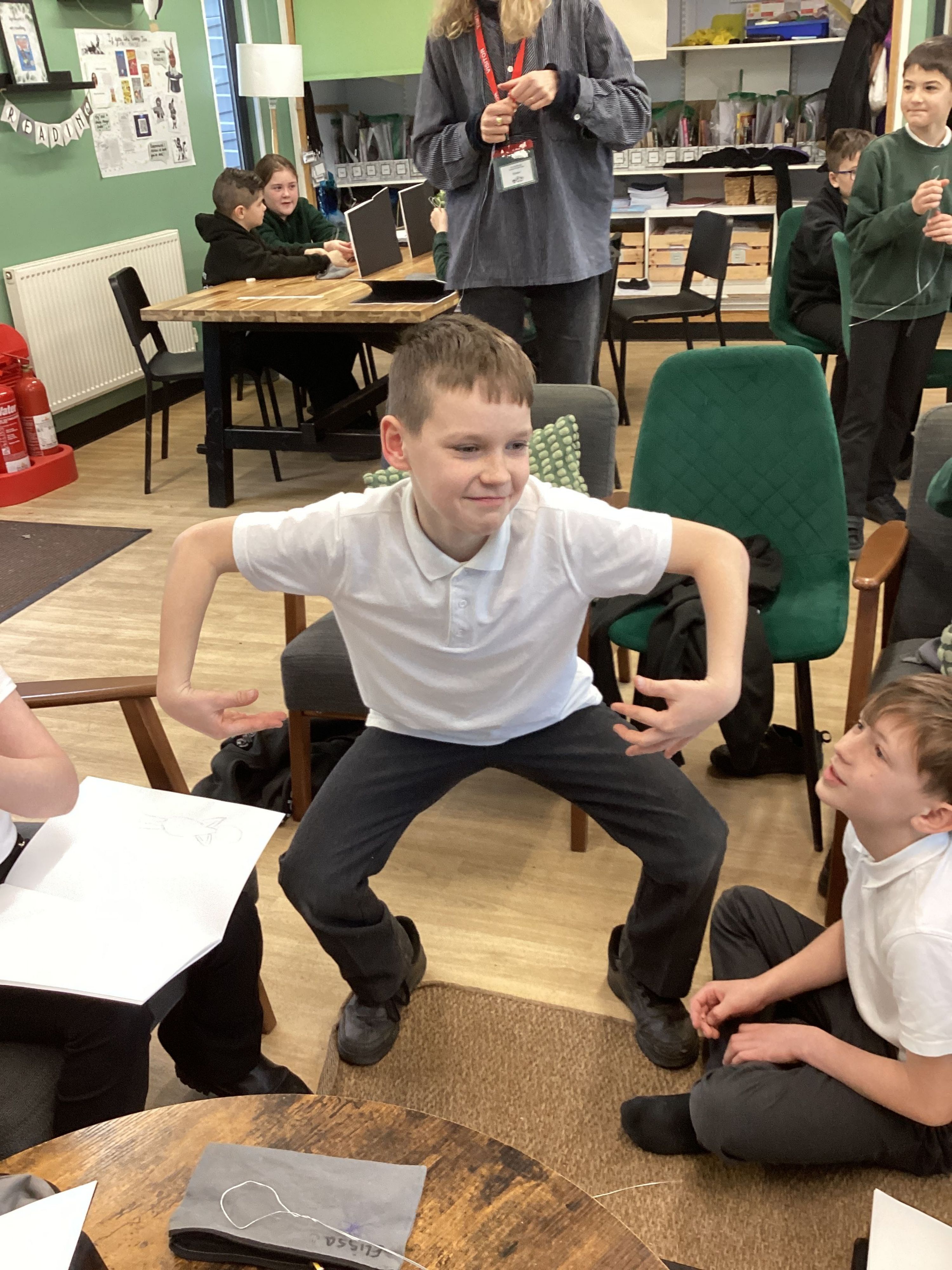
The process
Final sculptures
Trip to Turner Contemporary Art Gallery
Artist visit with Emily Motto
We were incredibly lucky to have artist Emily Motto visit our class to complete a sculpture workshop with us.
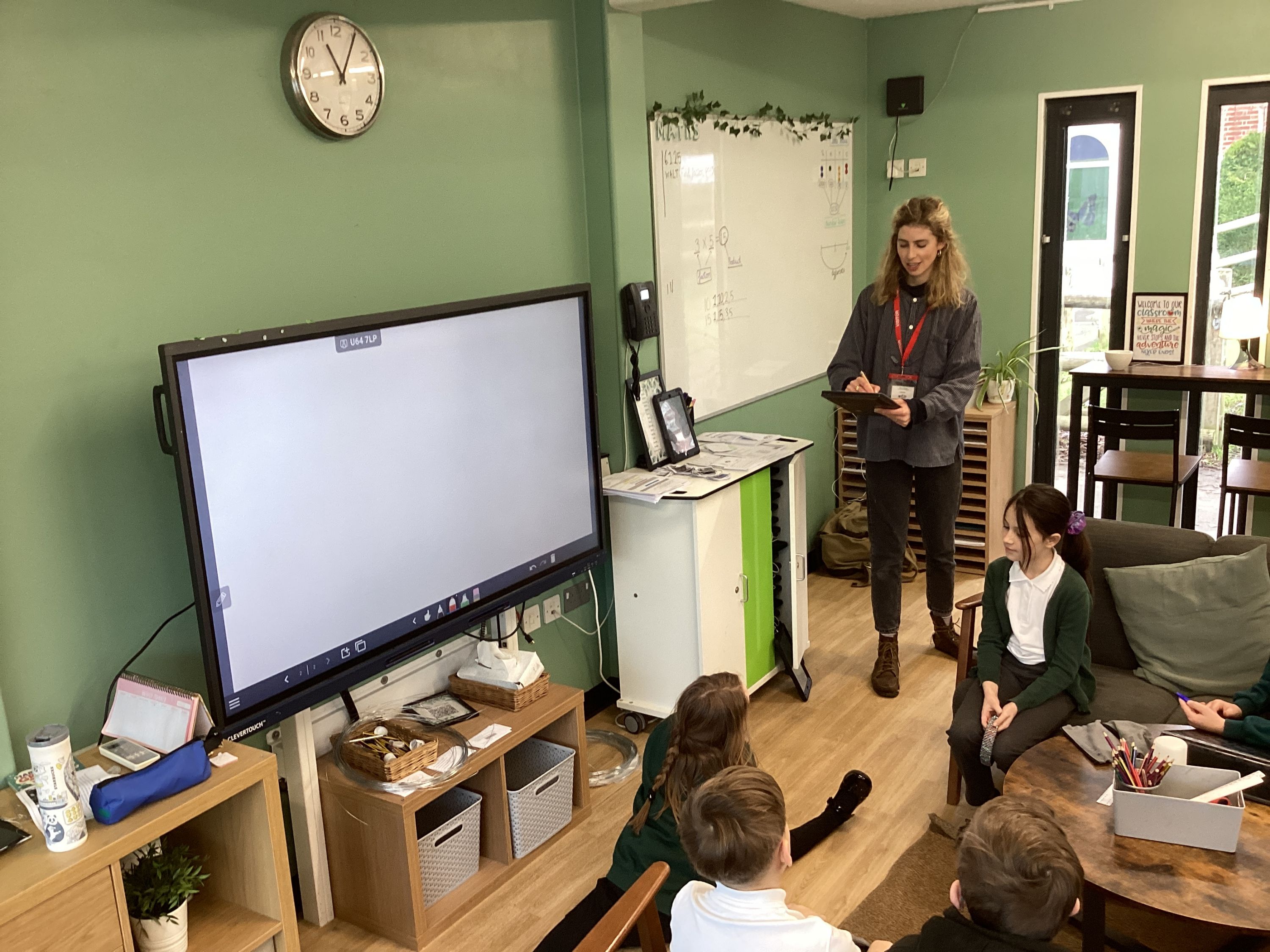
PSHE
Learning Experience 9 - Being a Good Citizen
Within PSHE, we will be exploring what it means to be a good citizen. We will begin by looking at the needs and responsibilities within families, recognising that all families are unique but share common values of care and support. Next, we’ll move on to law and justice, where we’ll learn about different types of crimes and their sentences. We’ll also have lots of fun with courtroom role-play, acting as a jury to decide the appropriate consequence. This will tie into learning about human rights and understanding the key differences between rules and rights. Finally, we’ll put our knowledge to the test by tackling a series of scenarios, applying what we’ve learnt to real-life situations.
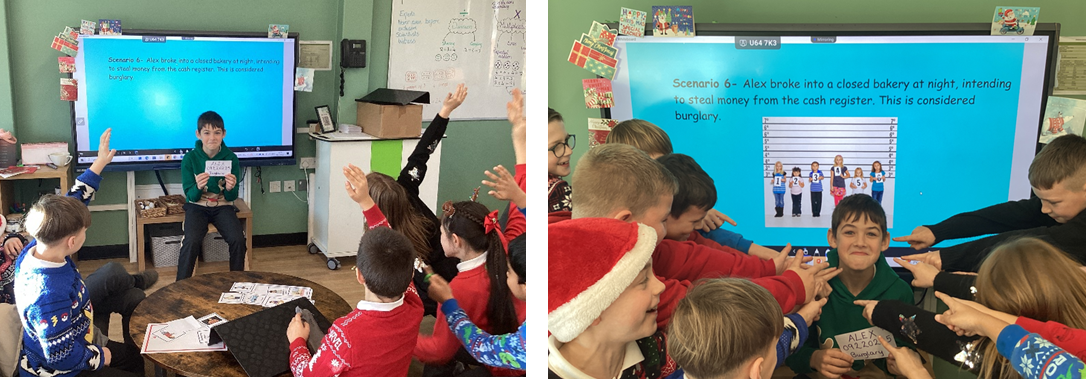
Music
Learning Experience 8 - Three Little Birds
Year 4 will be focusing on the genre of Reggae music. They will begin by listening and appraising the song 'three little birds', focusing on key musical elements such as tempo, dynamics, and pitch. This will help them understand how these aspects affect the mood and style of the music. Following this, they will perform the song using both their voices and instruments. Using a variety of chords, they will develop their musical coordination skills.
History
Learning Experience 7 - Stone Age to Iron Age
In History this term, we will think back to prehistoric times to understand what life was like in the Stone, Bronze and Iron Age. We will kickstart our experience with a school trip to Kent Life to take part in a Stone Age workshop. We will look at the types of settlements, food and tools at the time. Looking at how the use of trading bronze and iron changed the lives of these early humans.
Stone Age parent workshop
We invited our parents in to class to help us build Stone Age dwellings from the Palaeolithic, Mesolithic and Neolithic period.
We learnt about prehistory, and the three eras of the Stone Age period through a class timeline. We ordered key events and annotated to demonstrate our understanding of prehistoric life.
Our Stone Age Workshop at Kent Life
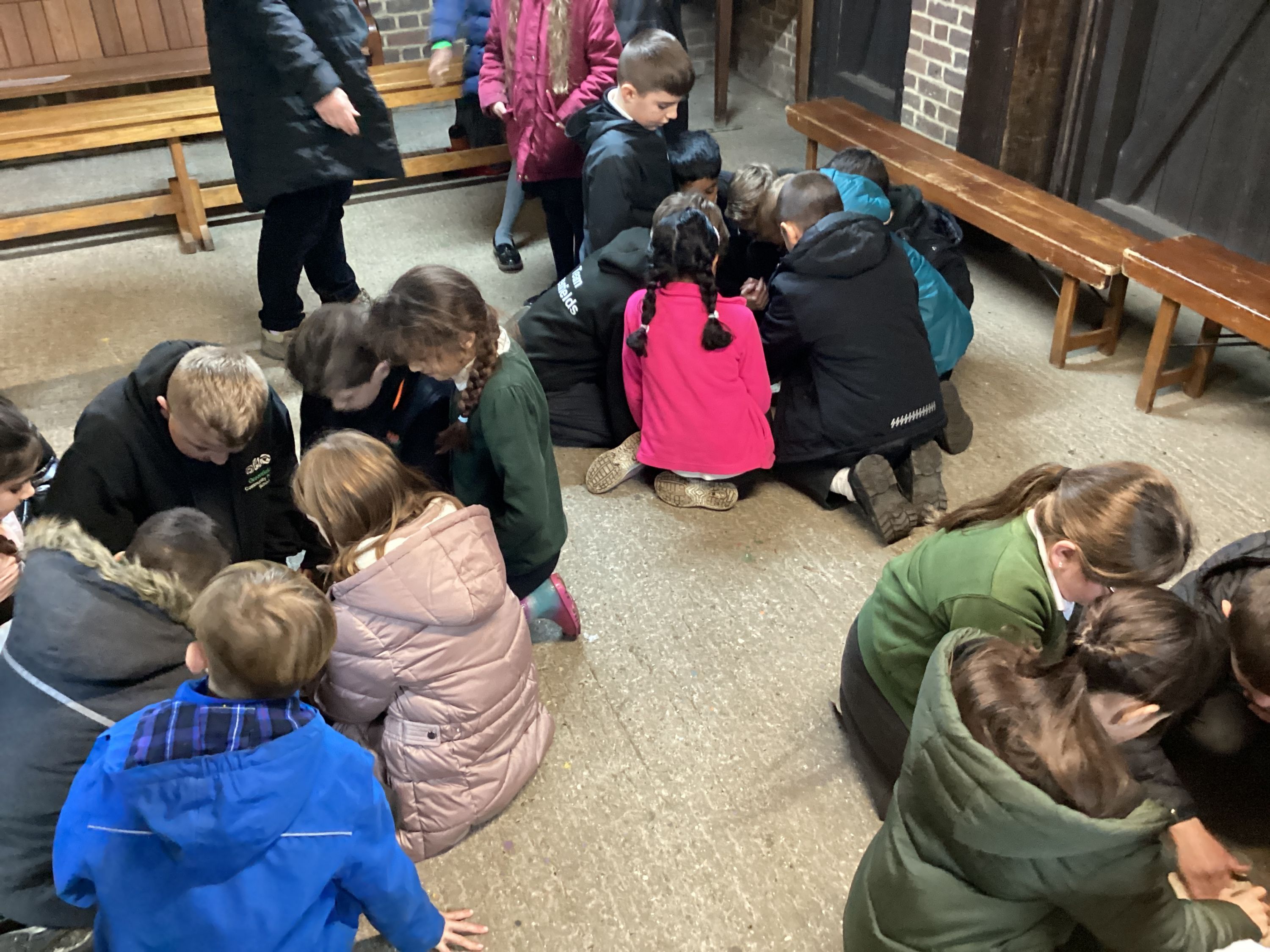
Spanish
In Spanish, we have been learning basic phrases and greetings.
We played a game to consolidate our Spanish colours.
Attendance reward
We achieved extra time in the 'loose parts' area because of fantastic attendance. Miss Parris let us roll her down the hill.
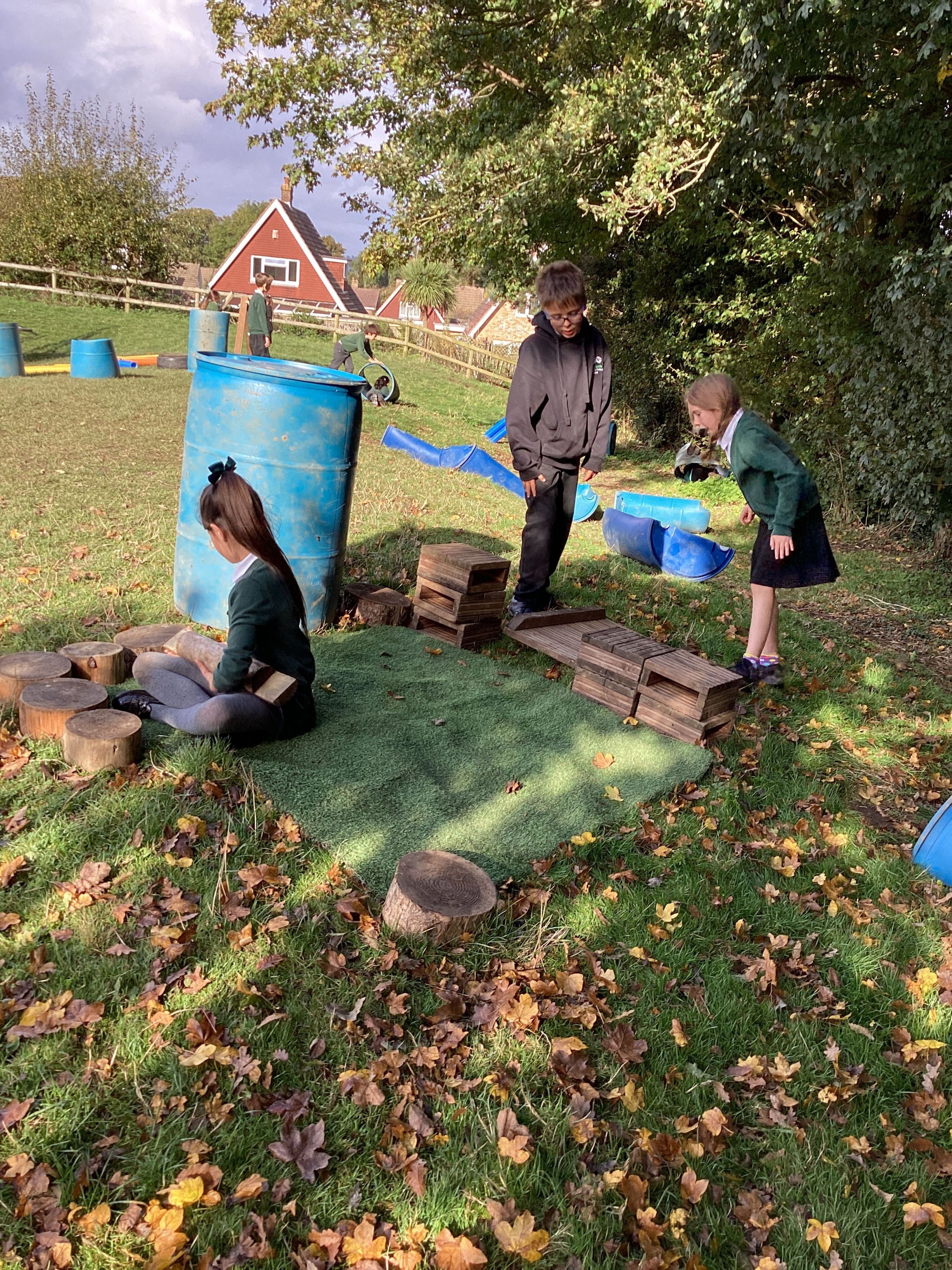

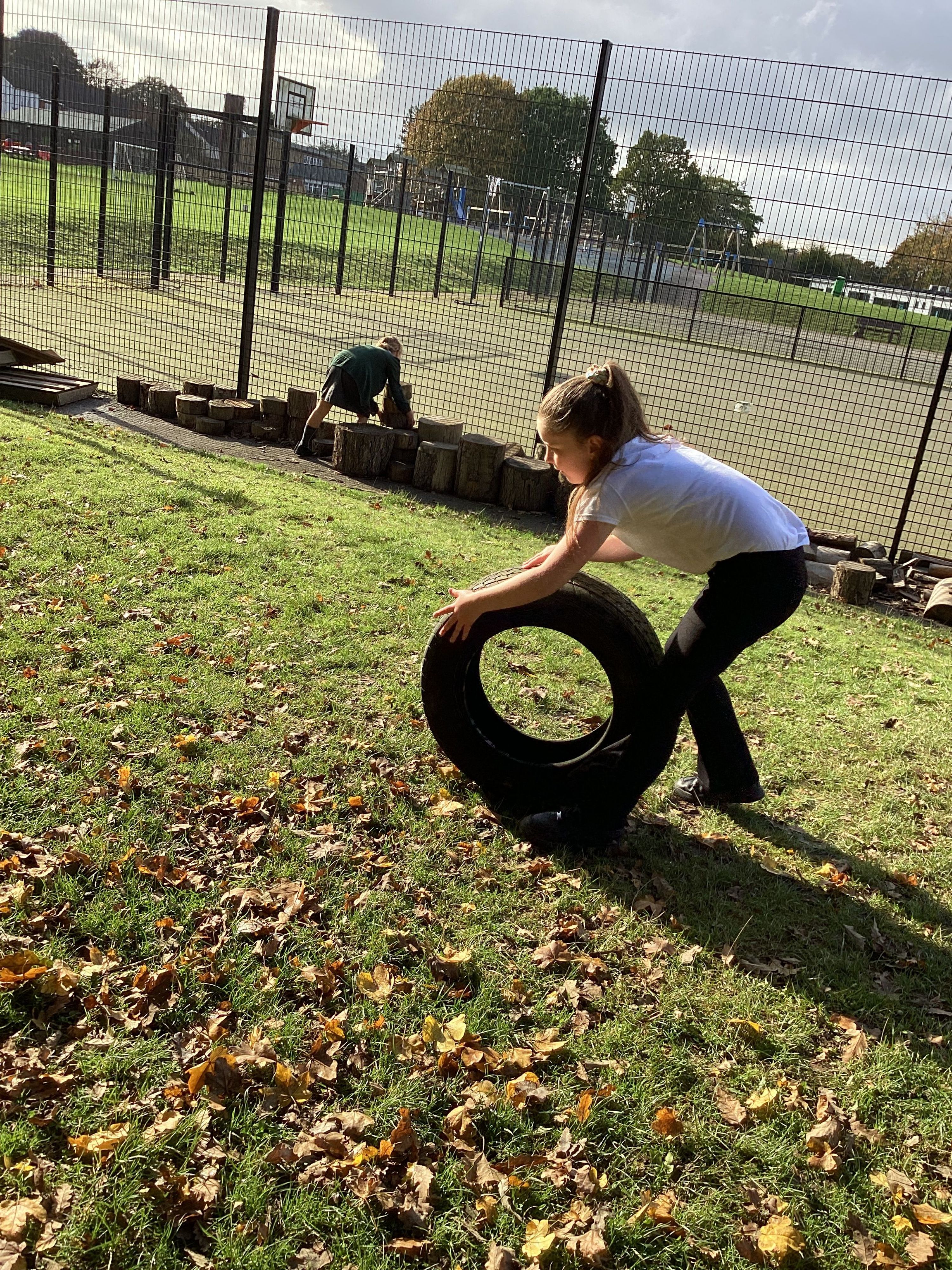
RE
Learning Experience 6 - Christianity
This term we are exploring Christianity by delving into three big questions: What do Christians believe about God? (Believing), Why do Christians pray? (Expressing), and What does it mean to be a Christian today? (Living). We’ll begin with fingertip knowledge before generating our own ‘big’ questions to deepen our thinking. We will look at a variety of Christian artefacts, Christian beliefs and practices. We’ll also compare the experiences and beliefs of different Christians, discovering the many similarities but celebrating uniqueness.
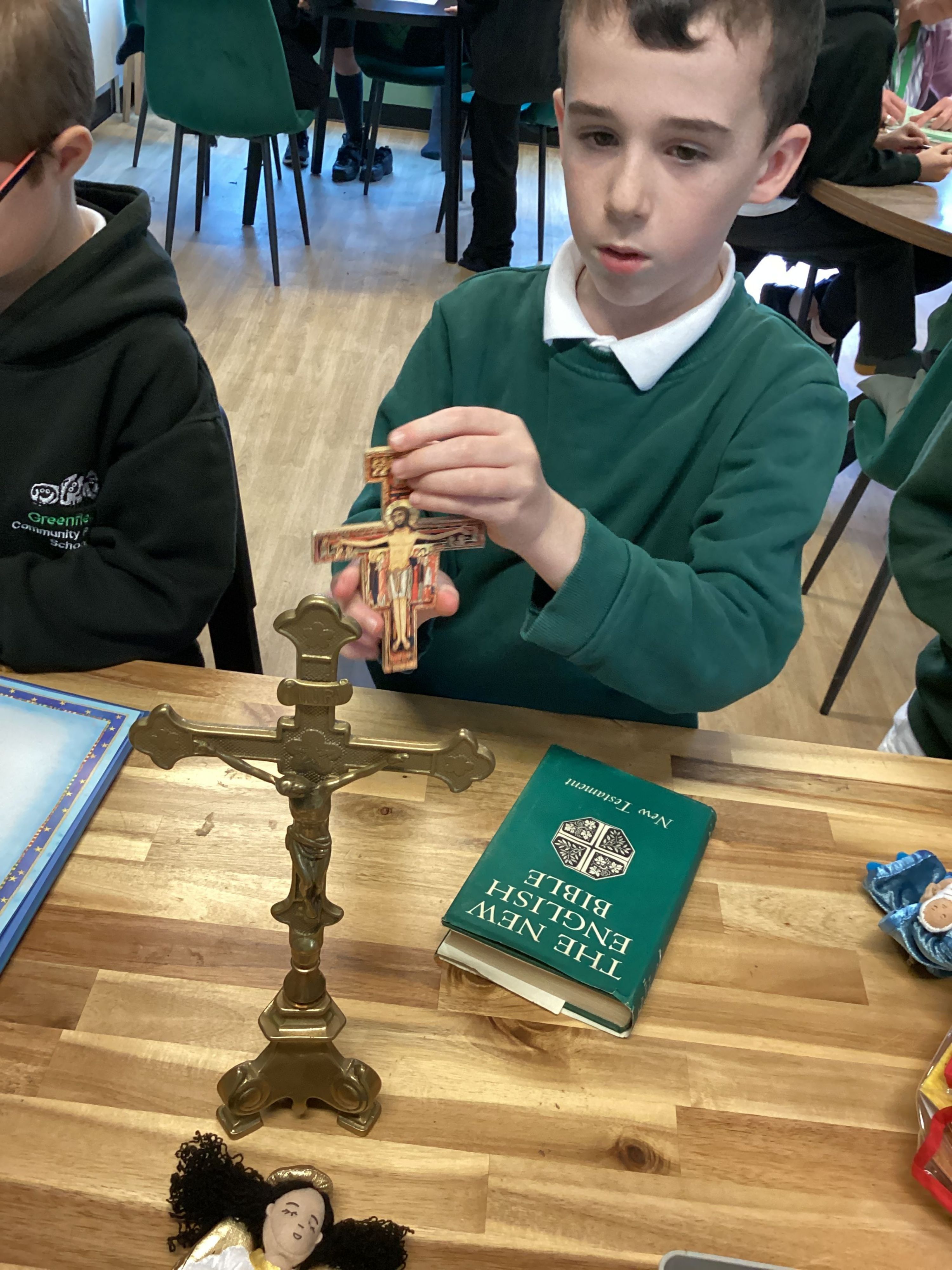
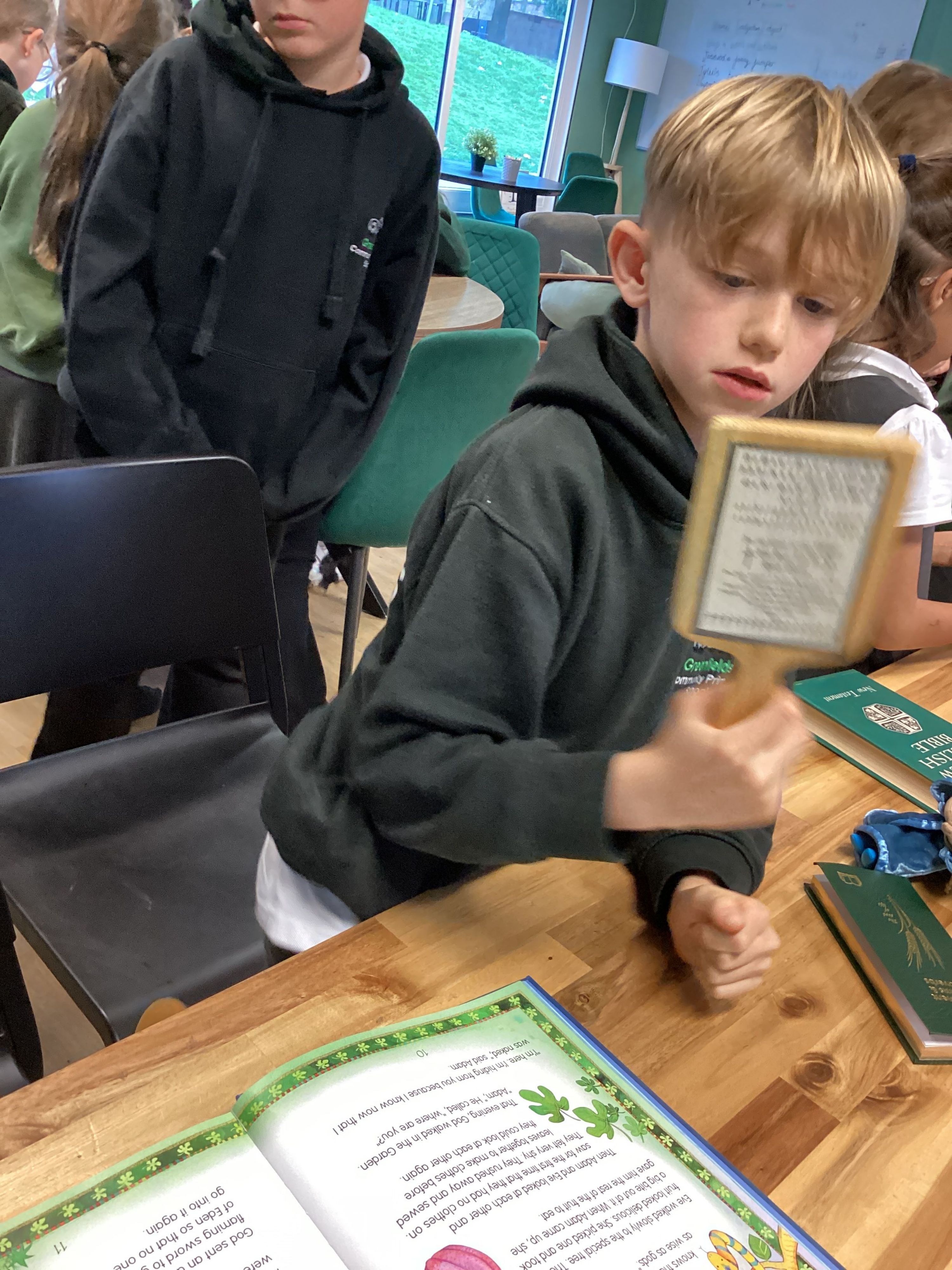
Community visit
We had a visit from the Head Pastor at the 'The Triumph of Grace Ministry'. She spoke to us about her Christian beliefs, why she prays and what Christianity means to her.
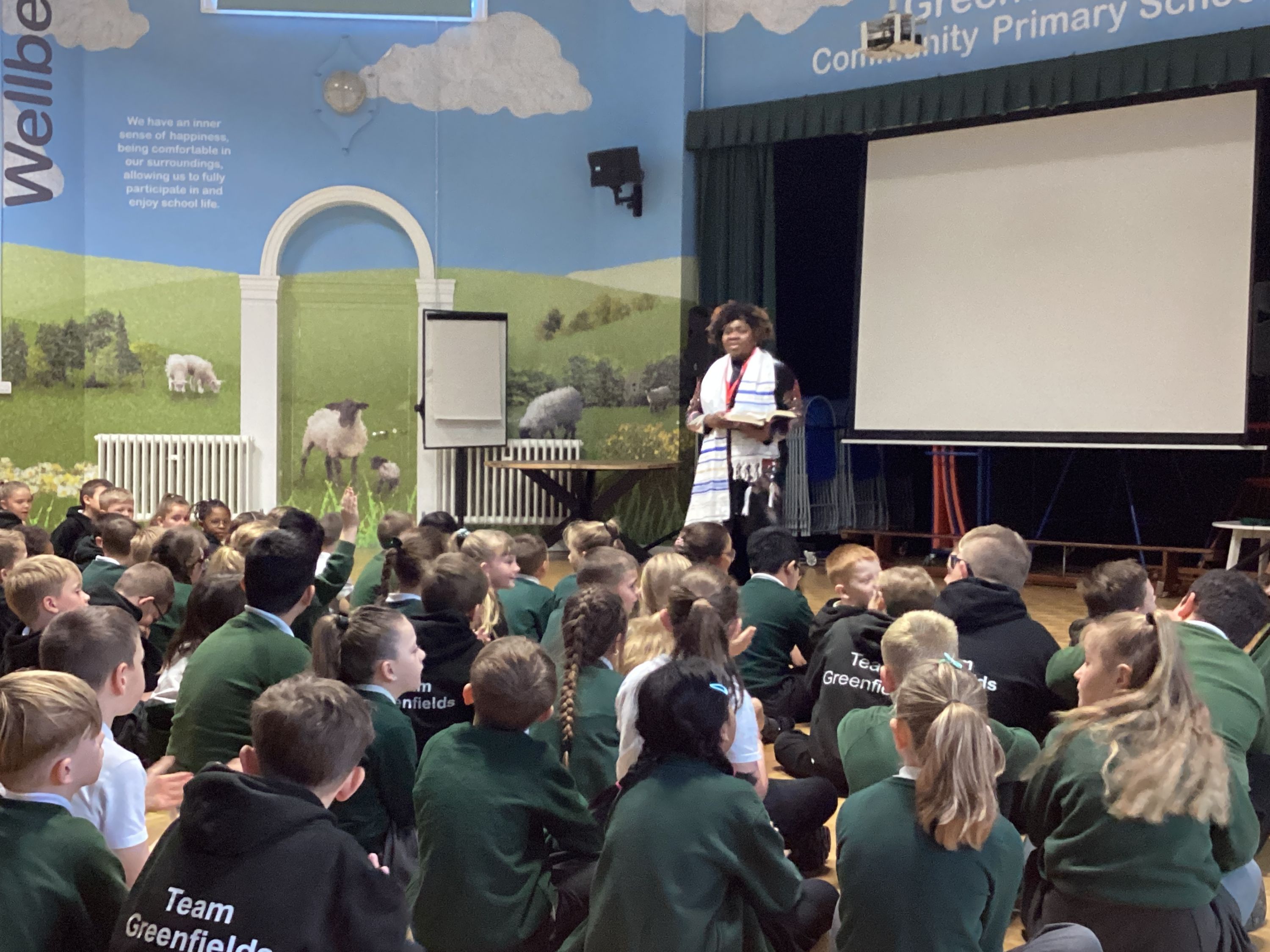
DT
Learning Experience 5 - Cooking
DT this term is all about food! We’ll begin by exploring where our food comes from, understanding how it’s imported and processed before it reaches our plates. With this knowledge, we’ll plan our method for creating a delicious ratatouille dish. Then, we’ll visit Newline Secondary School to put our plan into action. Using bridge and claw cutting techniques, we’ll carefully prepare our vegetables while following a simple recipe. As we cook, we’ll keep our target audience (our parents) in mind, ensuring our dish is both delicious and visually appealing. Finally, we’ll invite our parents to taste and evaluate our creations.
Parent tasting afternoon
We invited our parents to school to taste and evaluate our final dishes!

Our day at Newline Secondary School

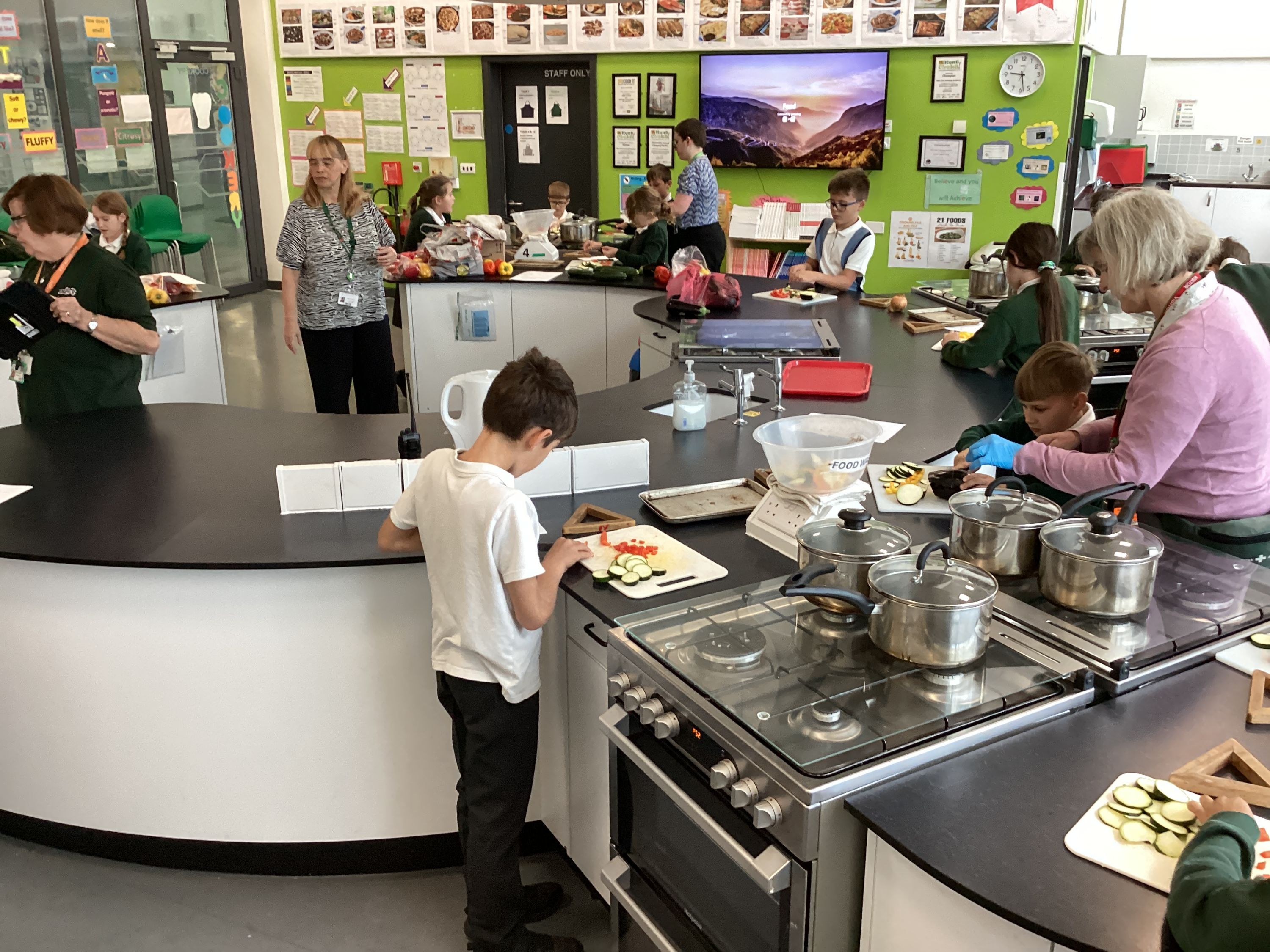
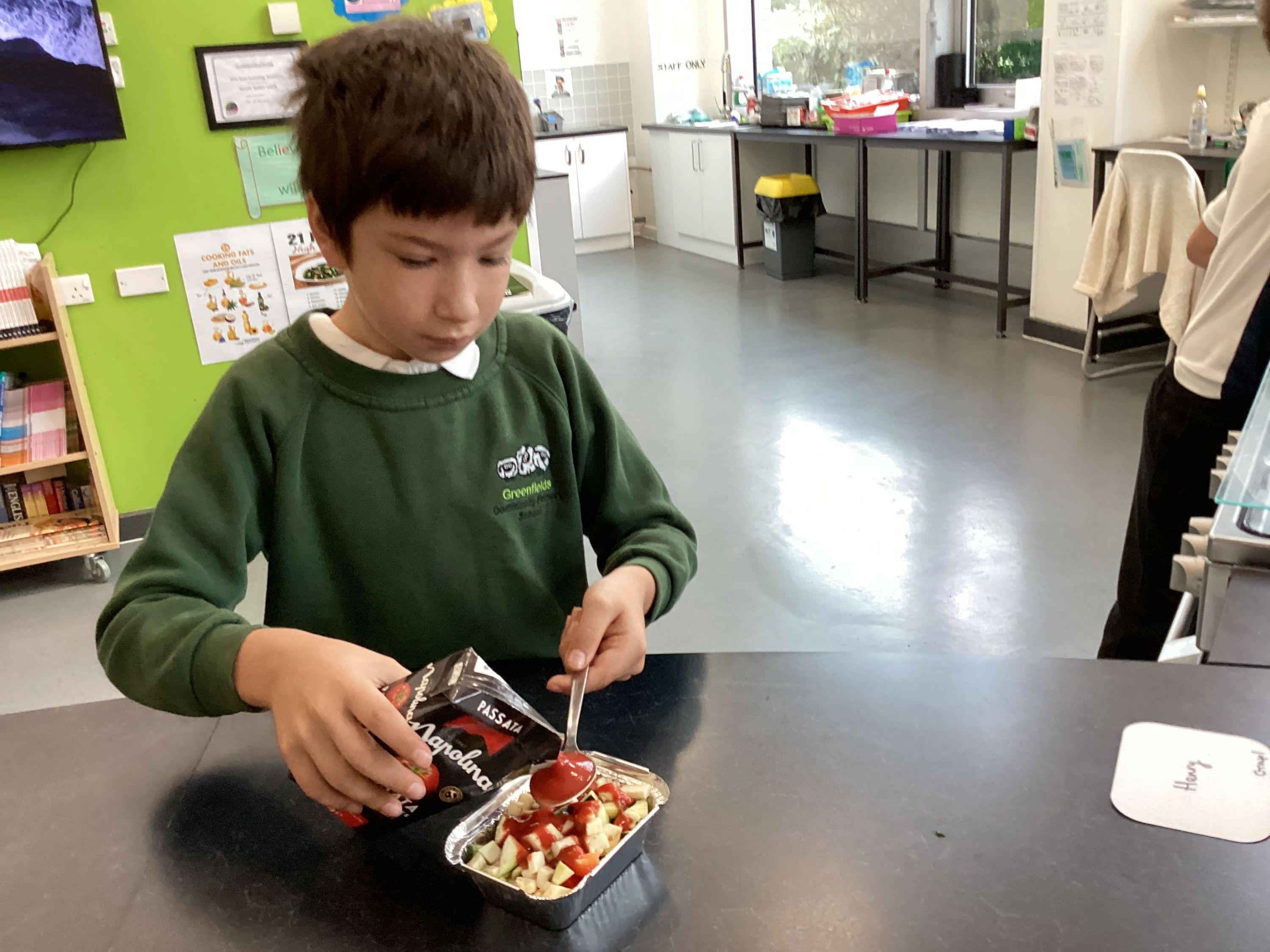
Virtual Author Visit with Gregg James.
Sycamore Trees had an exciting virtual visit from author and Radio 1 presenter Gregg James! During the session, he read from one of his books, and we brought the story to life through our own illustrations.
Attendance reward
Sycamore Trees have won 3 gold attendance medals this term! As part of our reward, we enjoyed an arts and crafts session, building the Iron Man from our class text and getting crafty with nature!
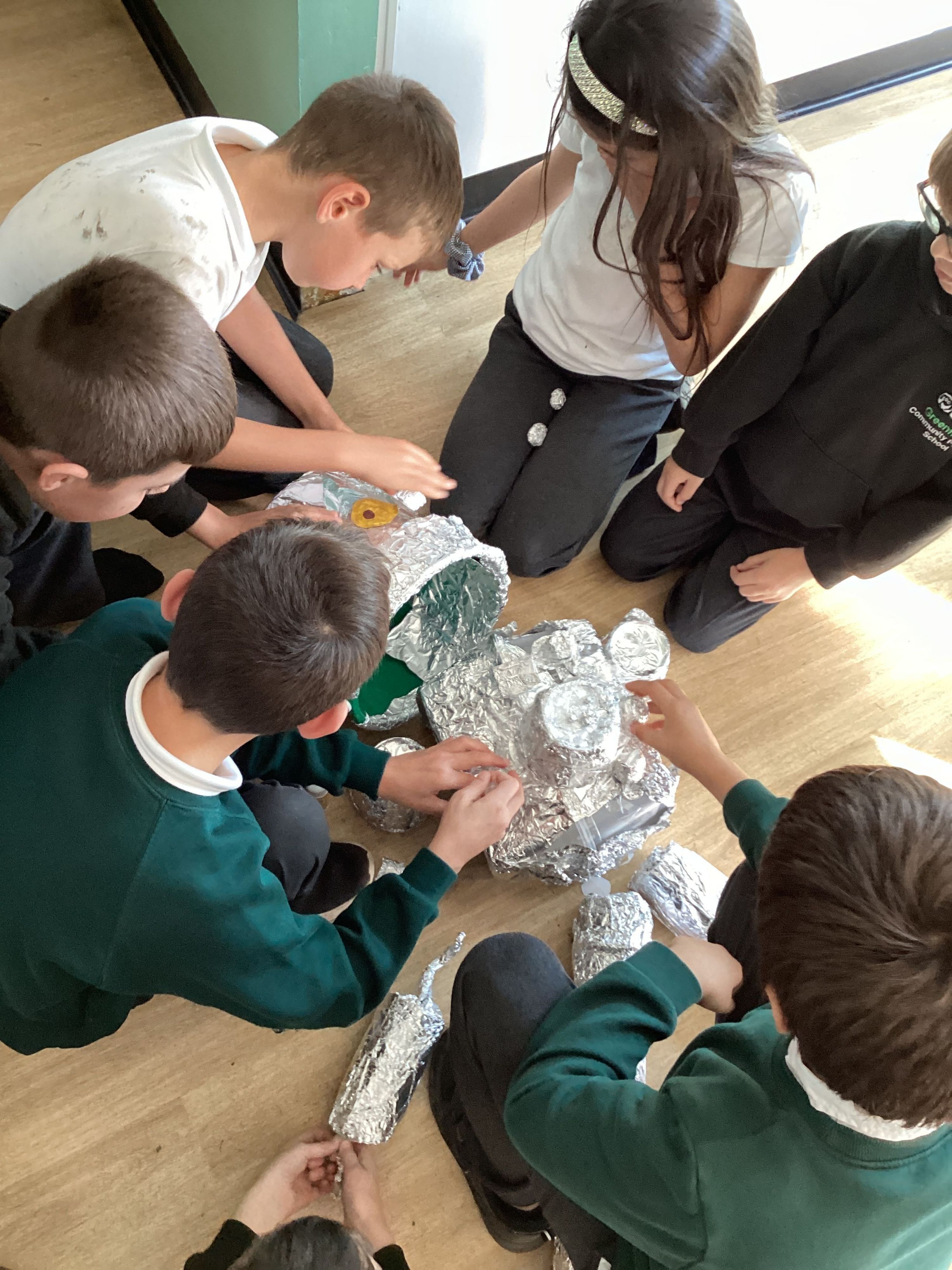
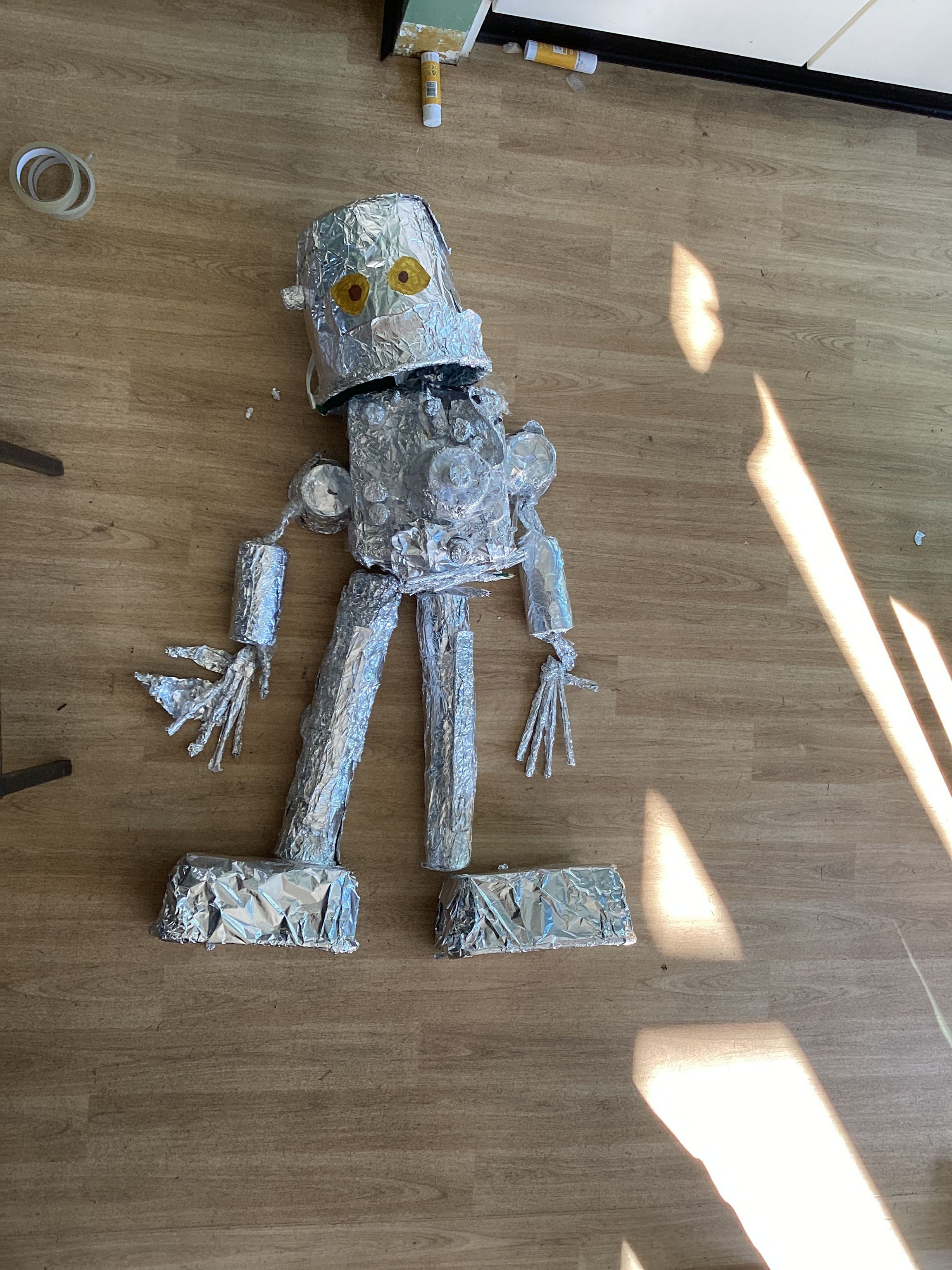
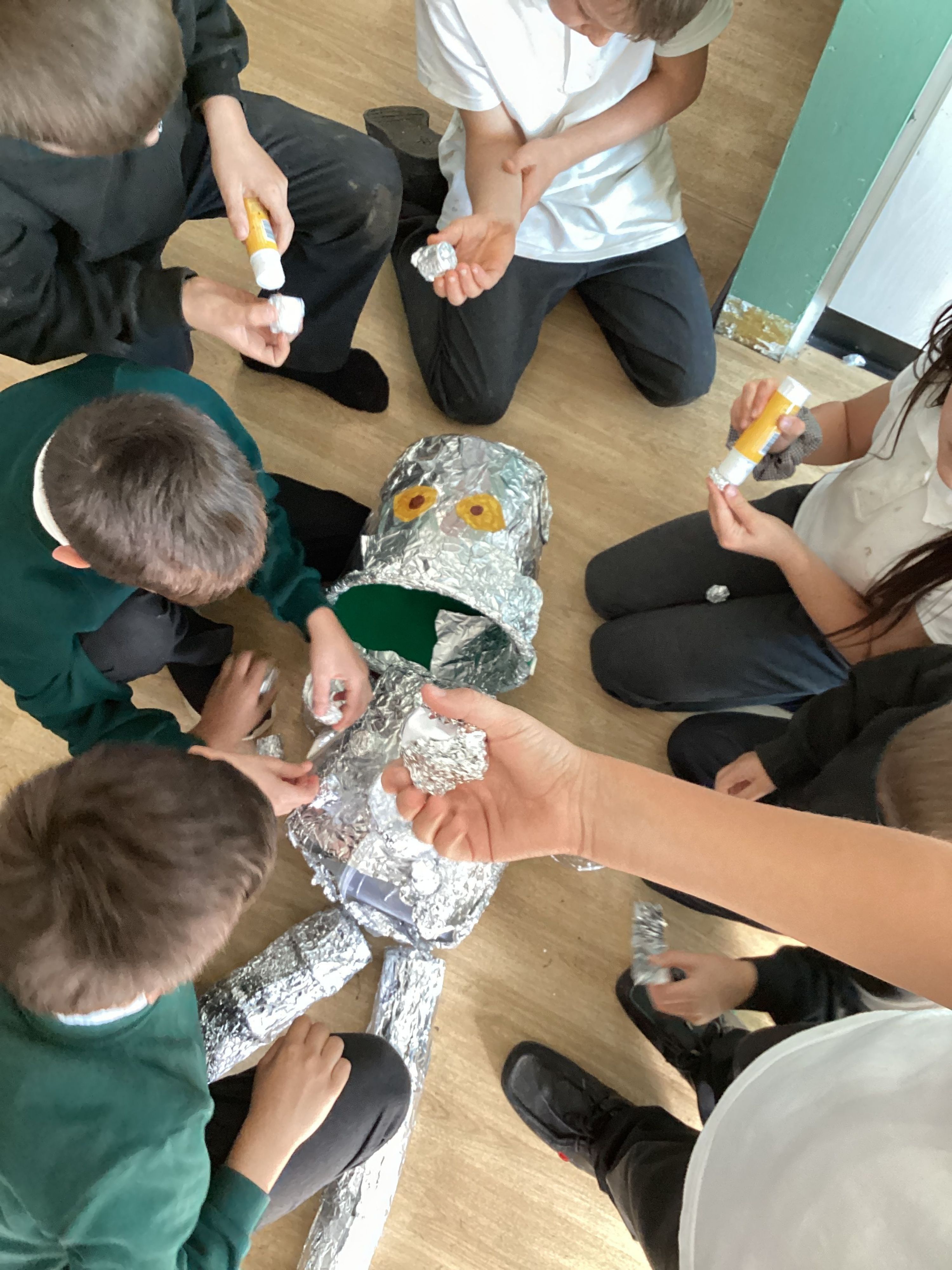
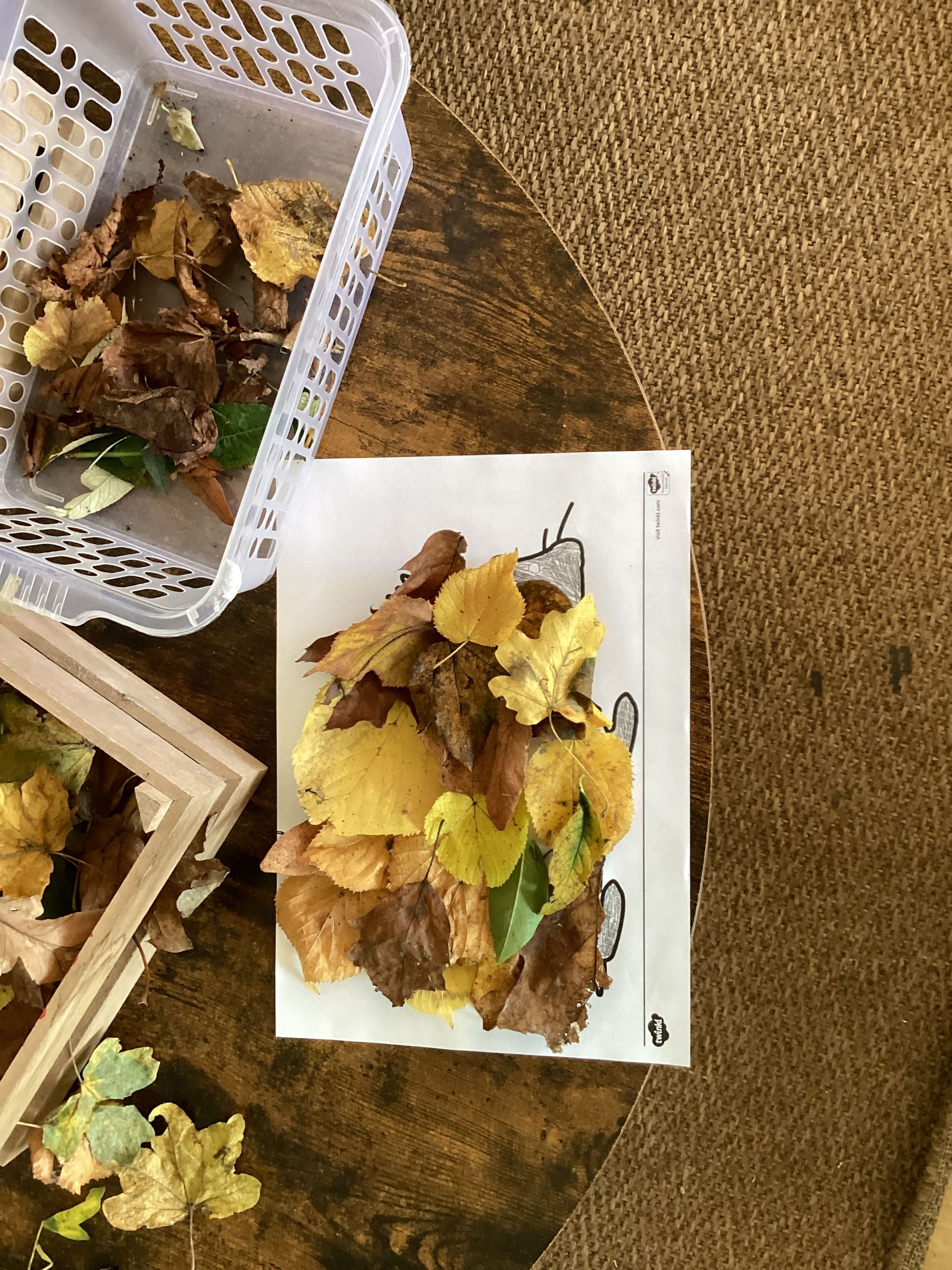
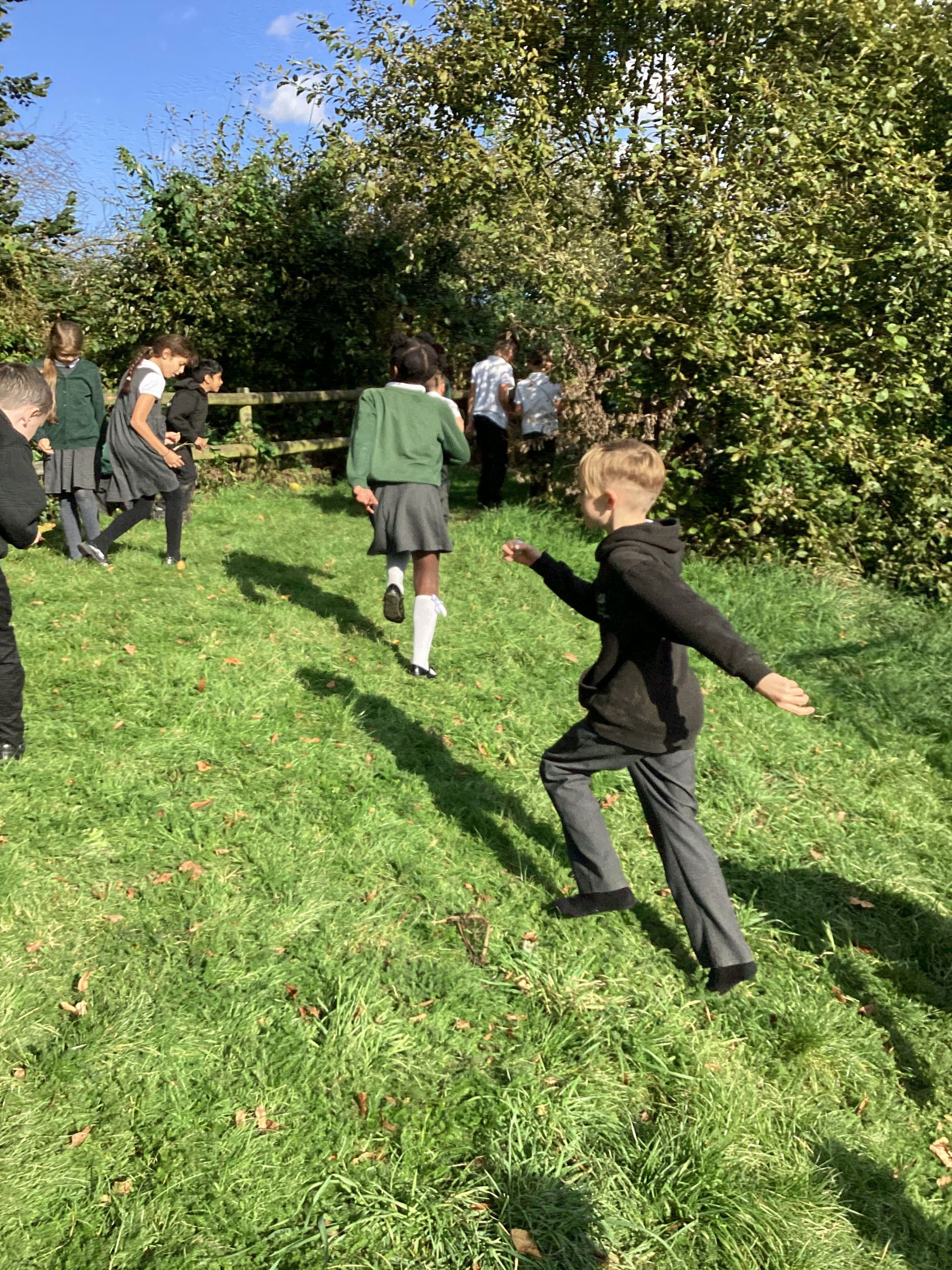
Computing
Learning Experience 4 - Ebooks
Ebooks Knowledge organiser
In Computing, children will be learning how to use the app Keynote to create their very own Ebooks! They will develop a range of software skills, including adding and formatting text, inserting images, and creating hyperlinks to make their presentations more interactive. By the end of the experience, children will have the opportunity to showcase their creativity and new digital skills by presenting to the class.
Check out some of our Ebooks below!
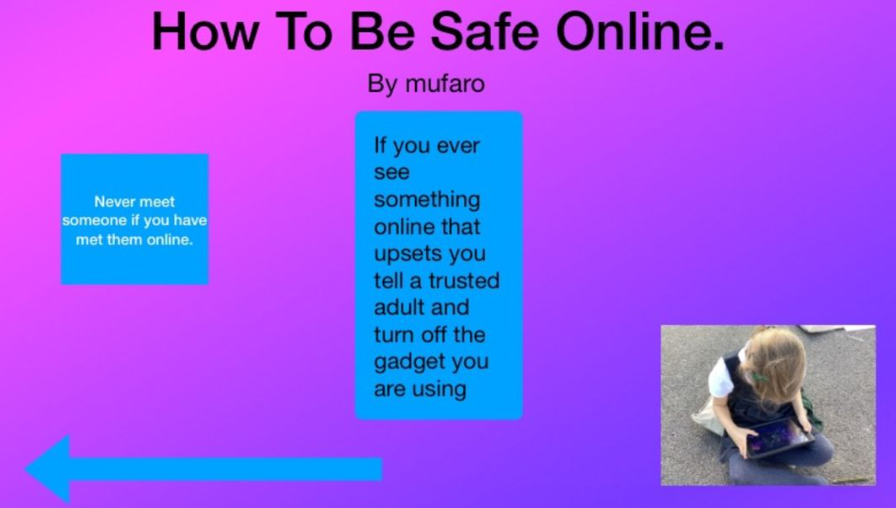
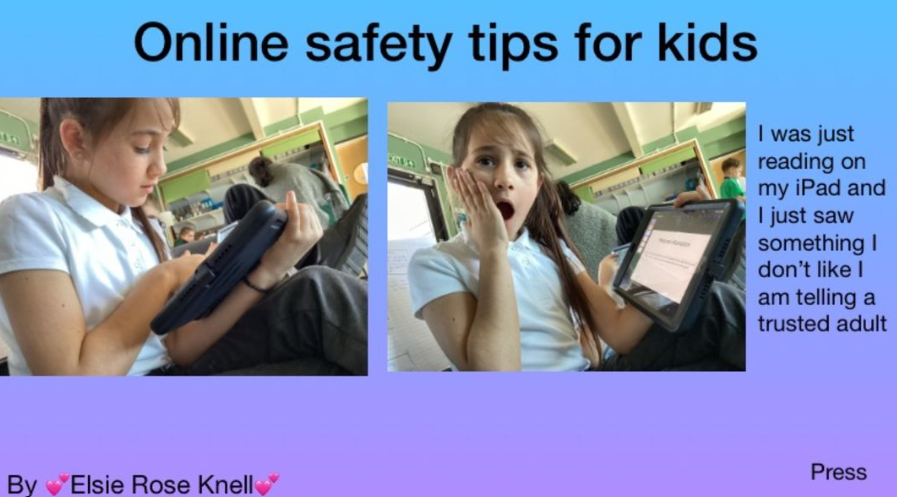

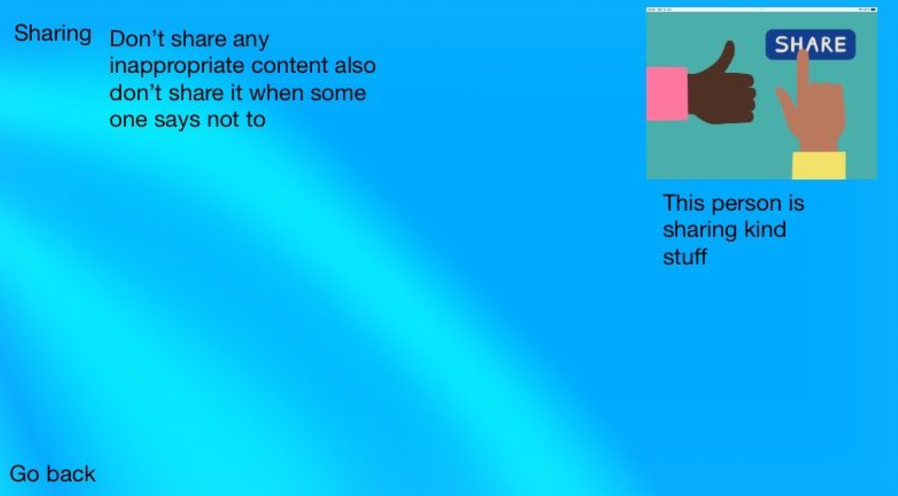
PSHE
Learning Experience 3 - Internet Safety and Harm
Internet Safety Knowledge Organiser
Children will begin this experience by looking at the many benefits of the internet, like learning new things and connecting with friends, while also discussing why it’s important to limit screen time for our health and well-being. We’ll dive into how to spot fake news, and learn why we should think carefully before sharing personal information online. Finally, we will discuss how to develop smart and safe online habits by responding to different online scenarios.
Geography
Learning Experience 2 - Country Comparison
Country Comparison Knowledge Organiser
We will begin this topic by developing our atlas skills, learning how to read a variety of maps and locate places around the world. We will then look at physical and human features within our local environment (Maidstone) and then apply this knowledge to London and other areas within Europe. Using Google Maps, we will locate a variety of landmarks in London. Finally, we will compare the UK to Italy focusing on Rome. We will look at the population, transport, food etc.
Our River Cruise Trip!
To support our Geography learning and skills, we went on a river cruise along the river Medway. During the trip, we completed fieldwork by spotting physical features like riverside landscapes, as well as human features such as bridges and buildings.
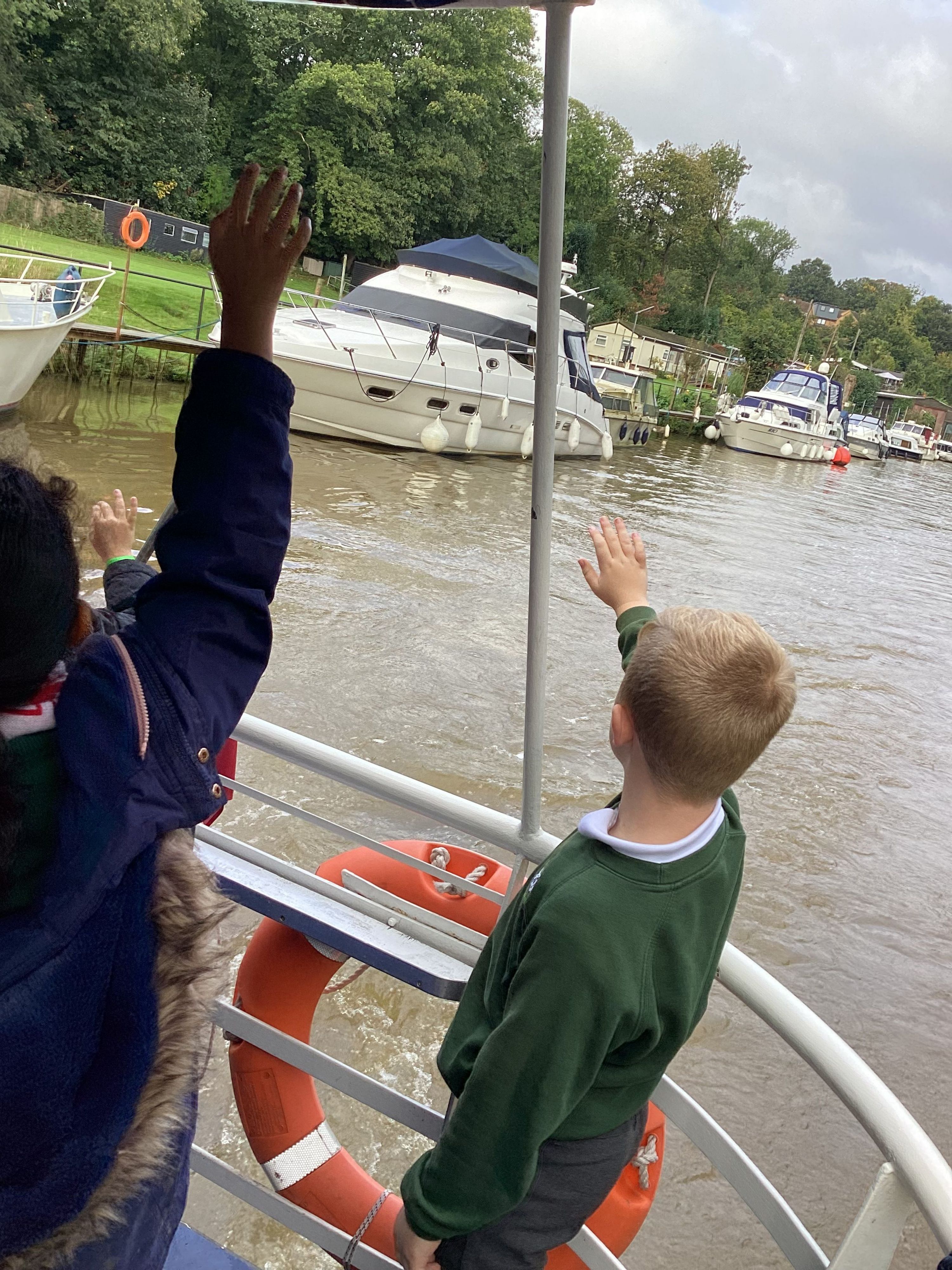
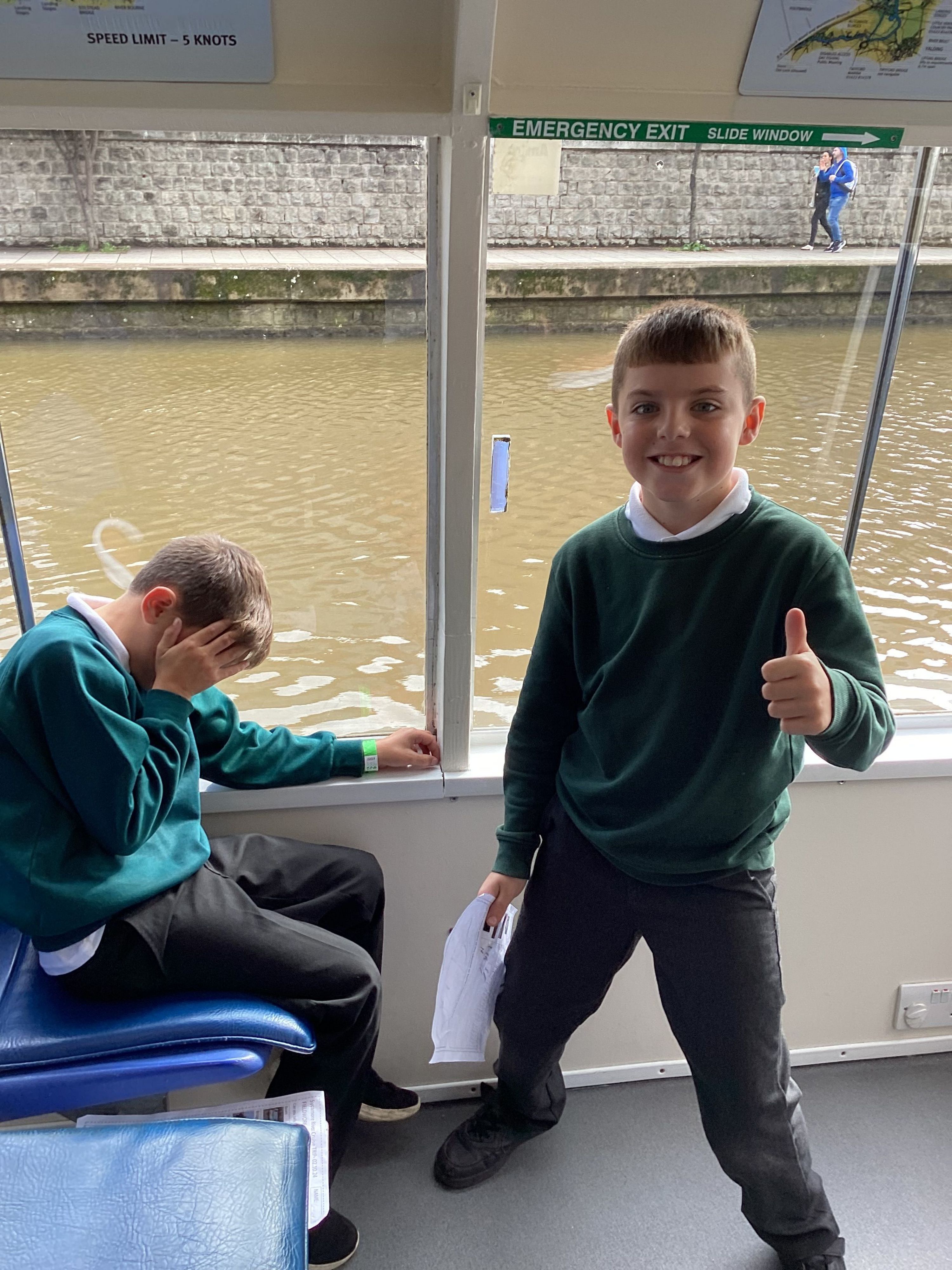
Atlas skills
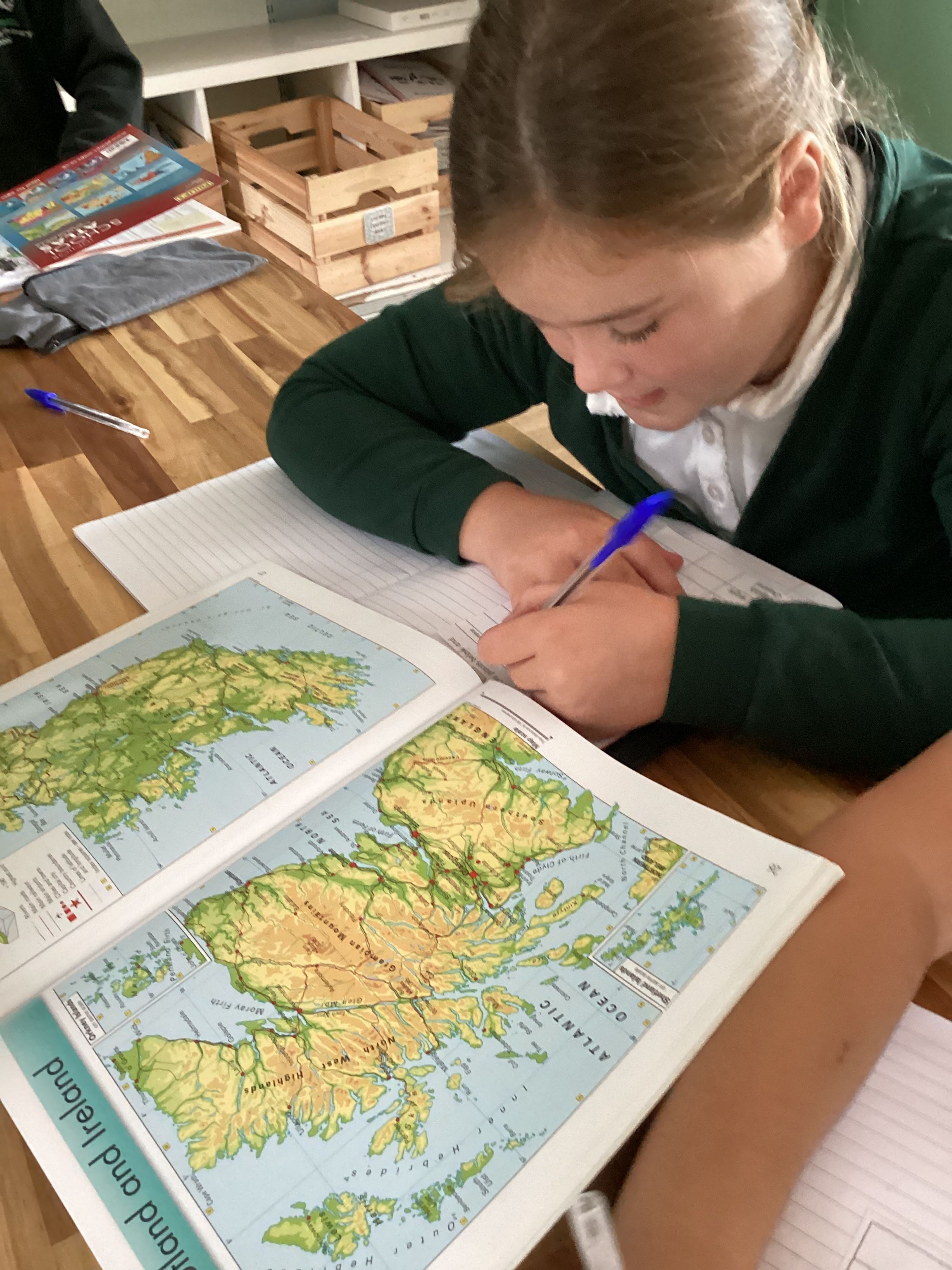
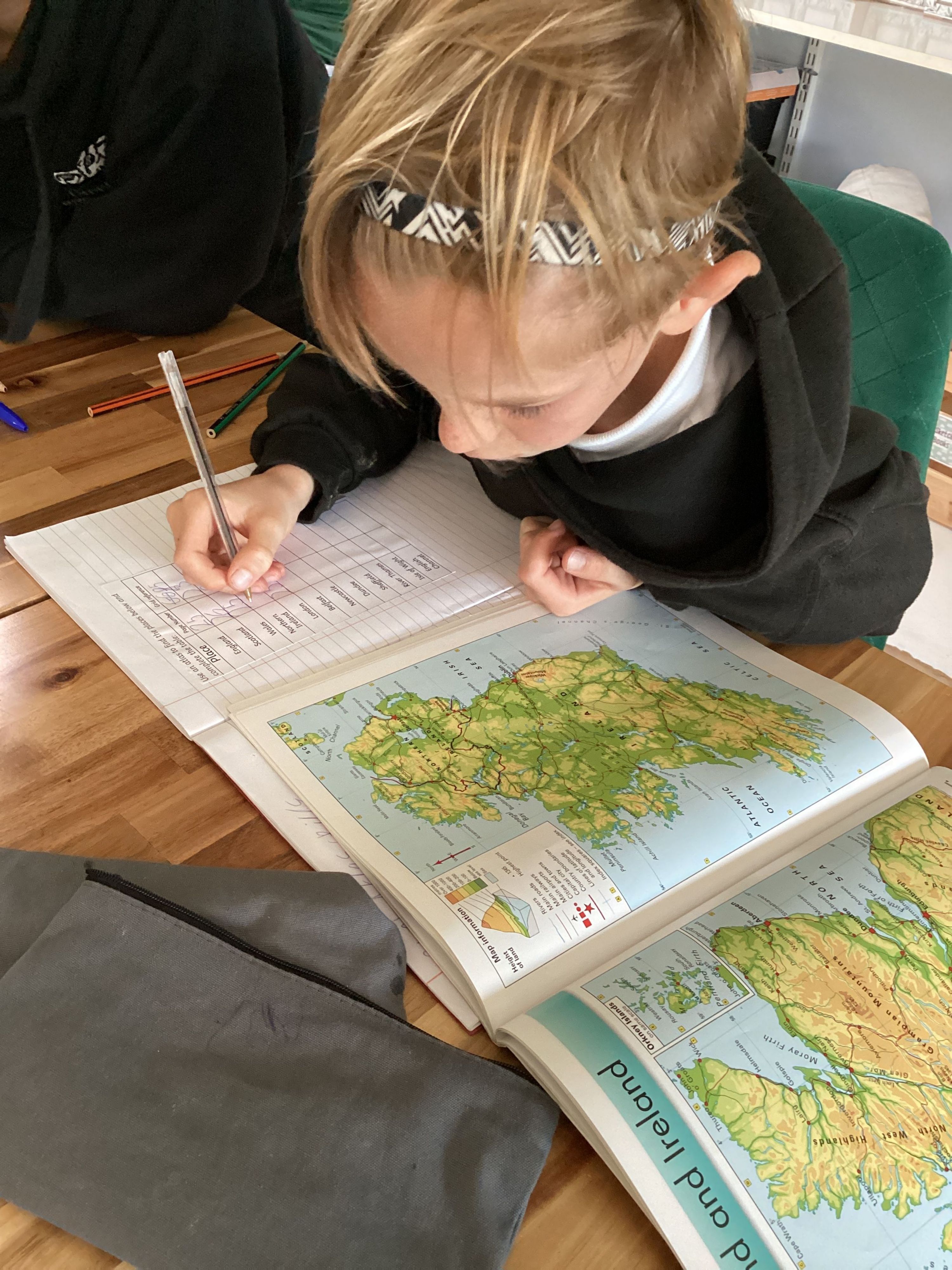

Next, we identified physical and human features within our local environment and highlighted these on a map of Maidstone. Then we used GoogleMaps to locate other physical and human features across the UK.
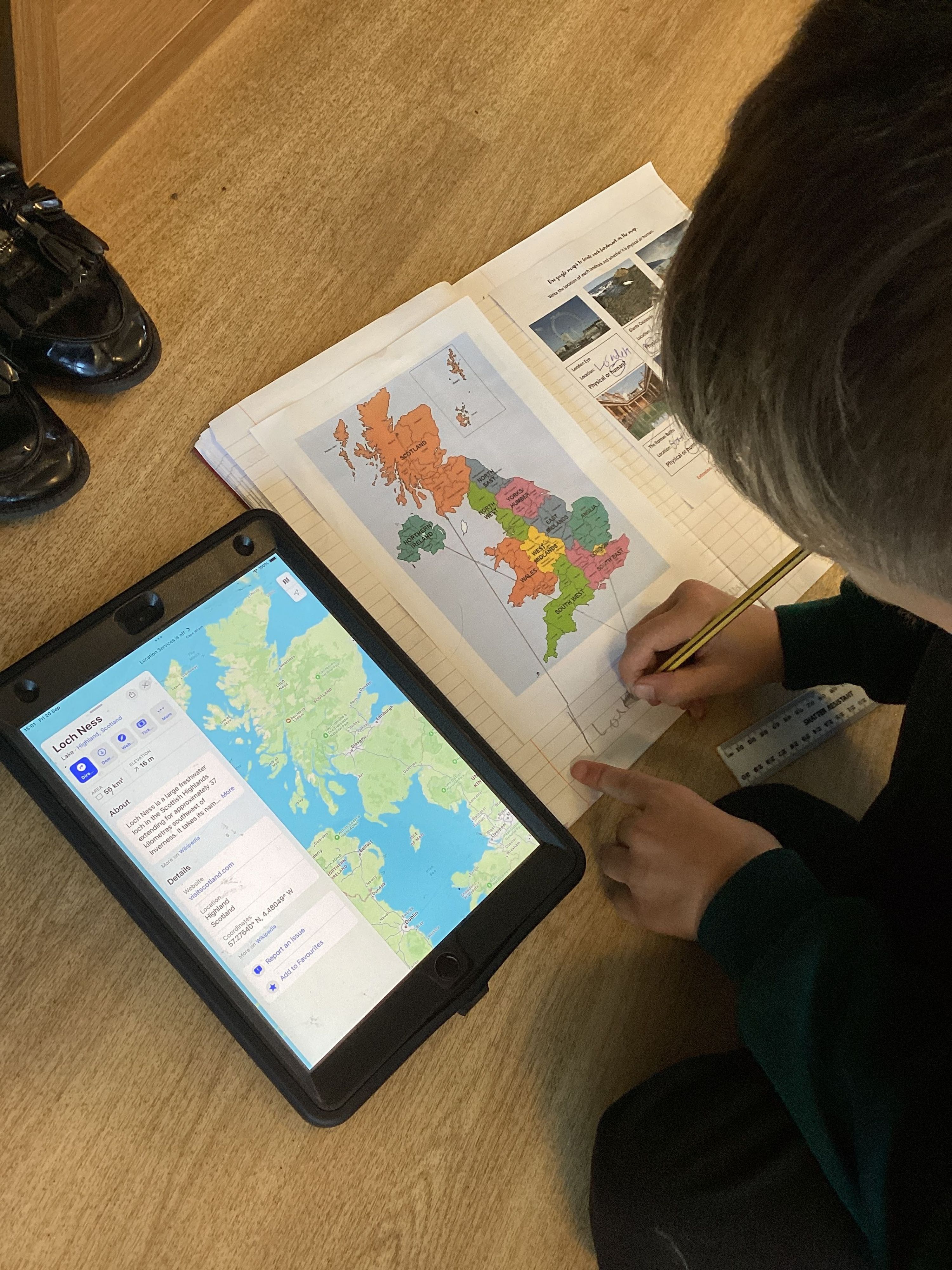
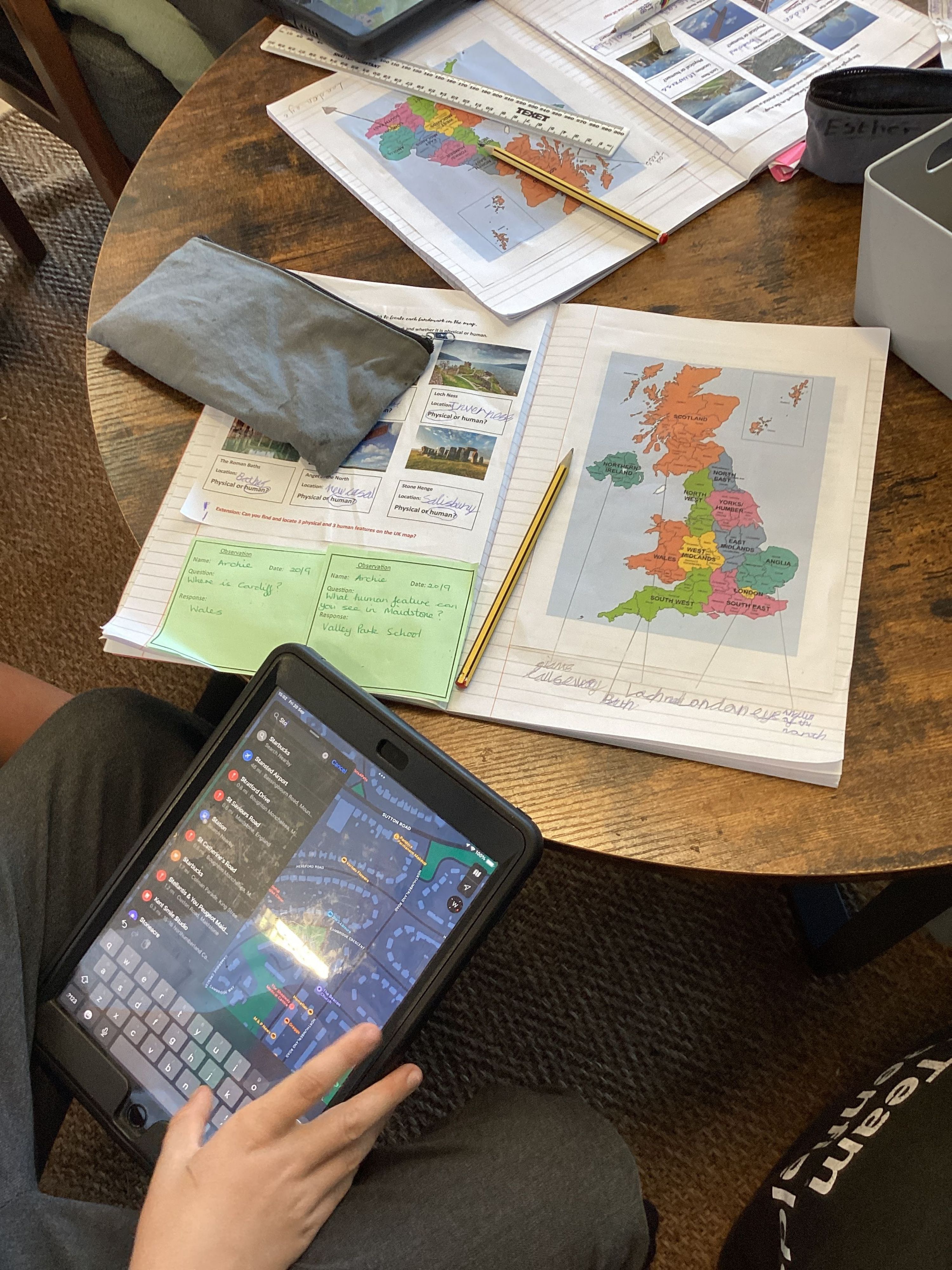
Map skills
Next, we focused in on the capital city of London. We used our knowledge of physical and human features and map skills to locate landmarks across London. We then researched facts about them.
We looked at countries in Europe, completing a scavenger hunt to research facts and locate different countries. We then, focused on Italy, and its capital city - Rome. We used our knowledge of landmarks and map skills to 'build Rome' in our classroom! We used google maps to locate these accurately around the River Tiber. Finally, to finish our topic we compared Rome to London.
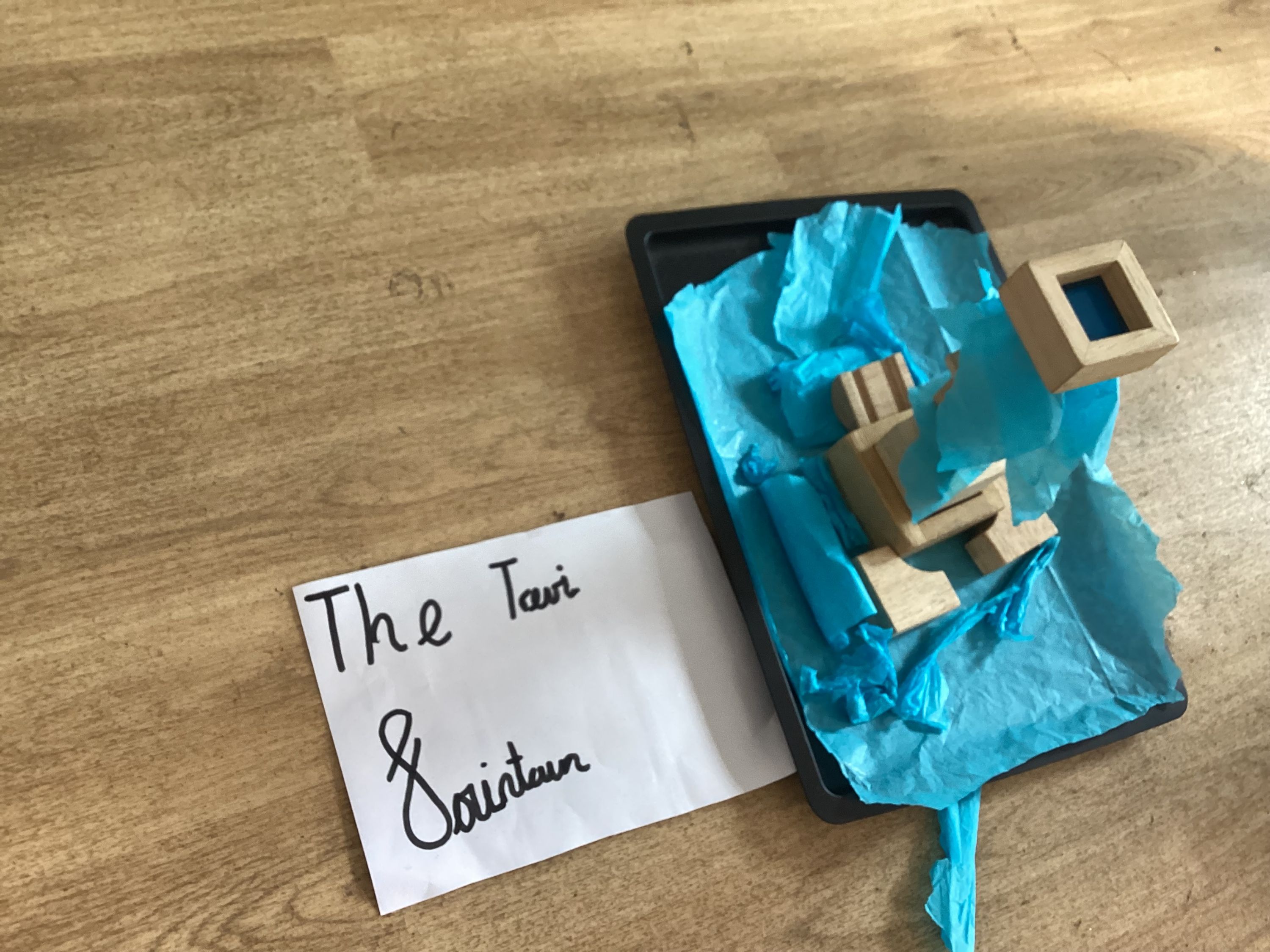
Science
Learning Experience 1 - Forces
We are starting Year 4 by diving into the exciting world of forces! Sycamore Trees will learn about the different types of forces like gravity, friction and magnetism. Through a variety of experiments, we will discover how forces make things move and stop and why they are so important in our world. We will begin by investigating what magnets attract and repel and classifying materials based on their magnetic properties. We will then explore how friction on different surfaces can slow things down. Finally, we will look at gravity, investigating how this invisible force pulls things back to the ground and the types of friction (air resistance and water resistance) that effects this.
Are all metals magnetic?
We have been learning about magnetism. Through exploration, we found that only metals were magnetic. We then investigated this further discovering that metals like copper and aluminum are not magnetic, while objects made of iron, such as paperclips and nails, are!
How do different surfaces affect the amount of force needed?
We used force meters to measure the amount of friction created by each surface.
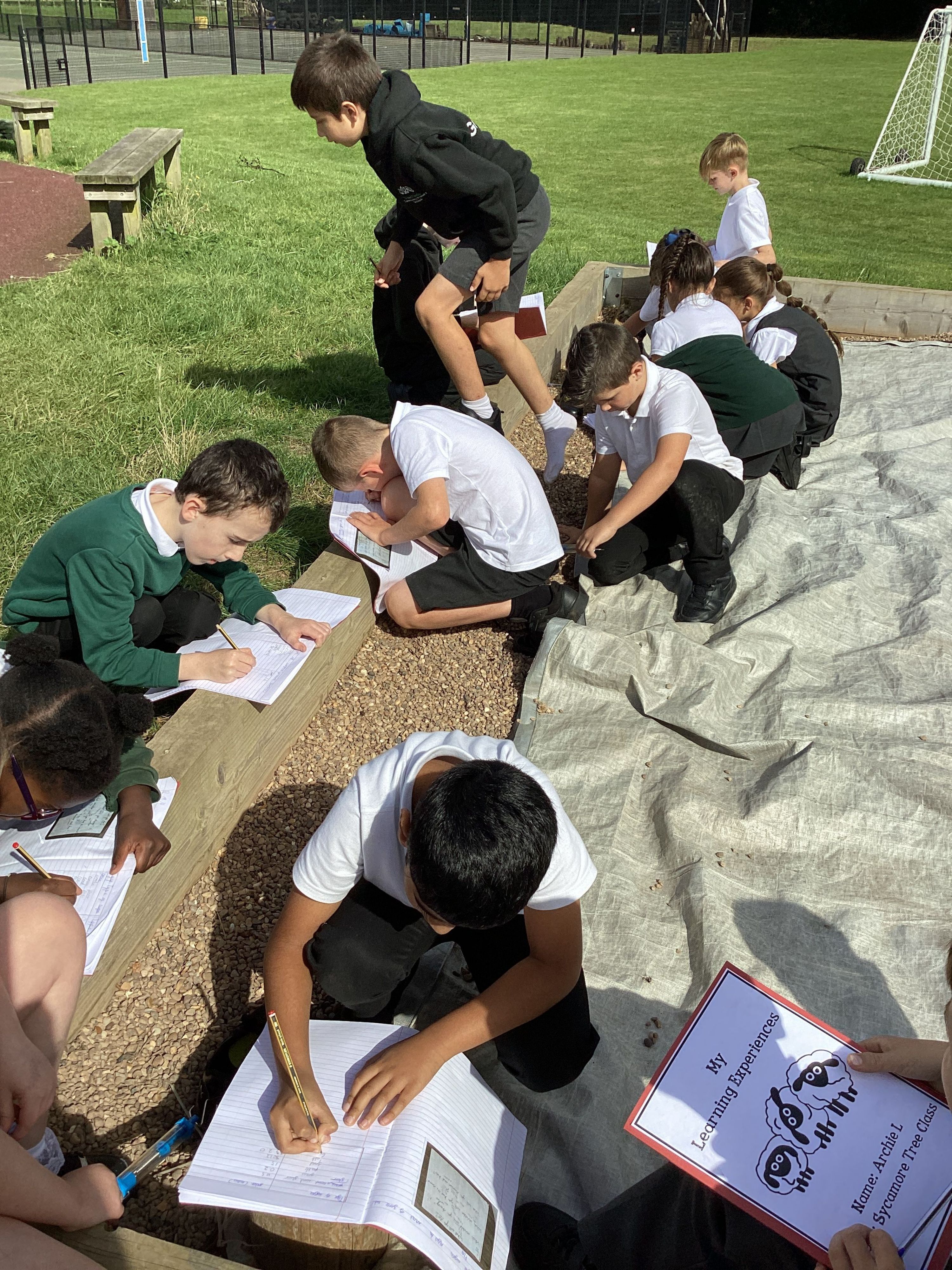
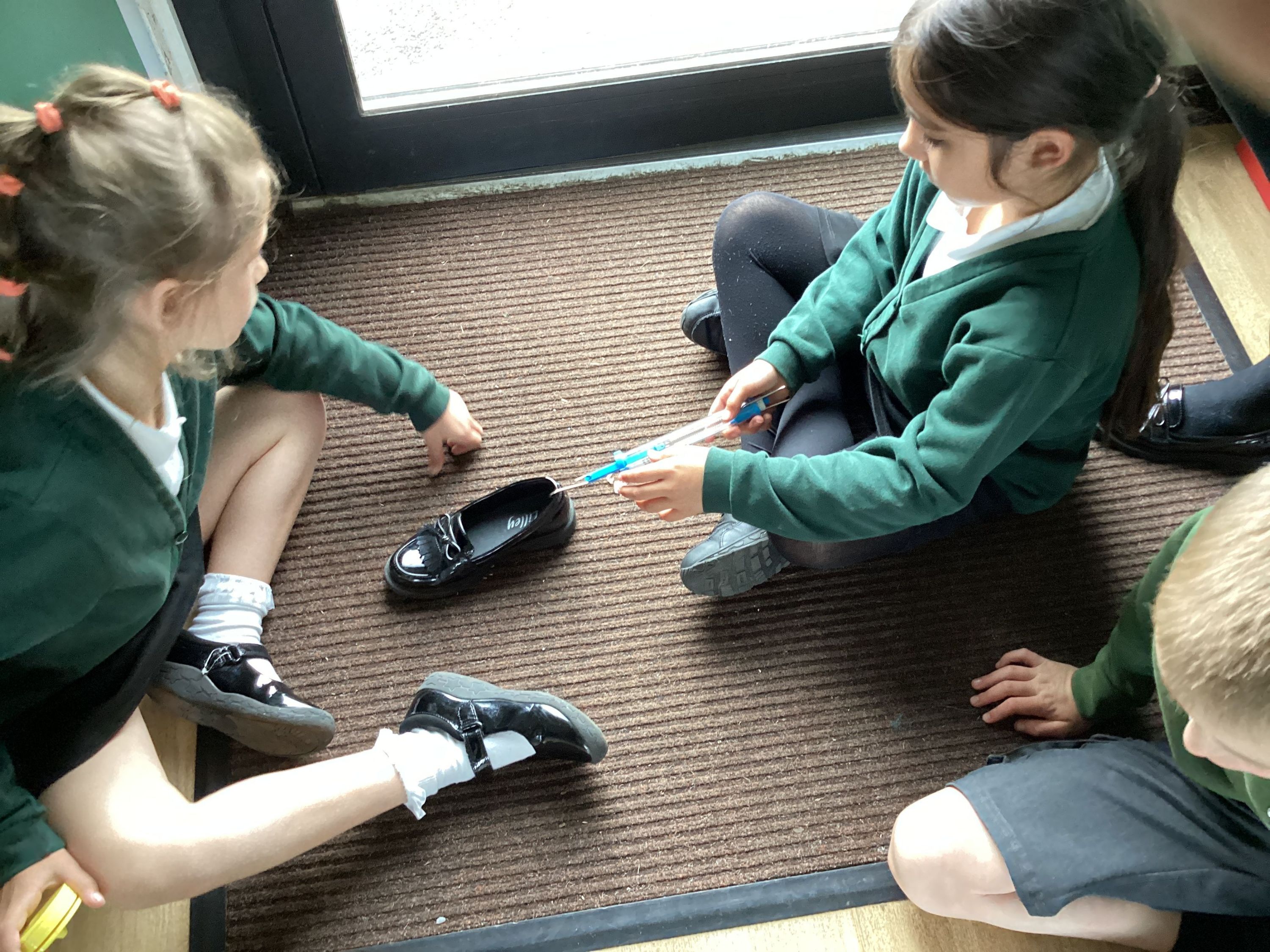
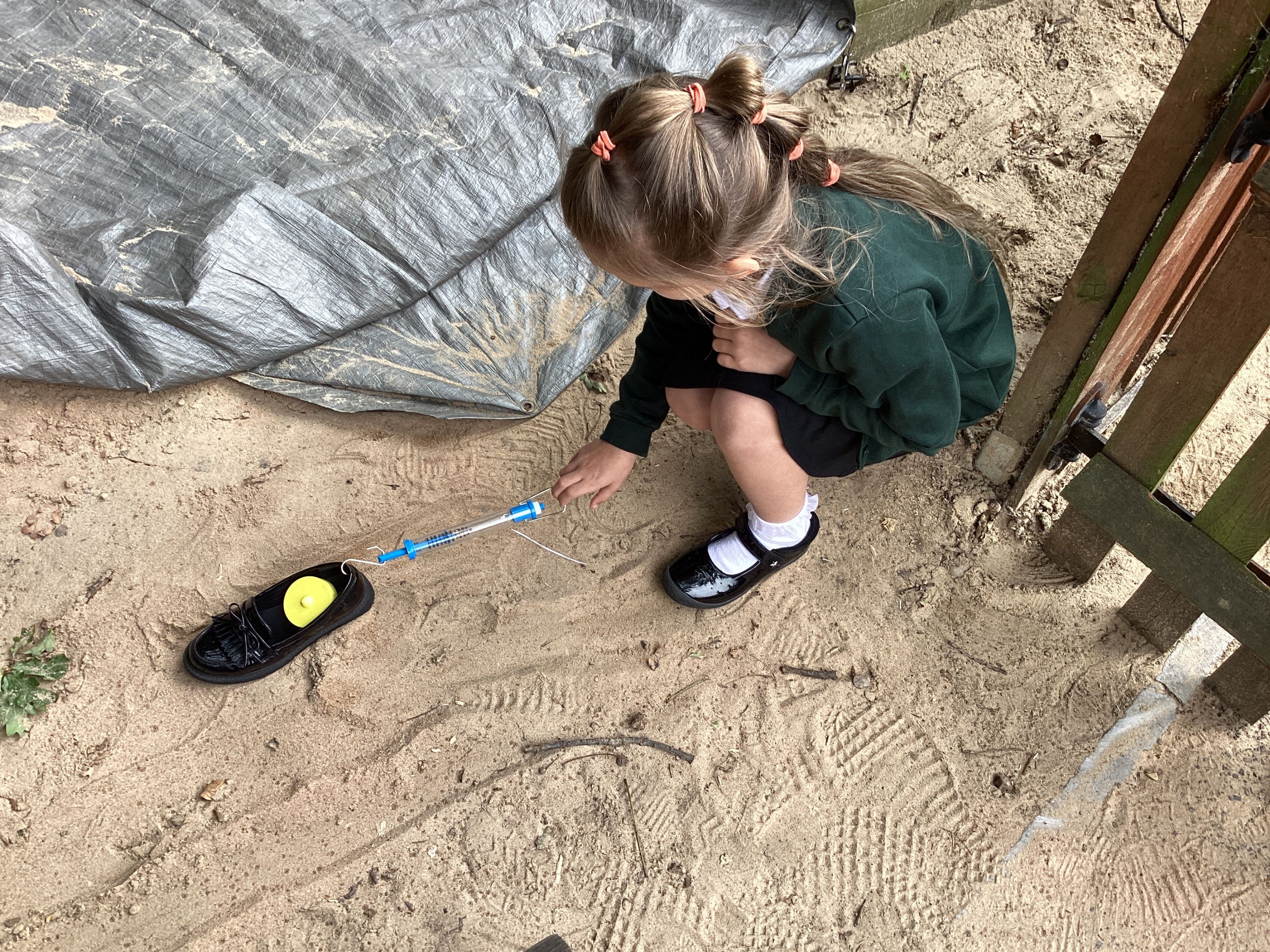
Air resistance
What affects the rate a paper helicopter falls?
We learnt about gravity and air resistance by making our own paper helicopters. We observed how air resistance slowed down the helicopter as gravity pulled them to the ground. We also learnt that changing variables such as the weight, shape and size of the 'blades' can affect the amount of air resistance and rate it falls.
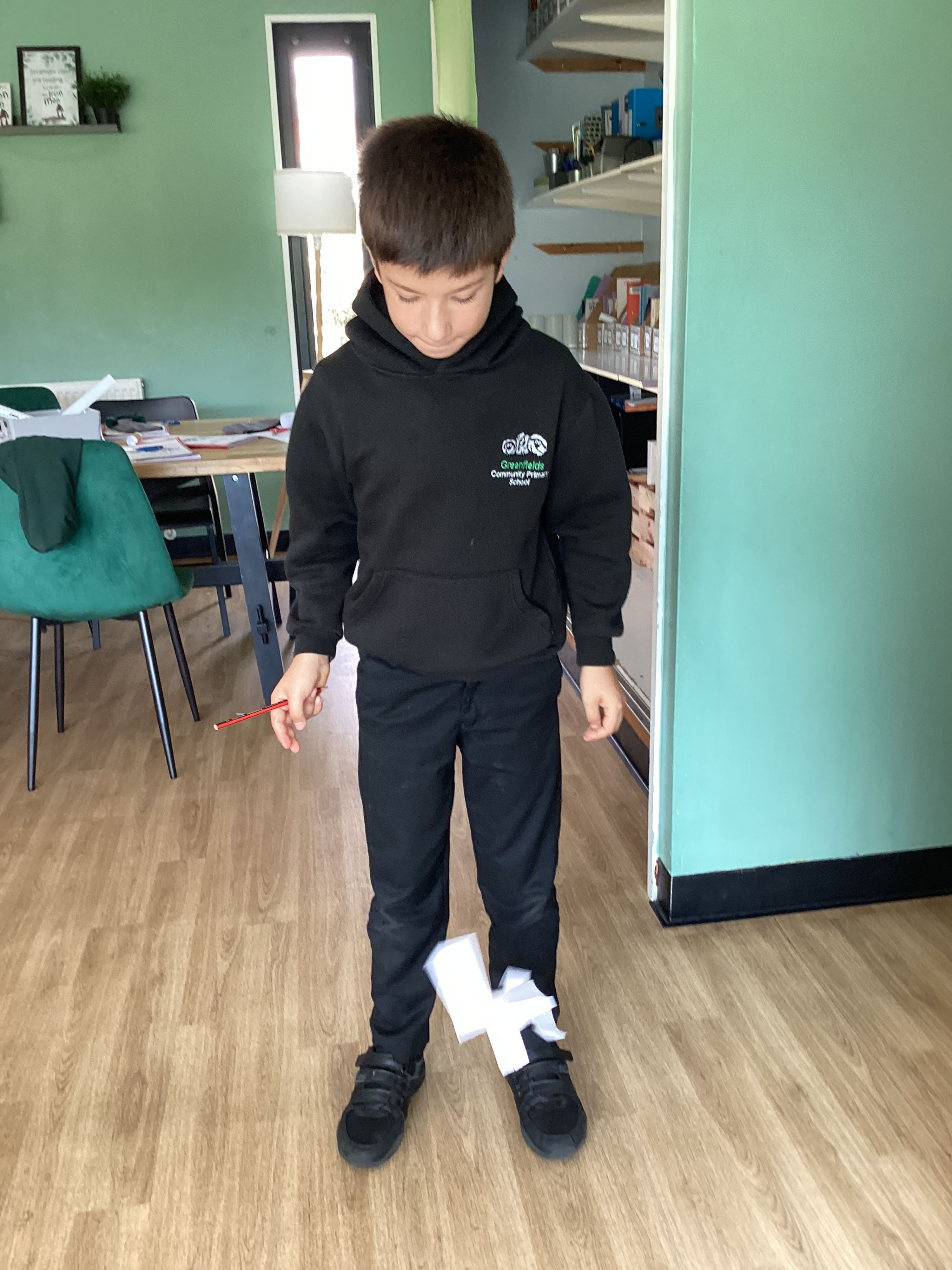
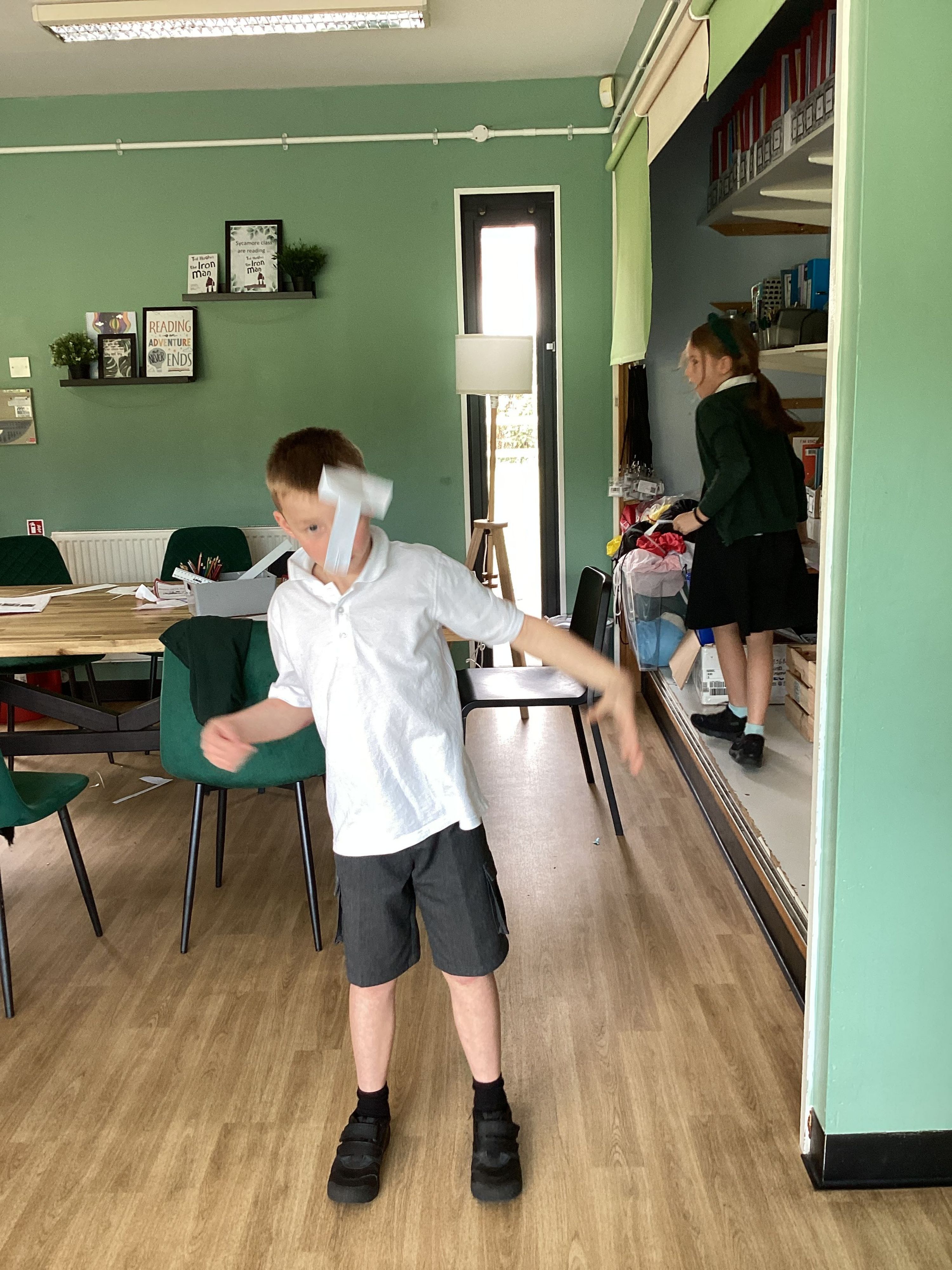
Water resistance
How does changing the shape of an object affect the rate it sinks?
We investigated a different type of friction (water resistance) by observing the rate each shape sank to the bottom. We kept the water, mass of the blu-tac and height the same, changing only the shape. We found the flat shape sank to the bottom the slowest because it had a larger surface area which created more water resistance against gravity.
